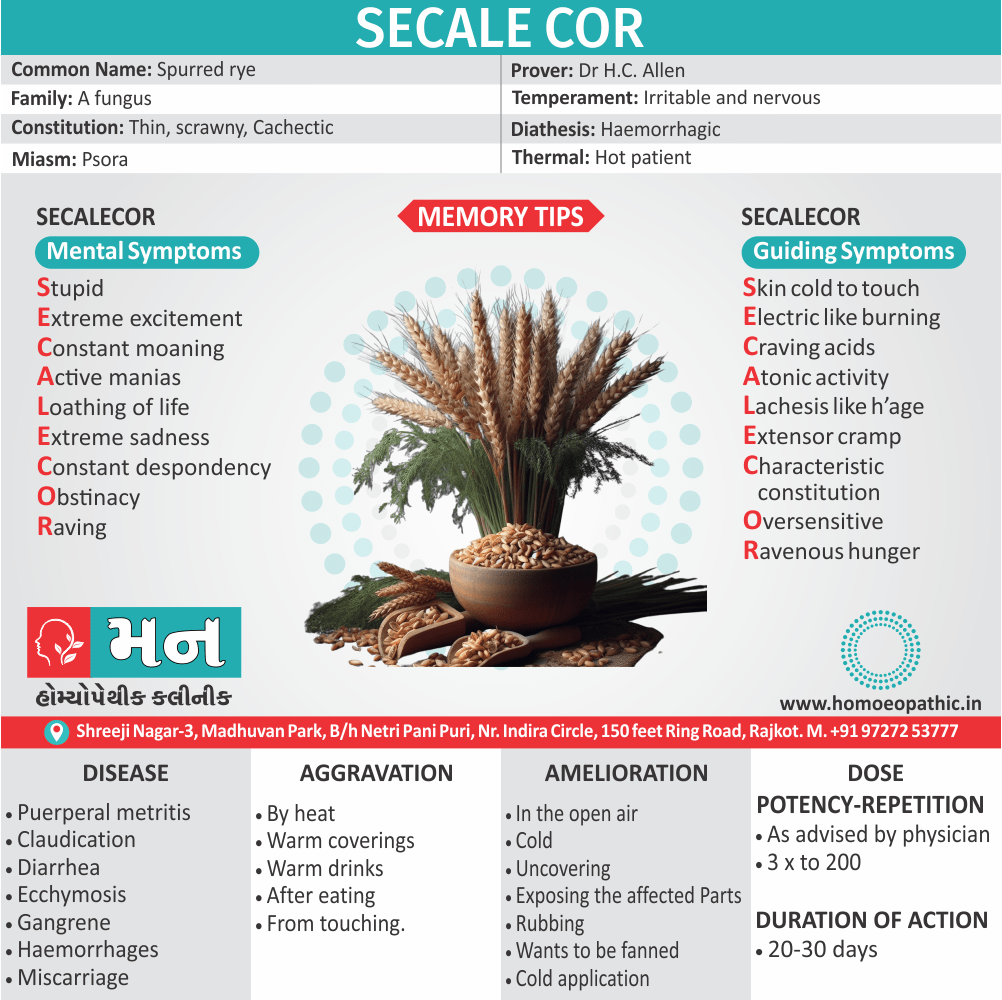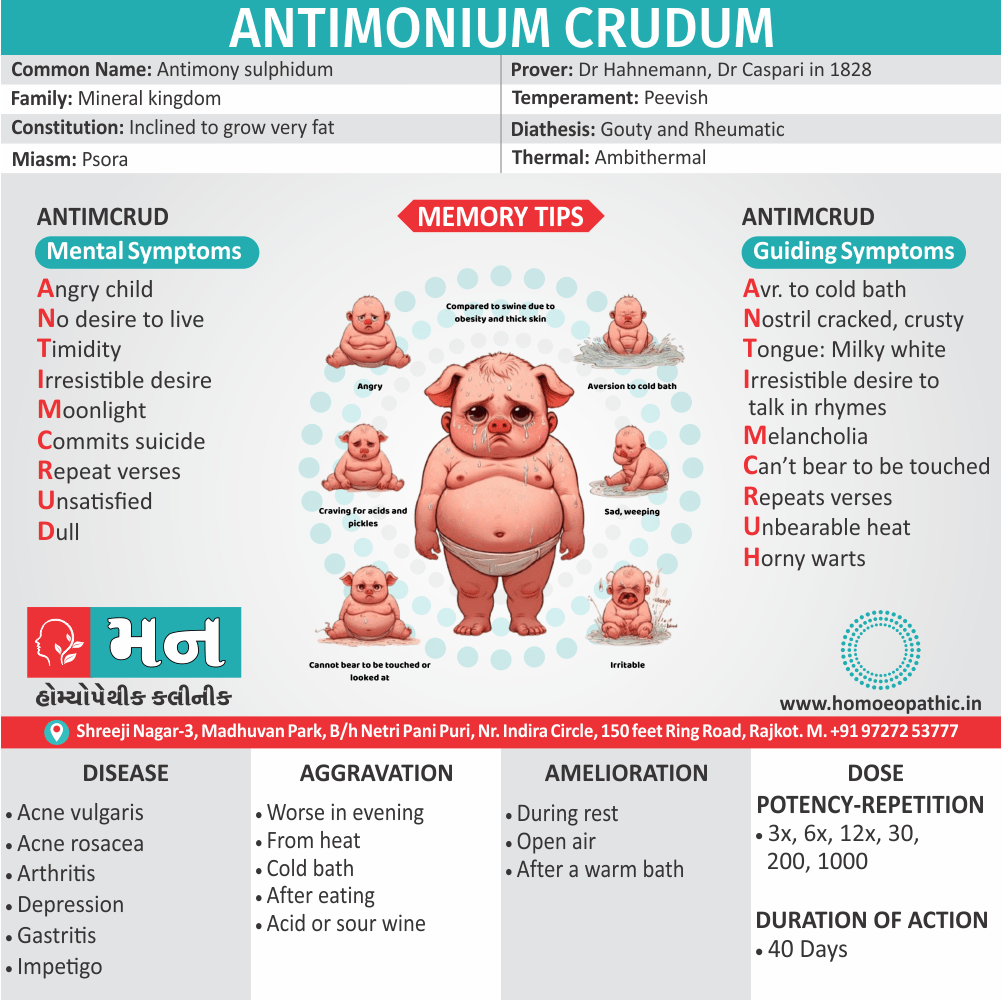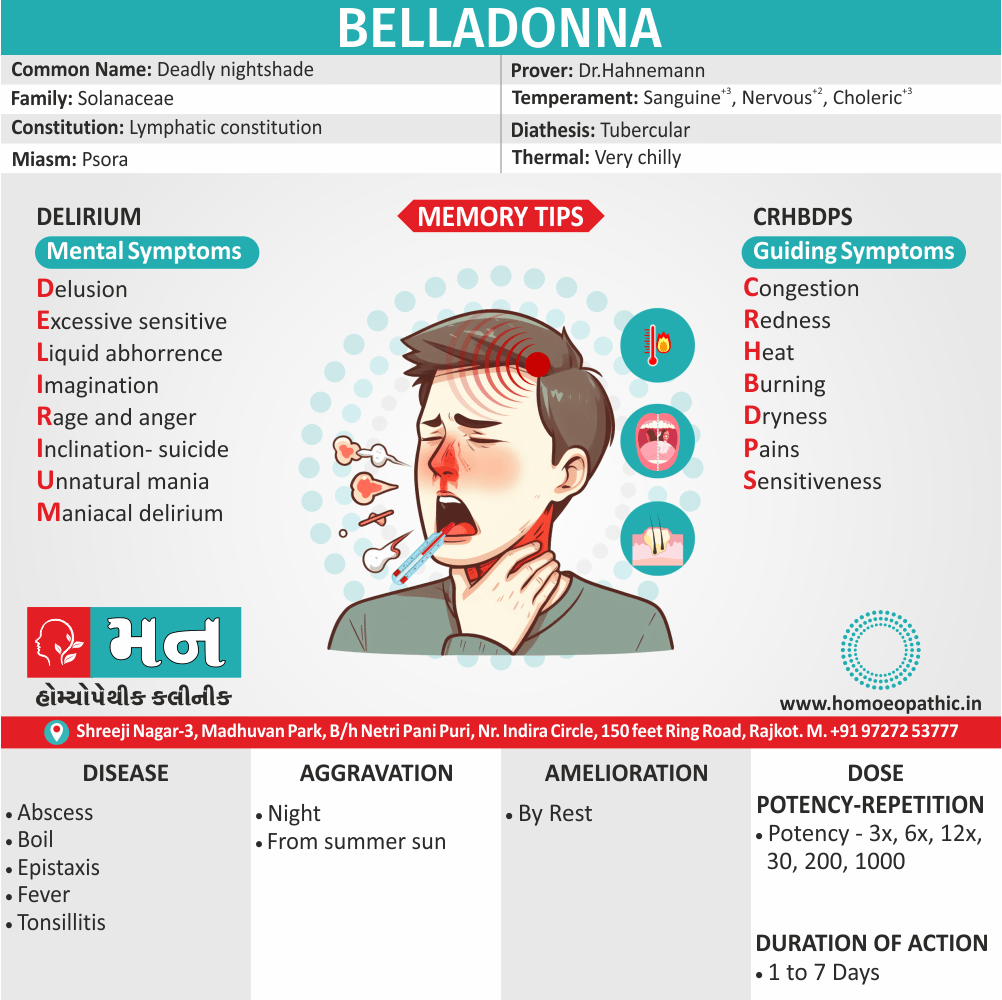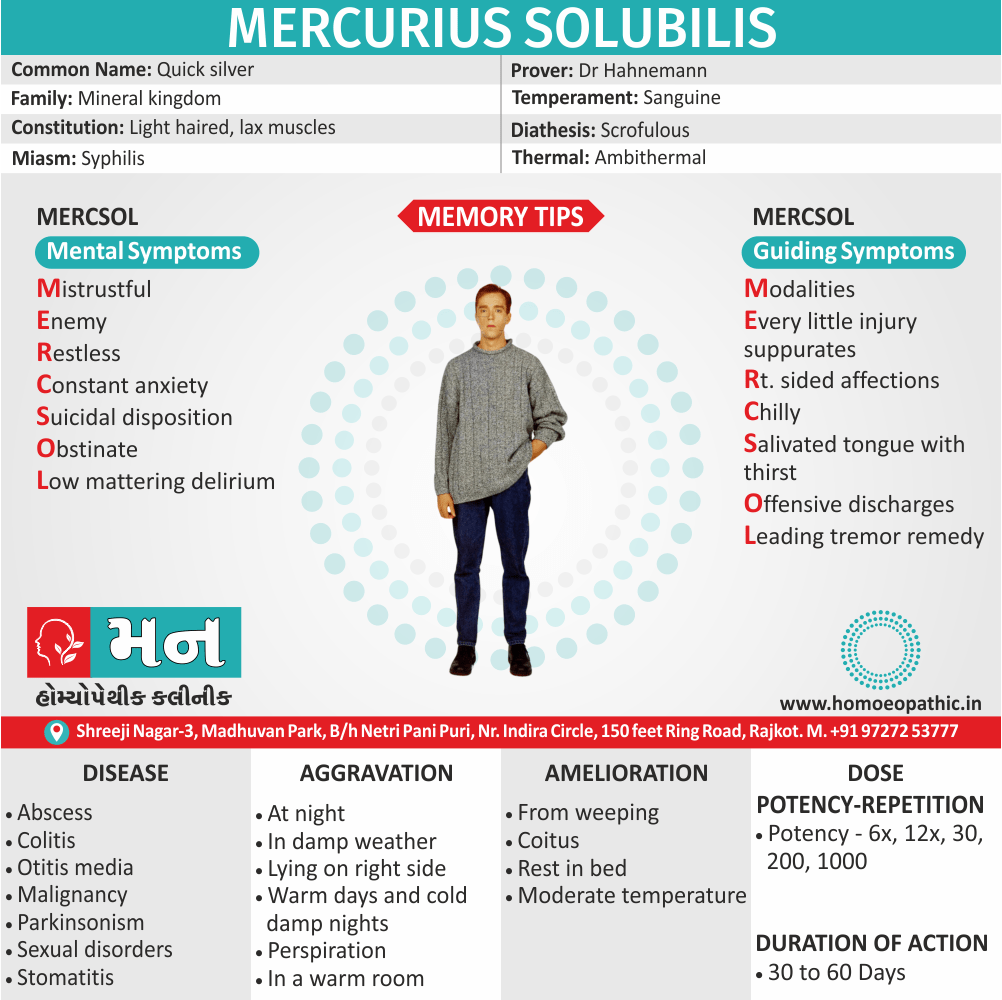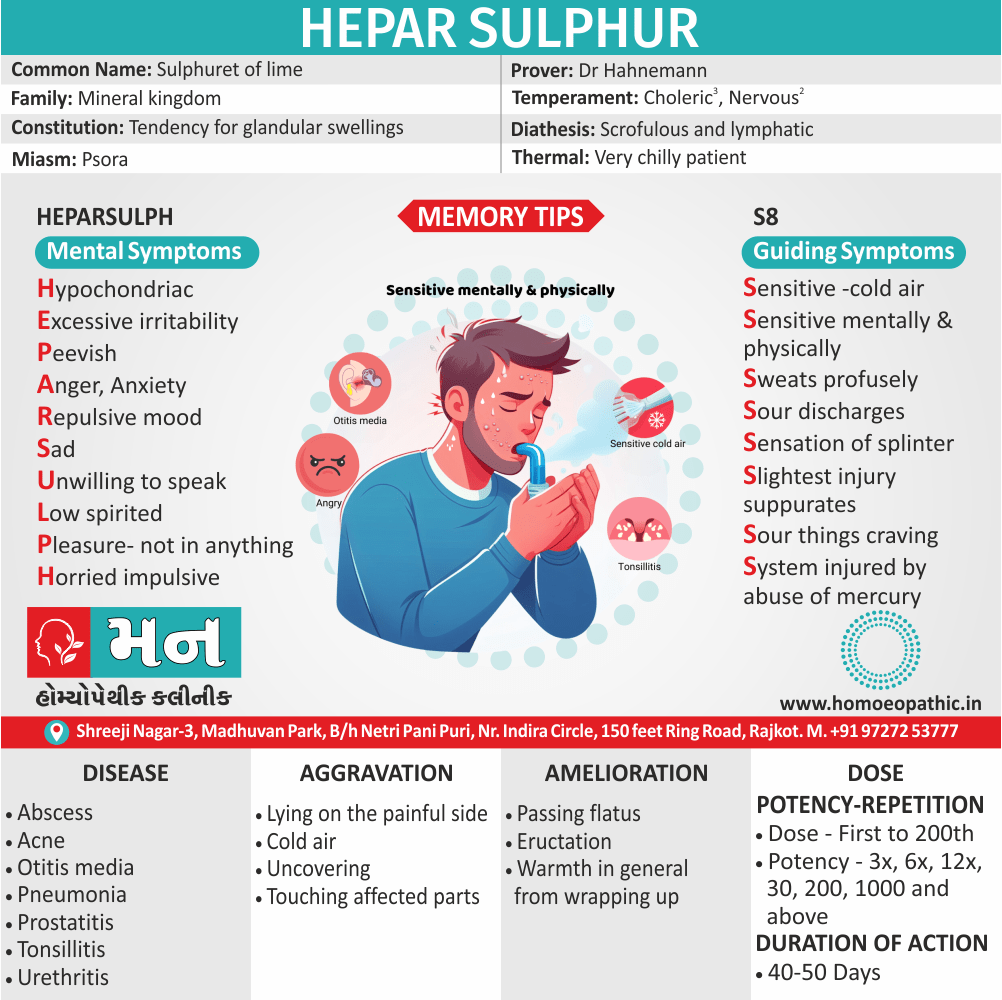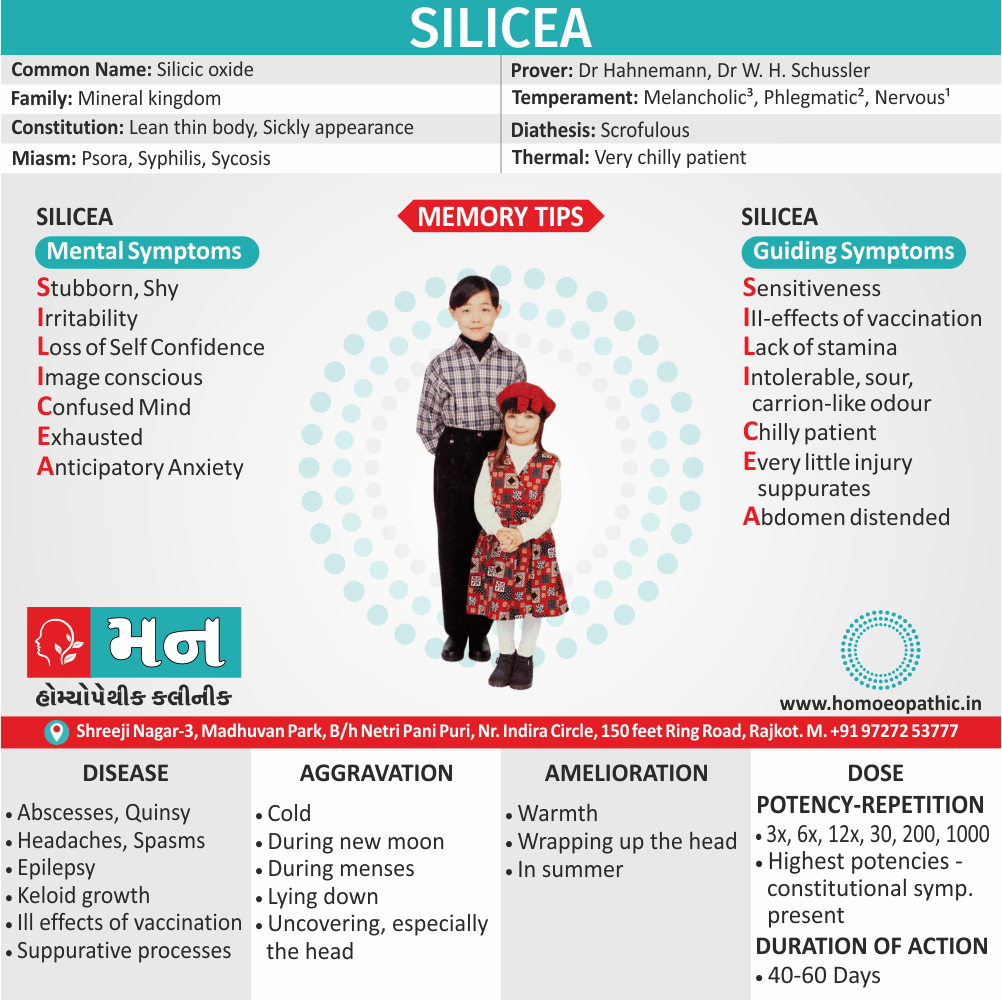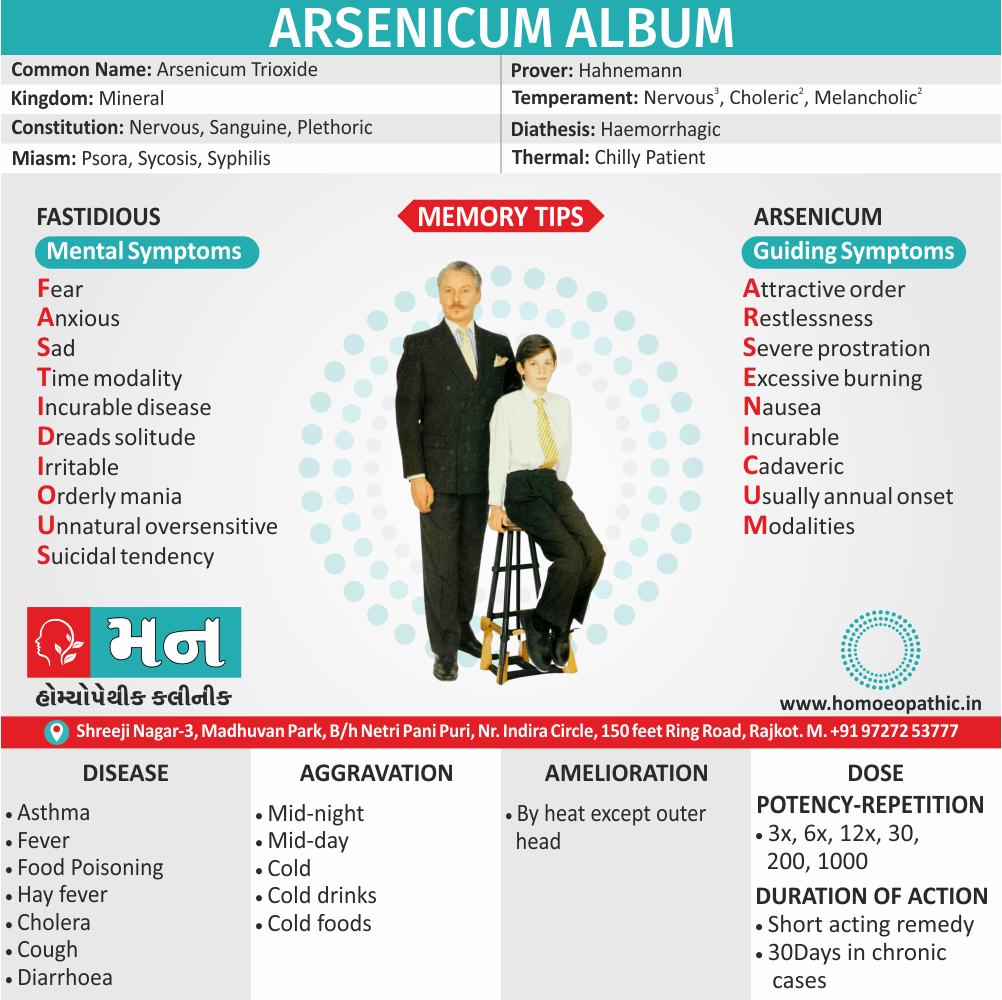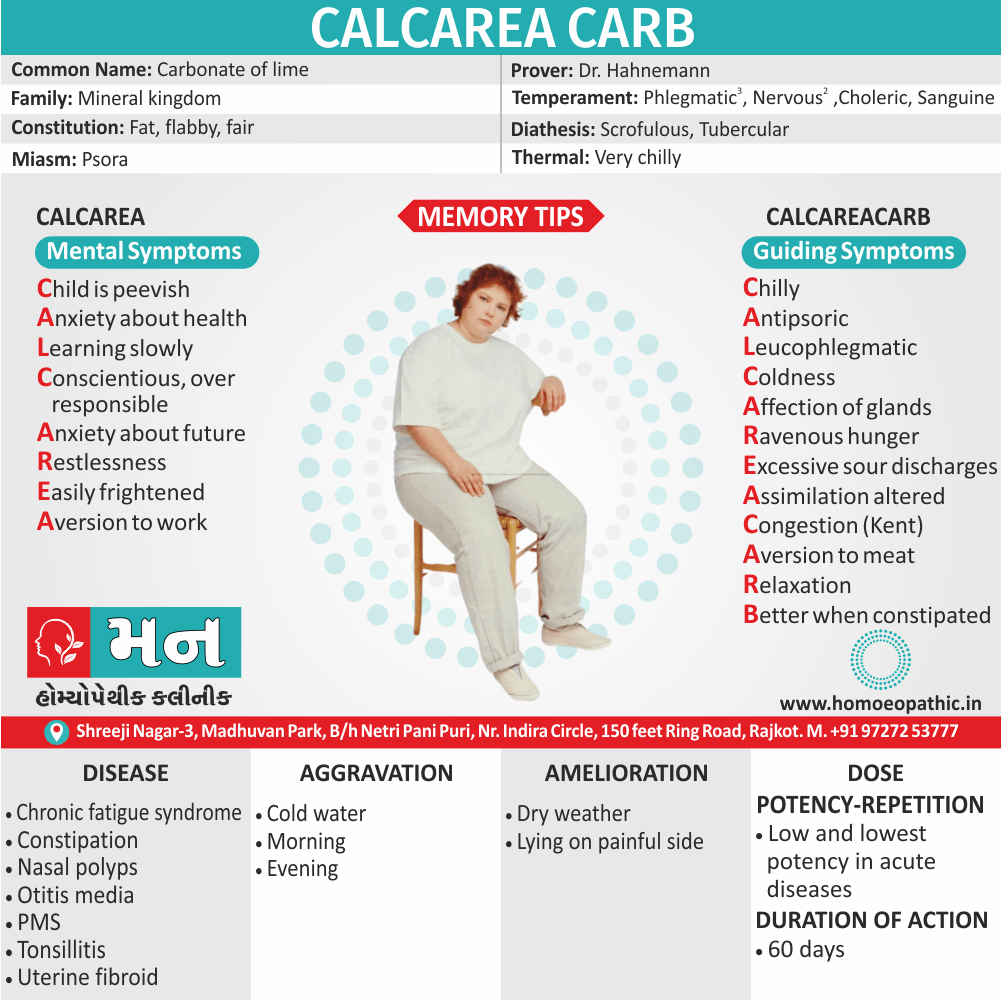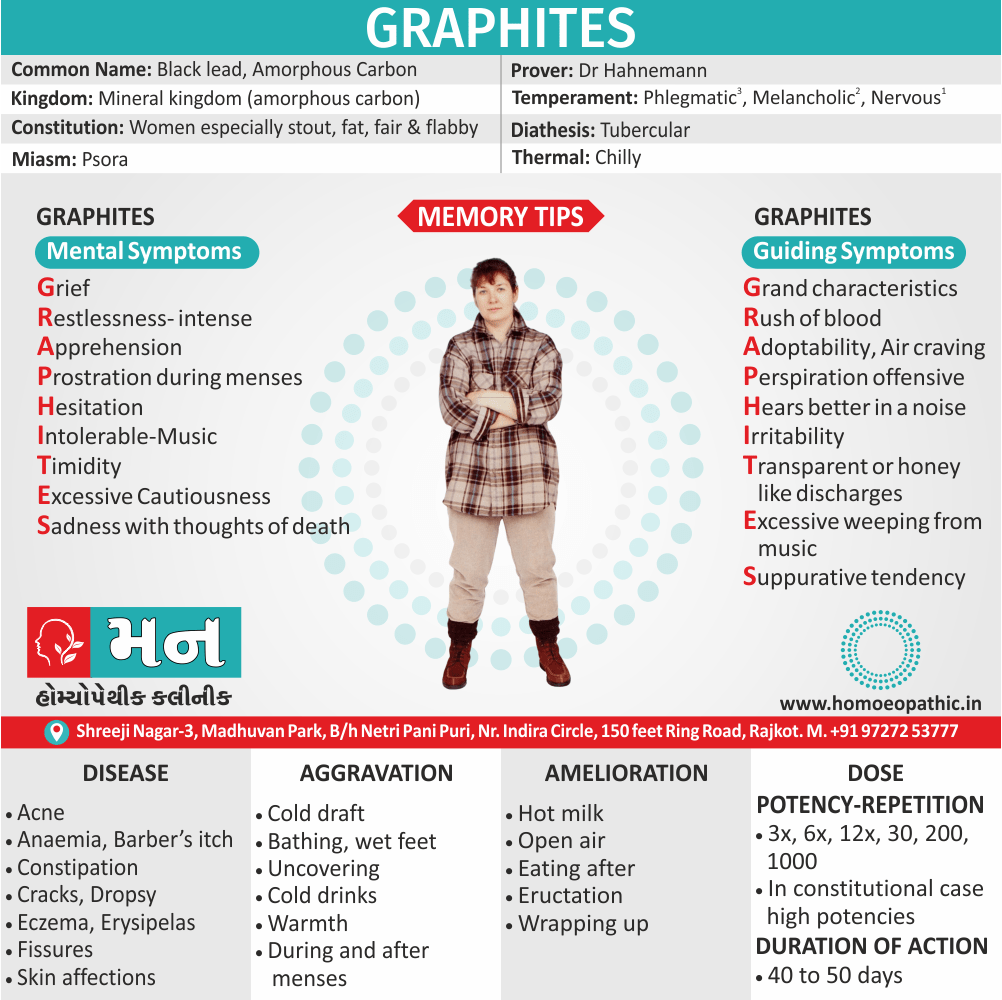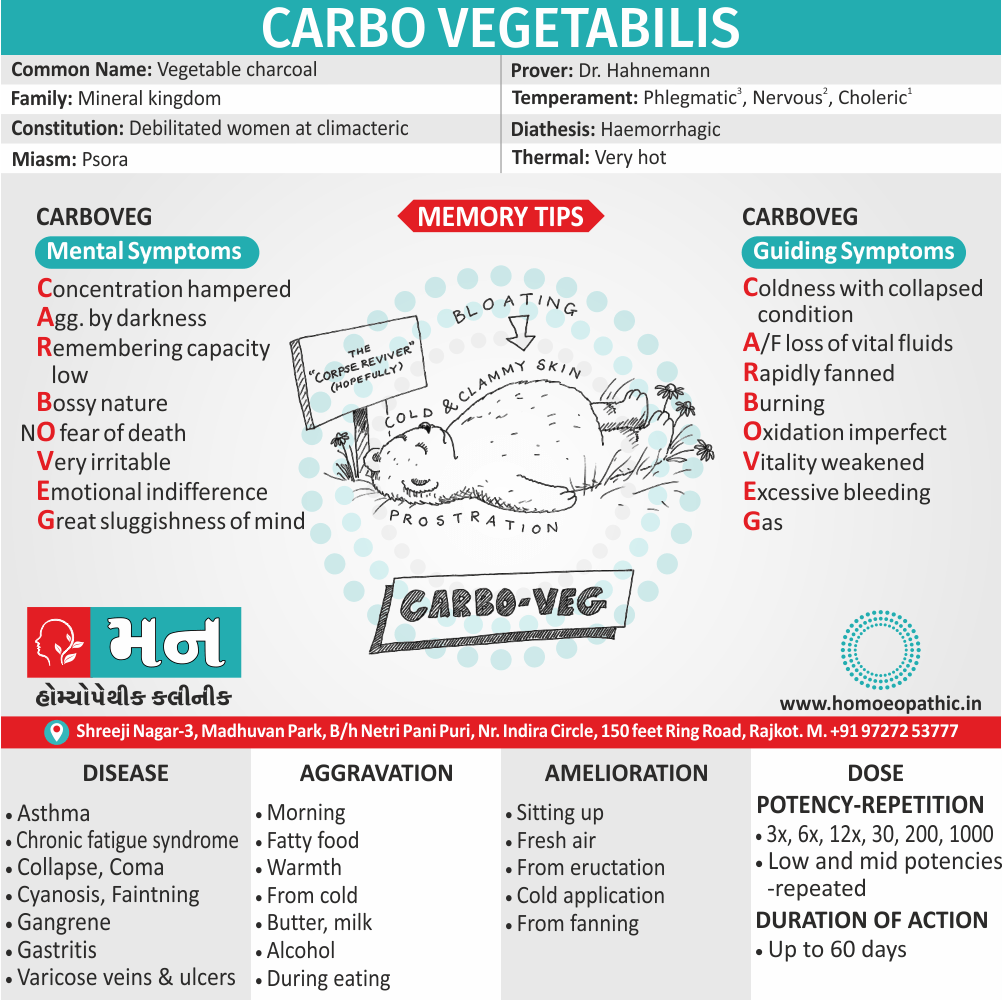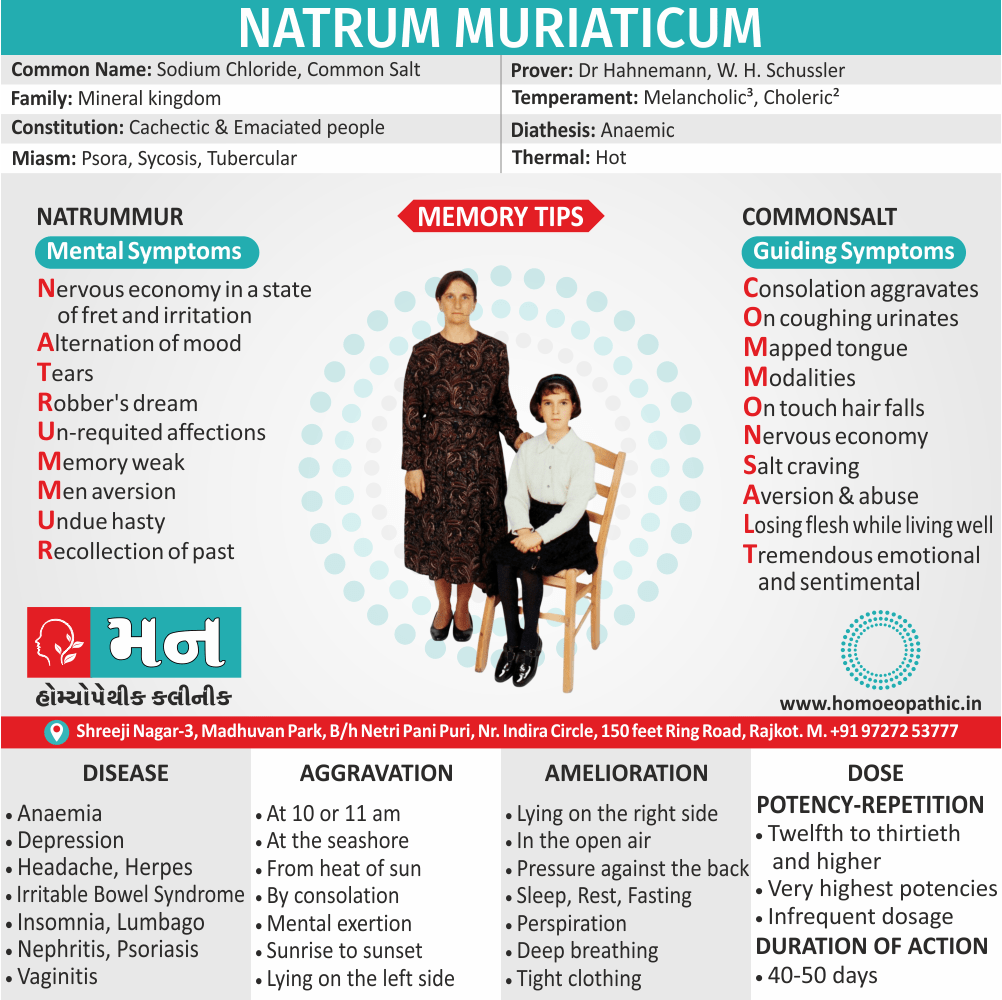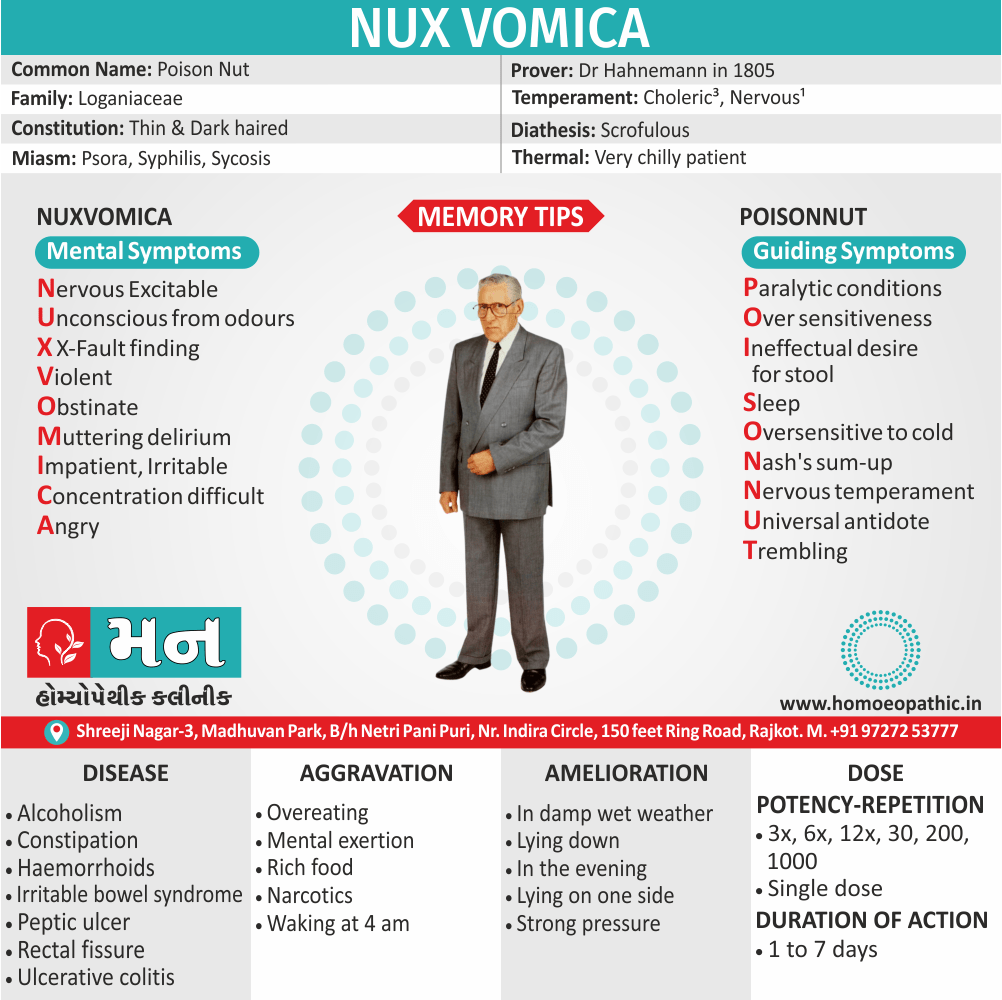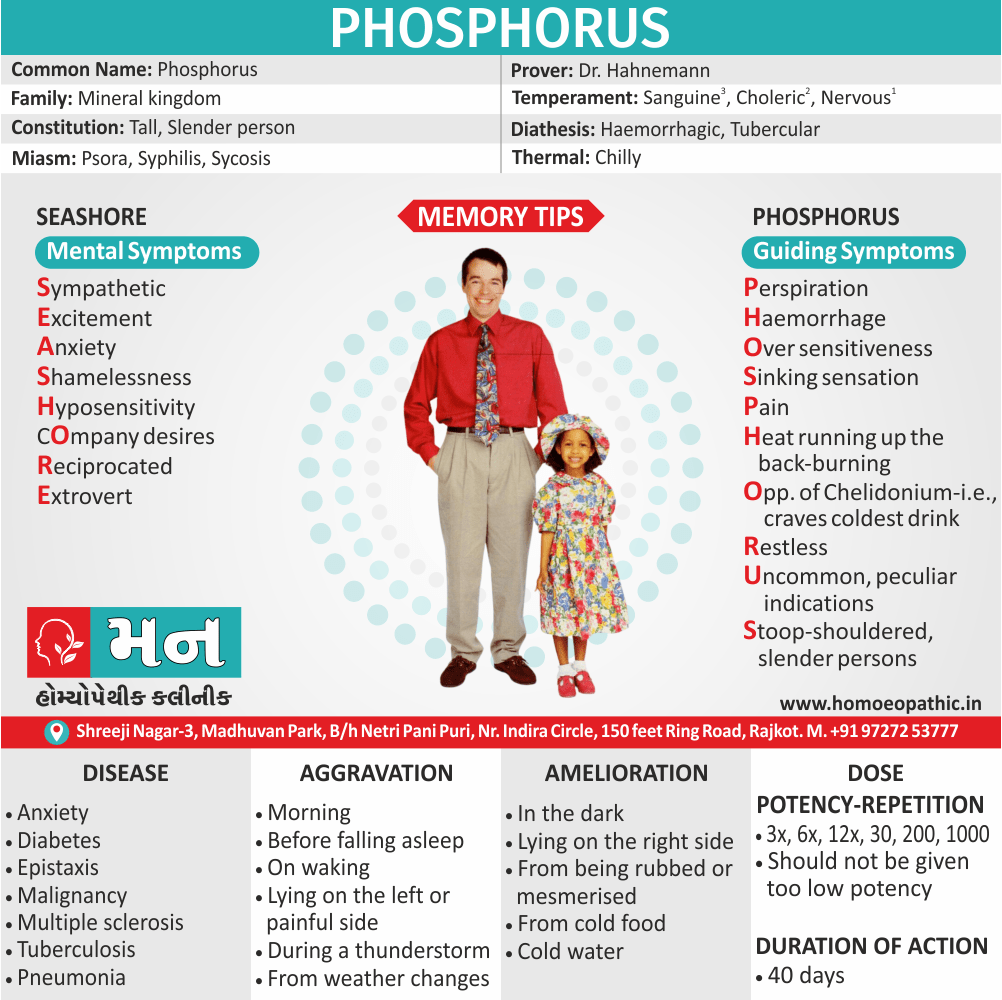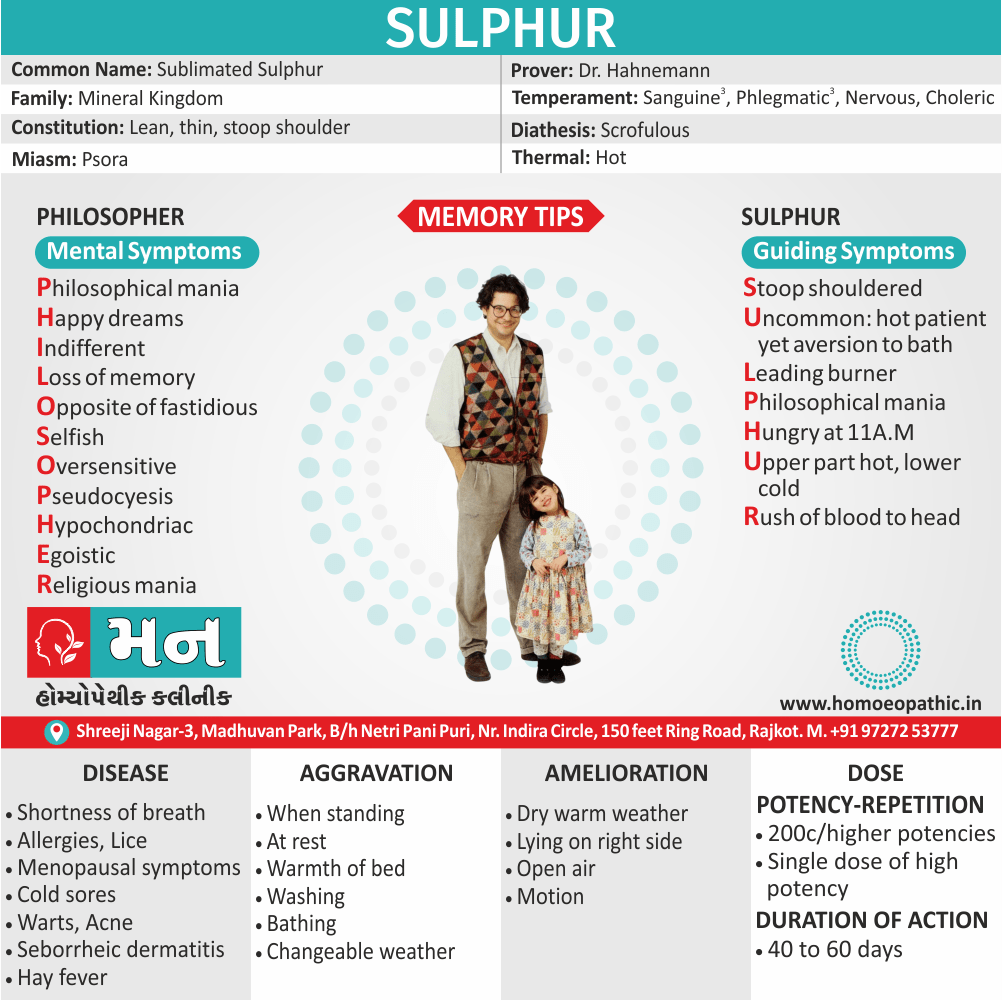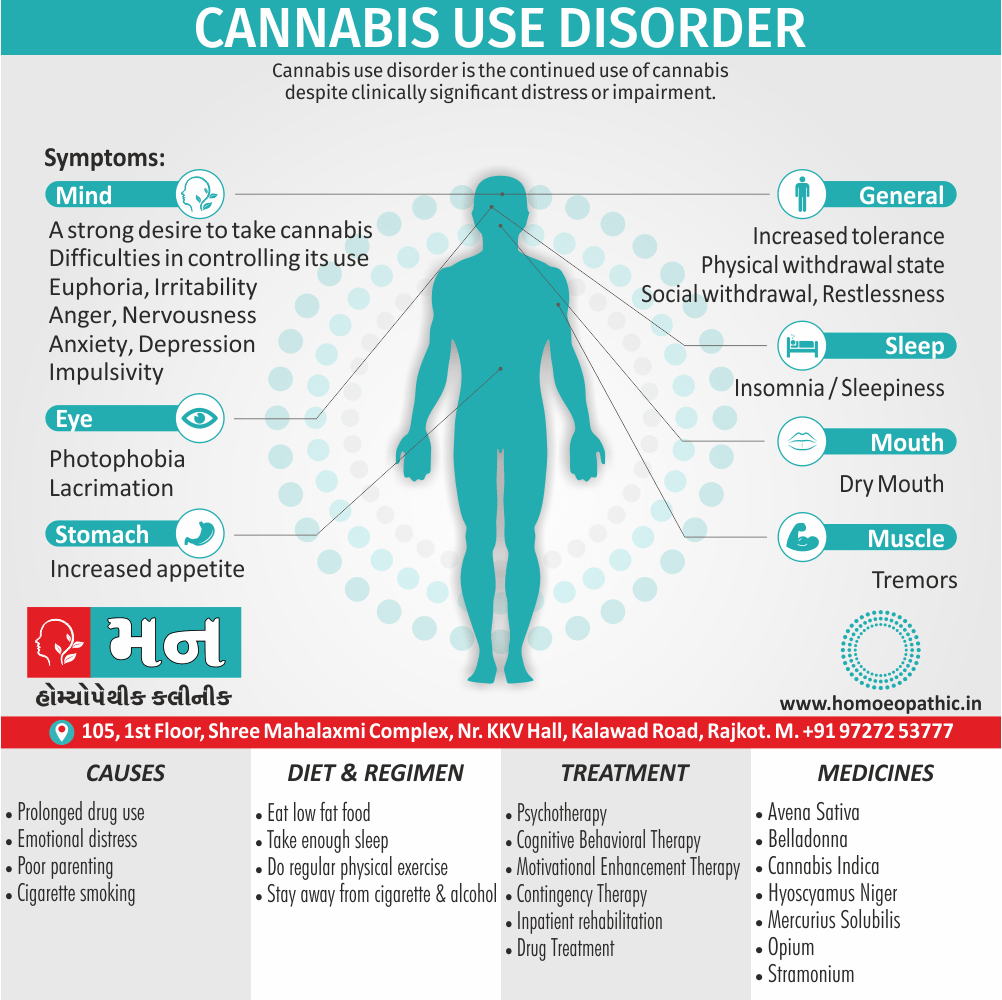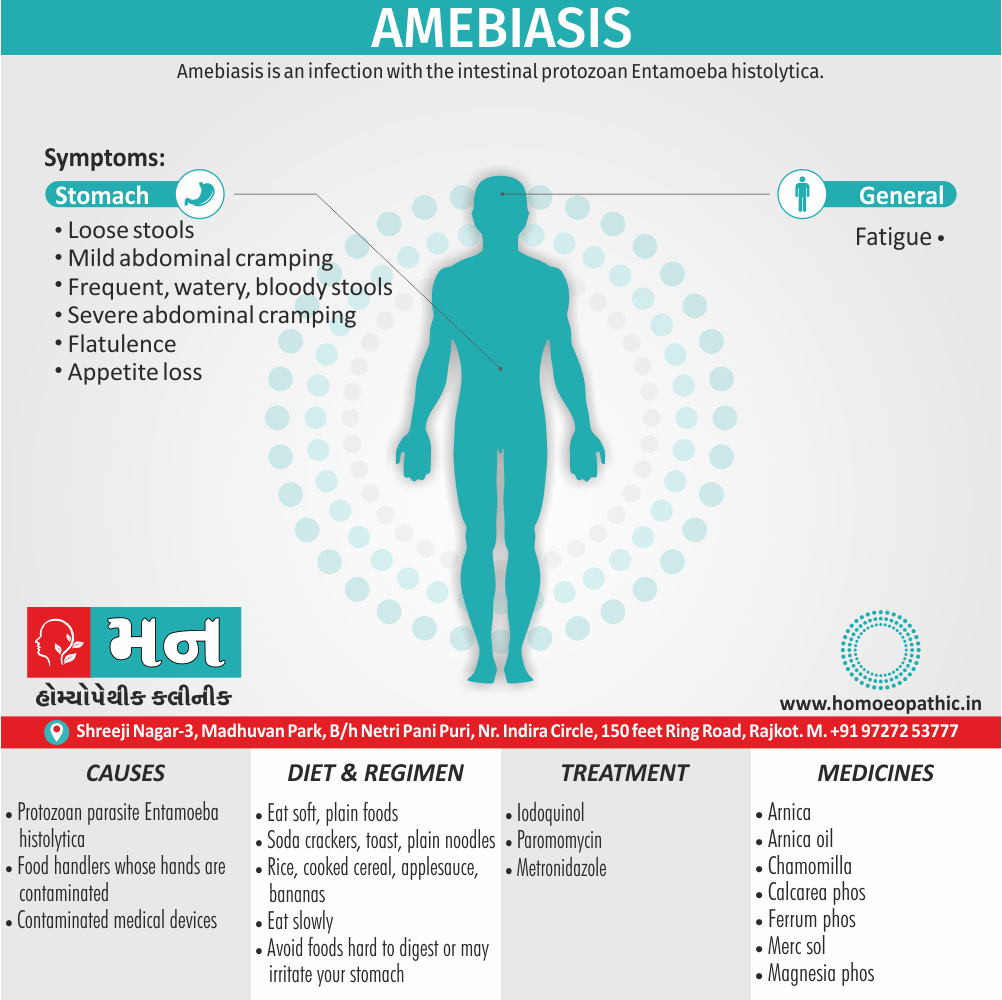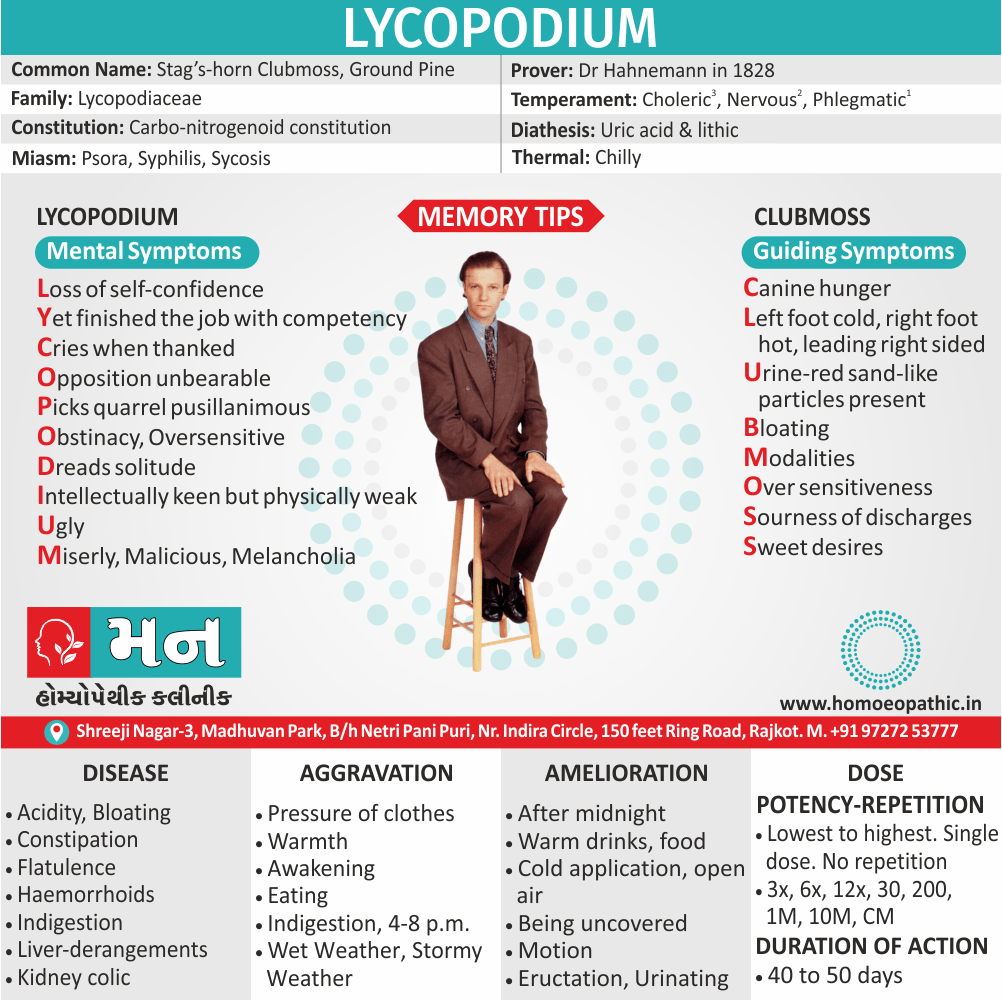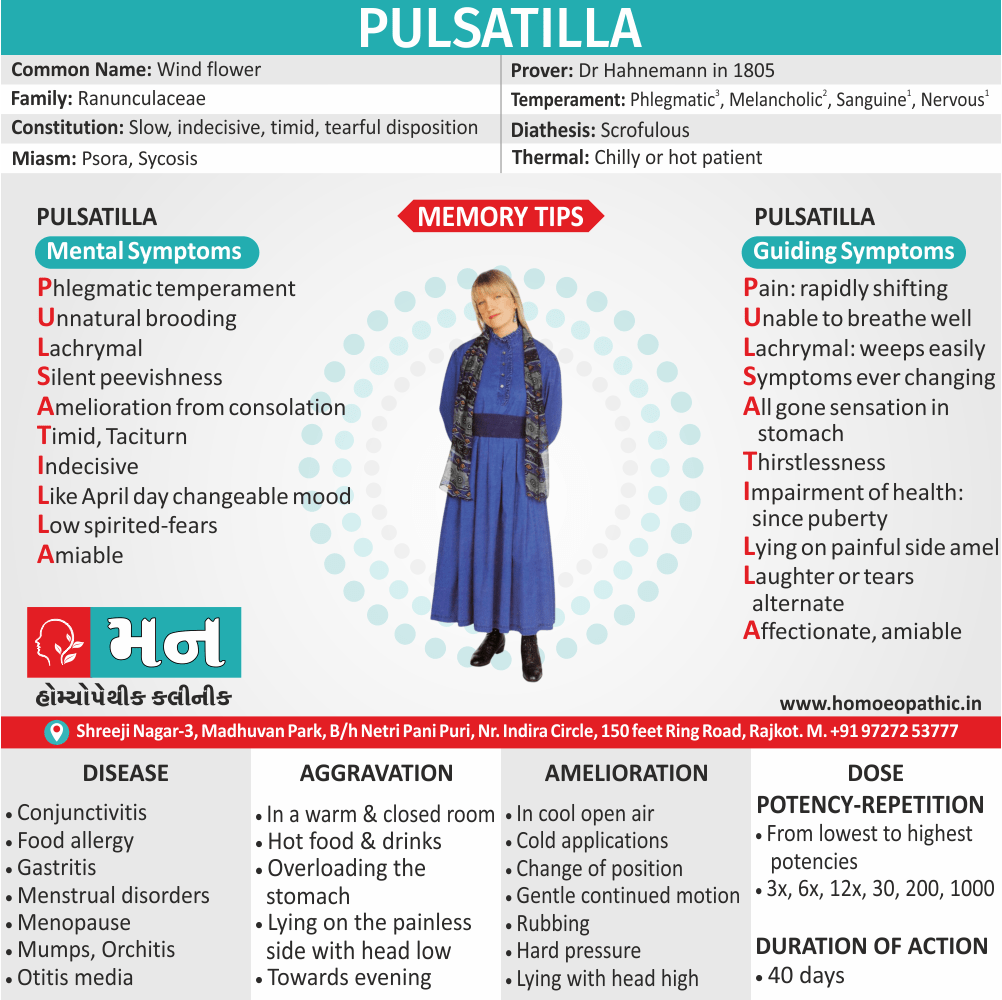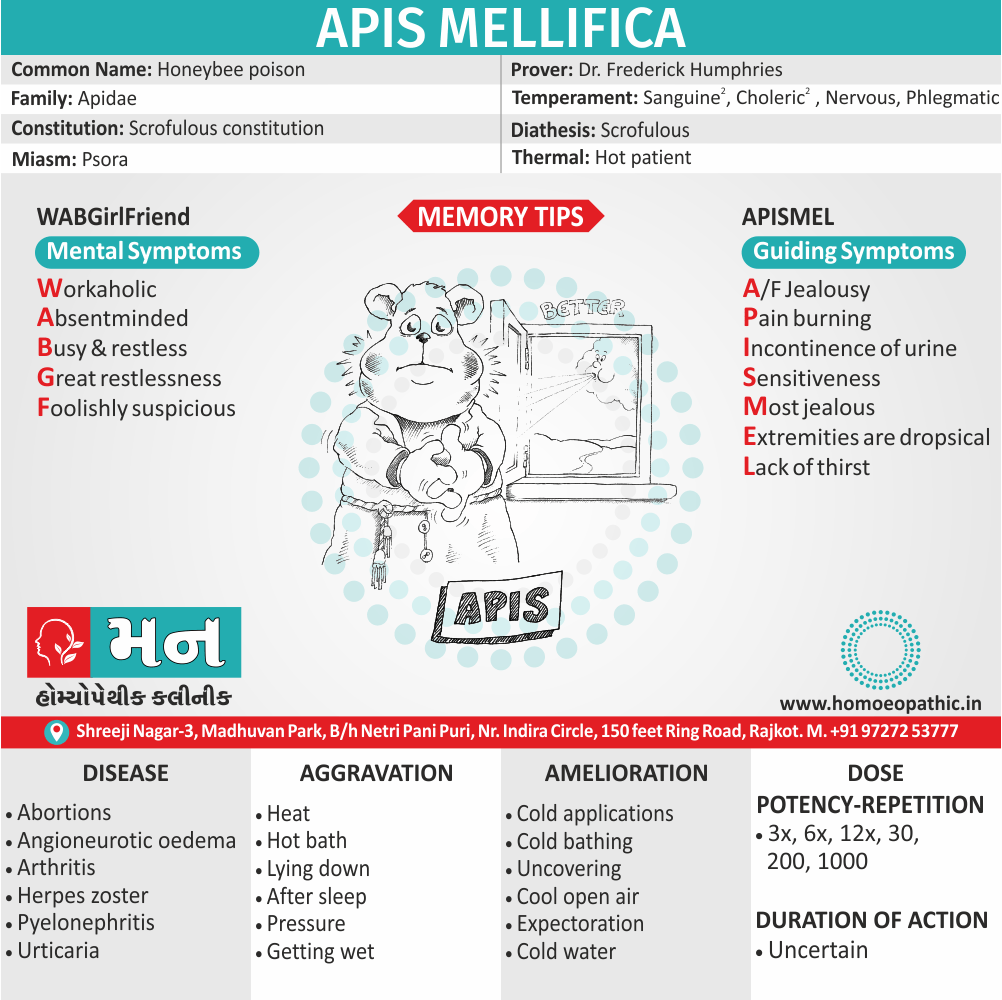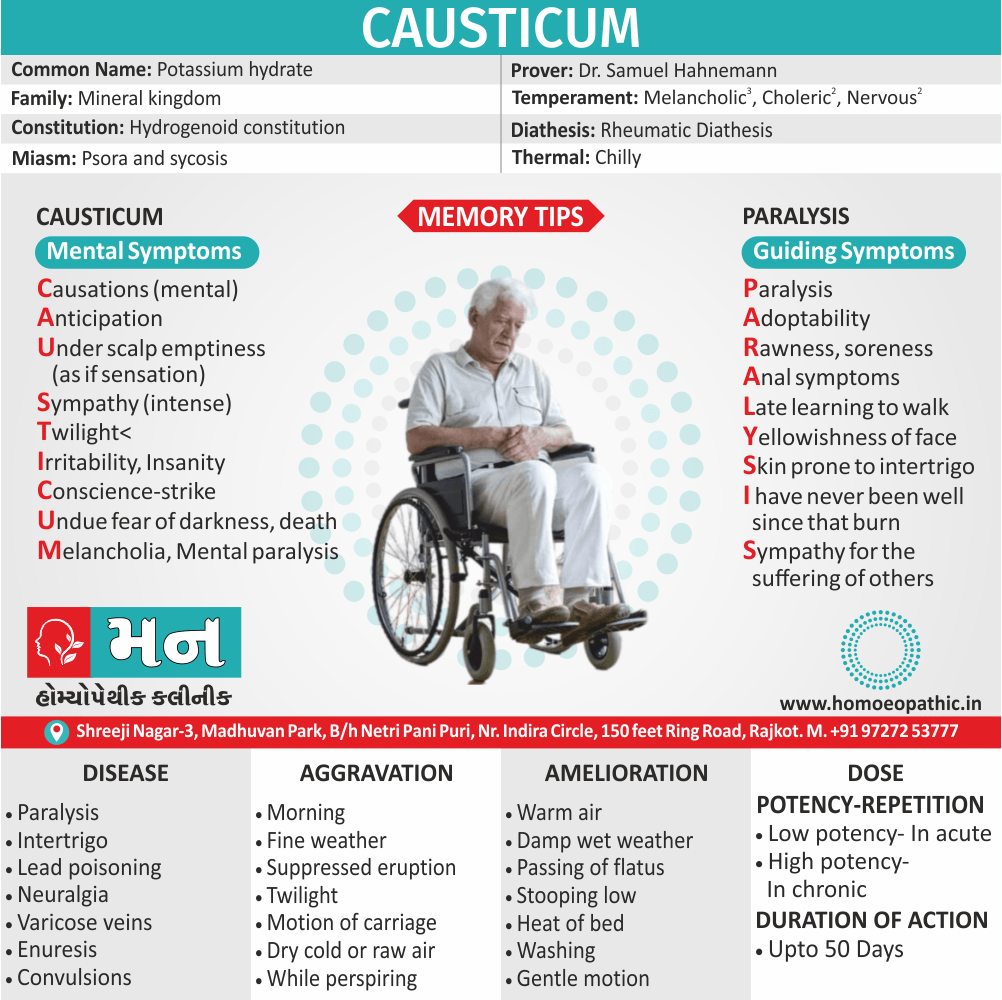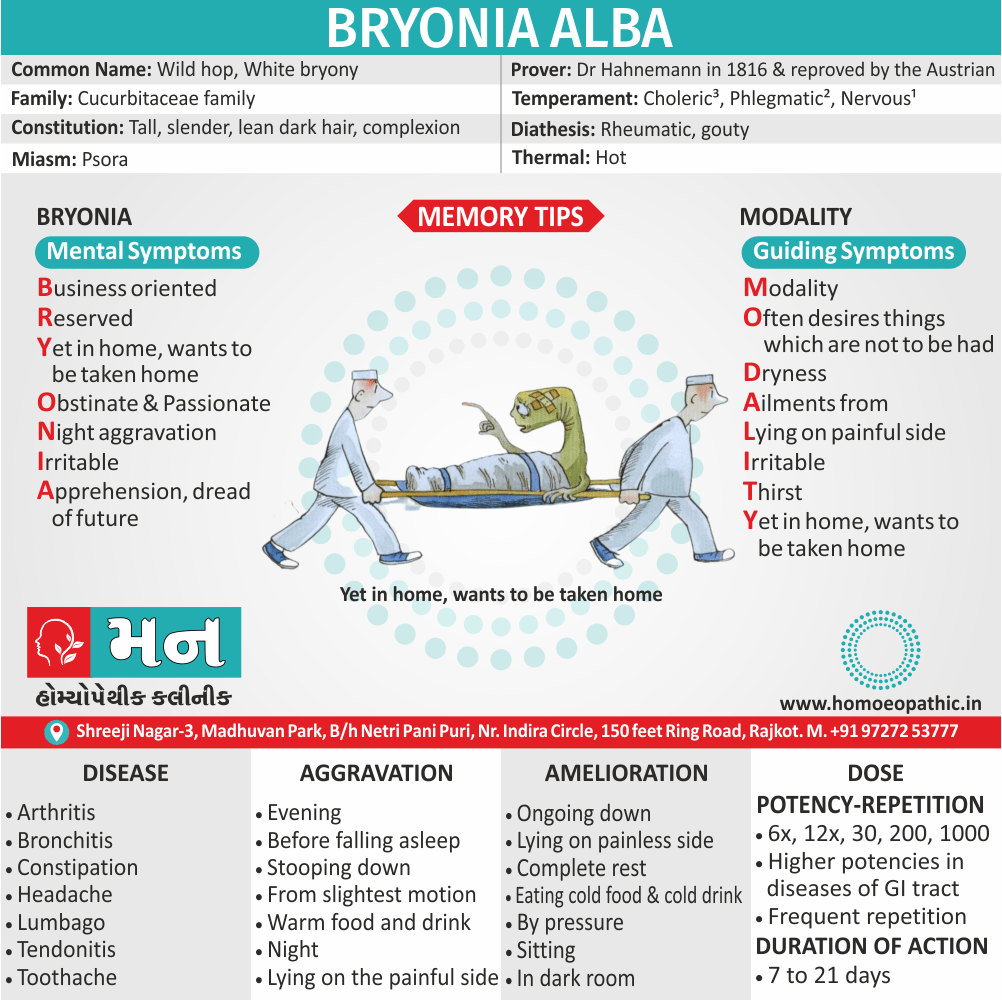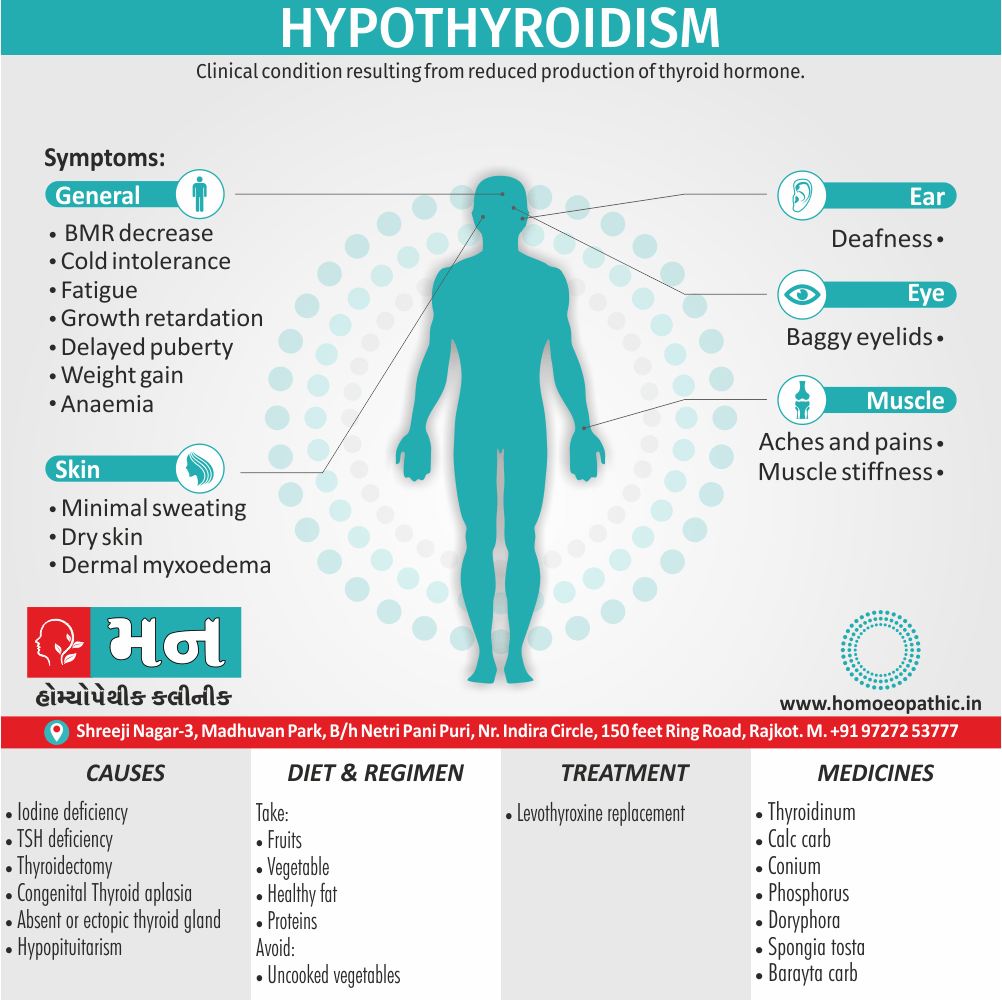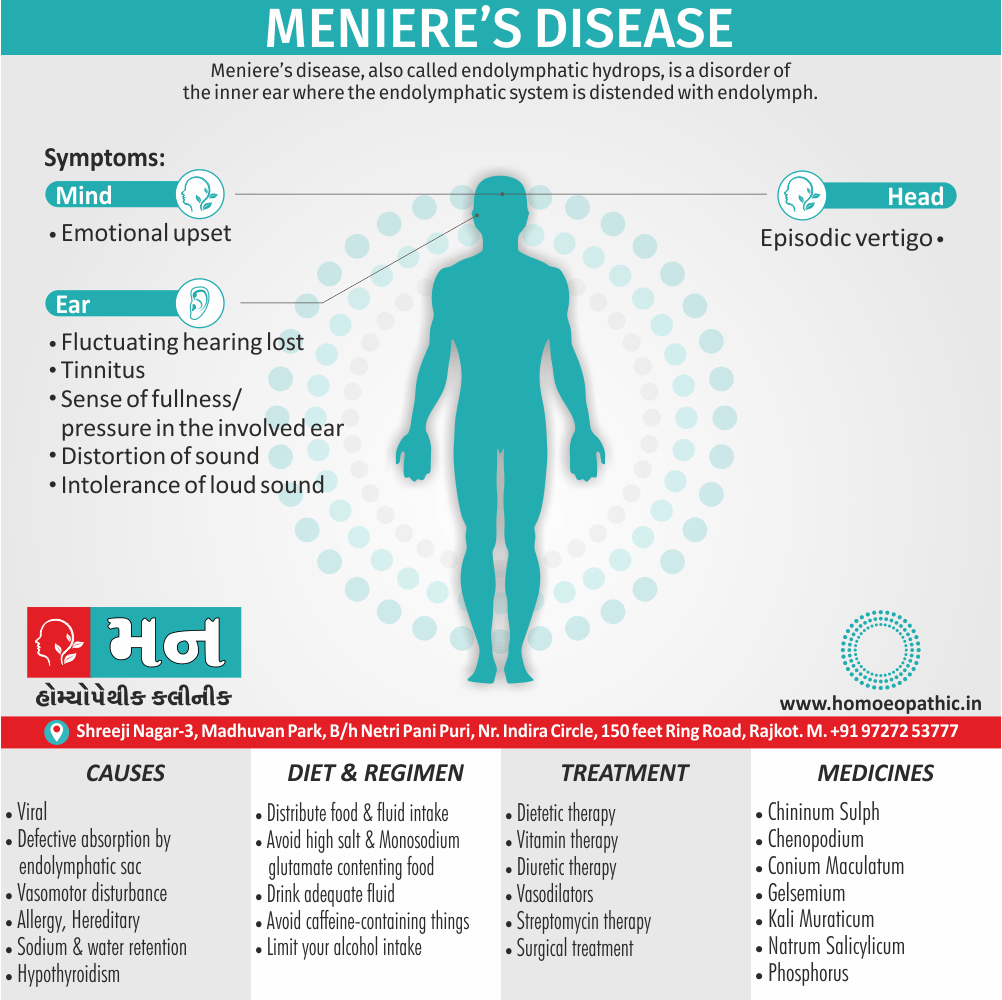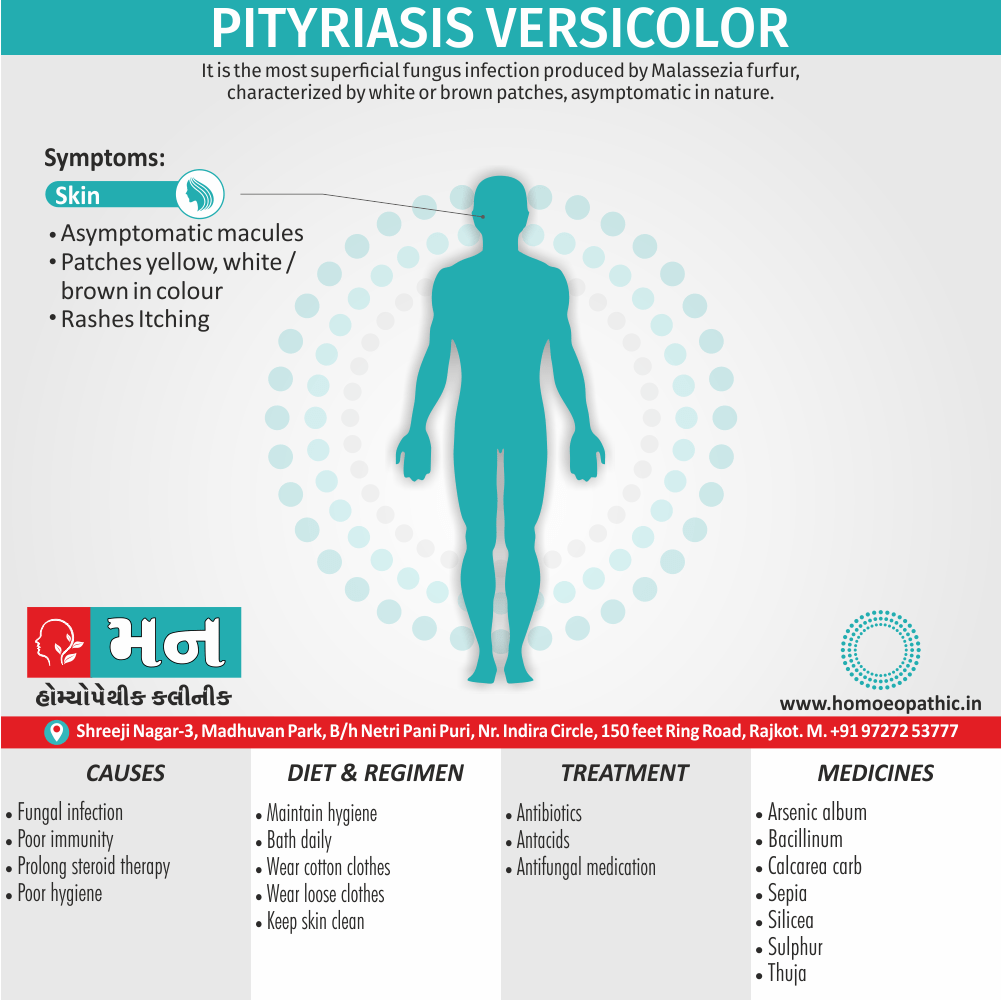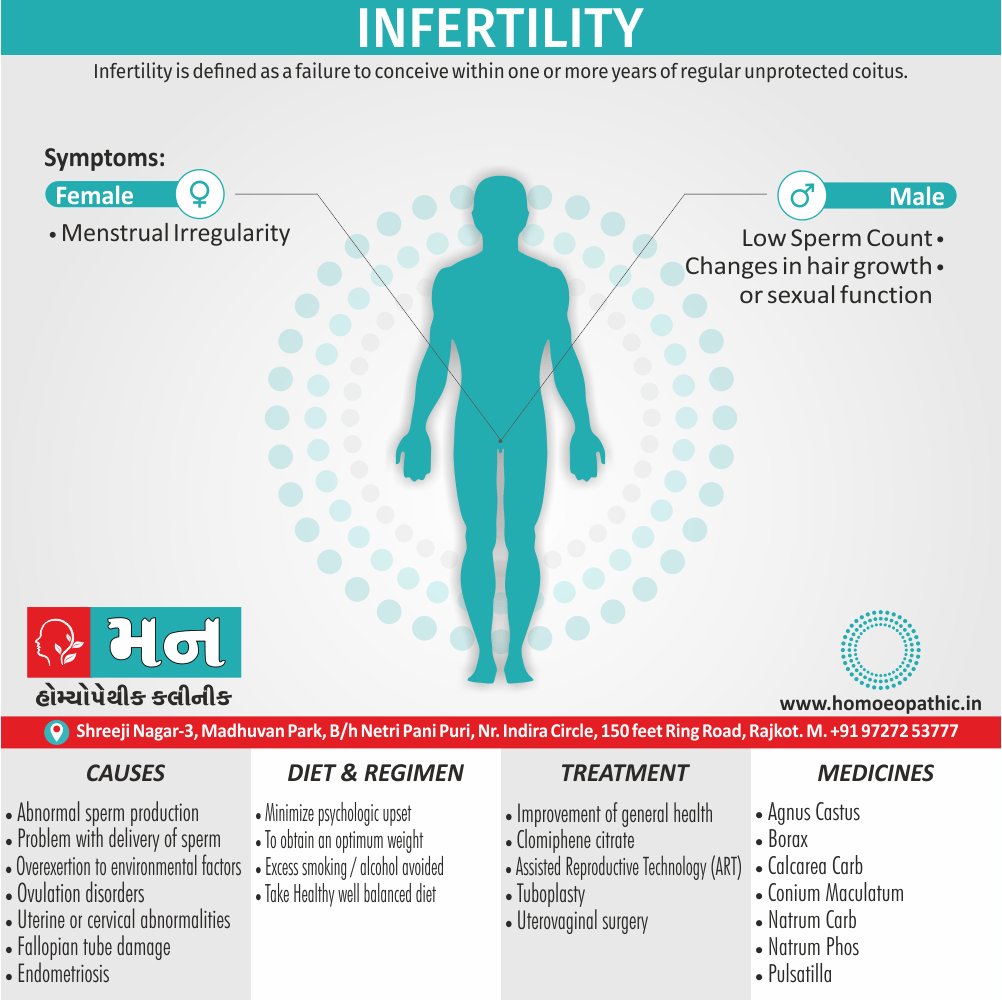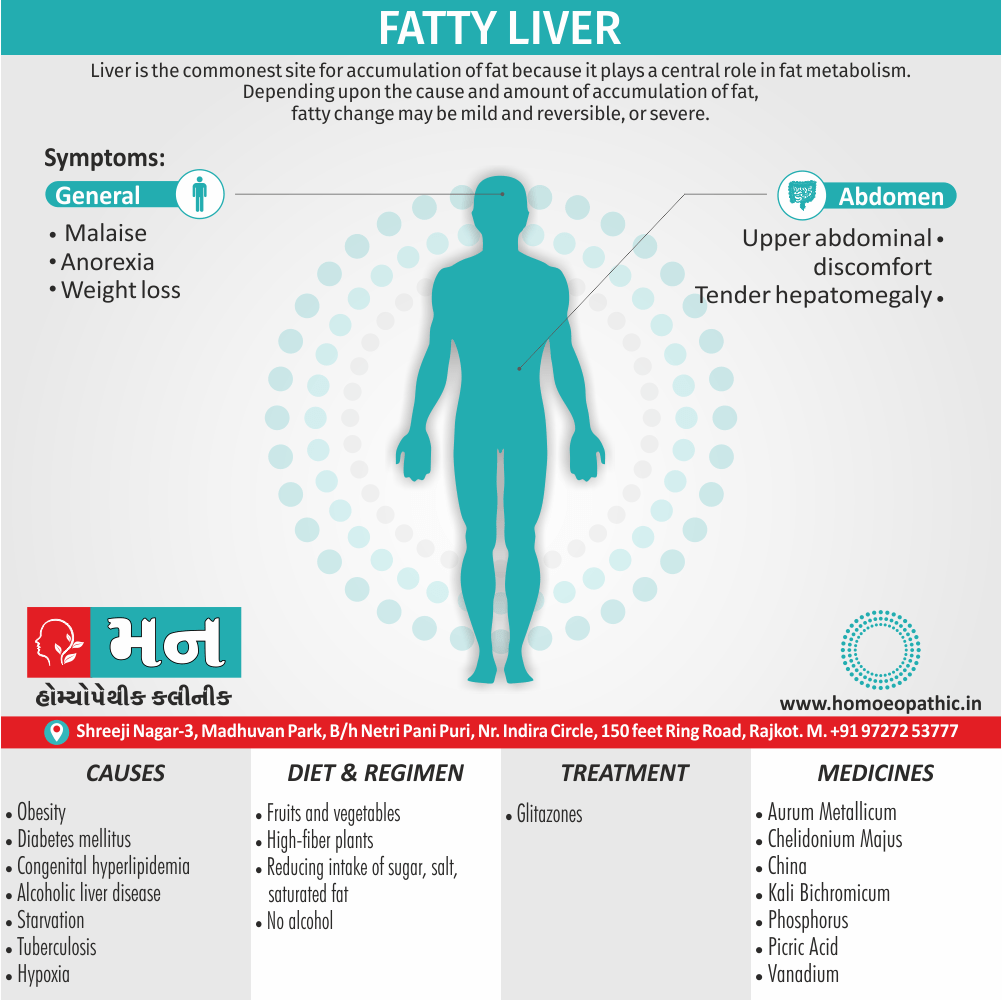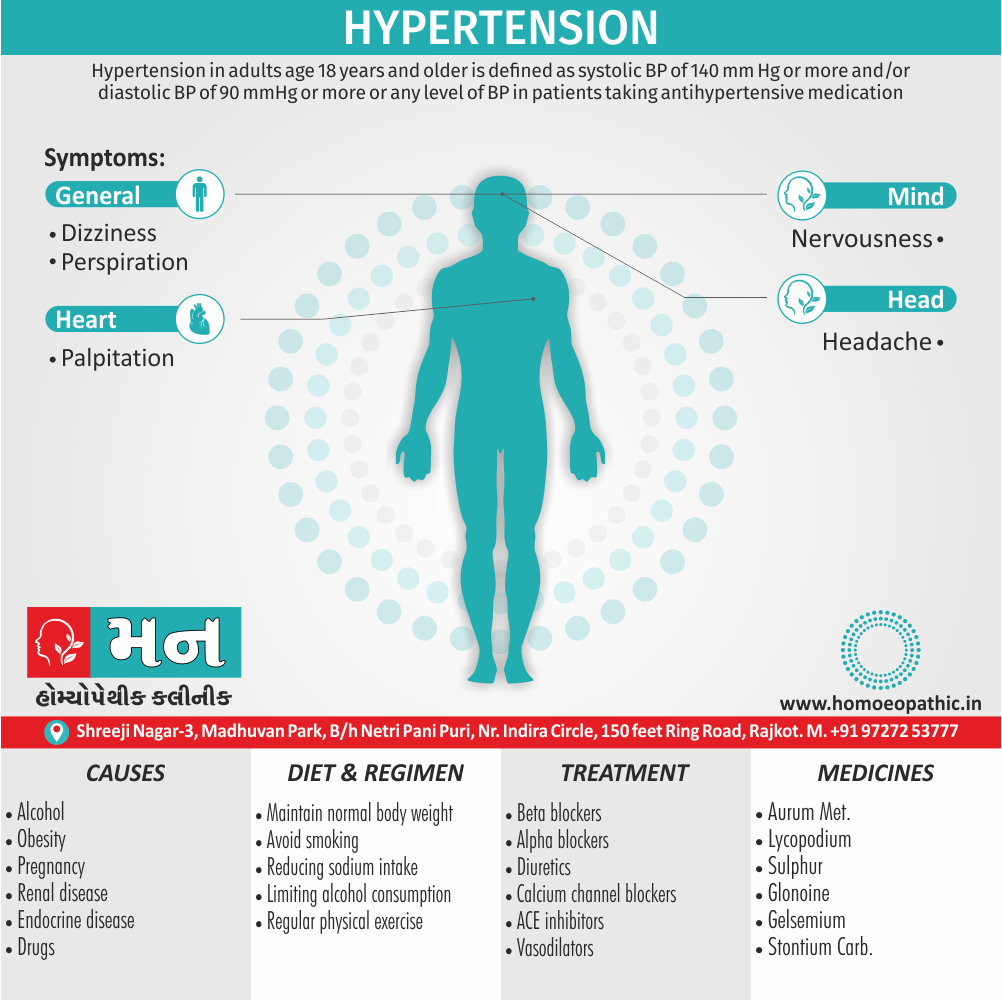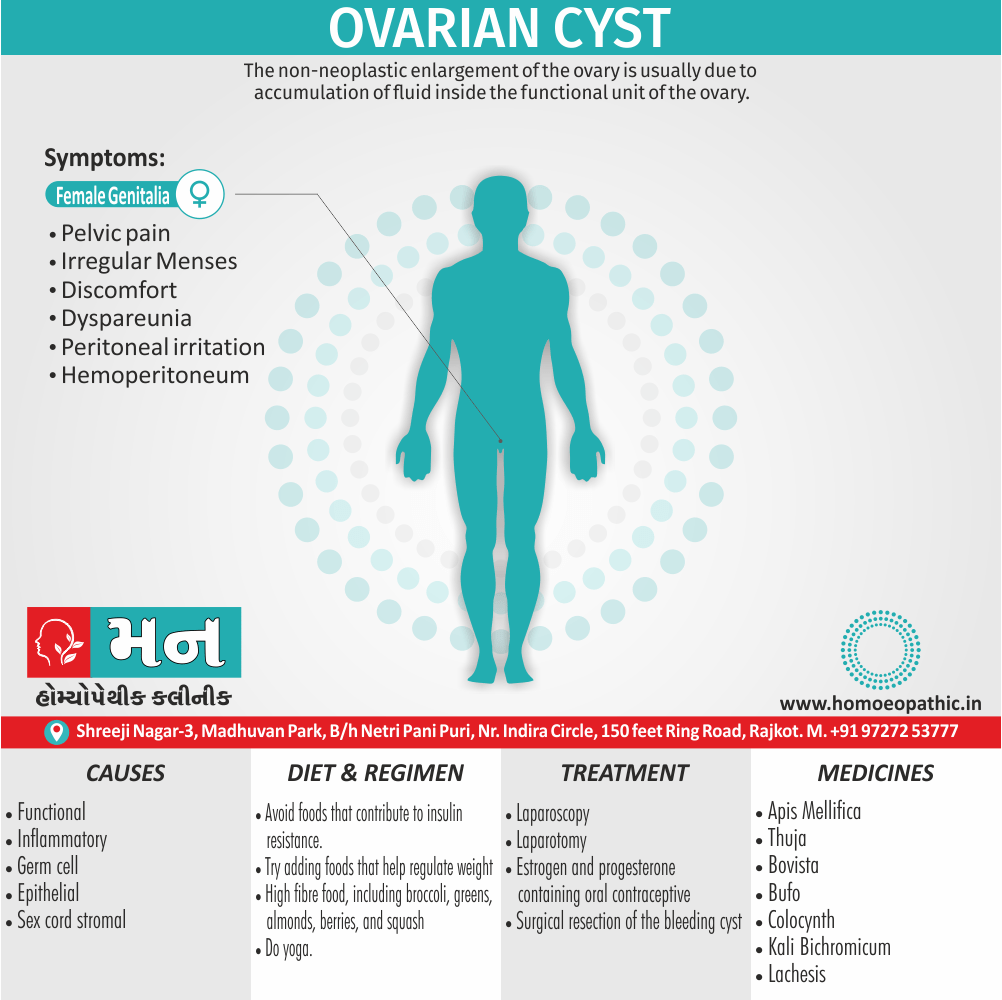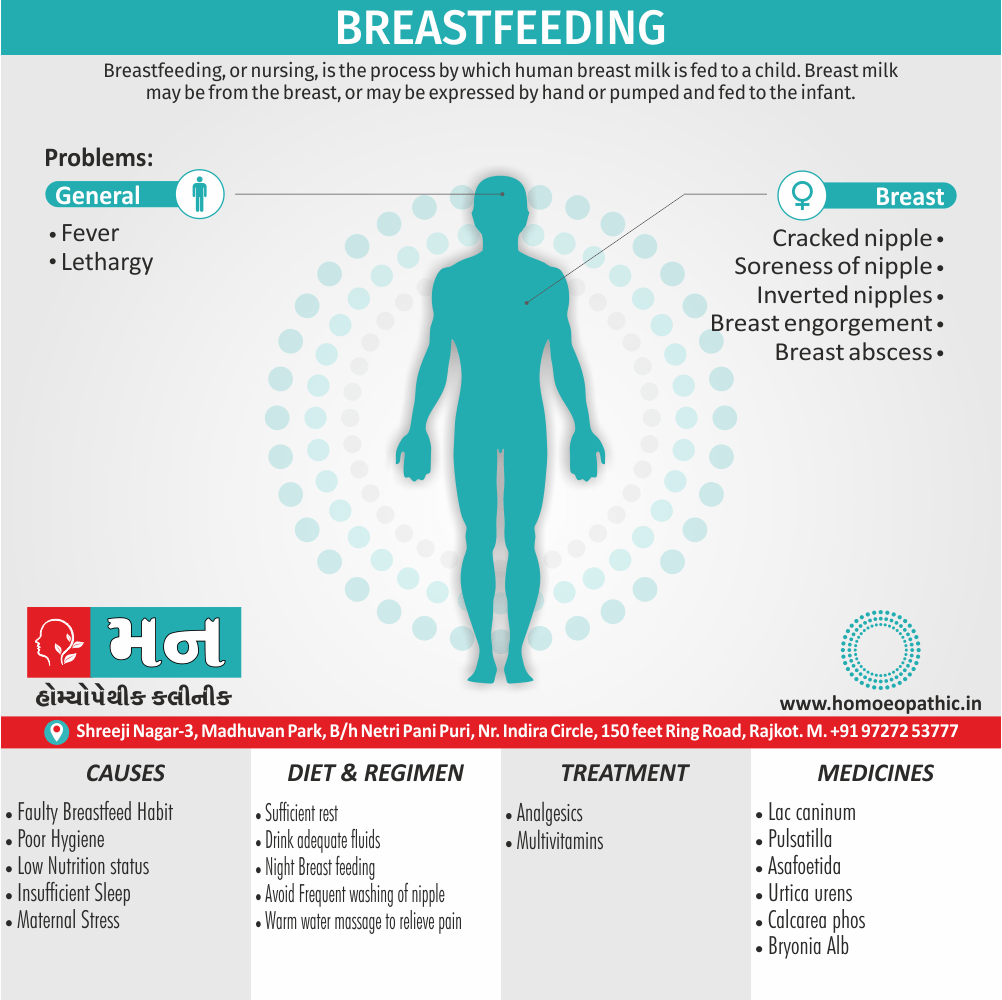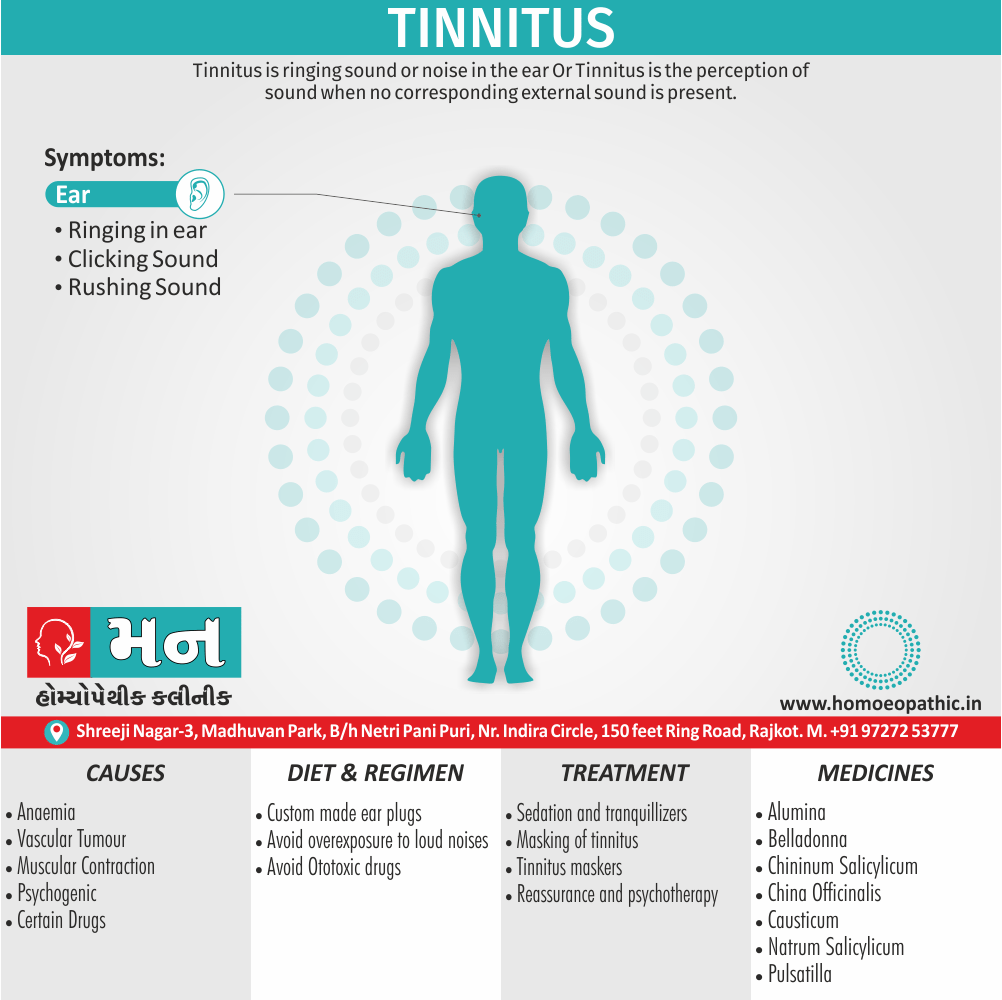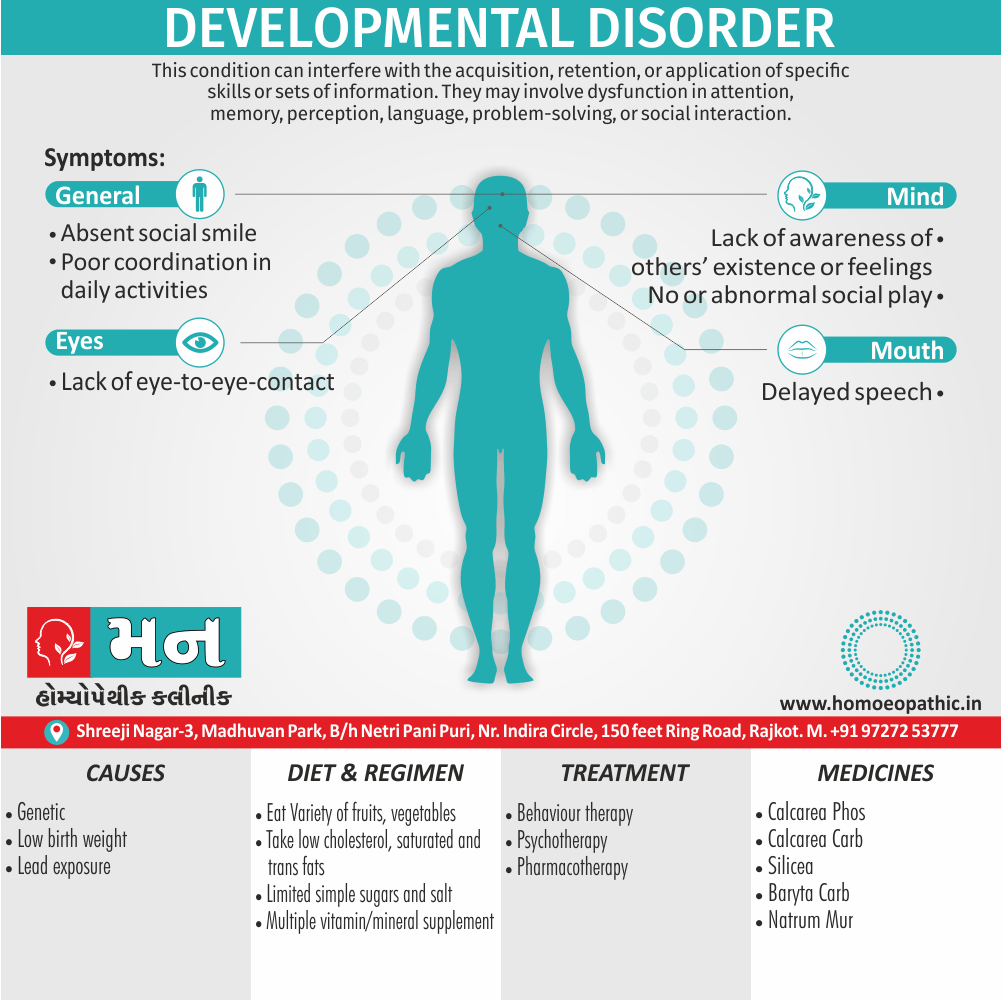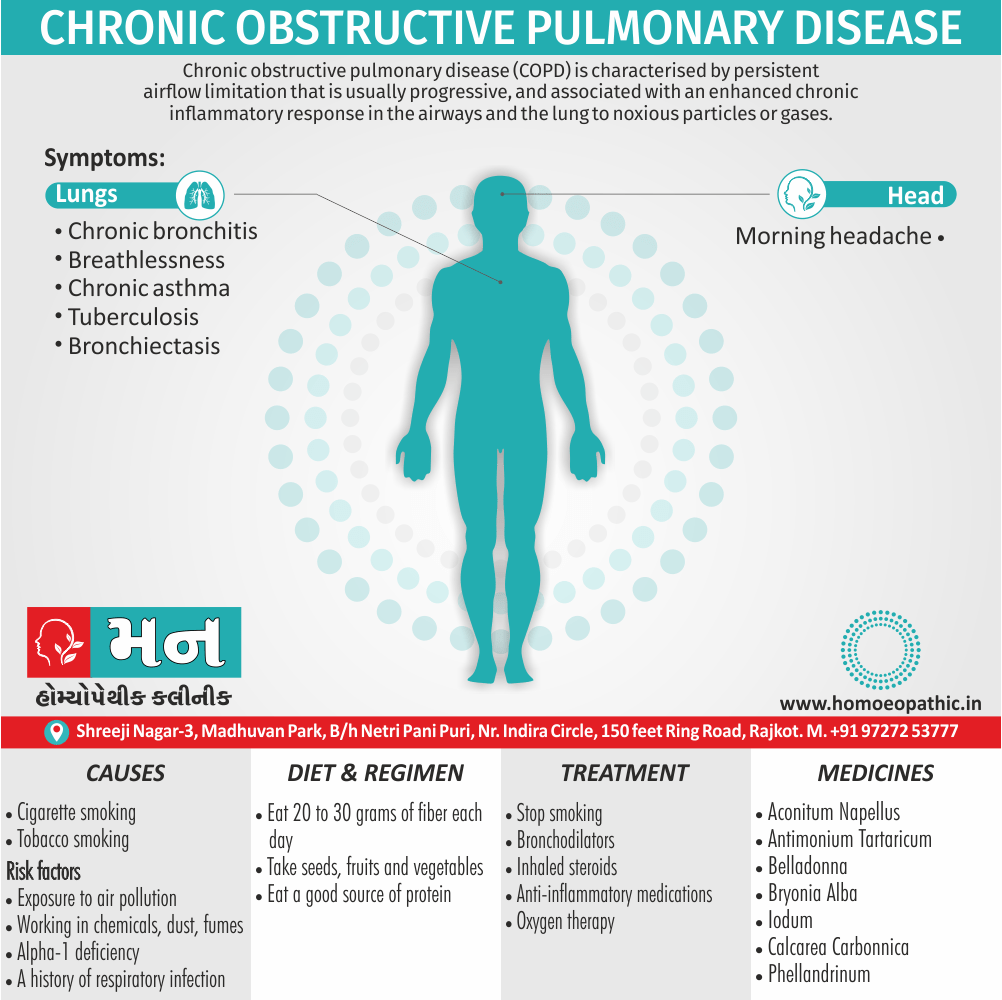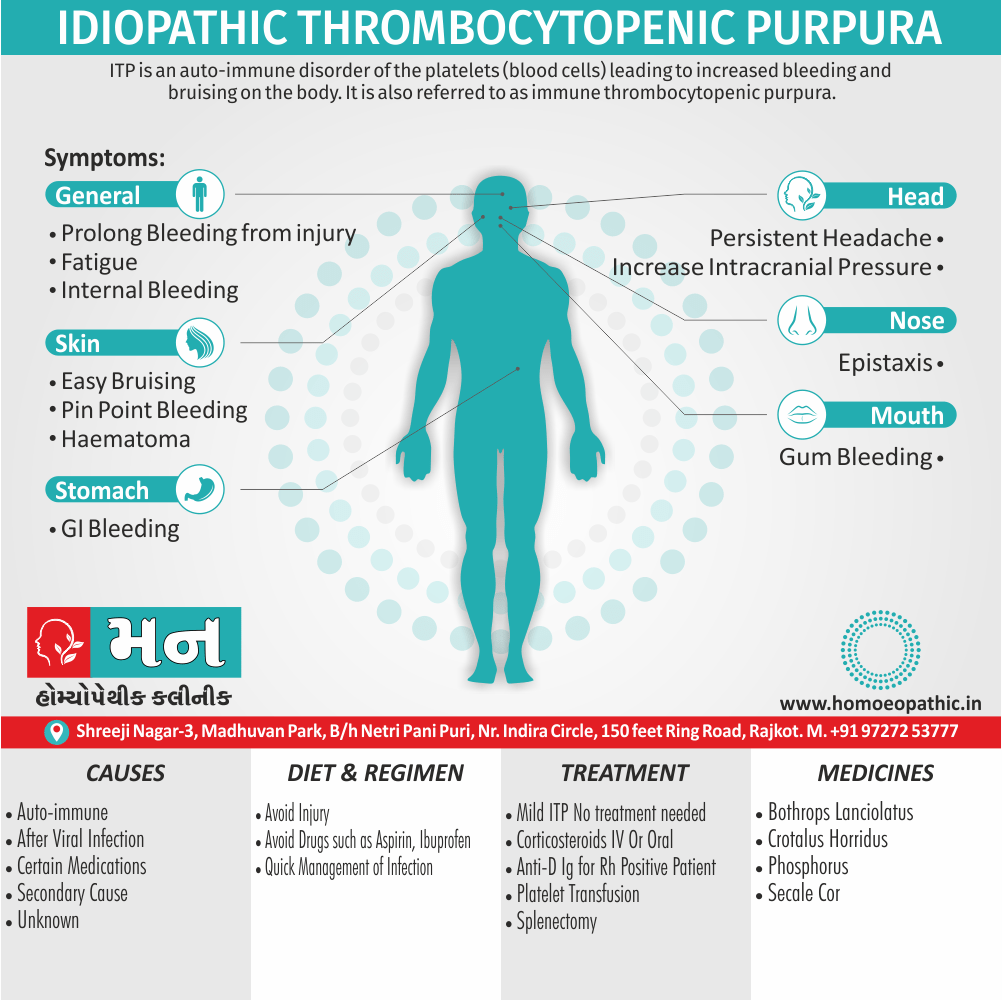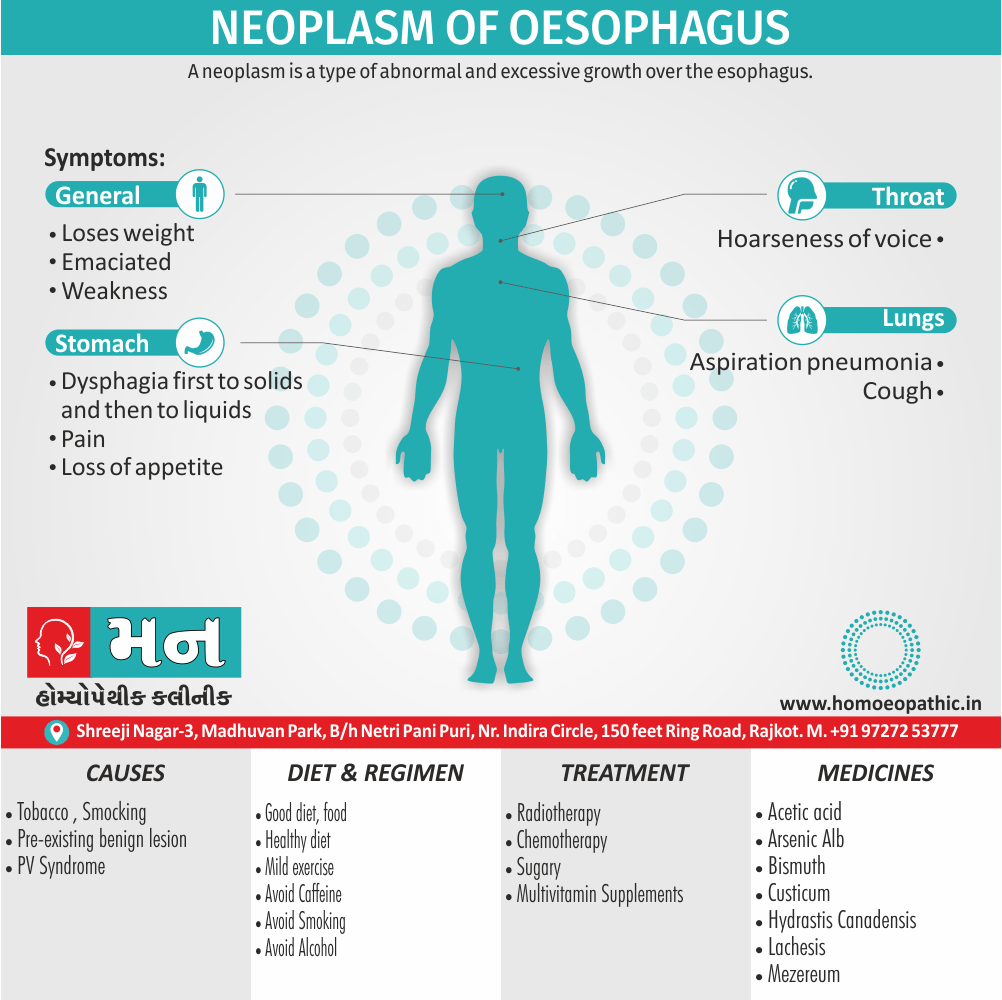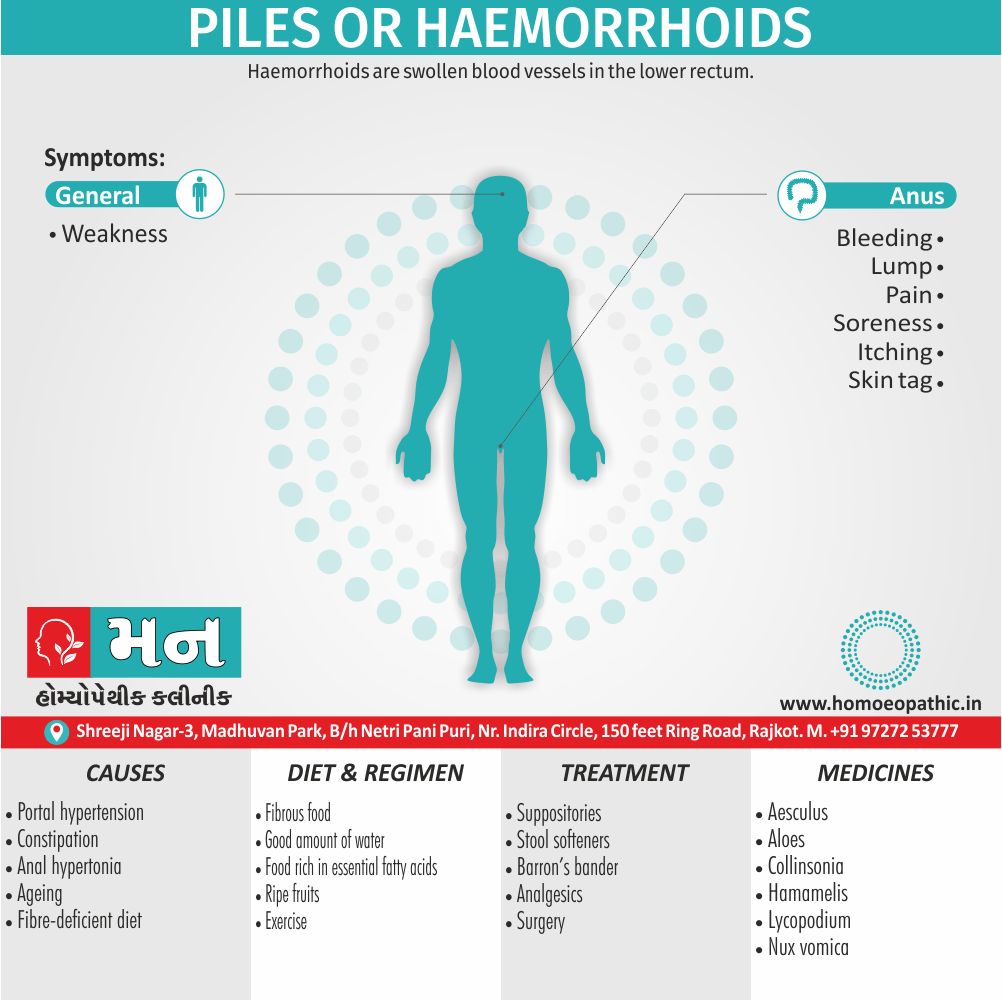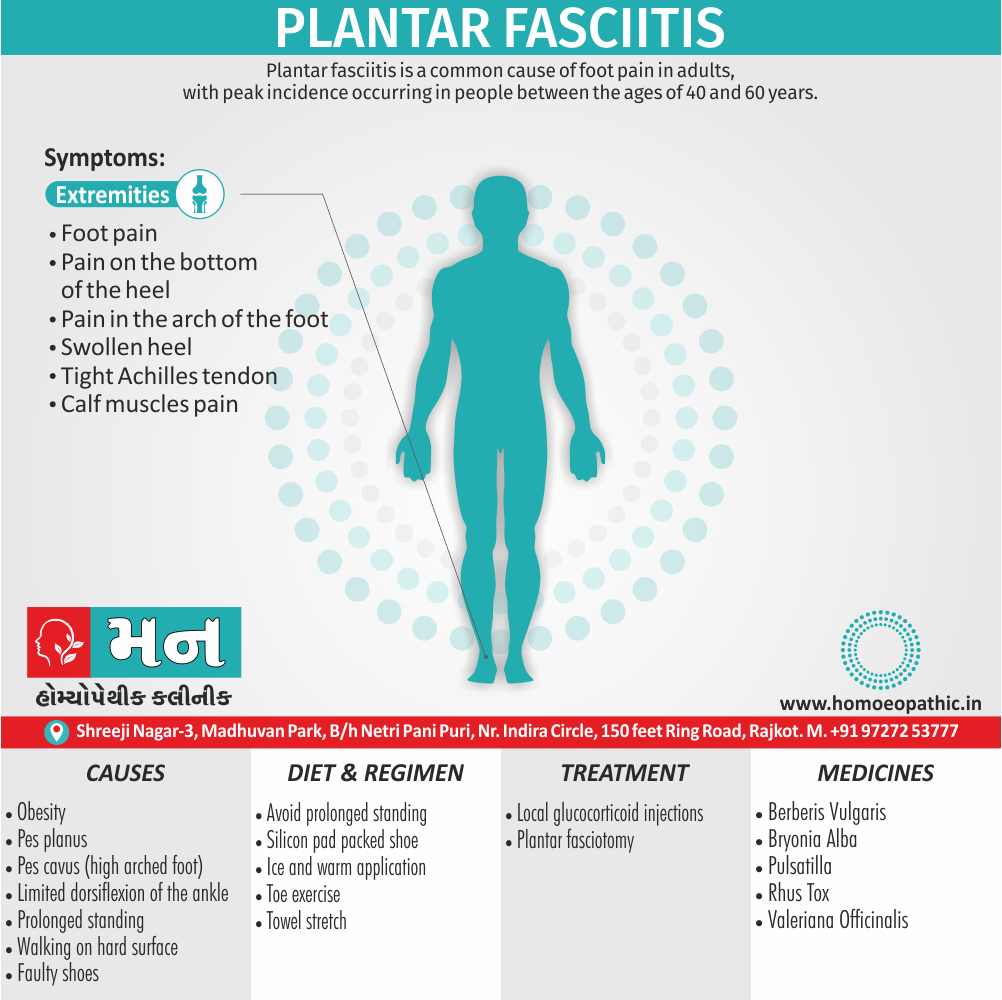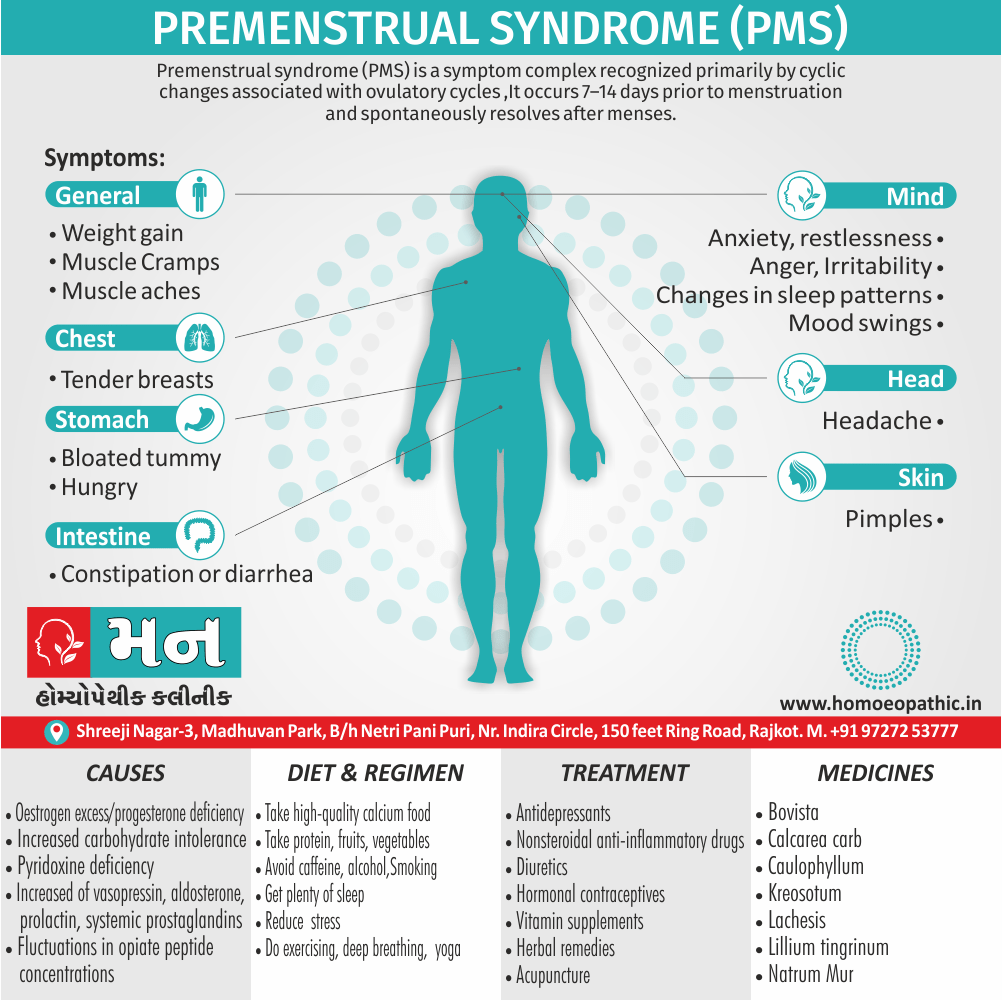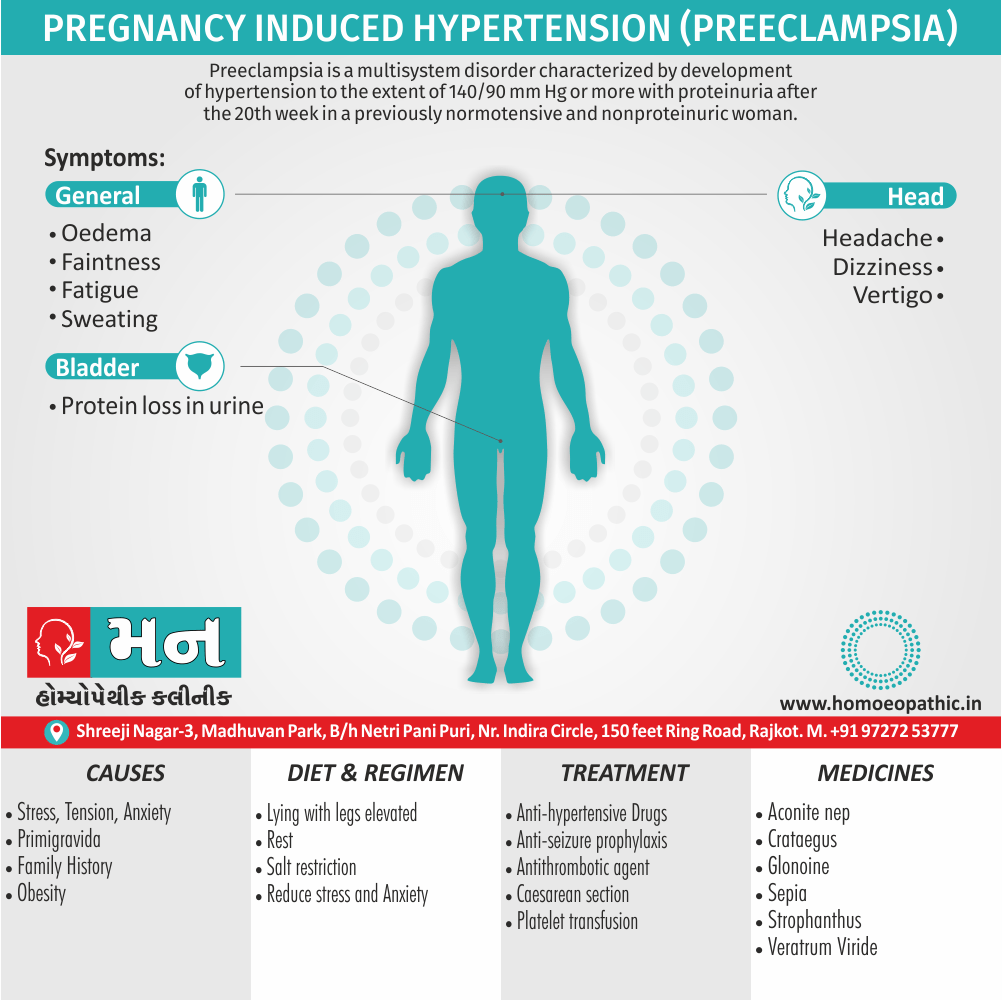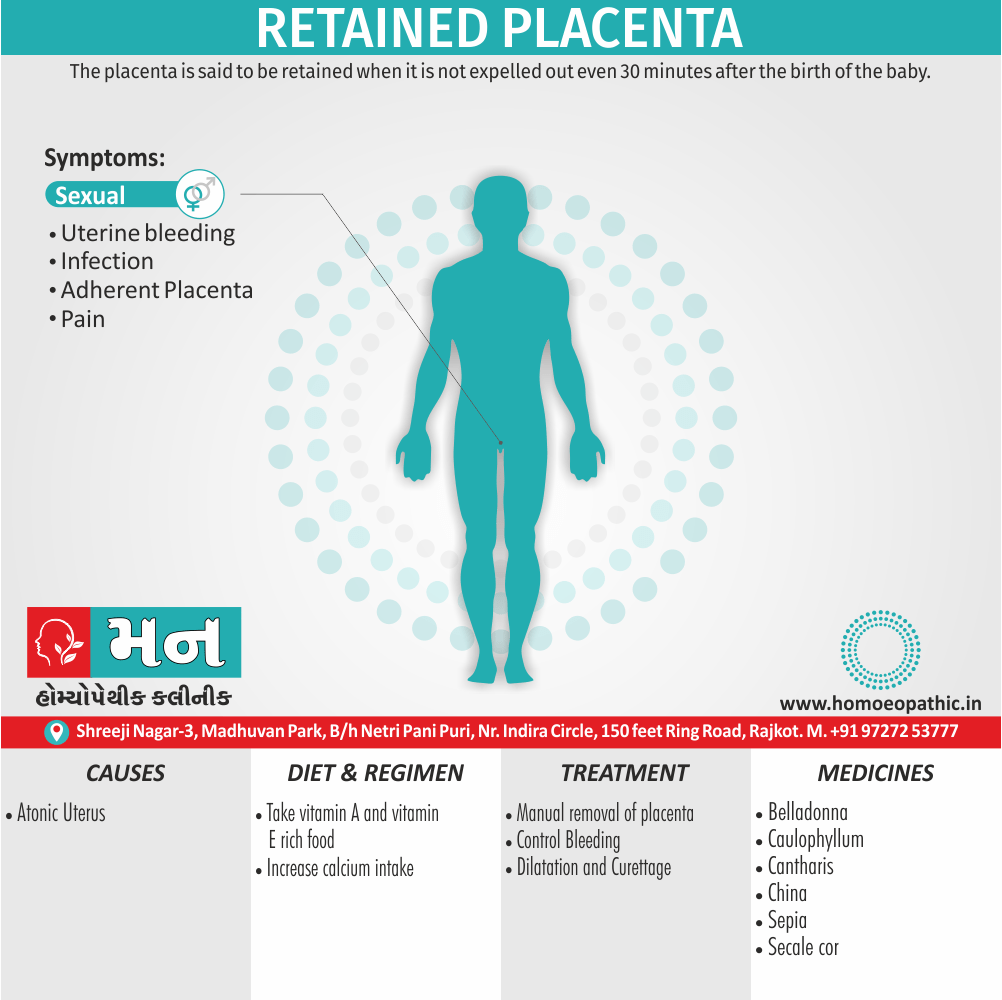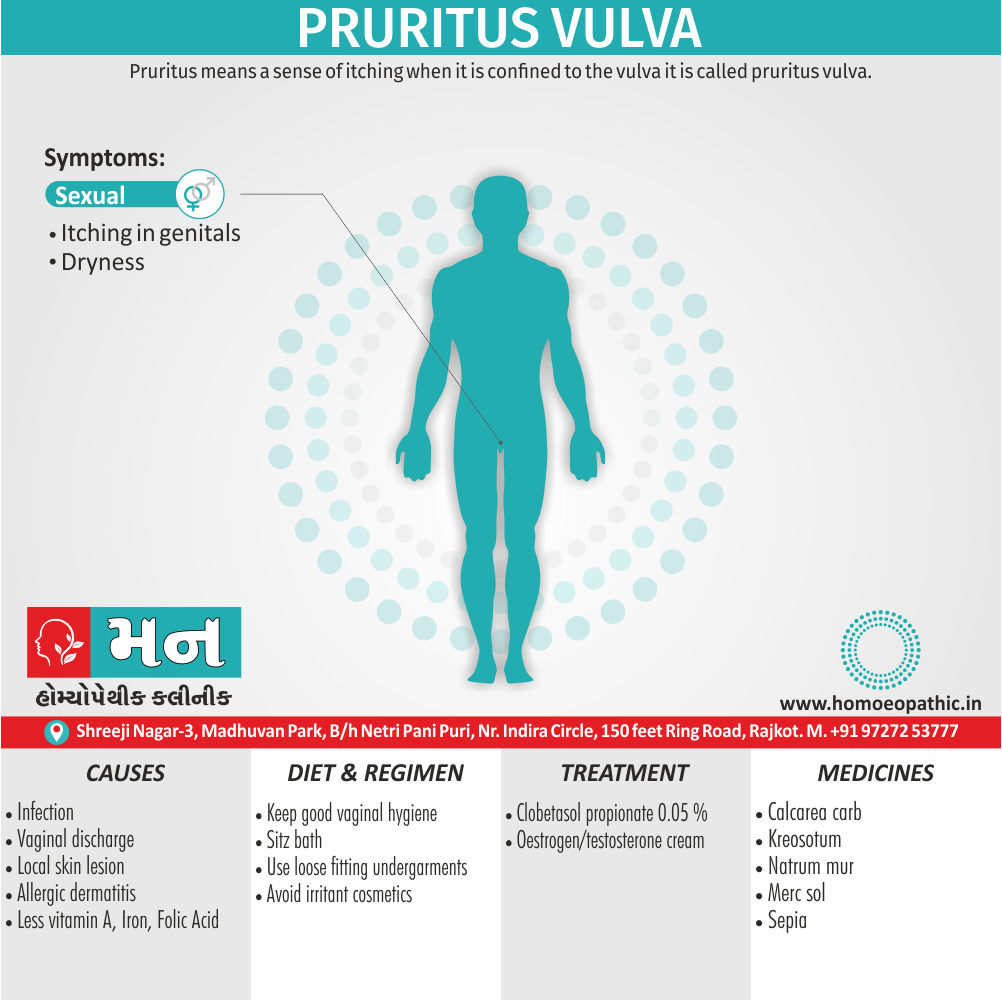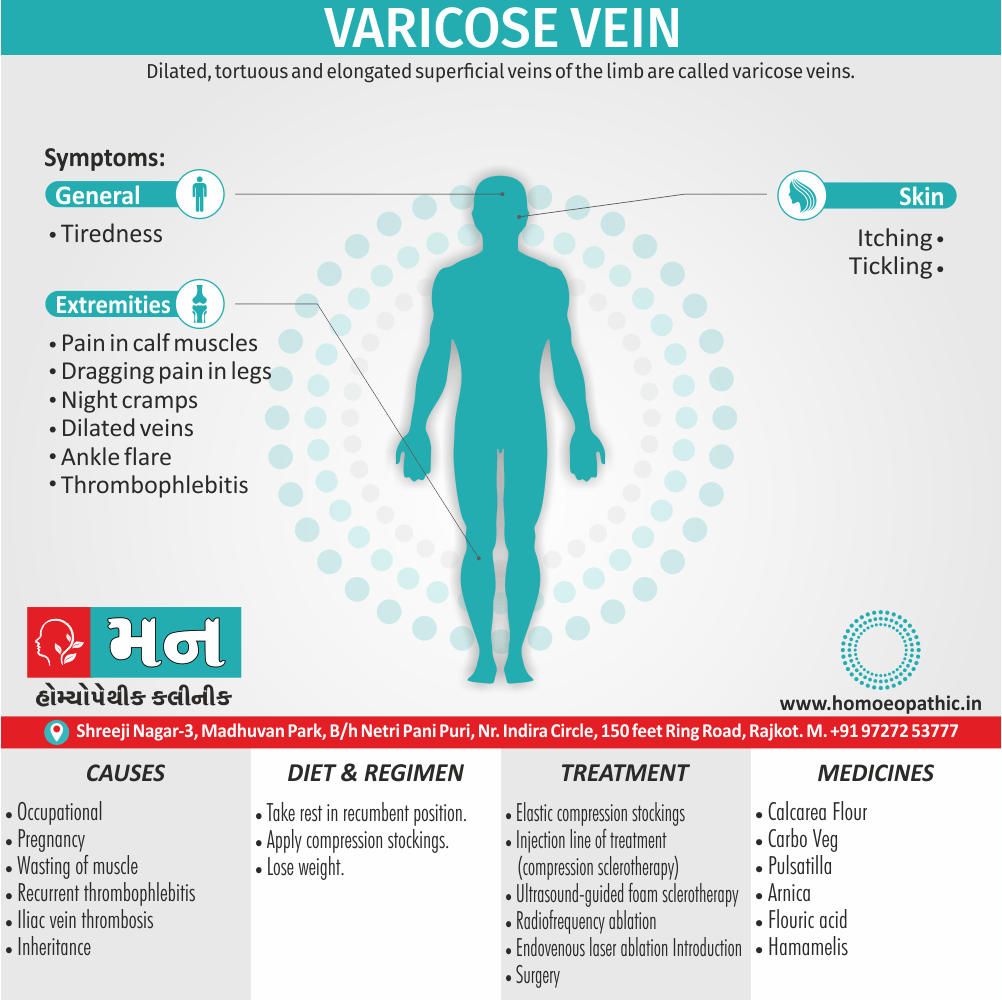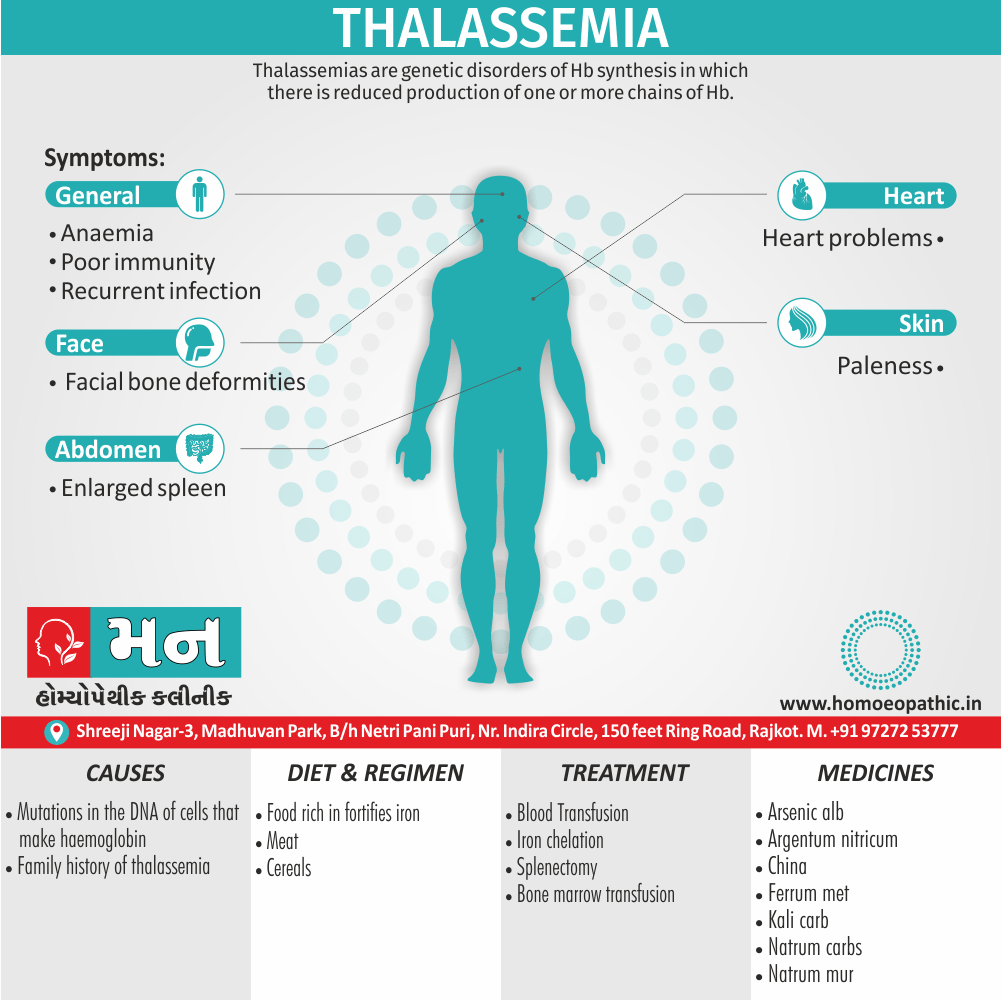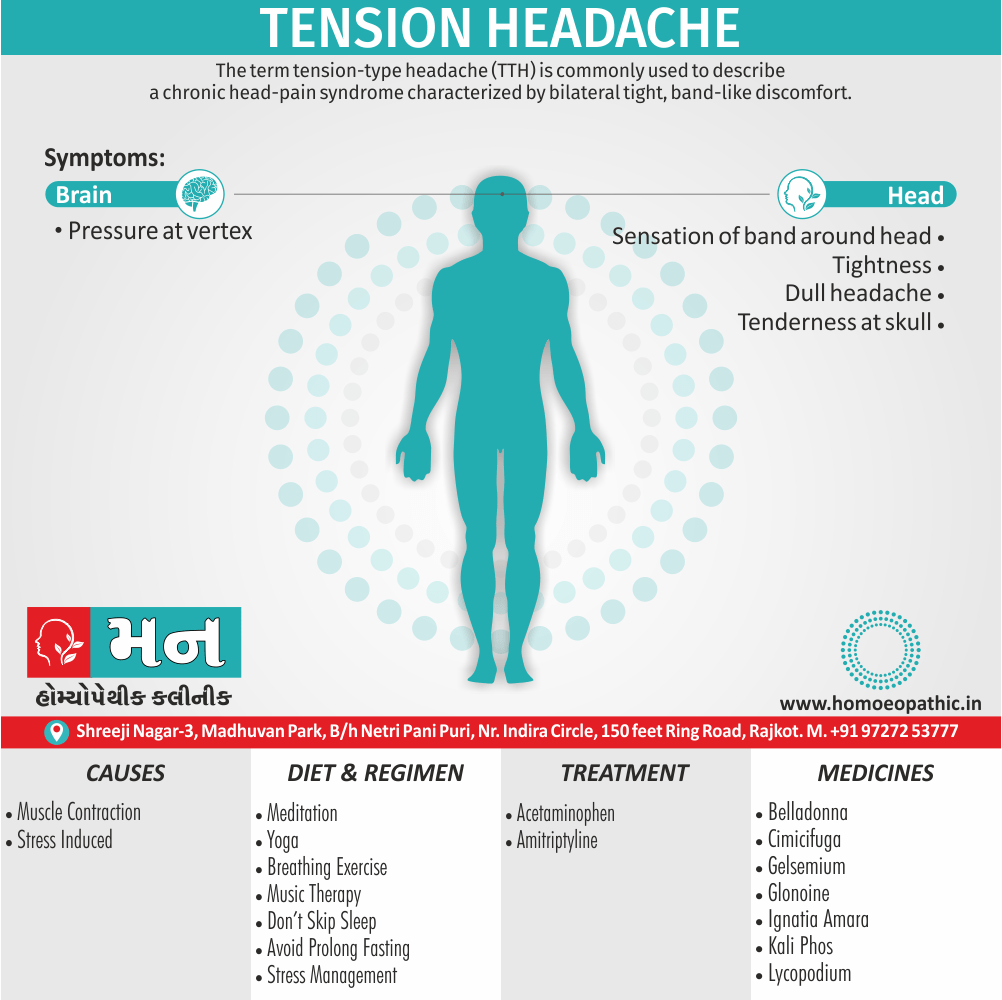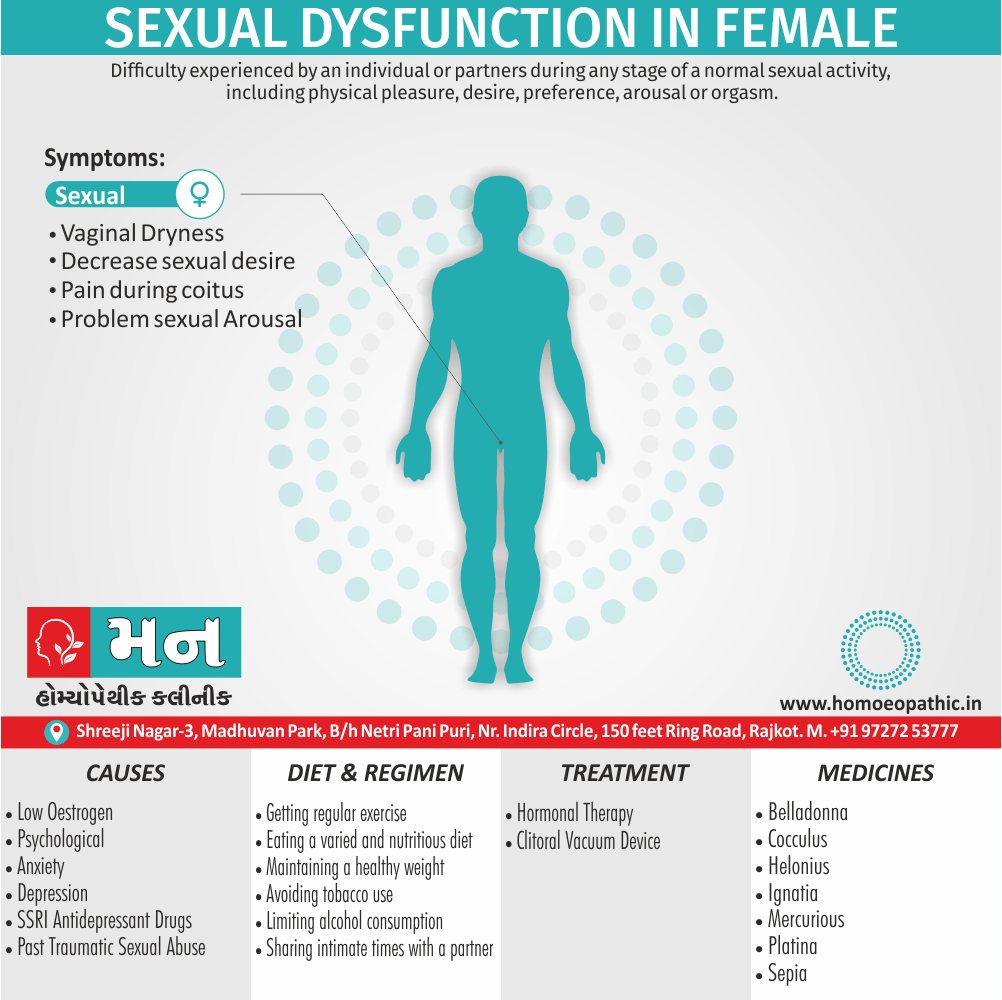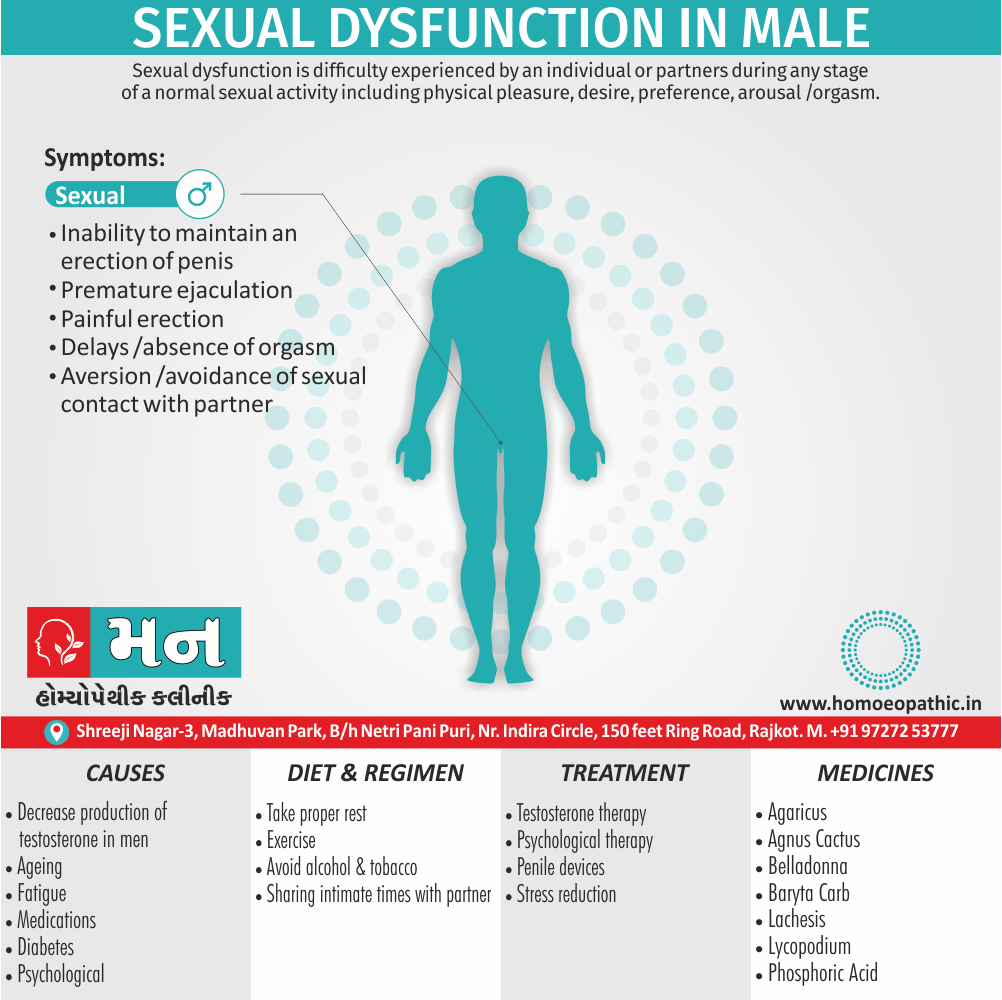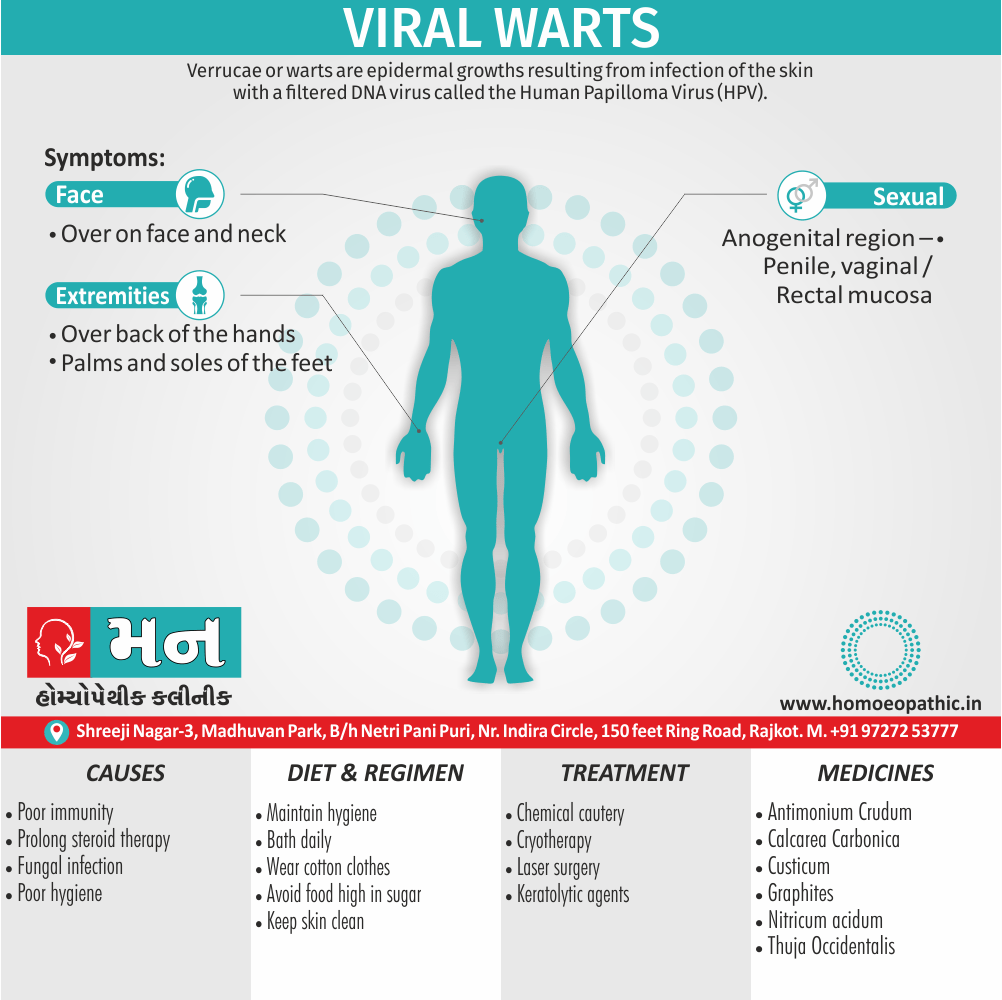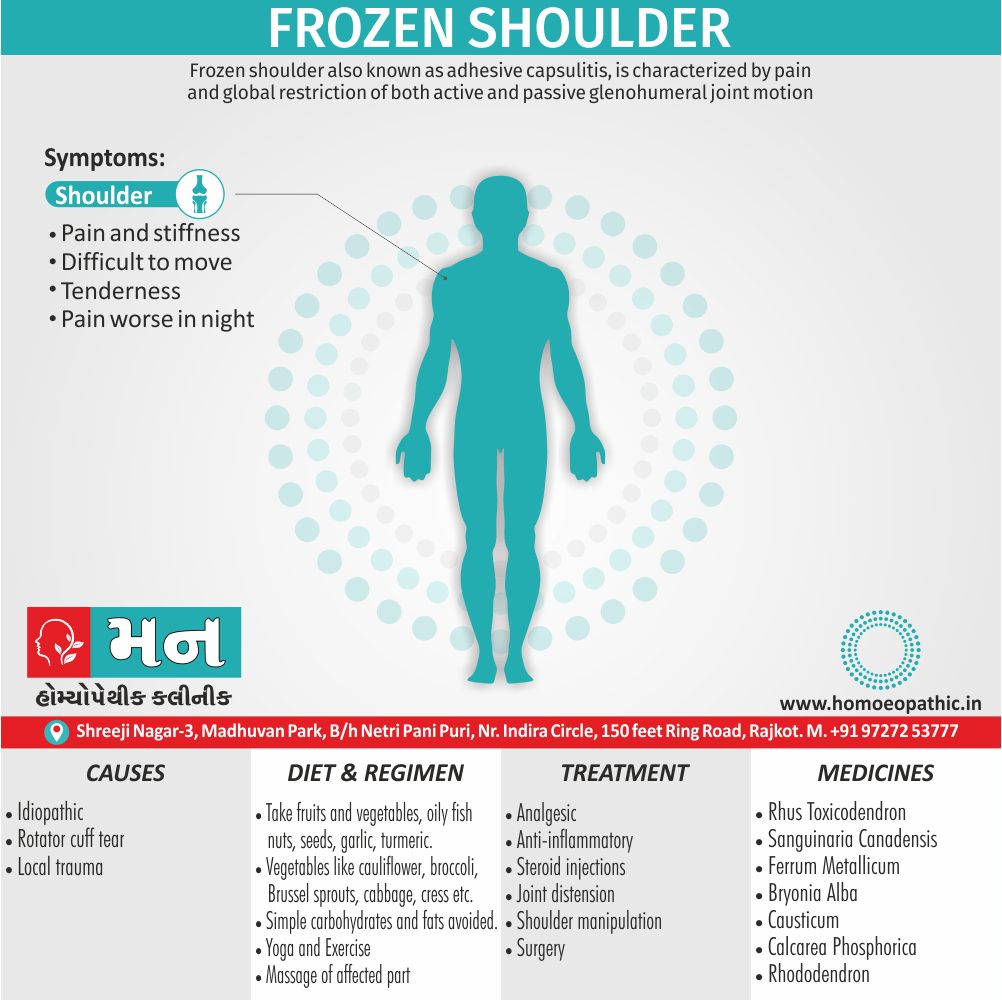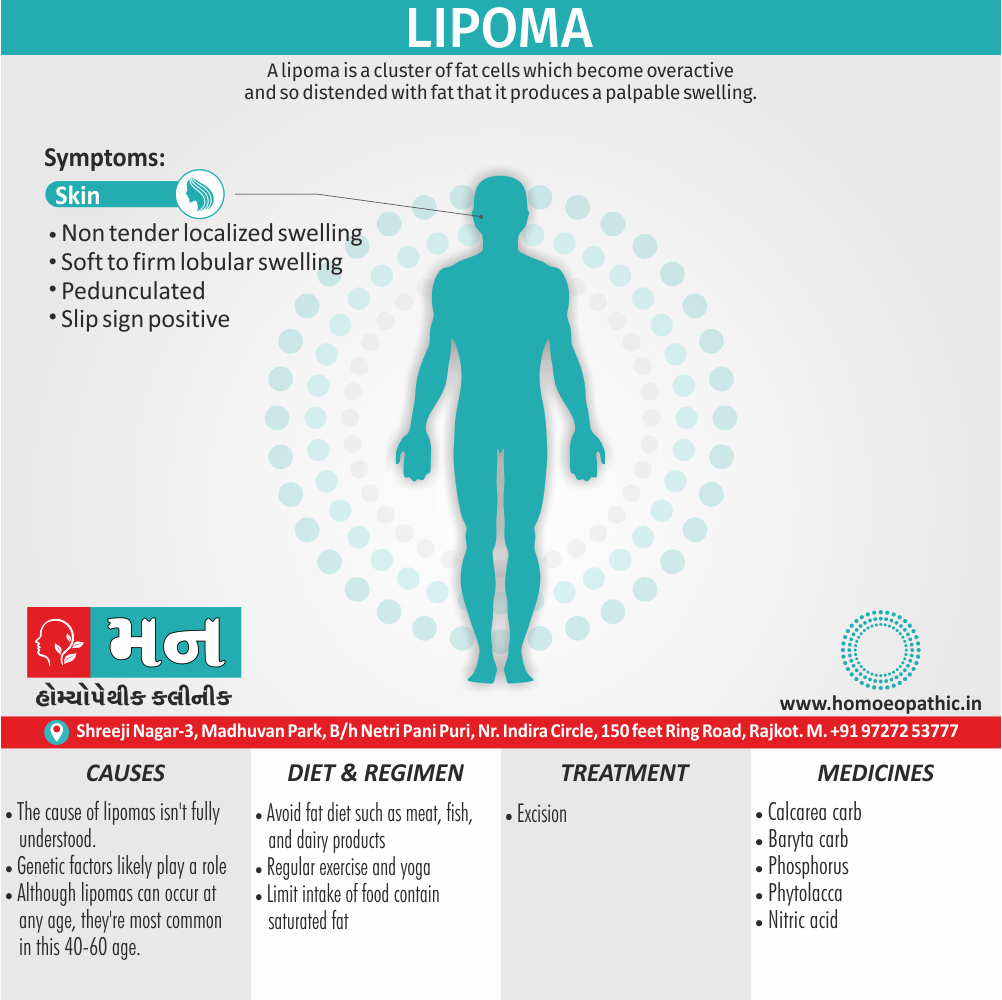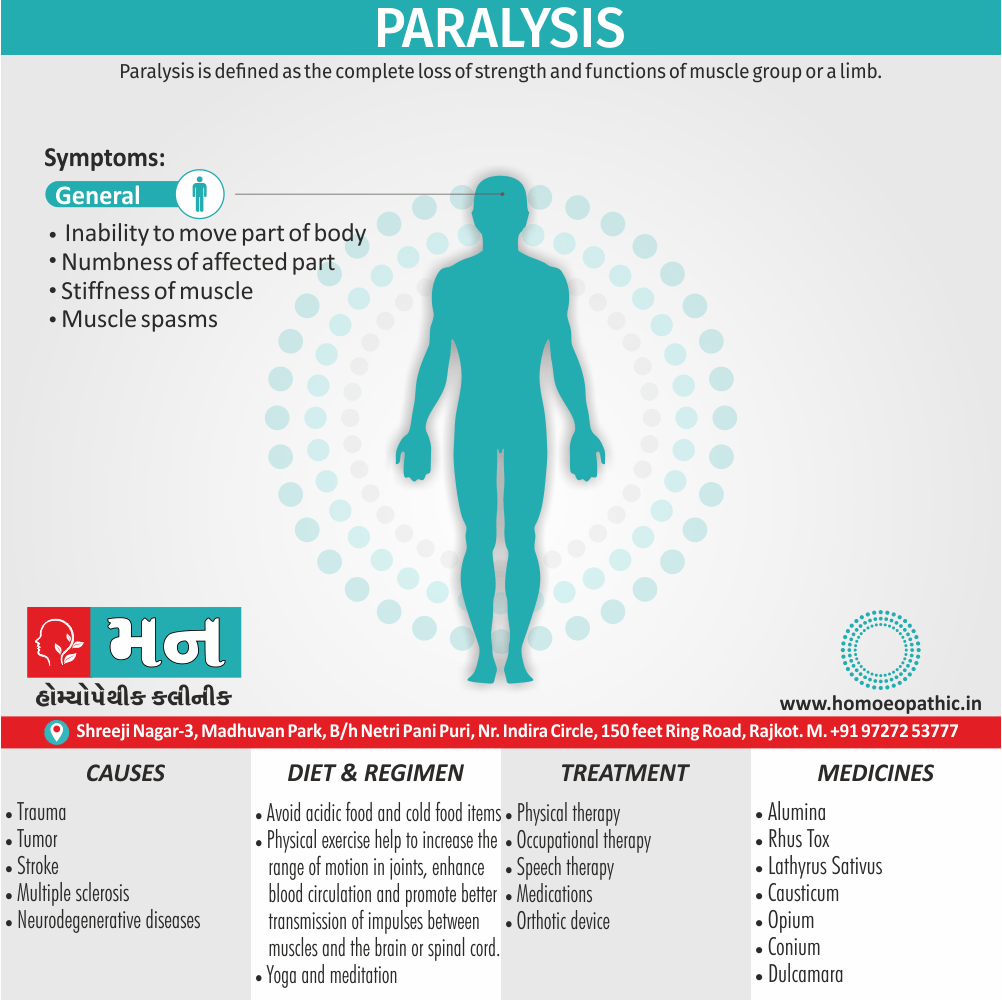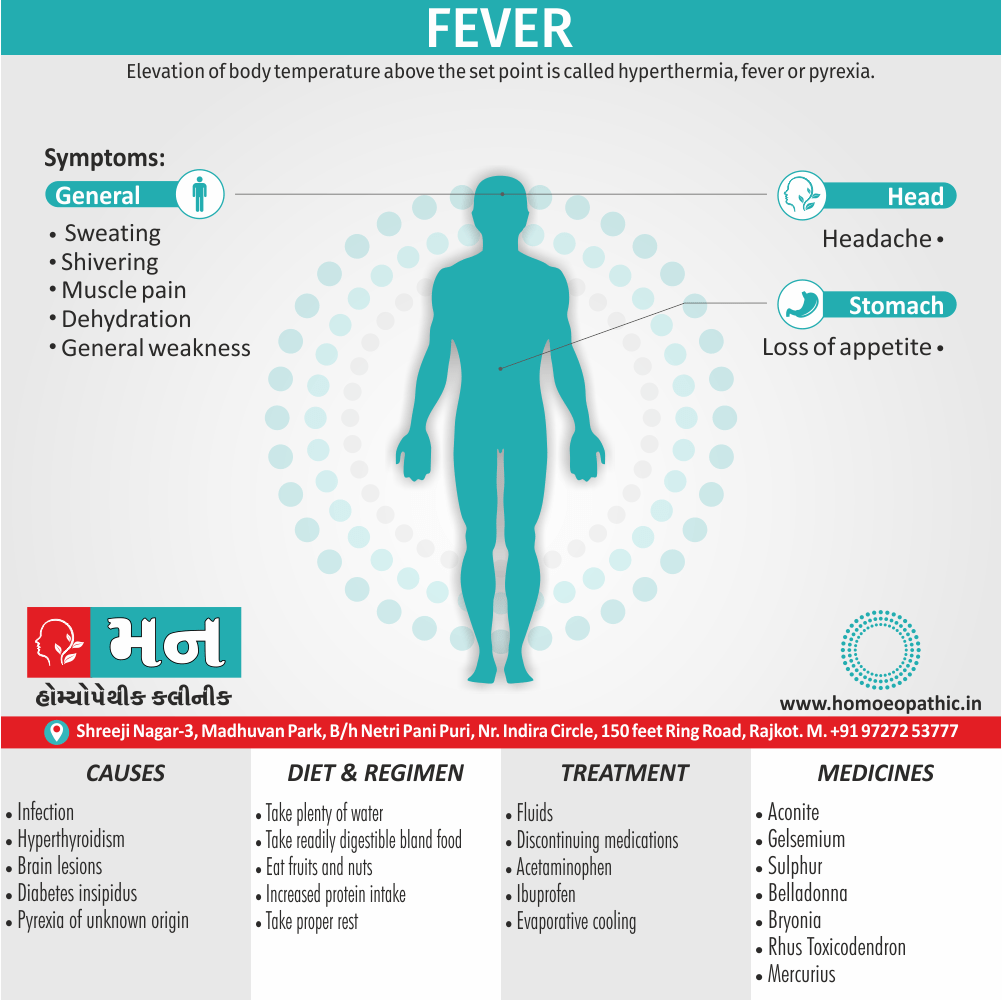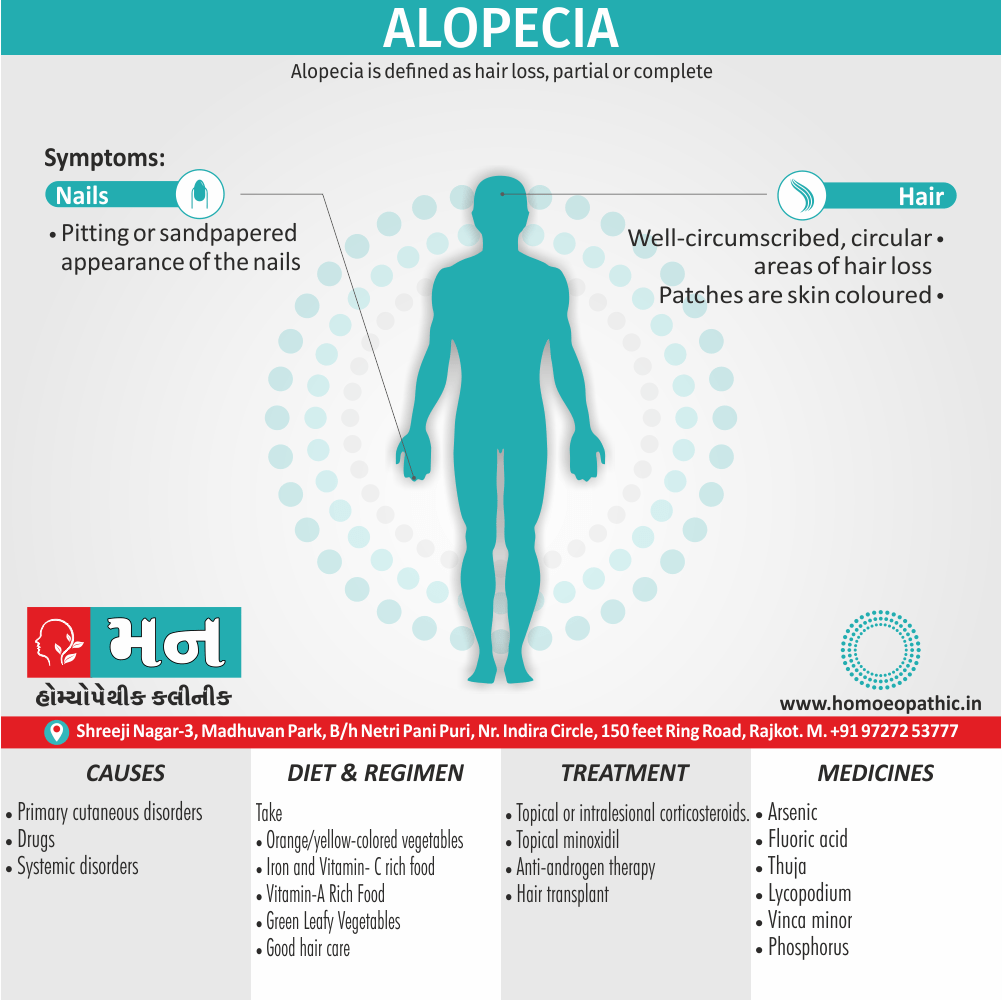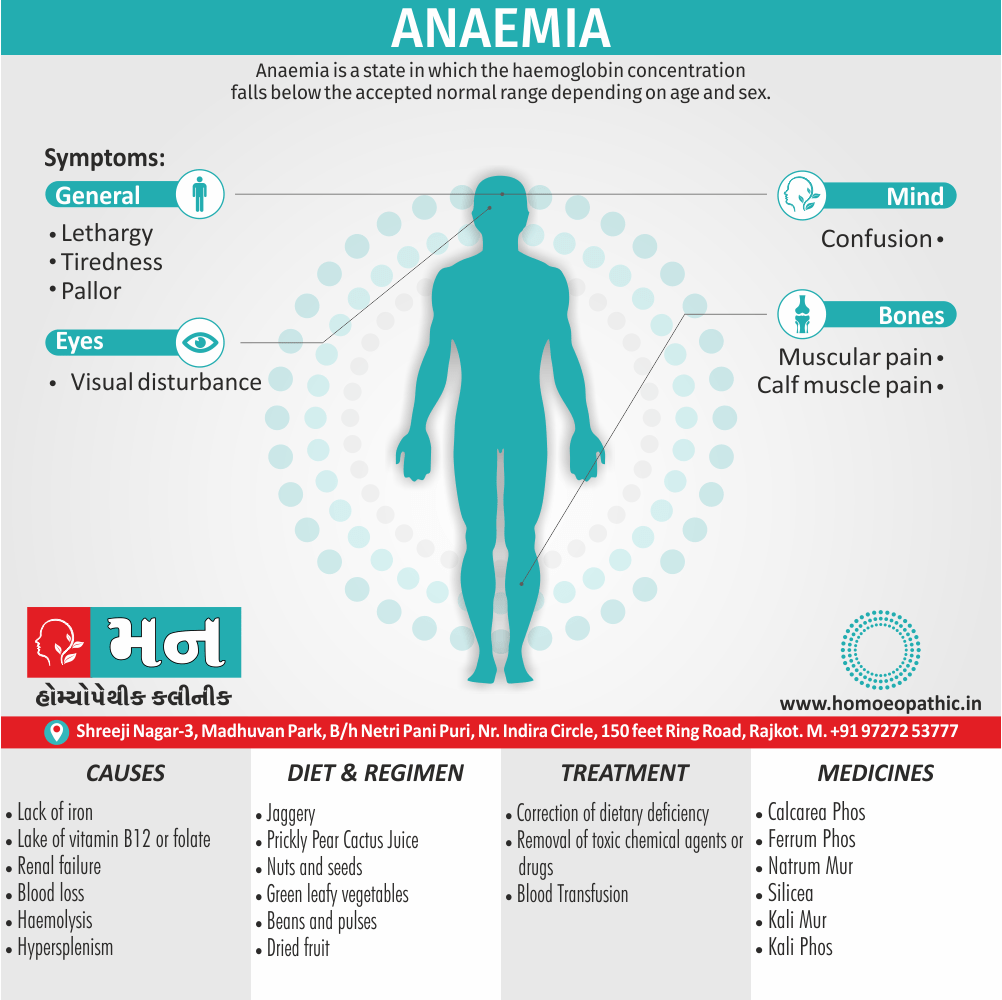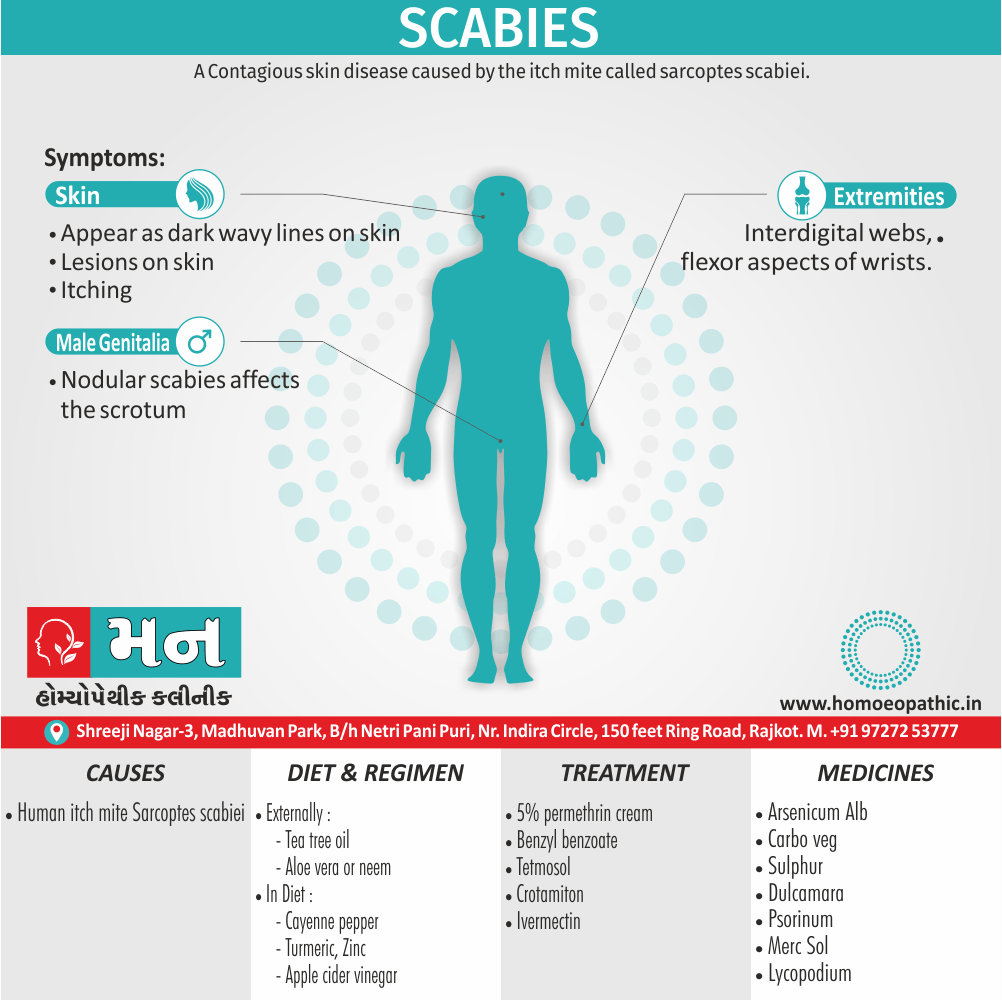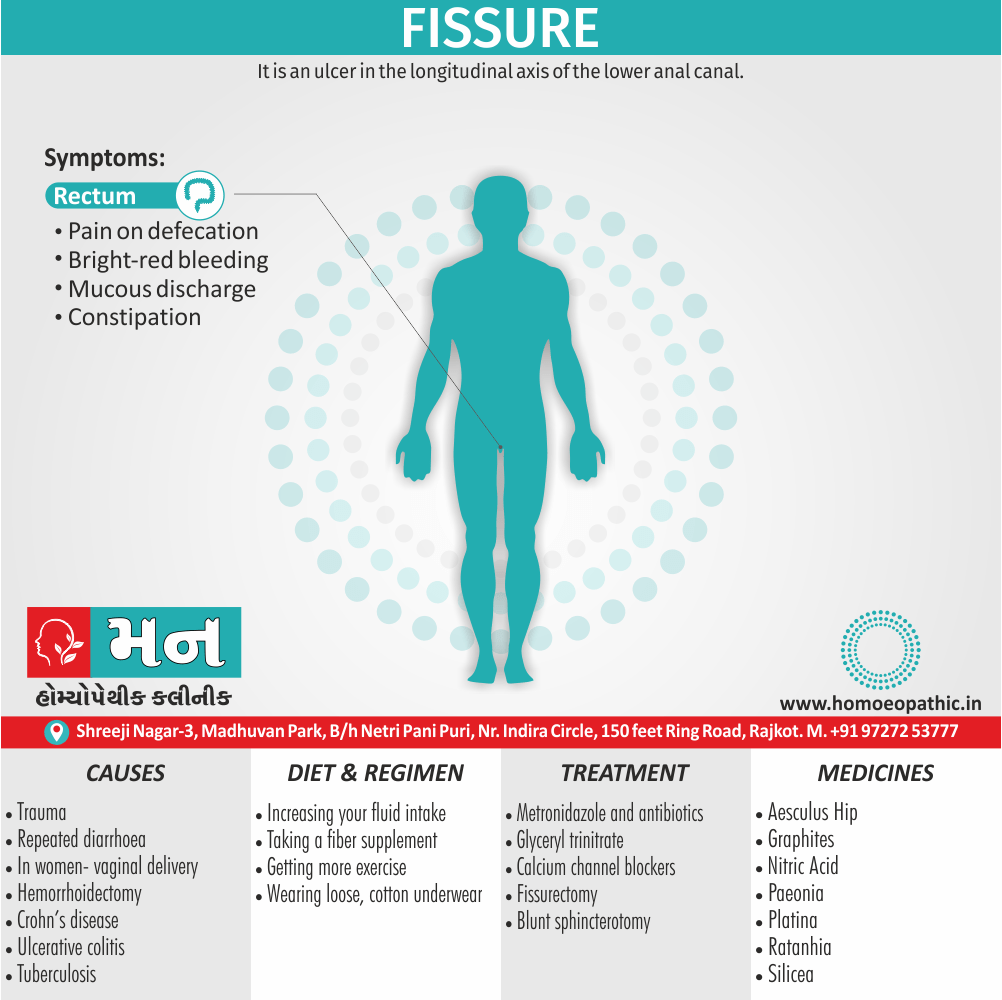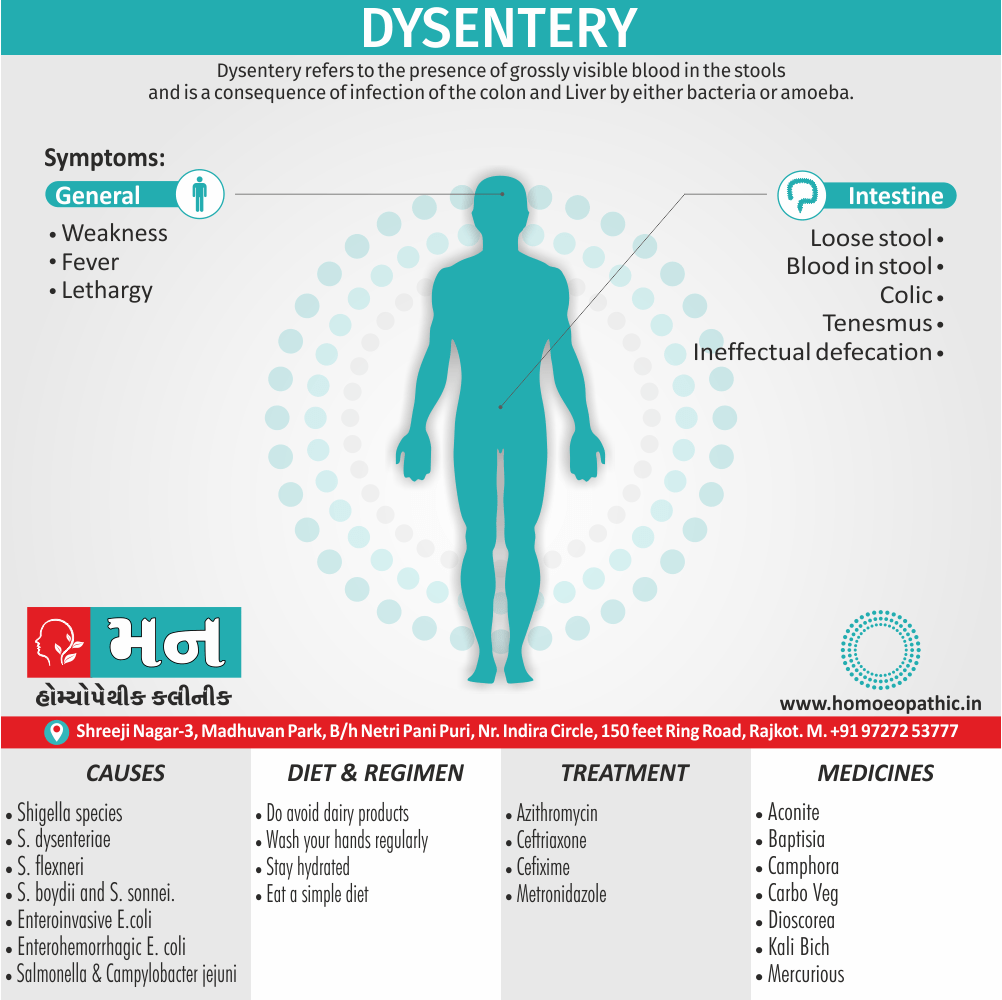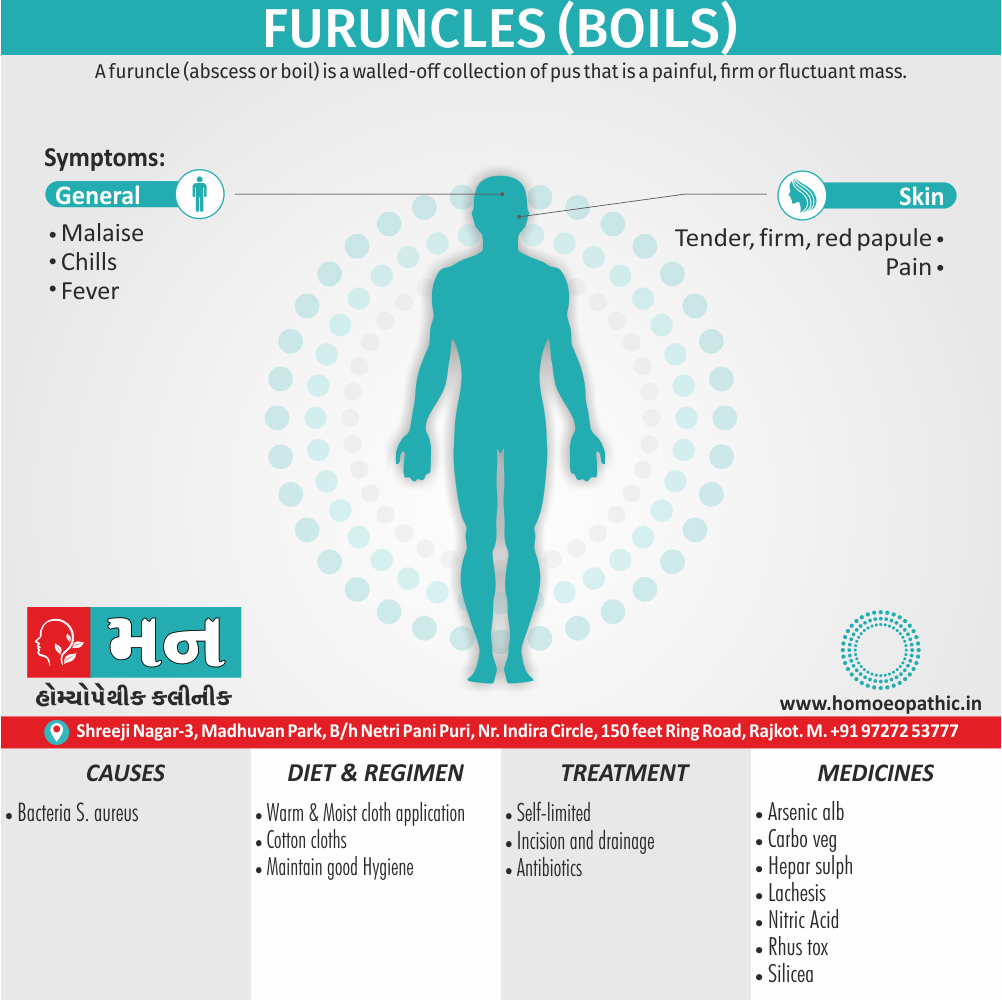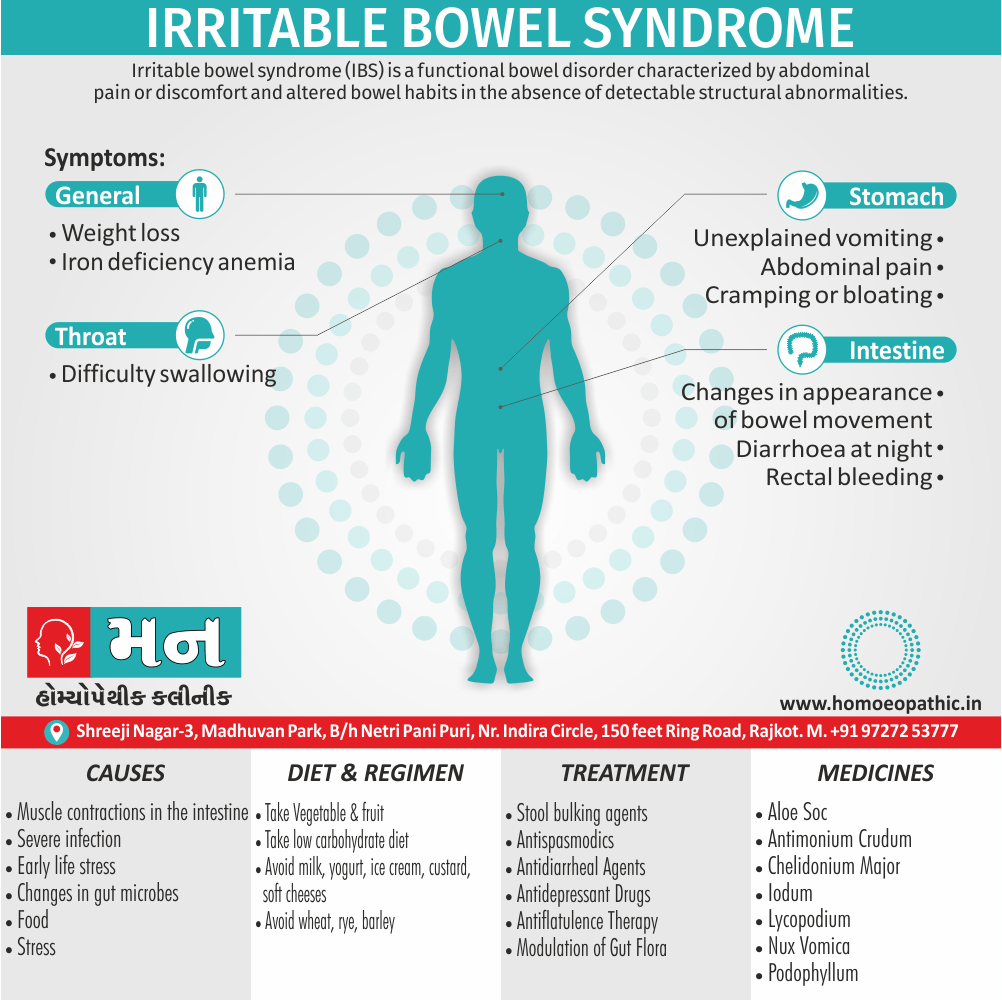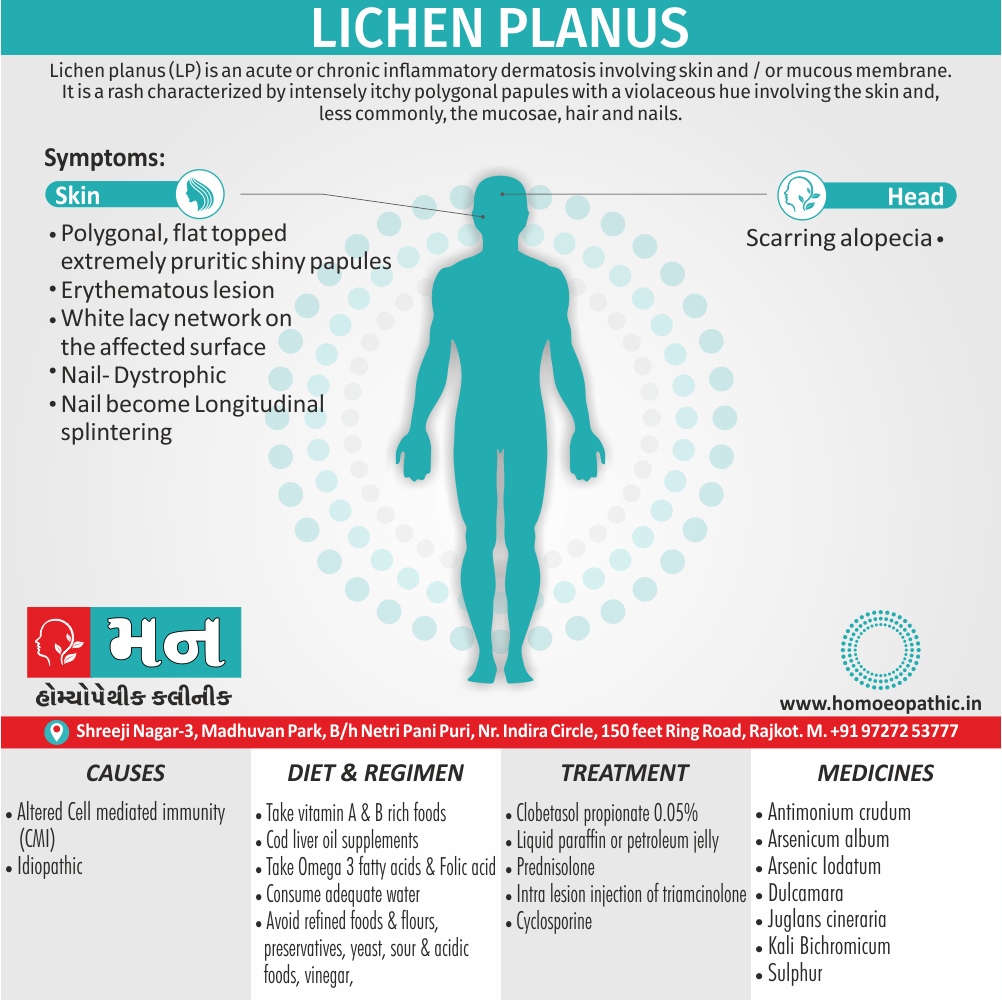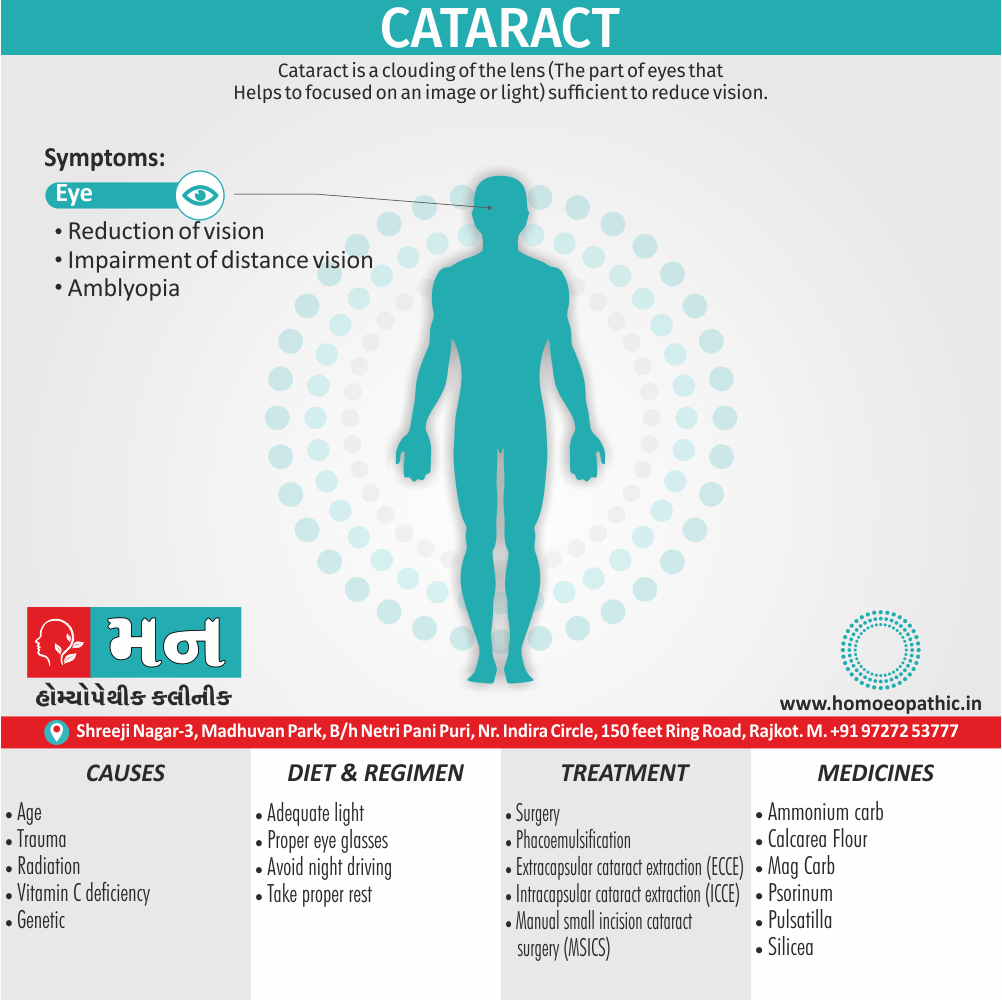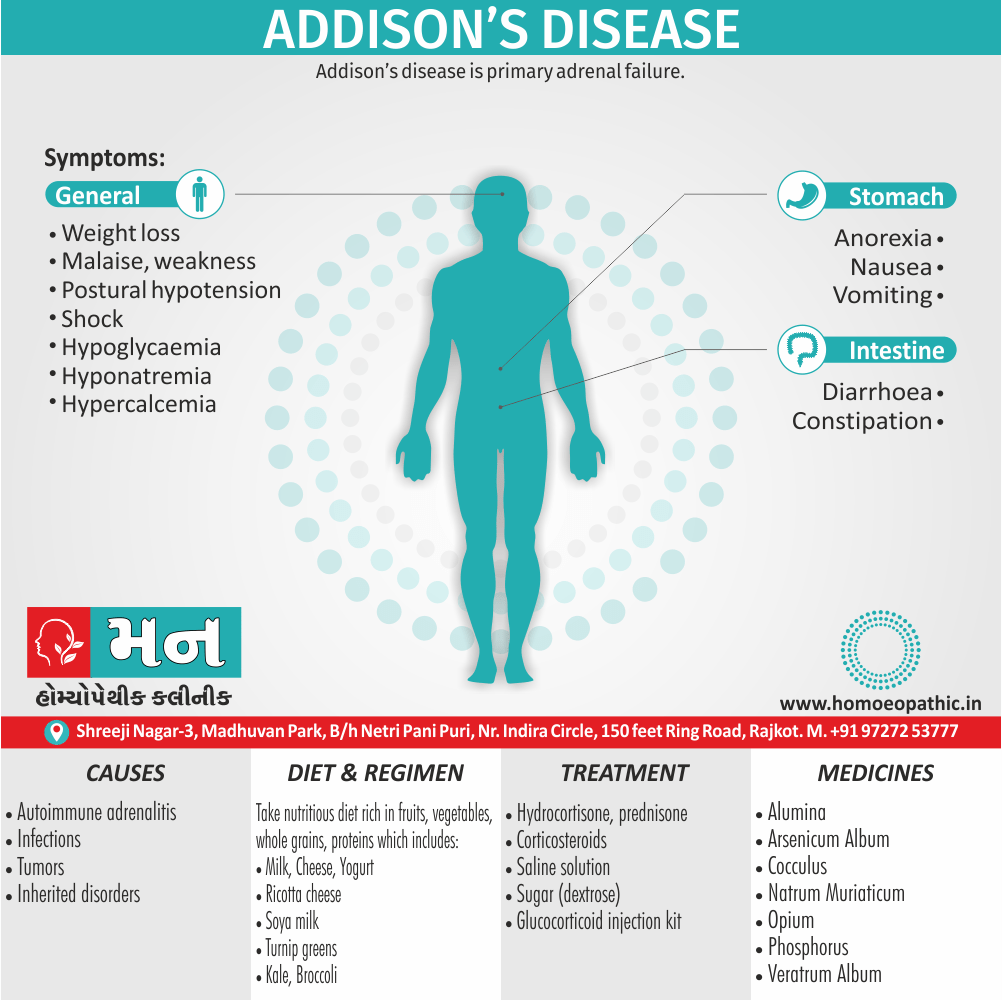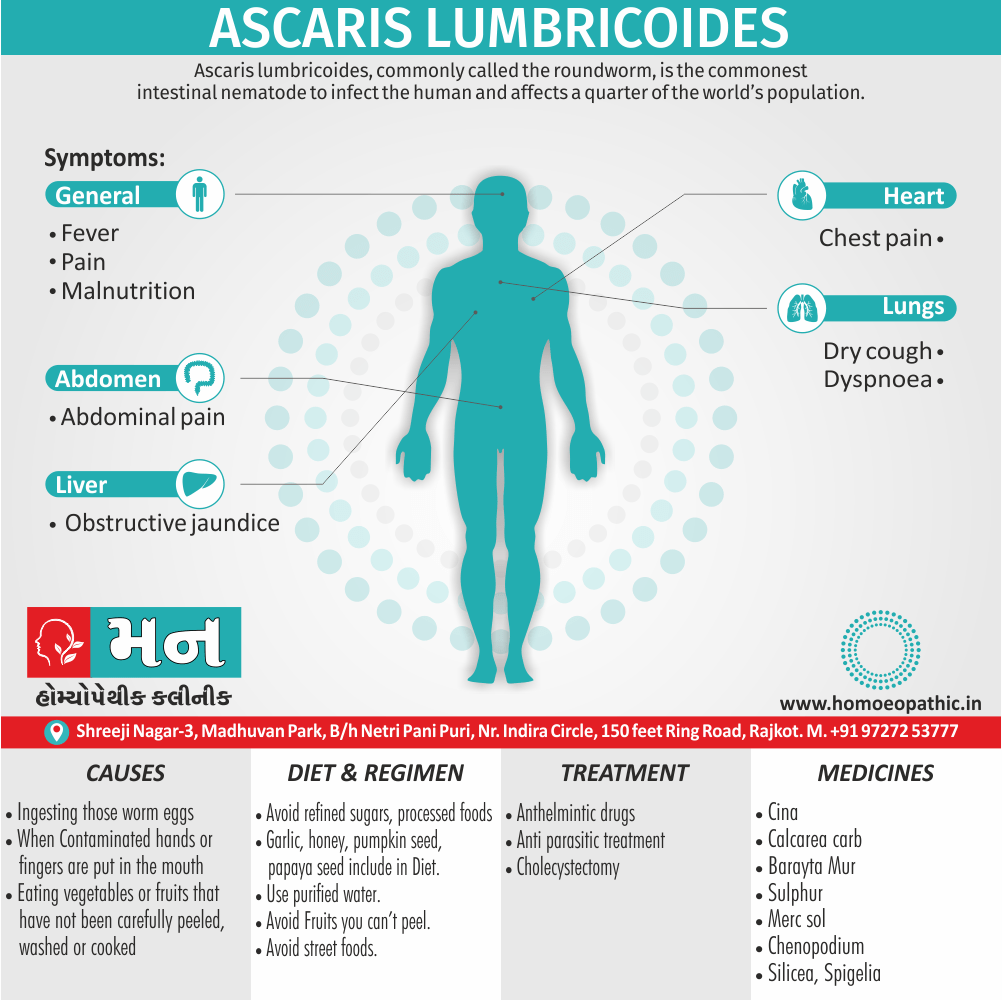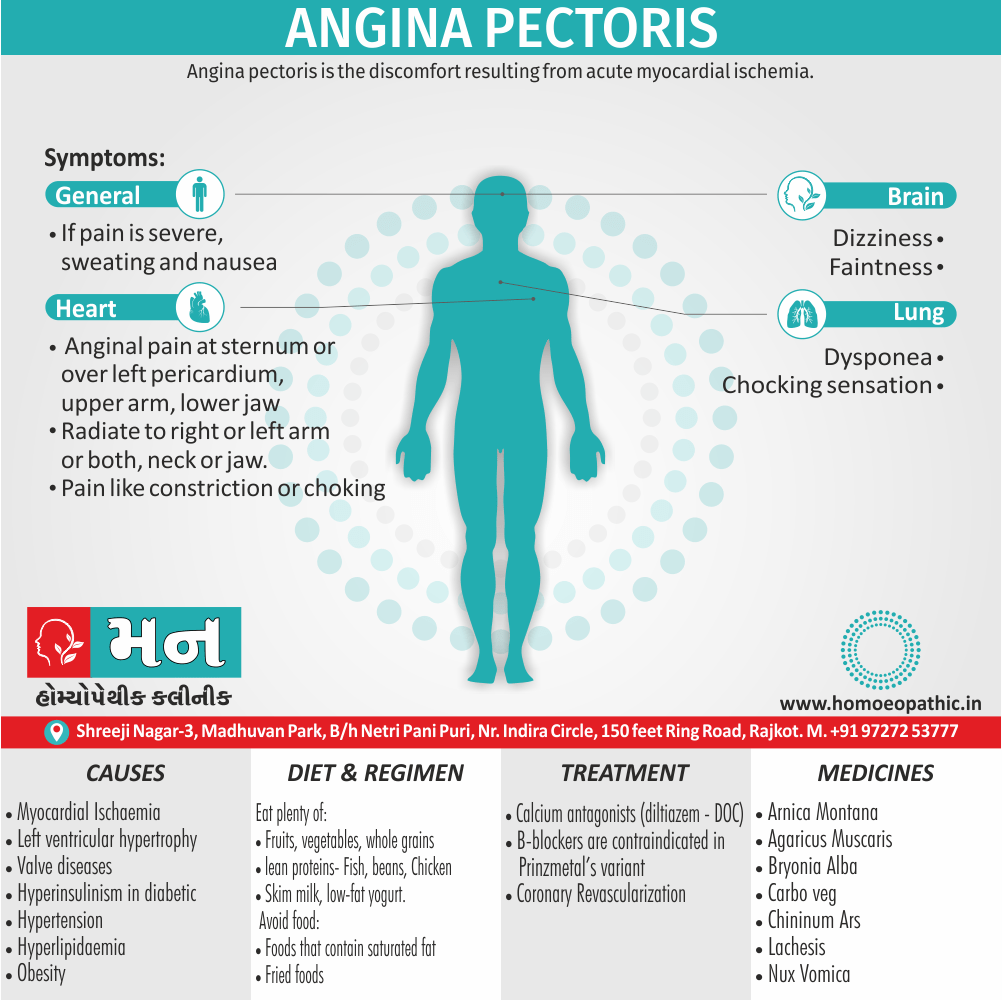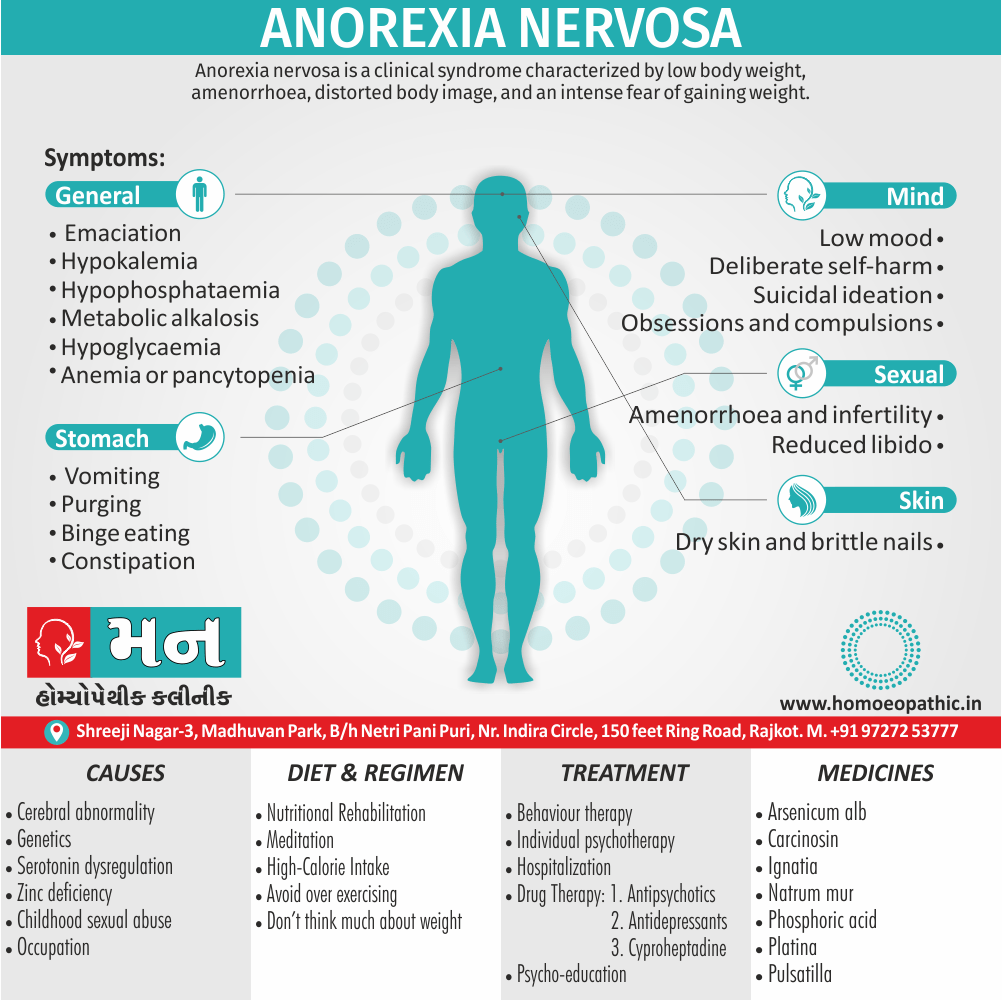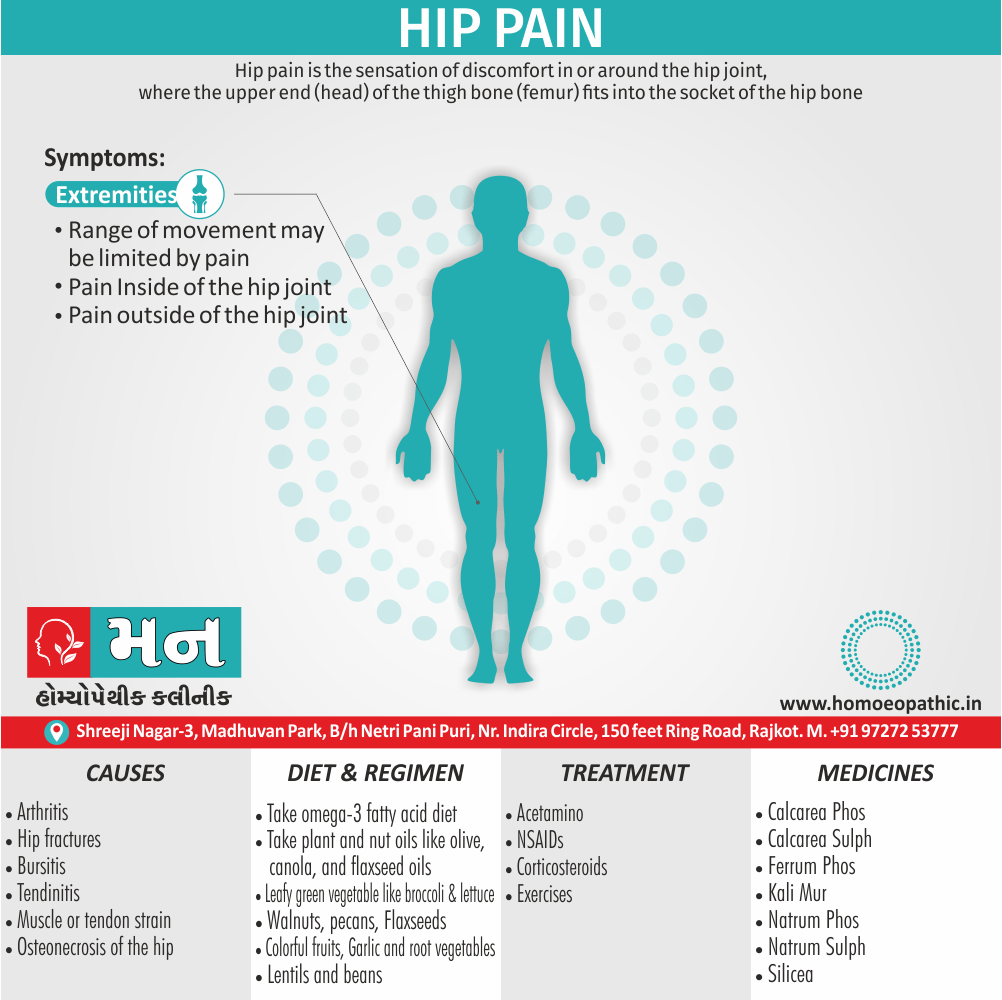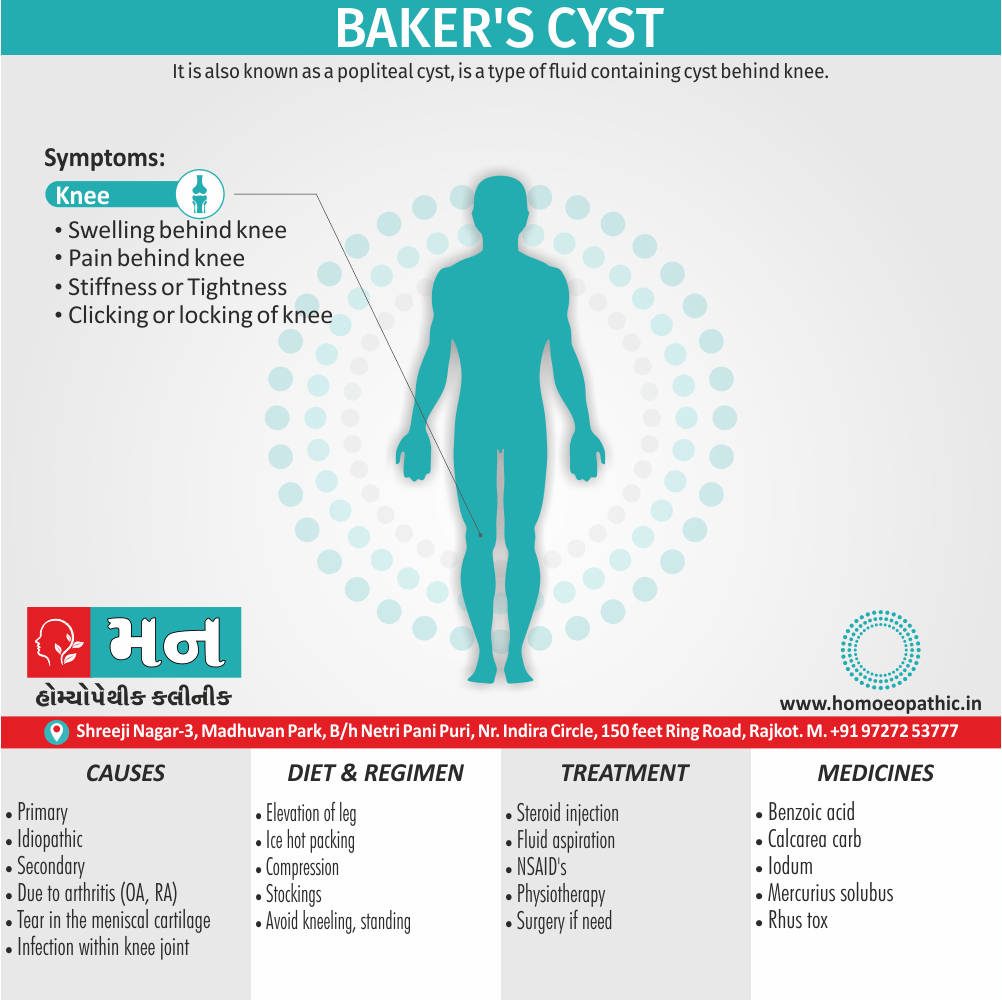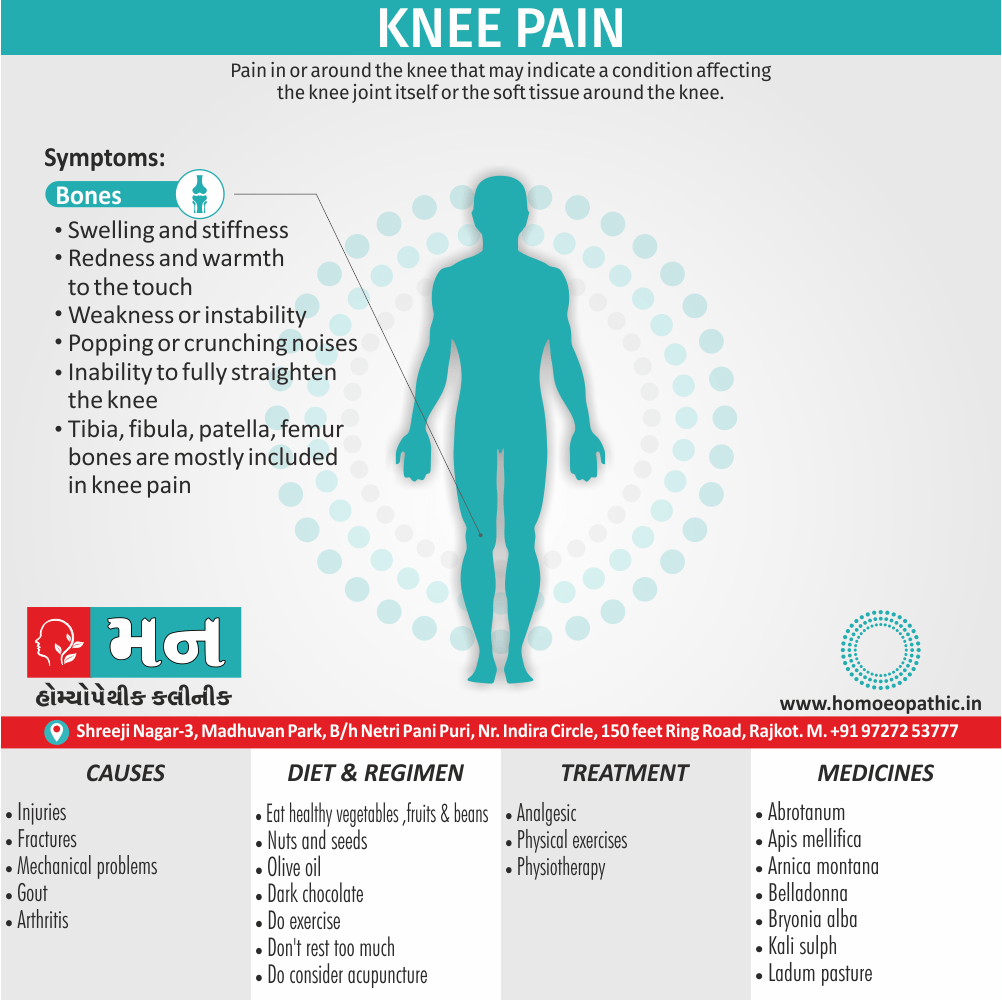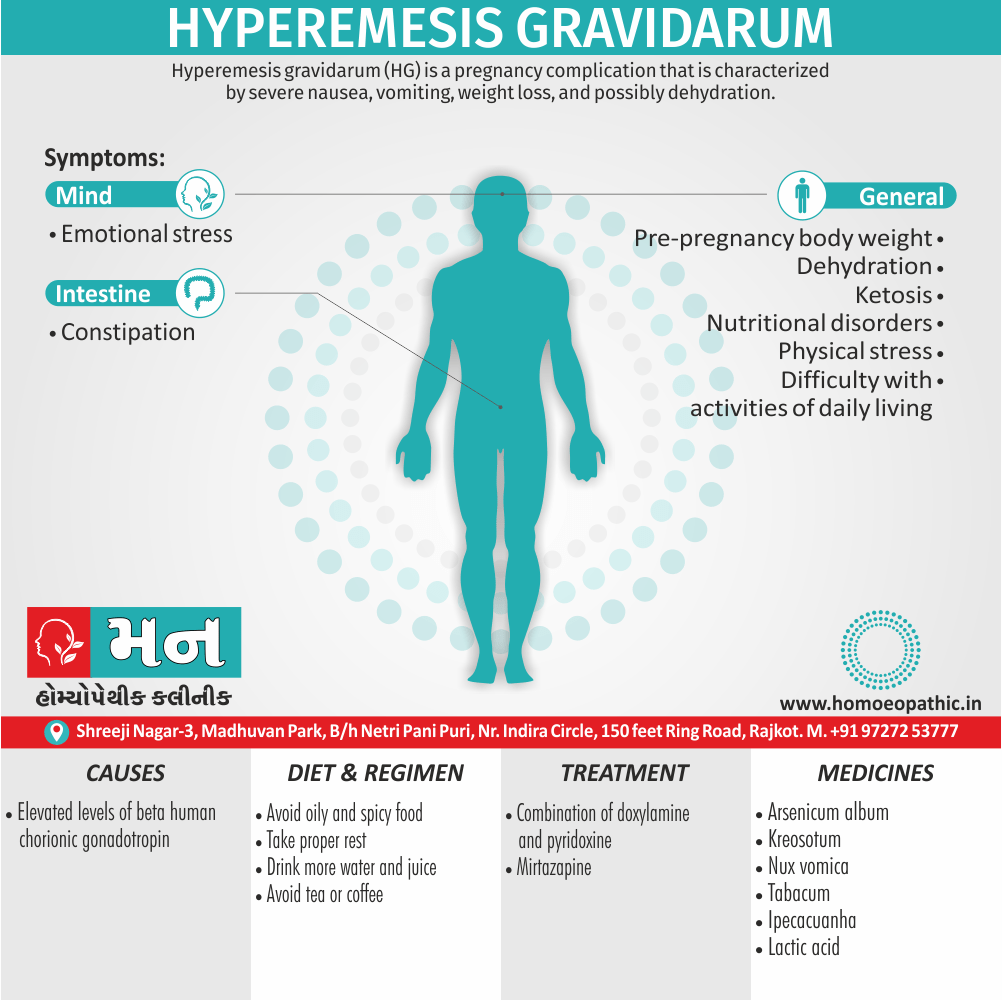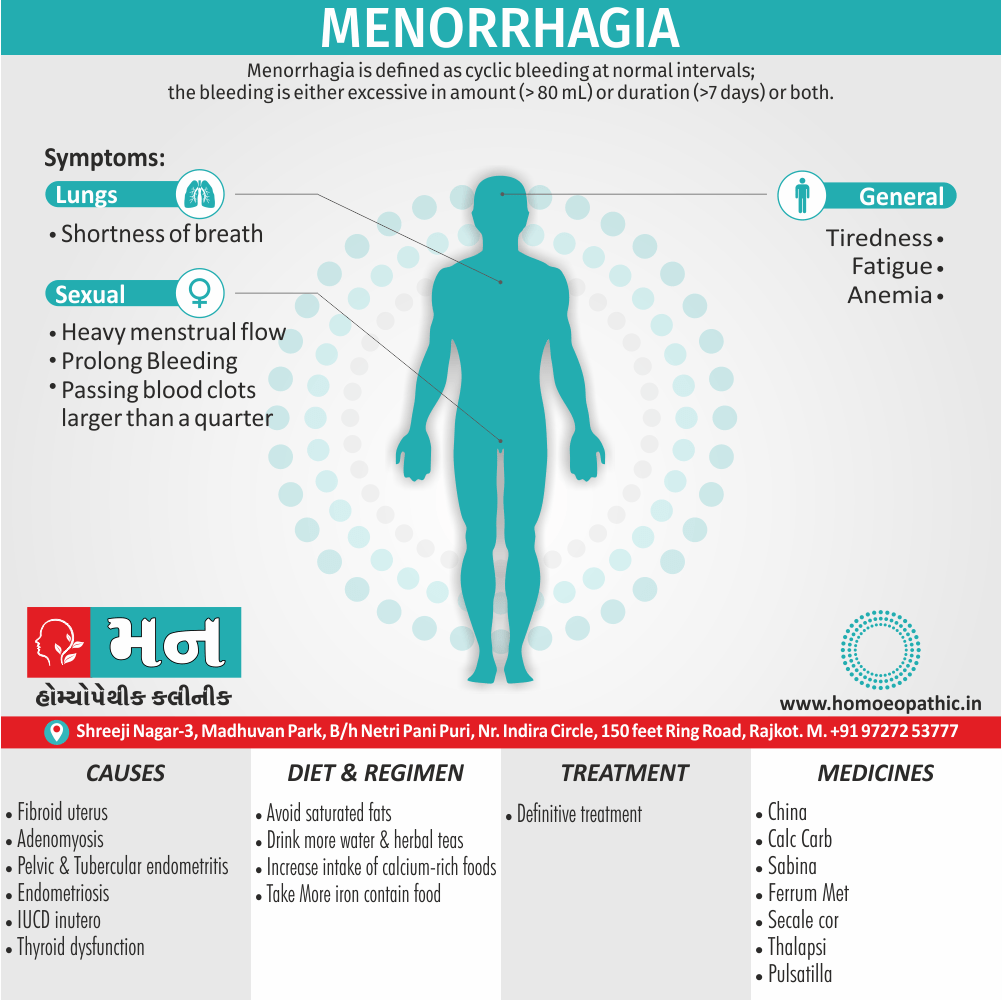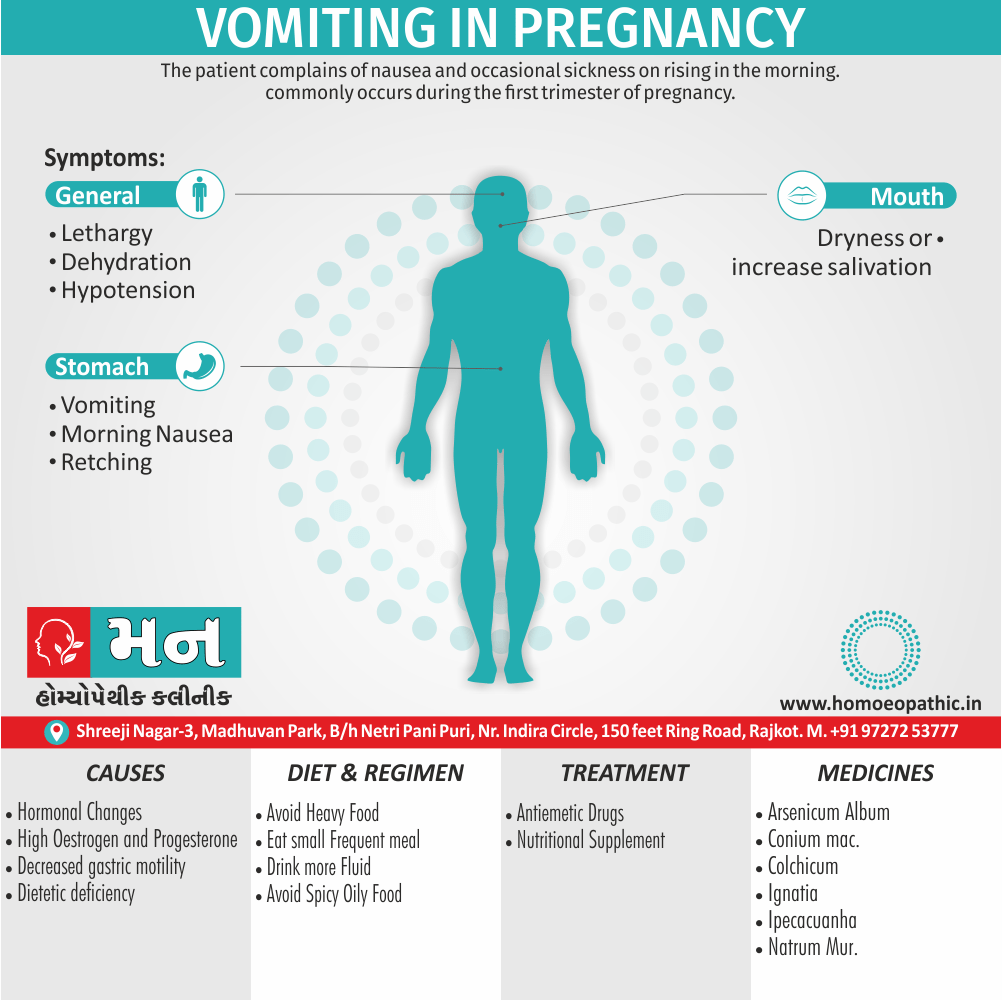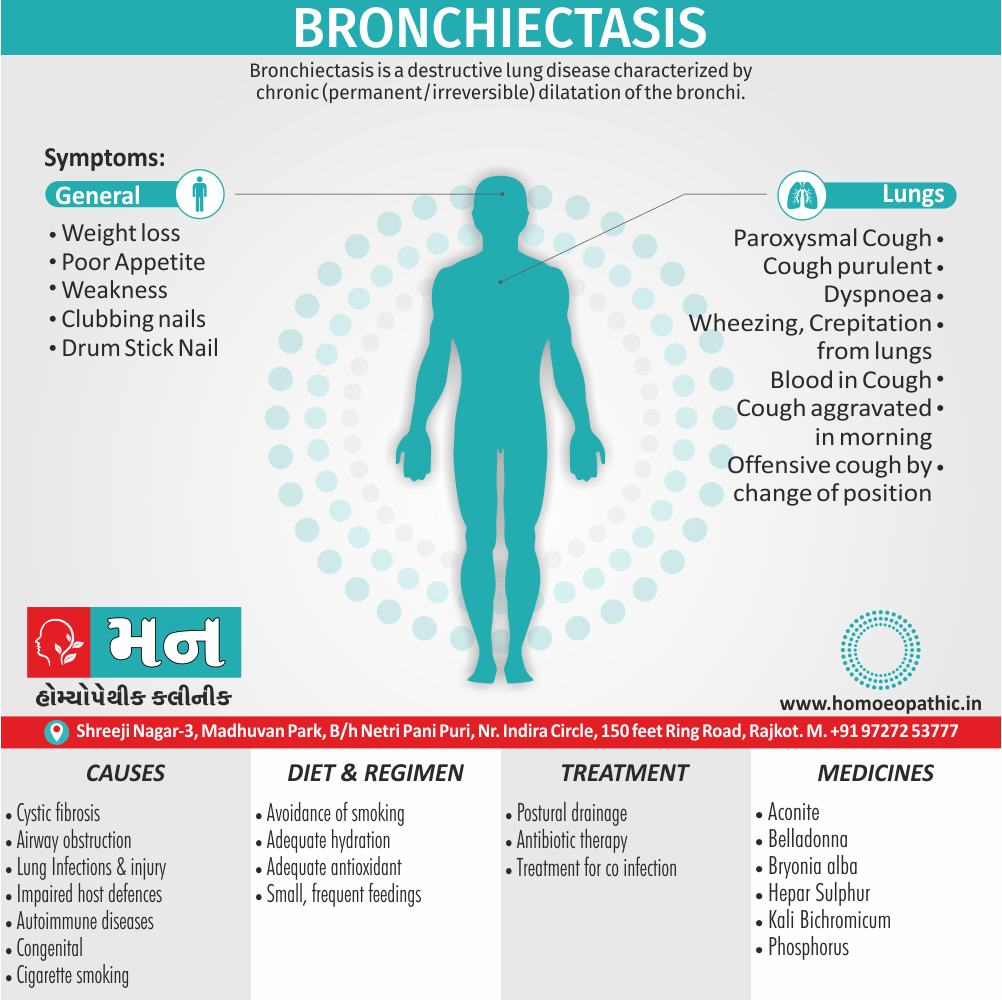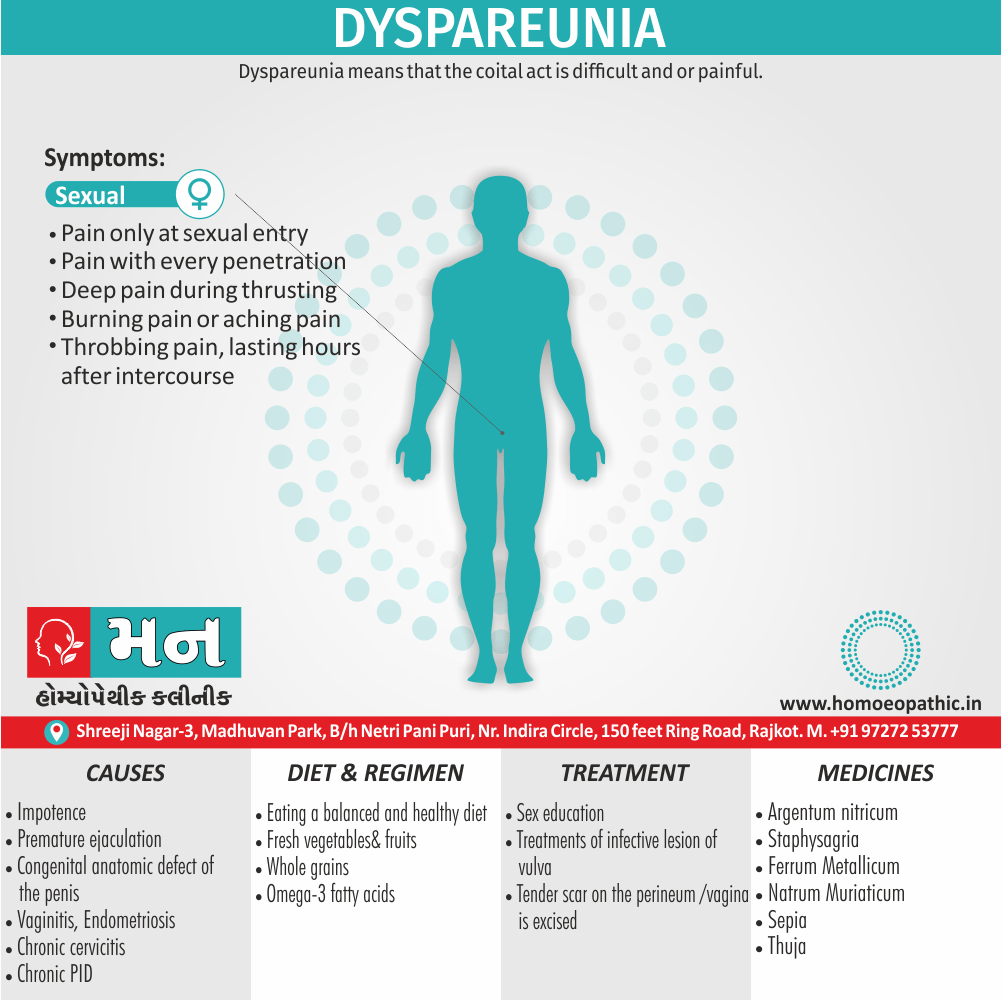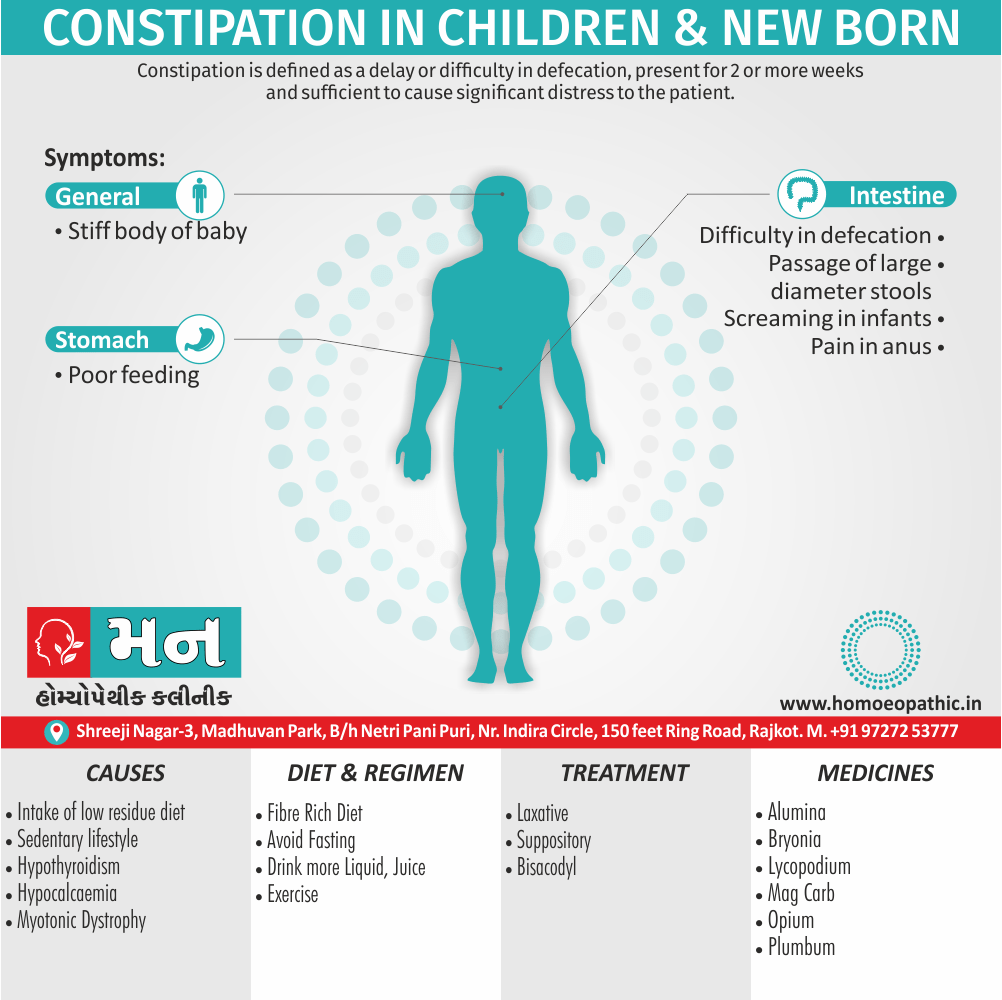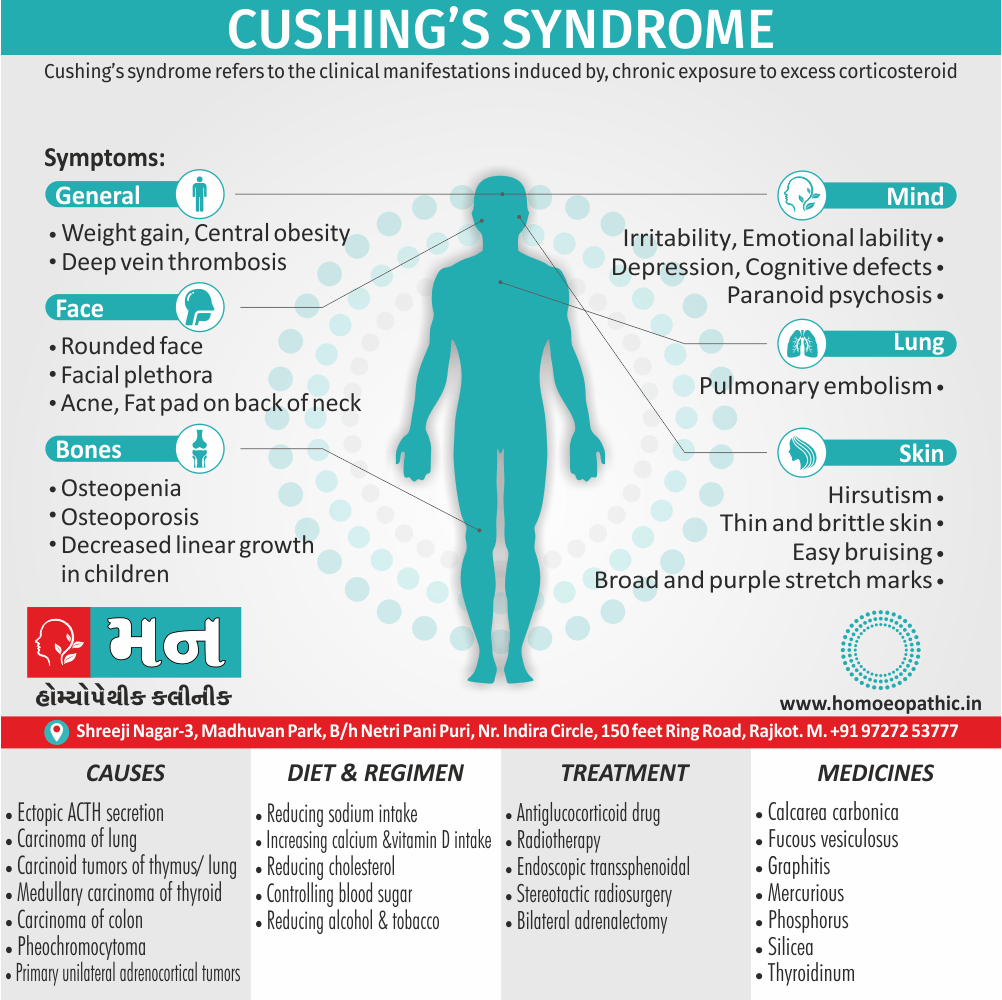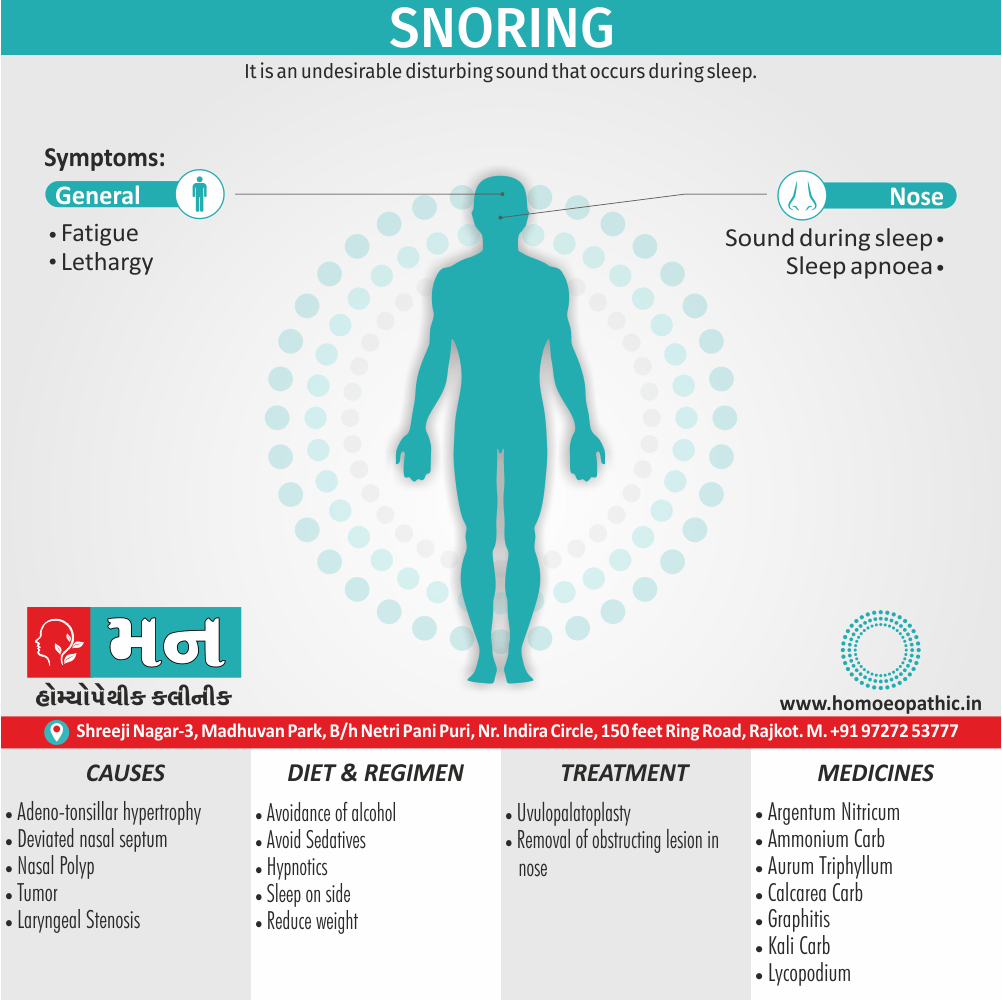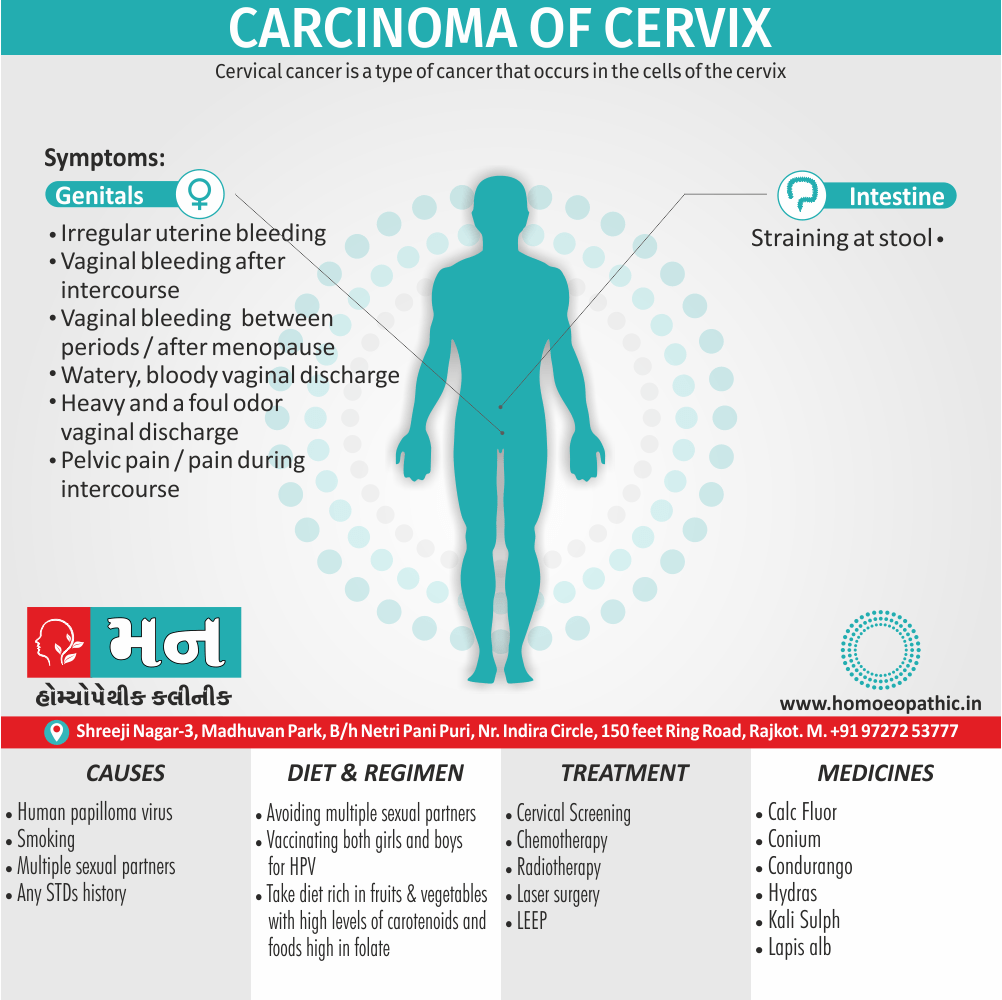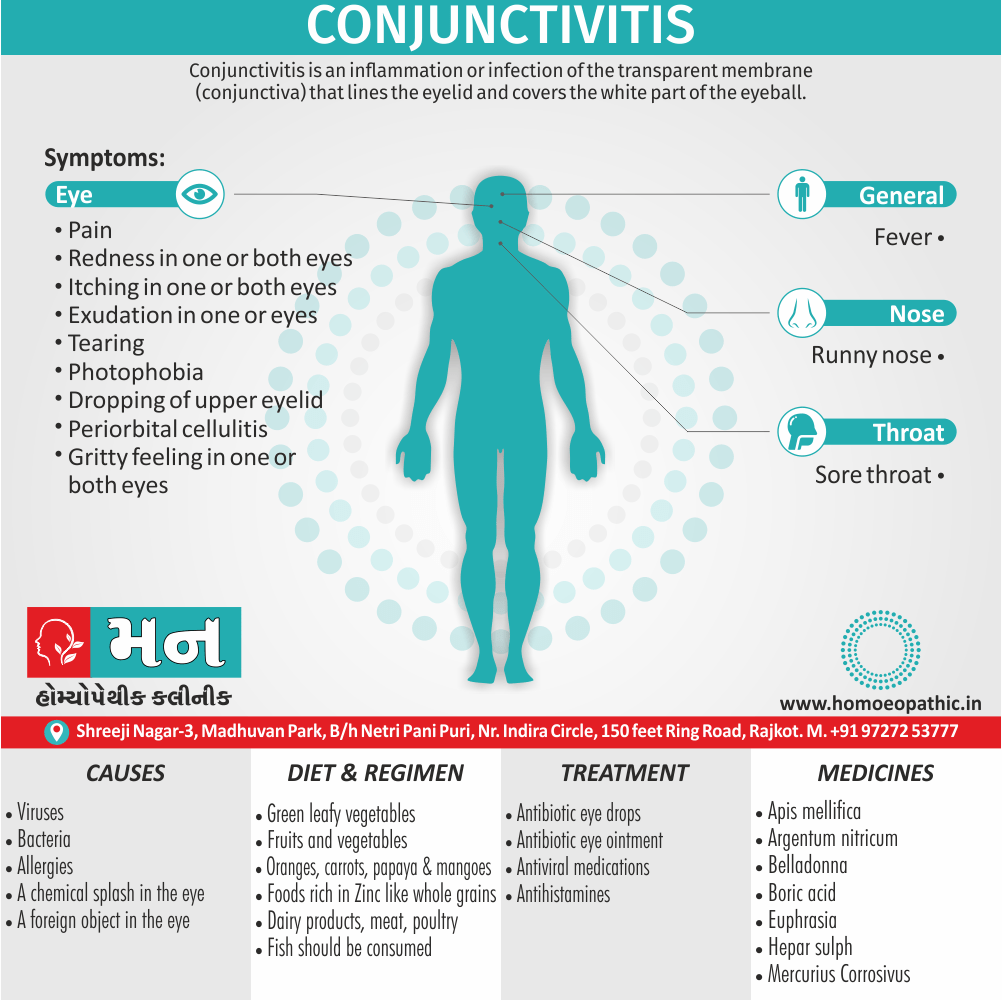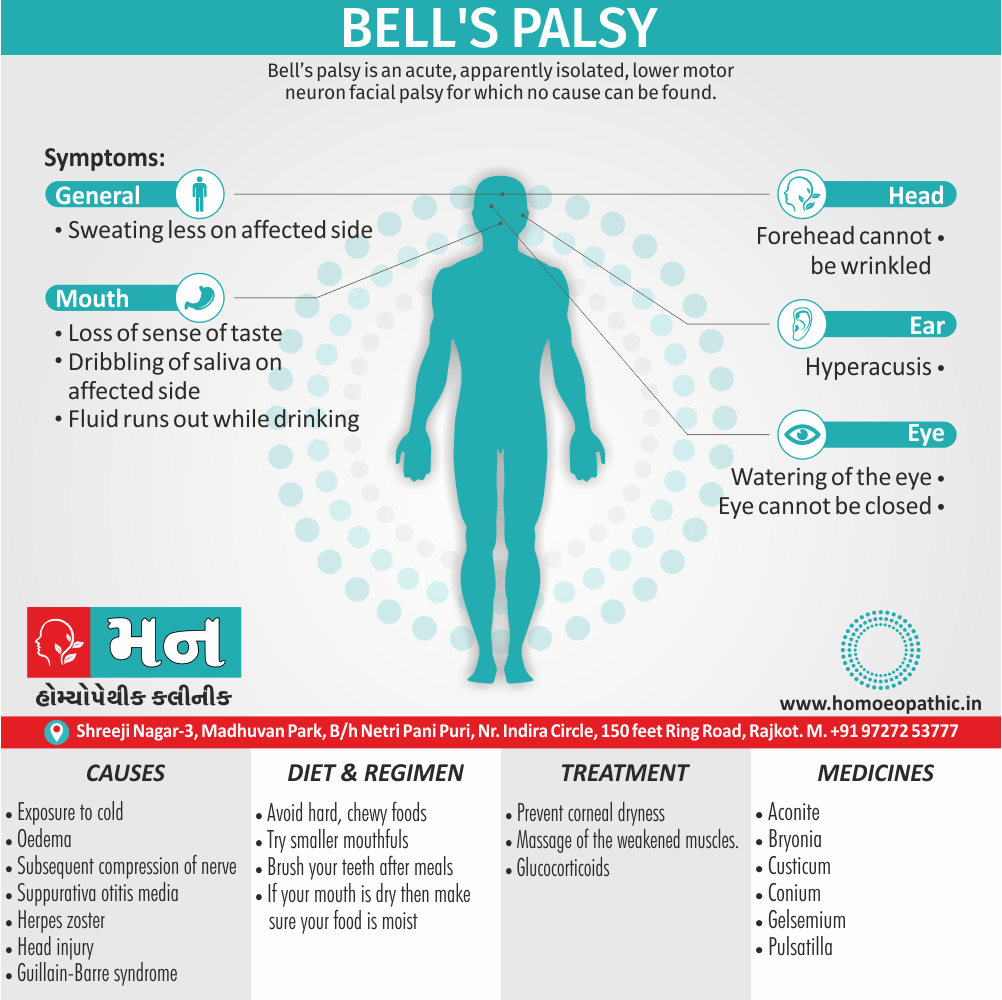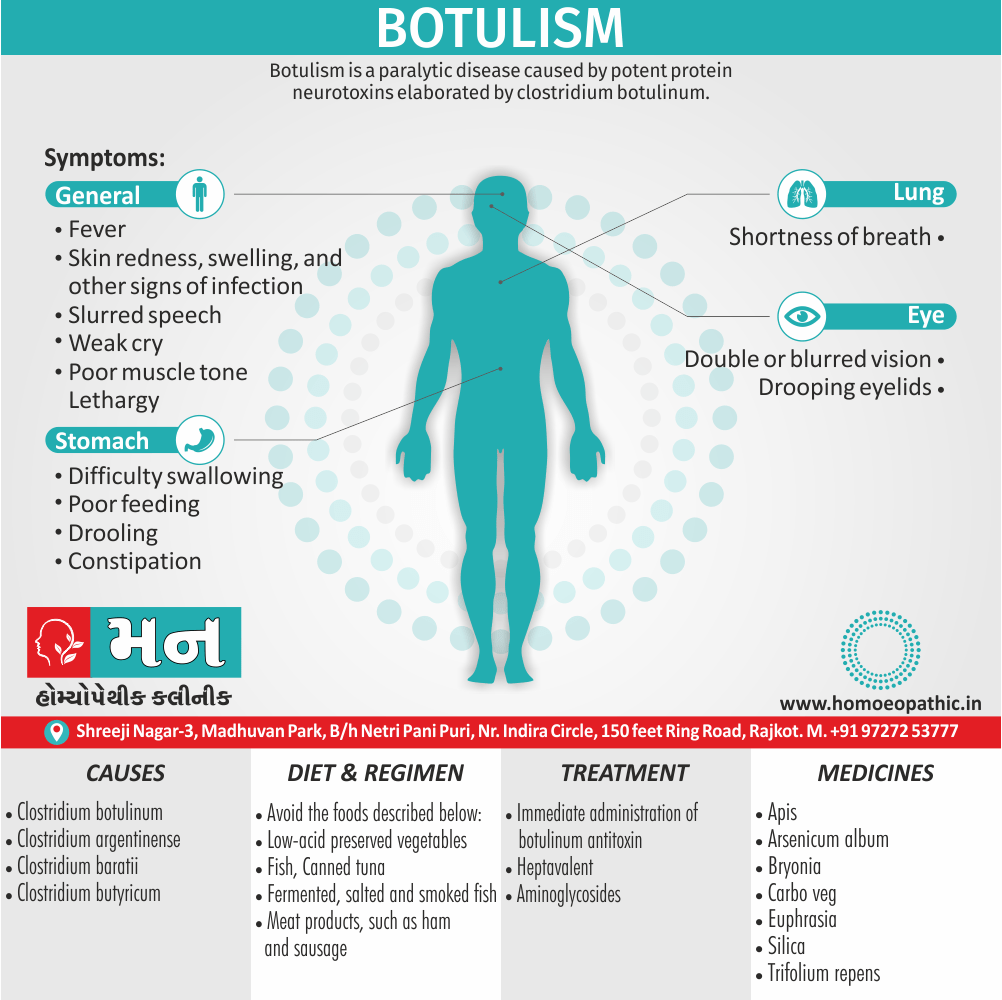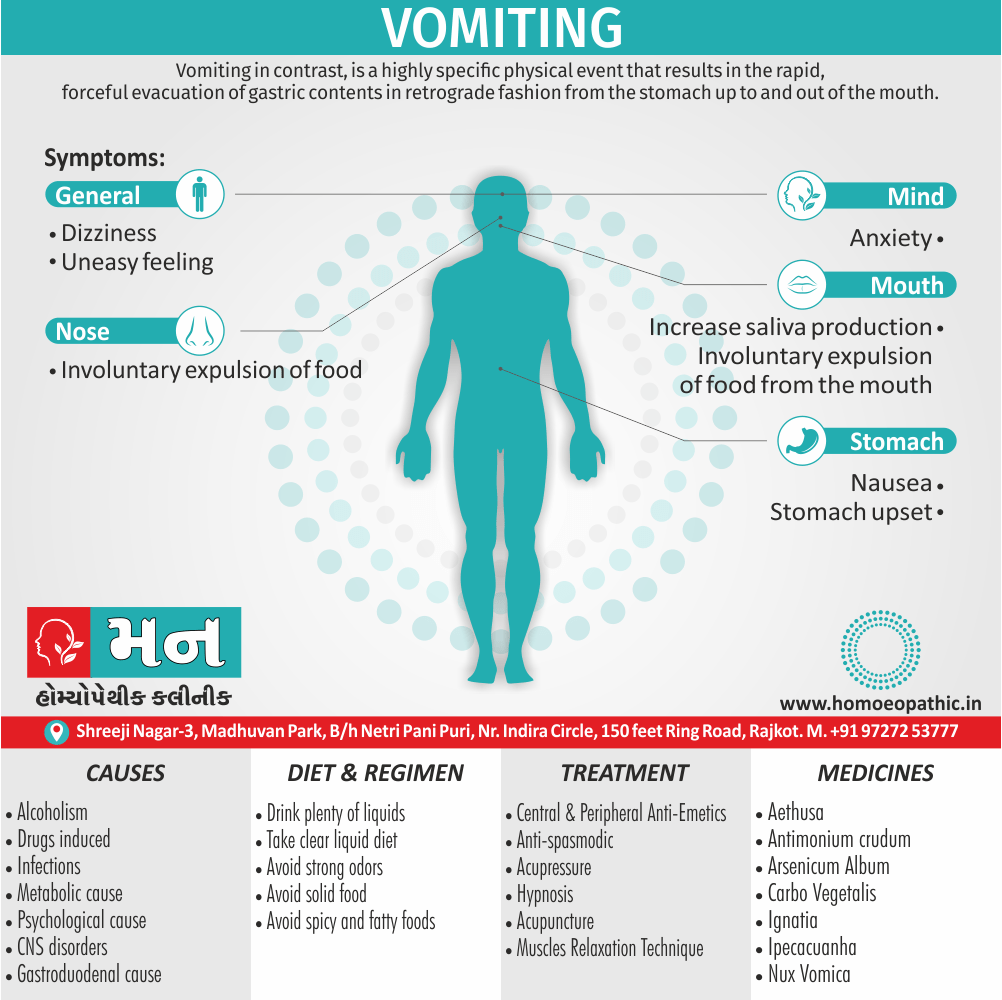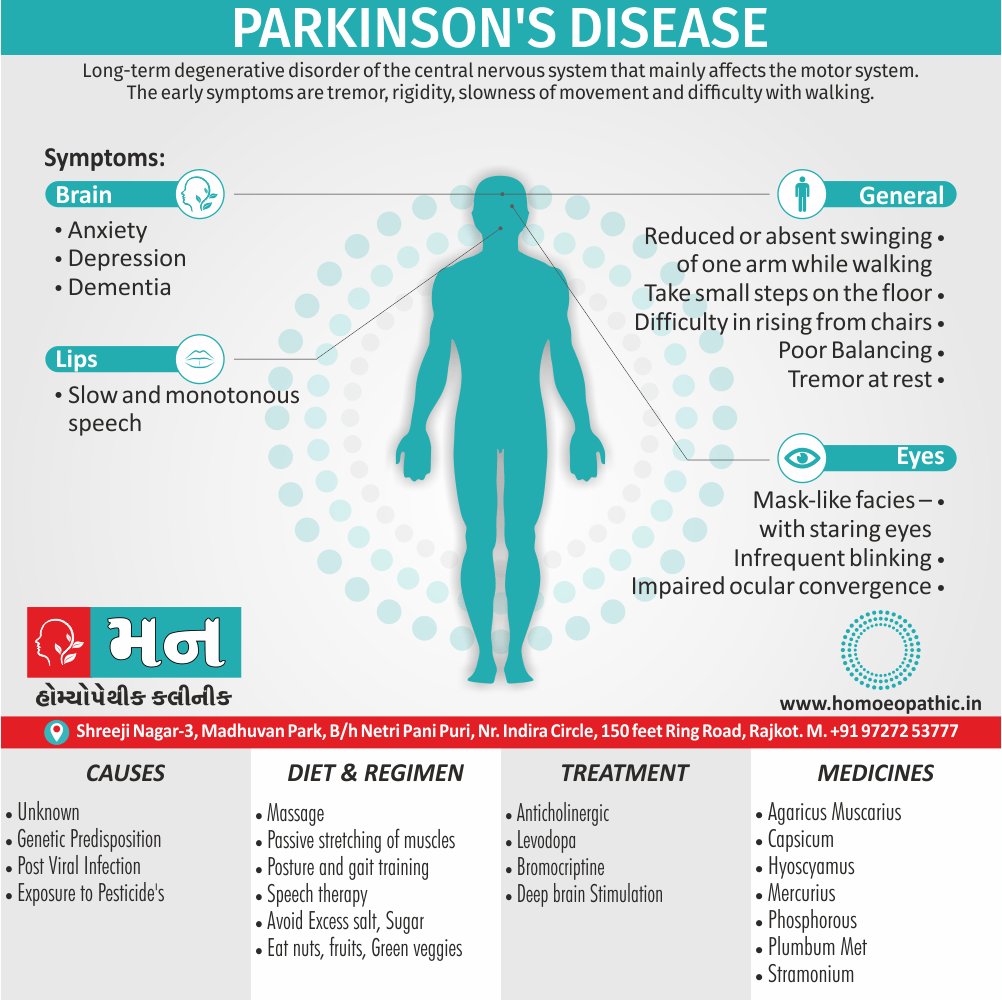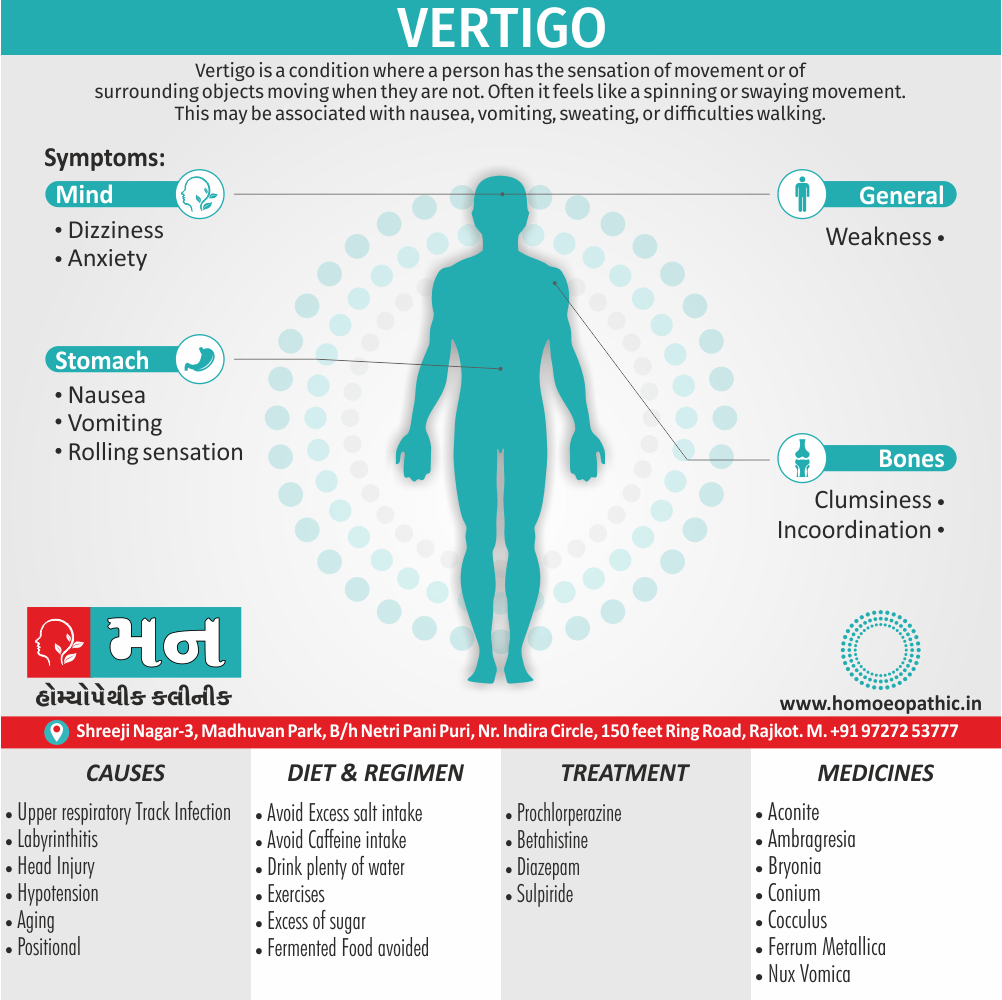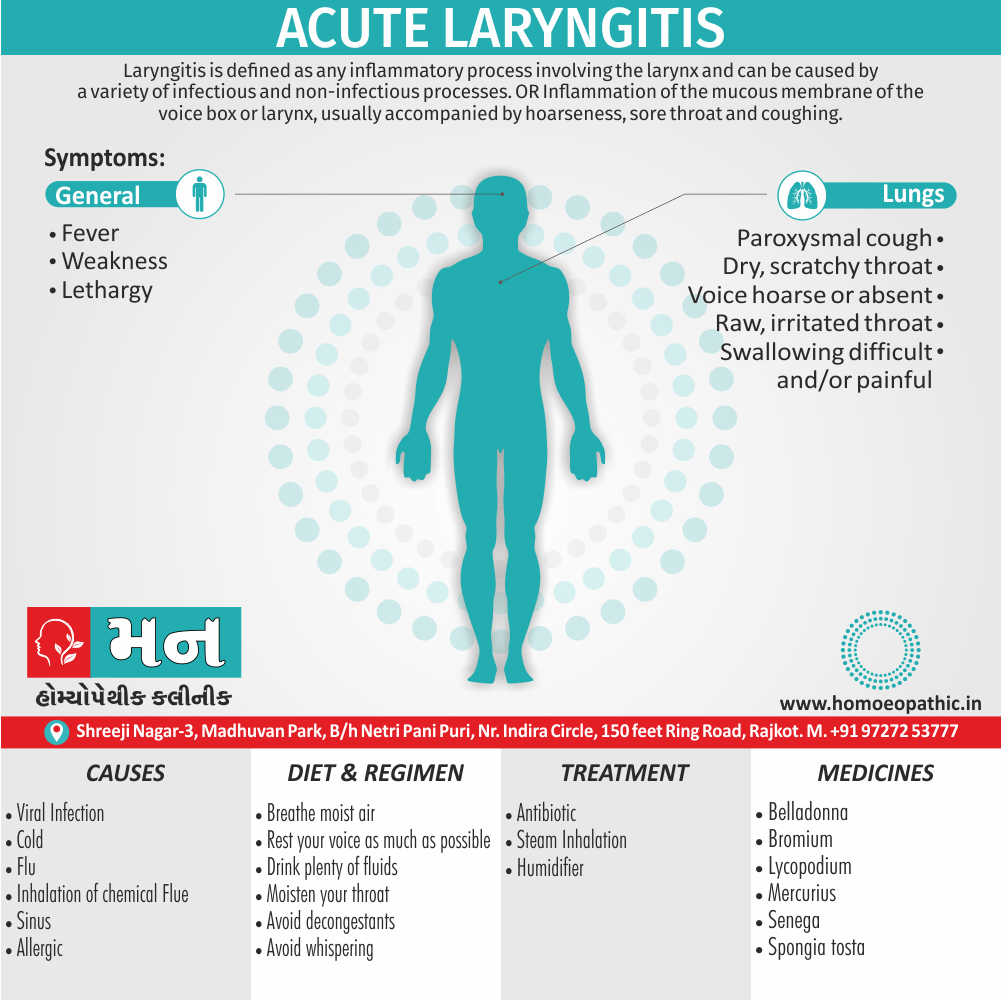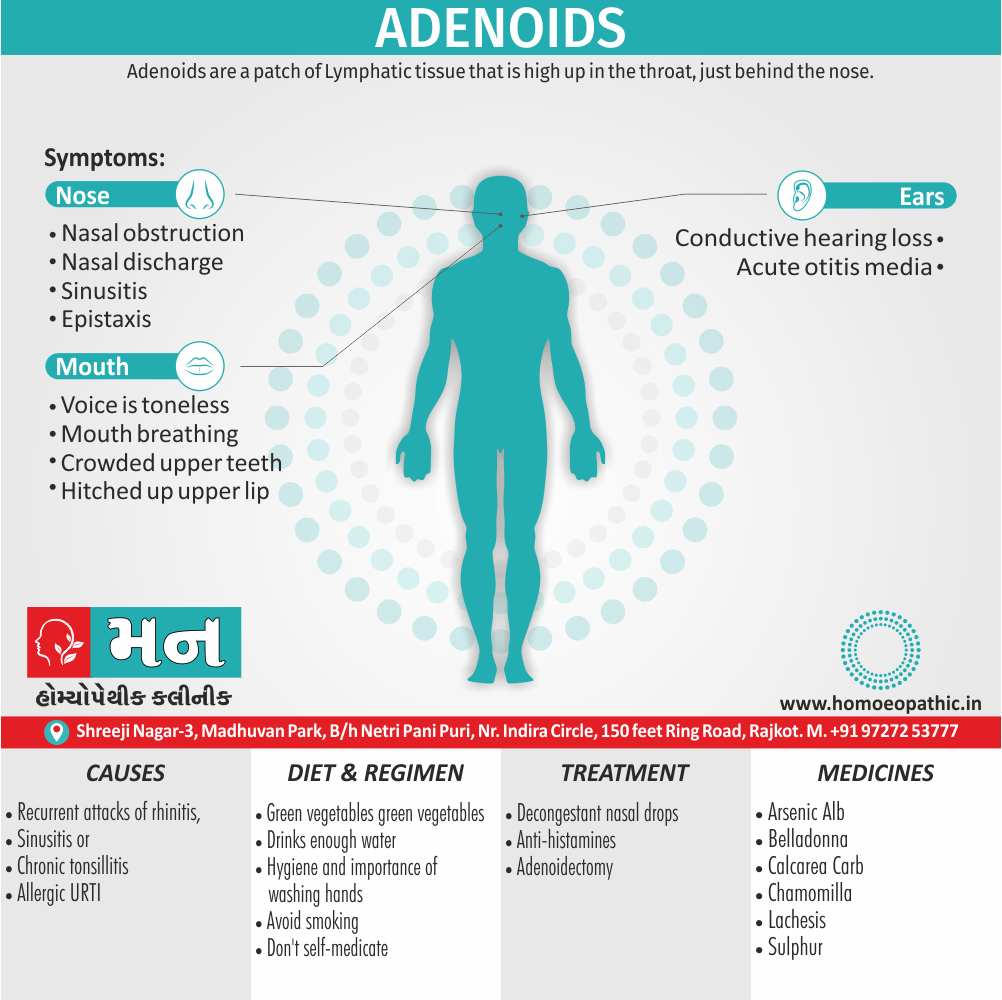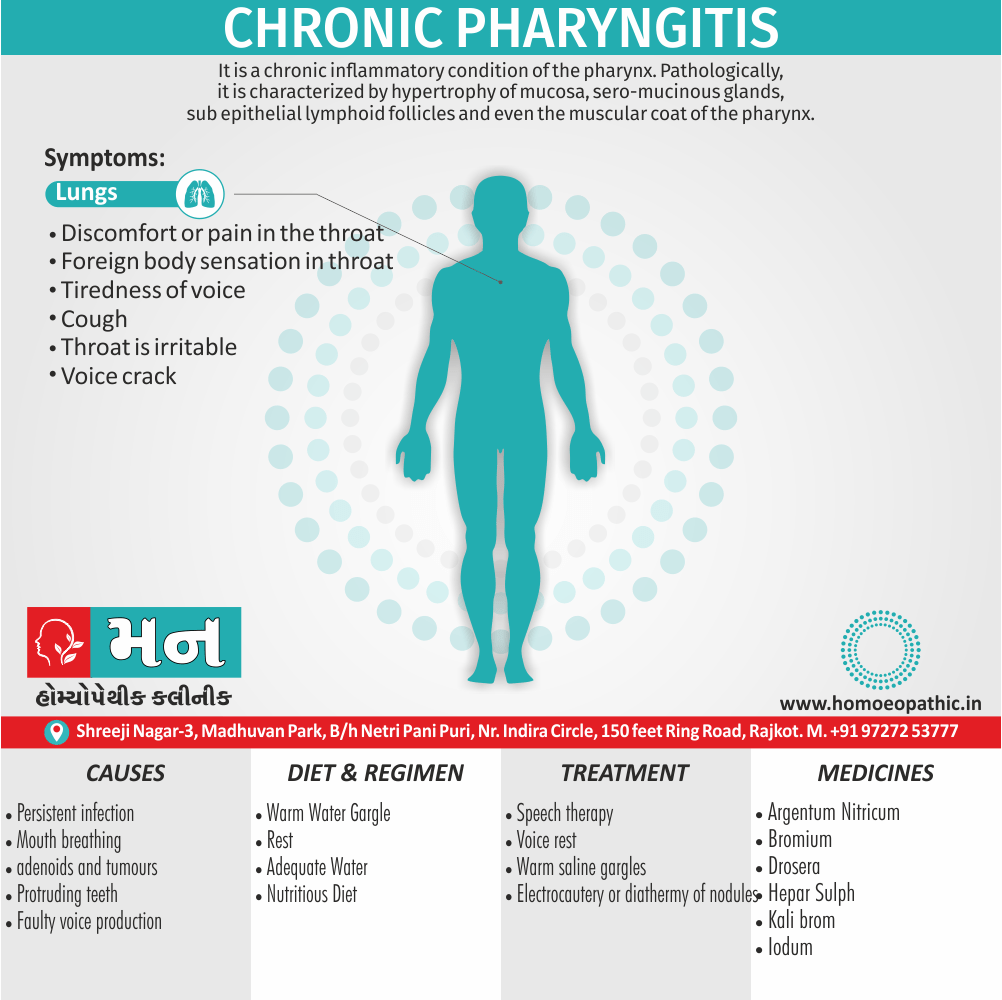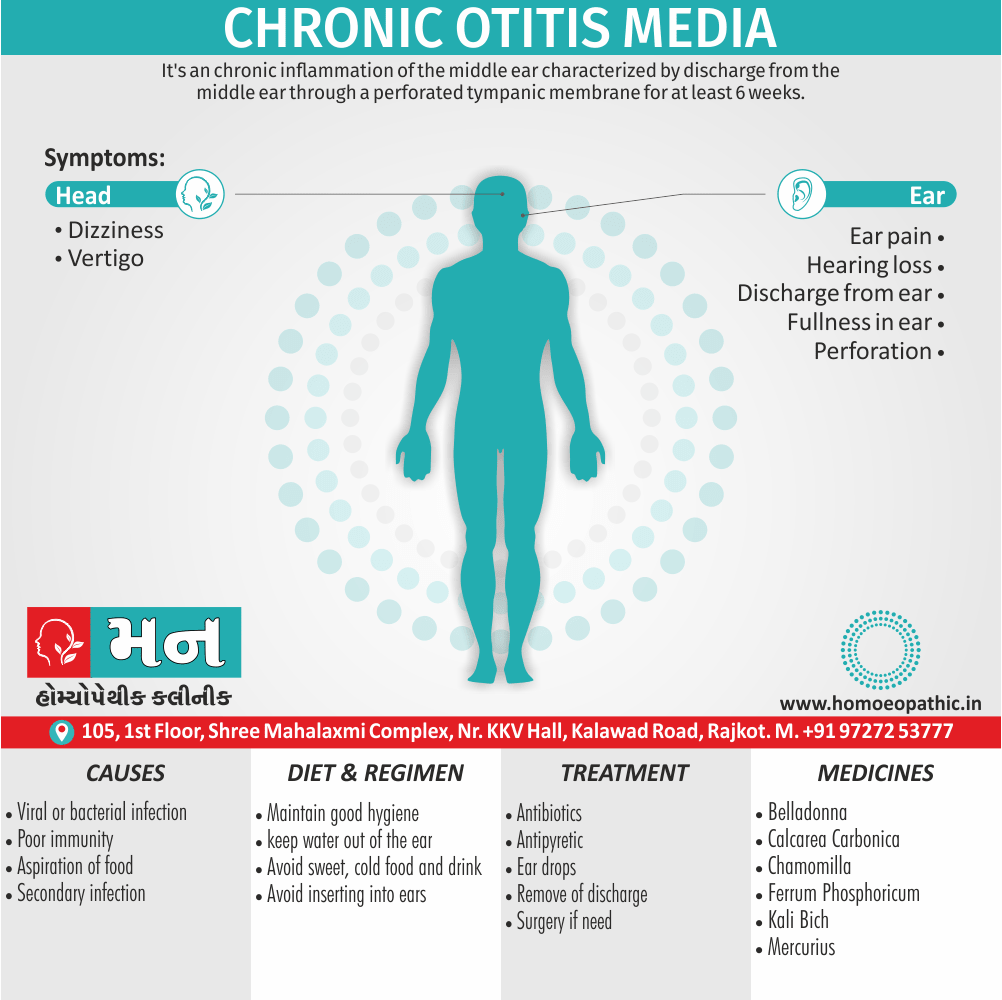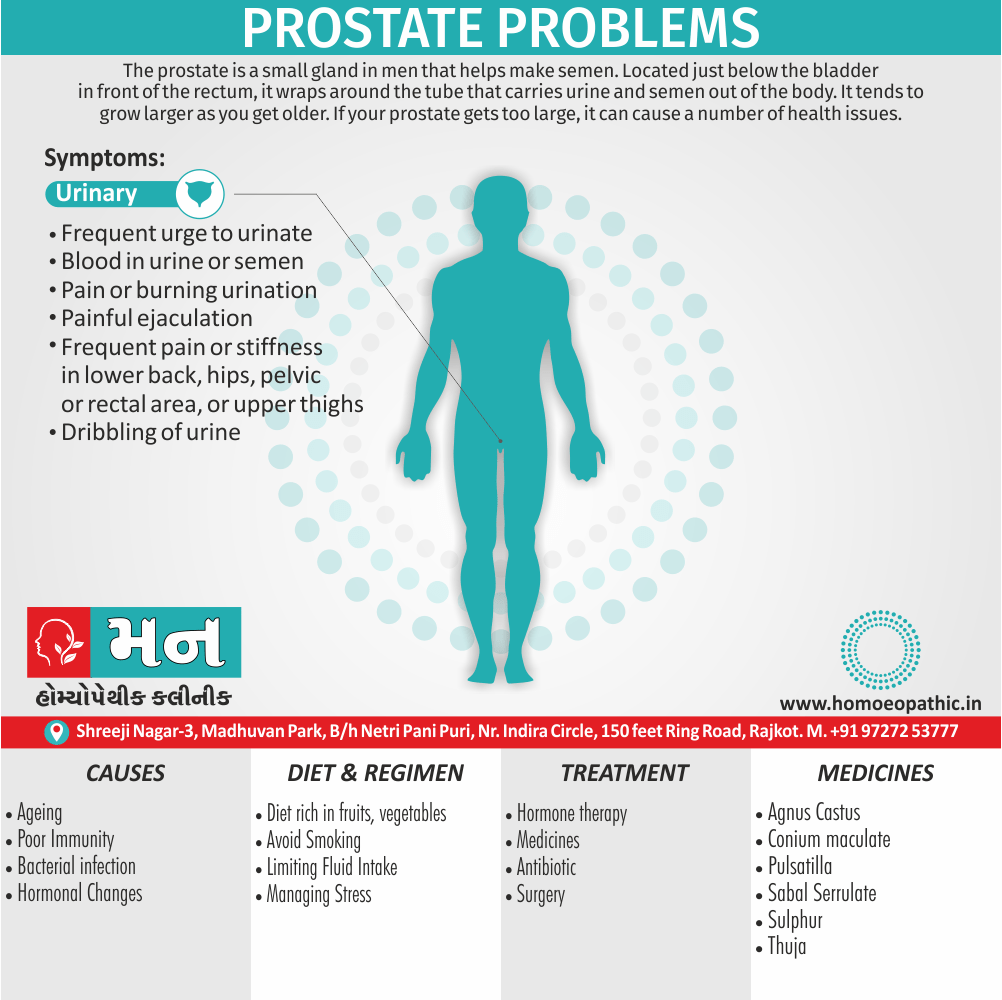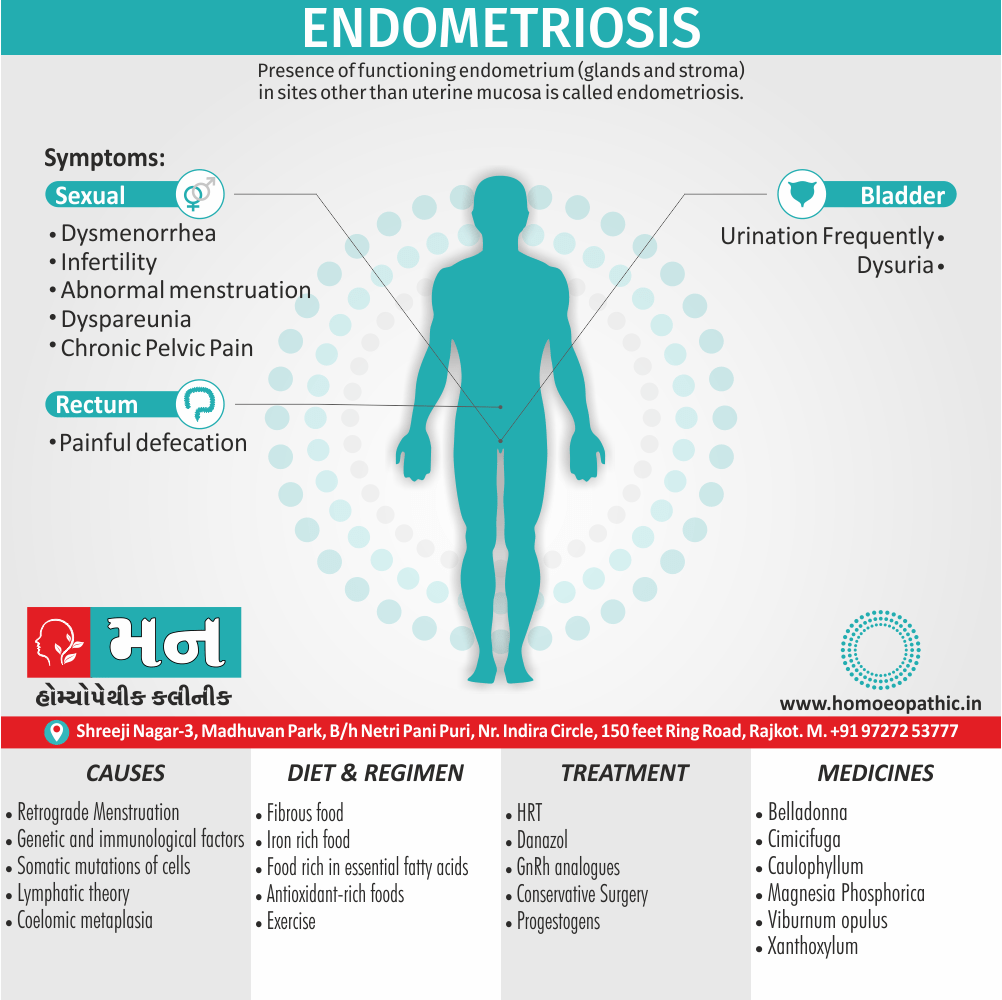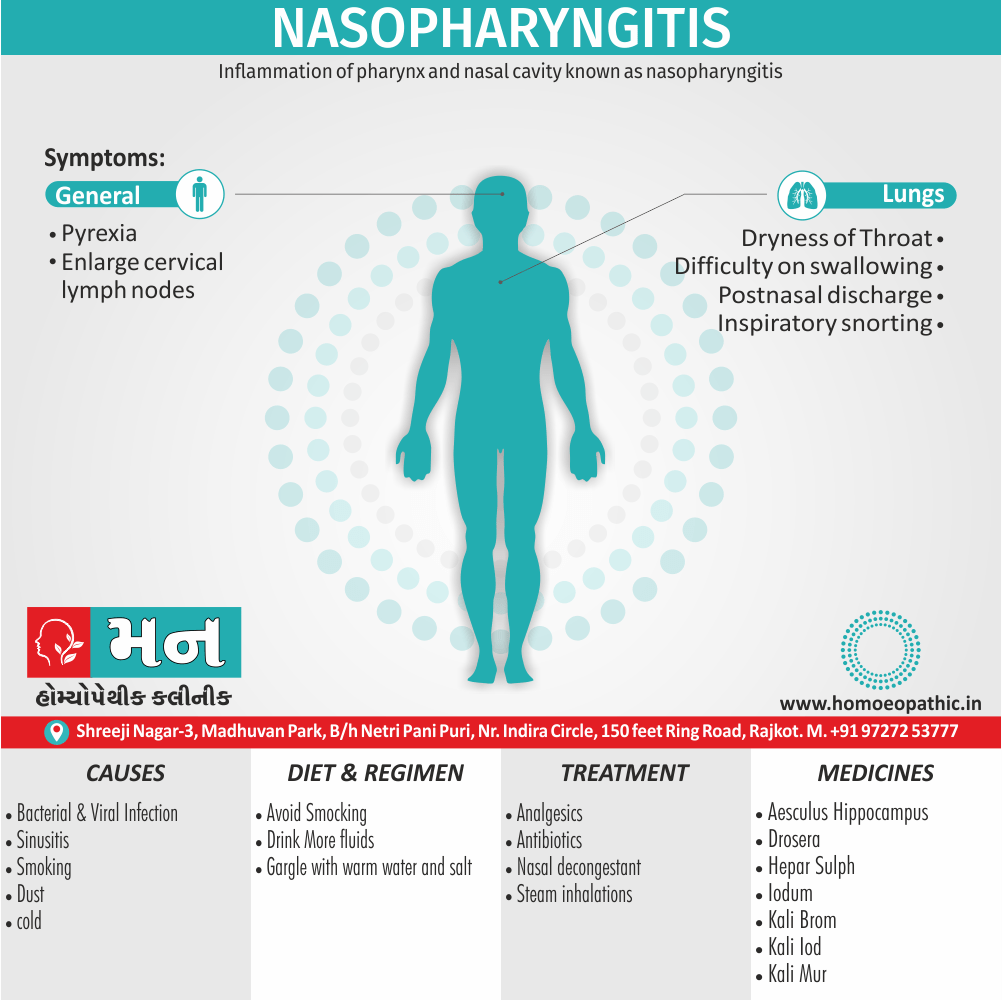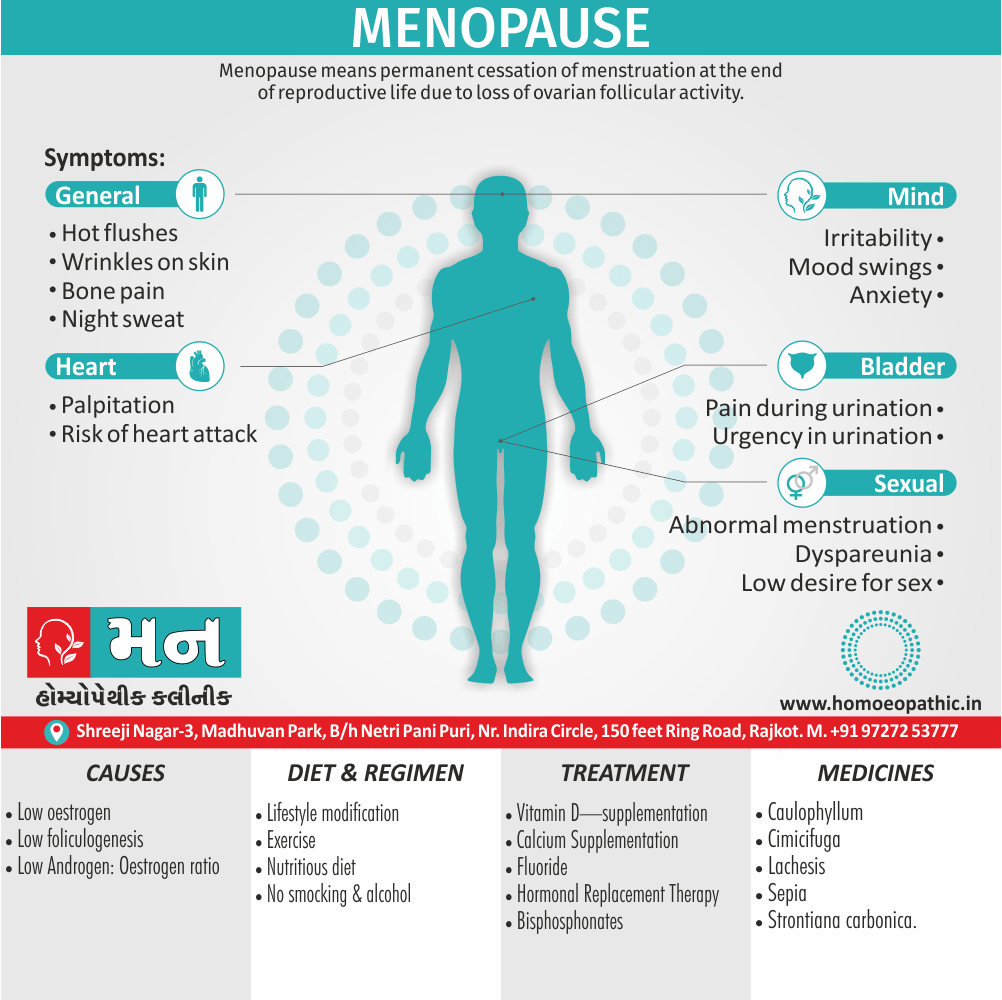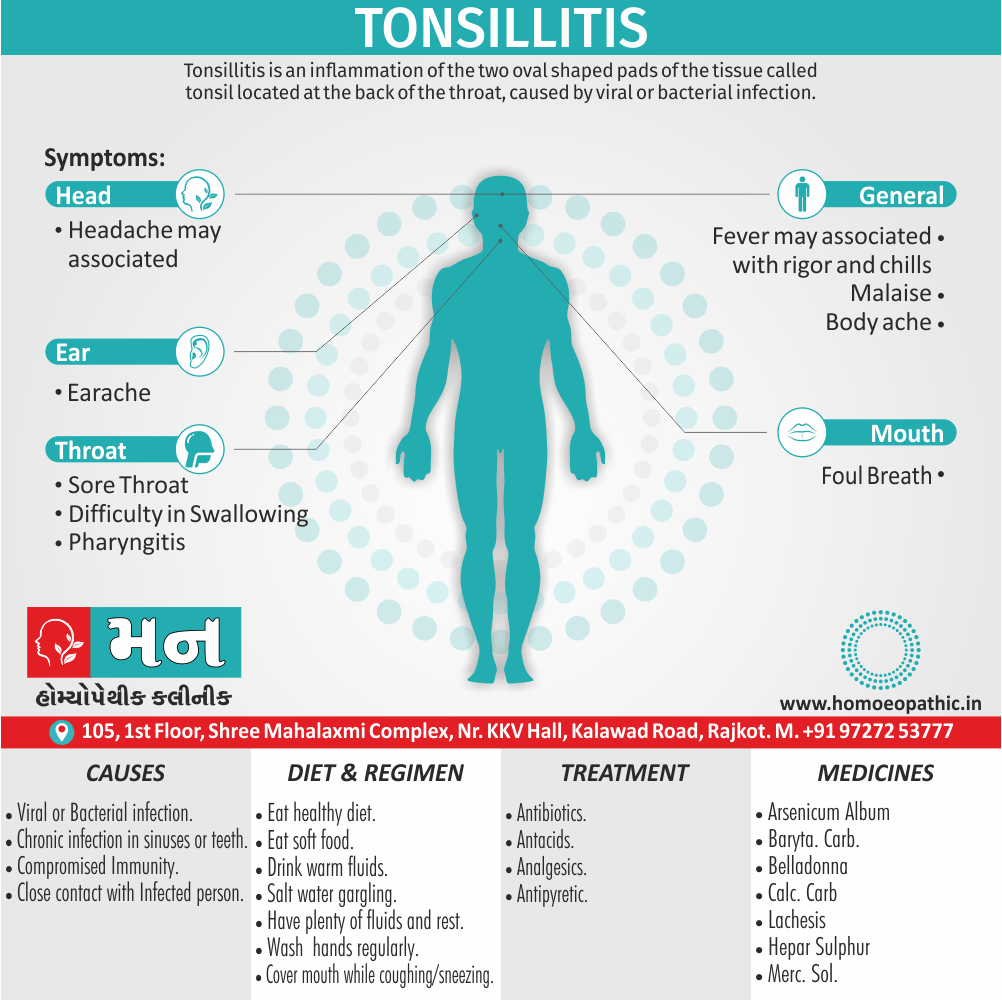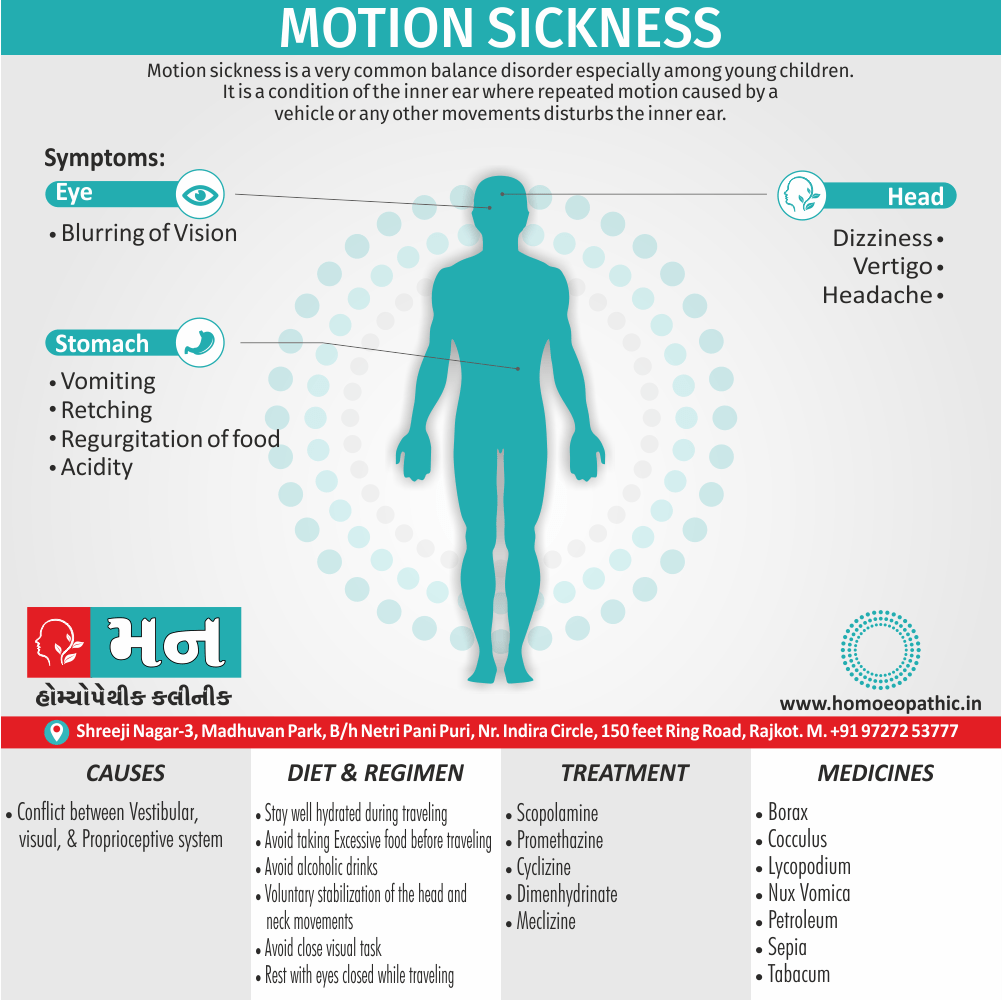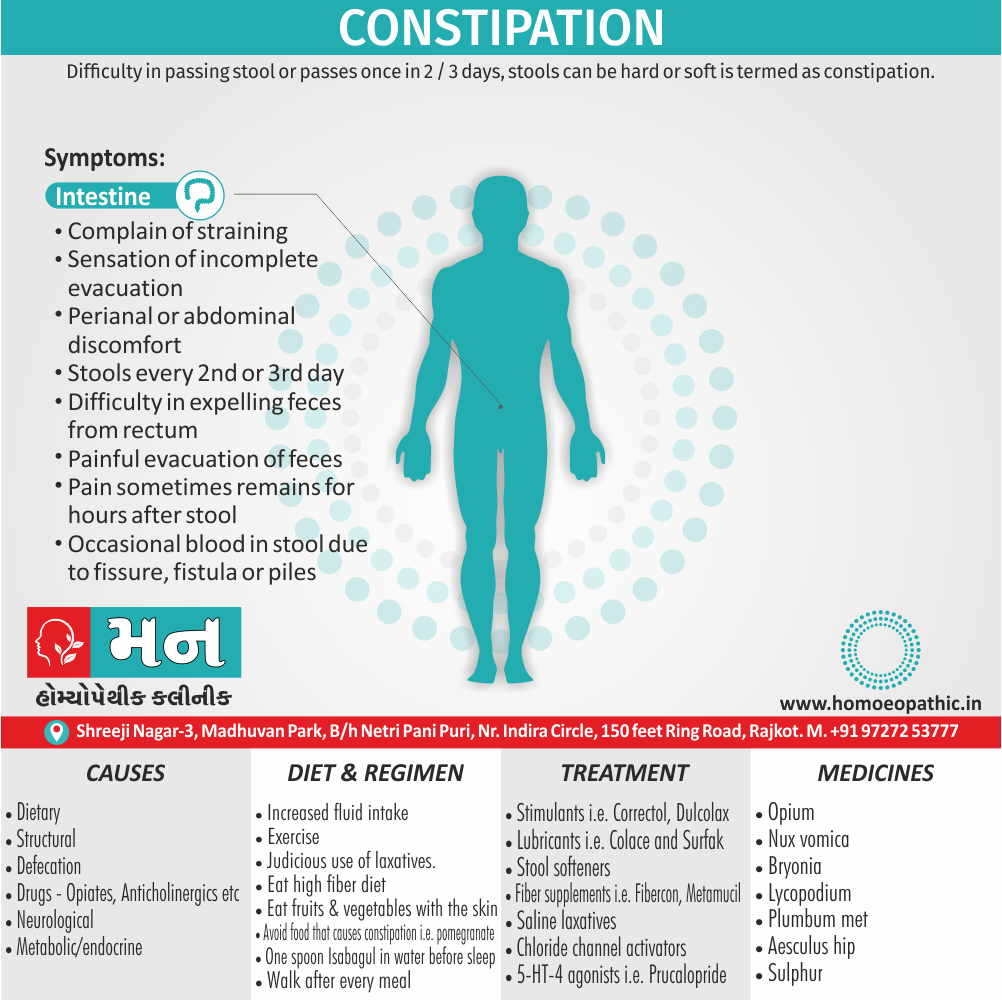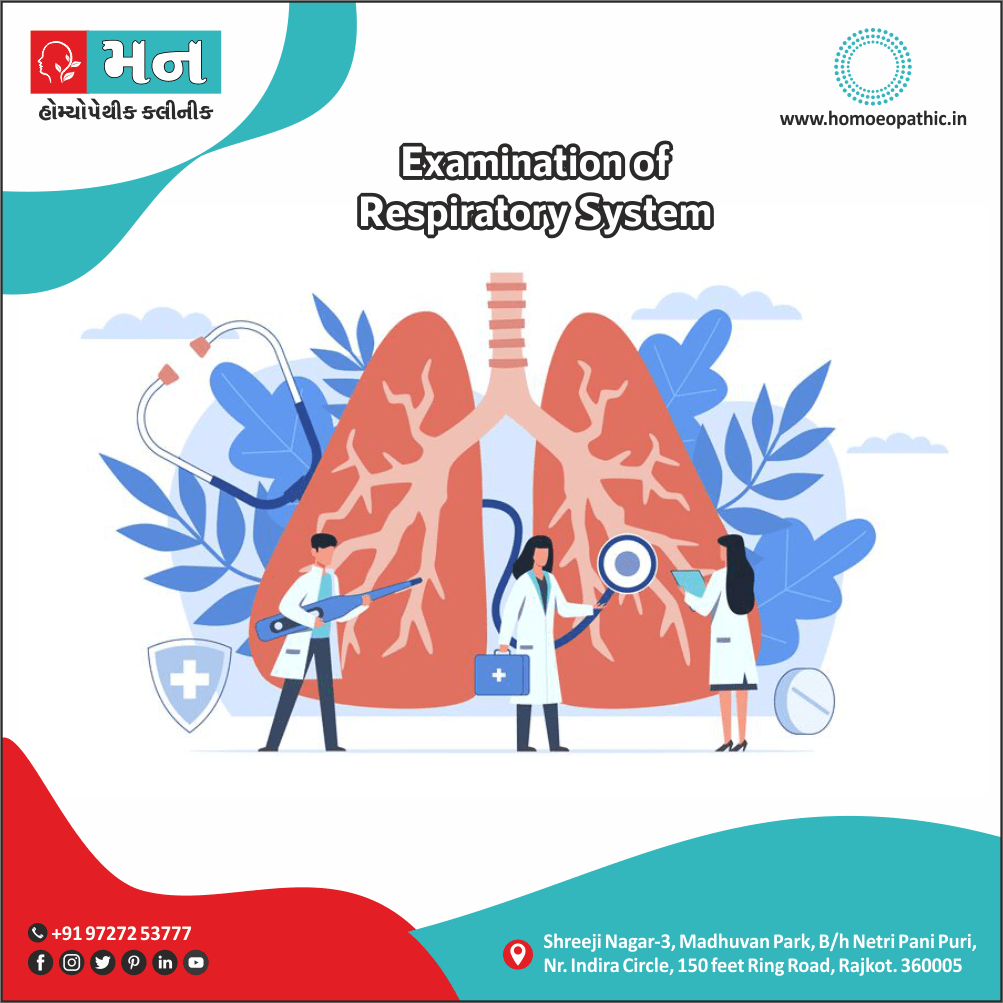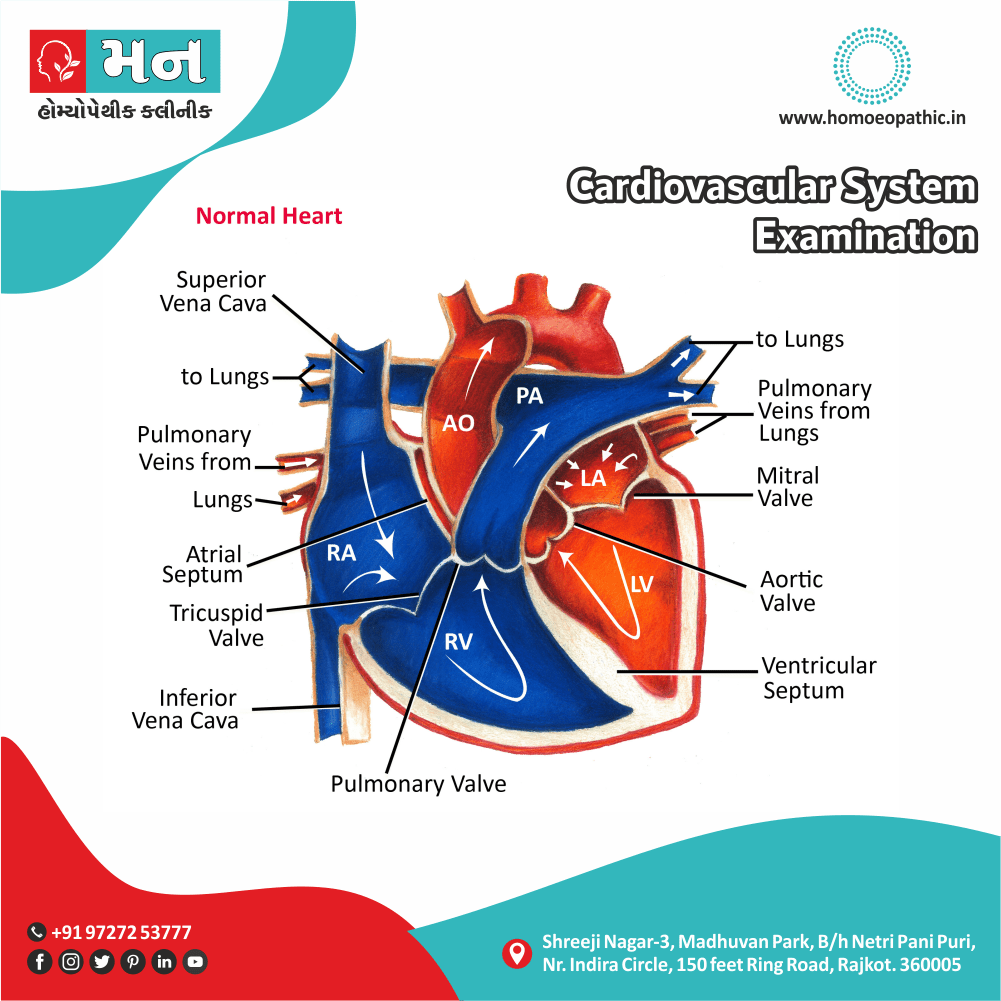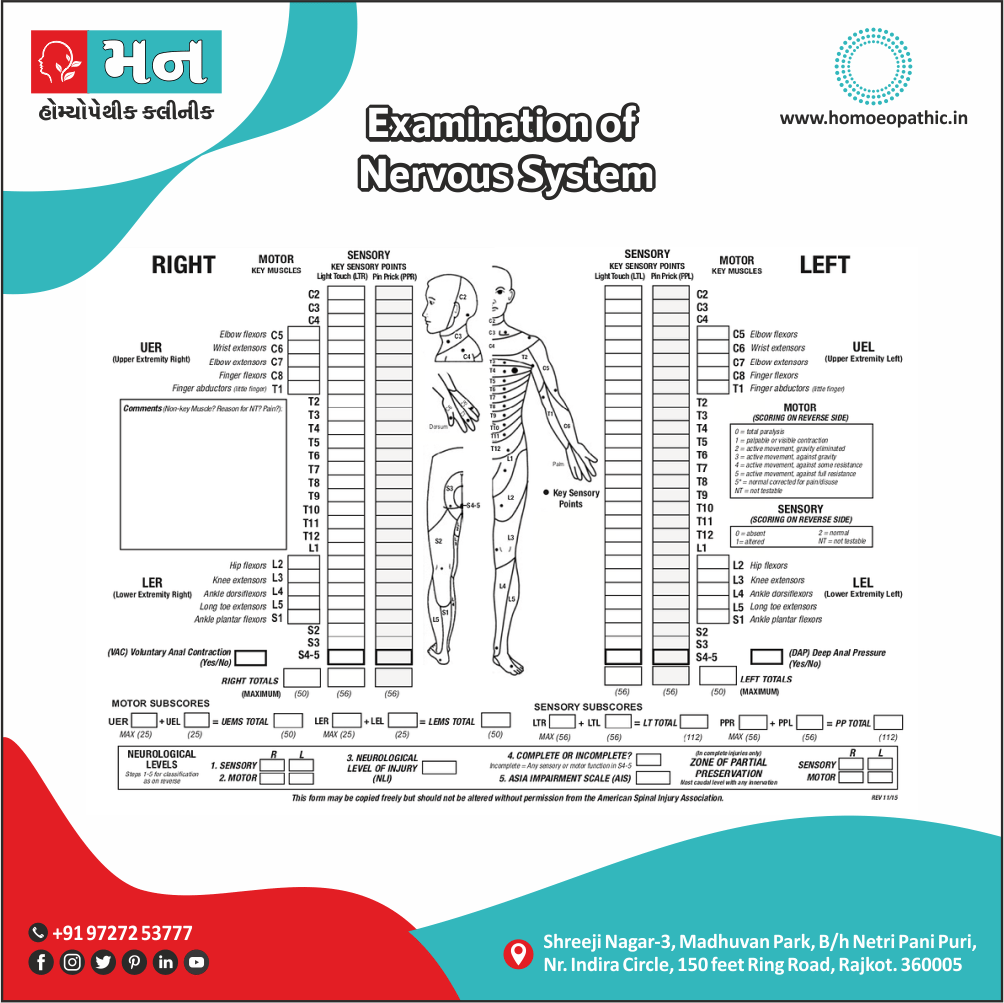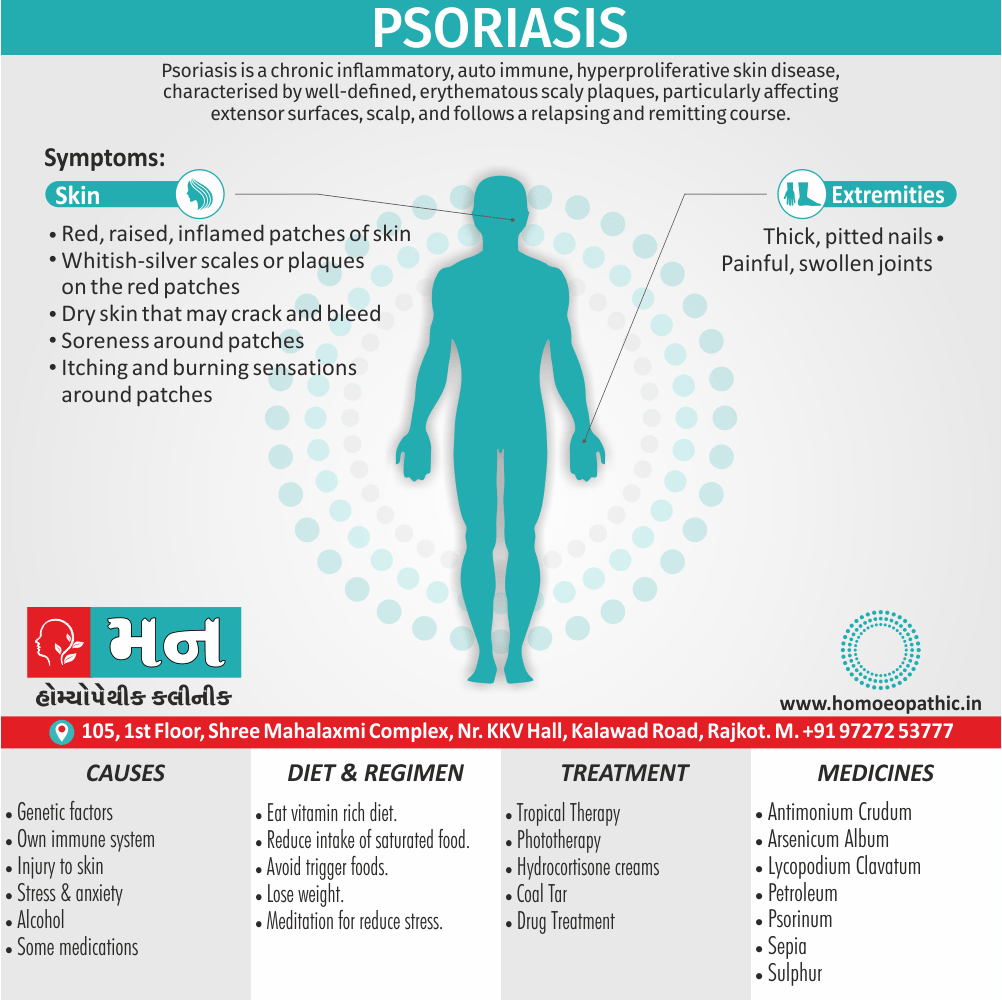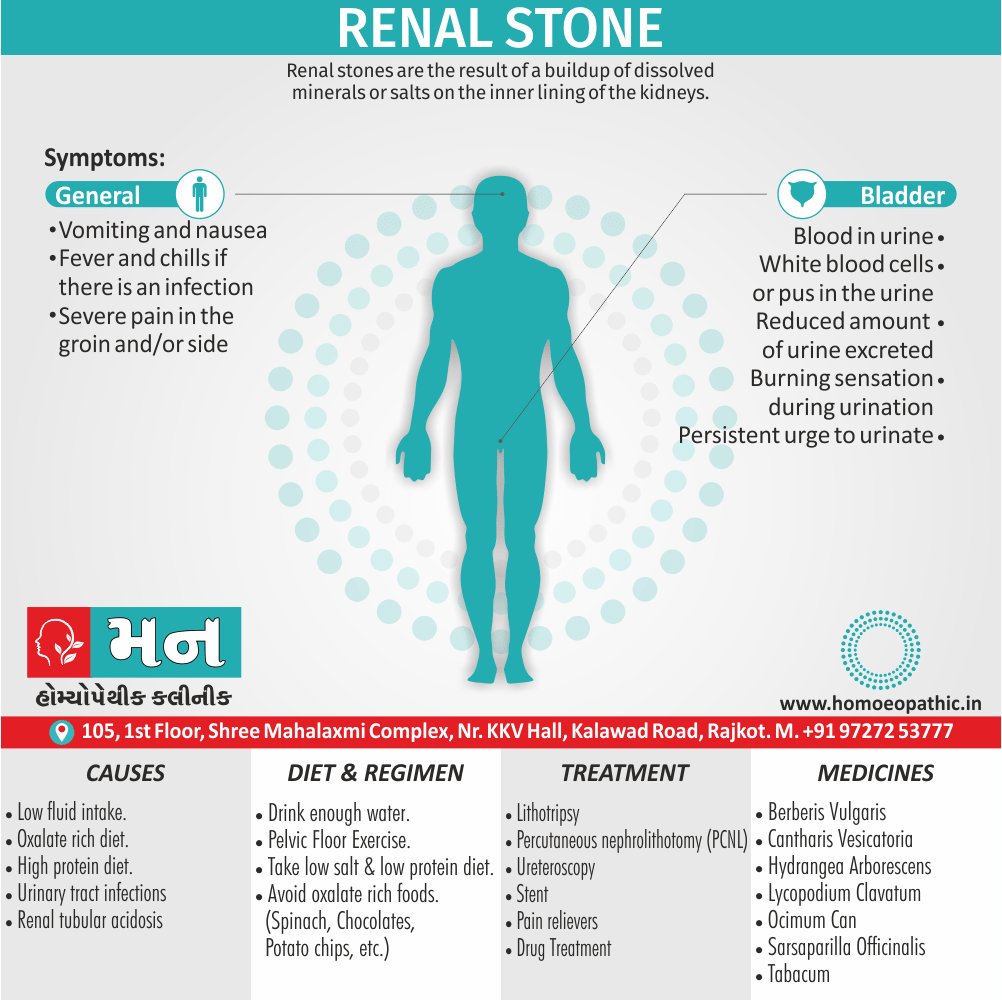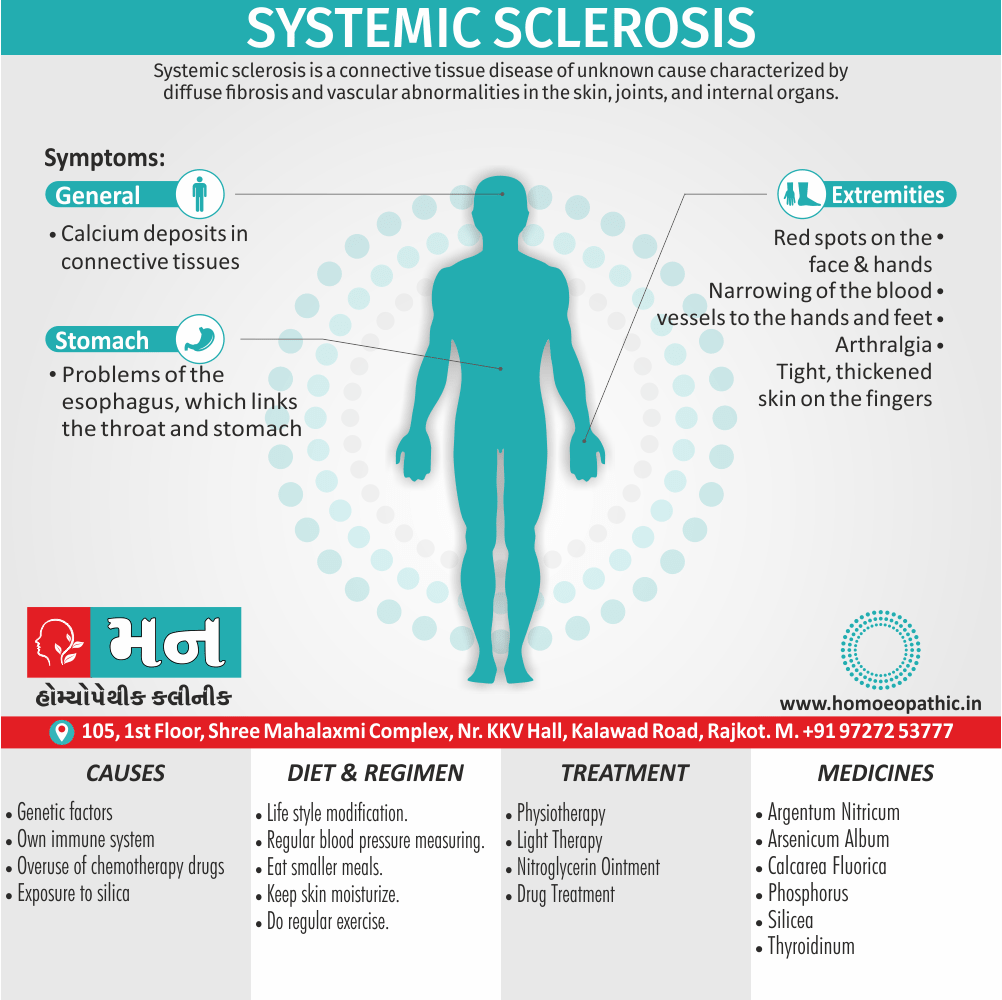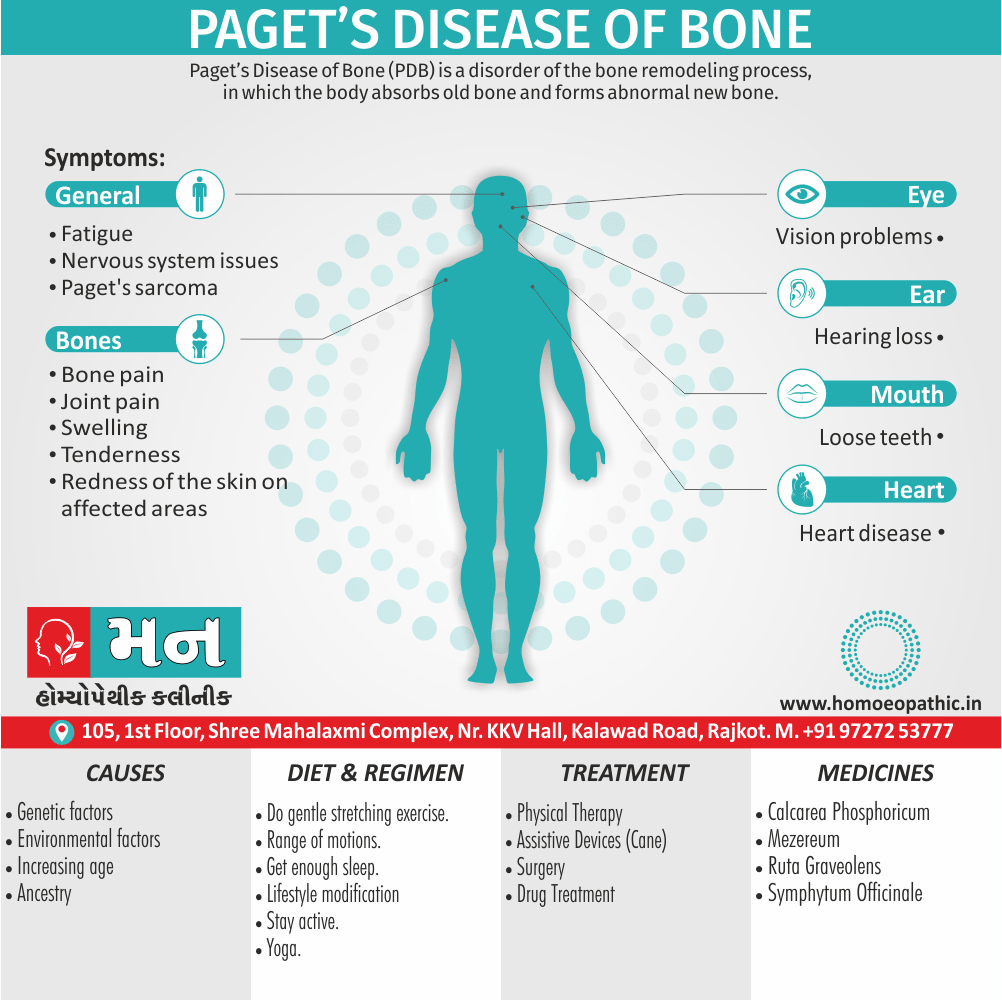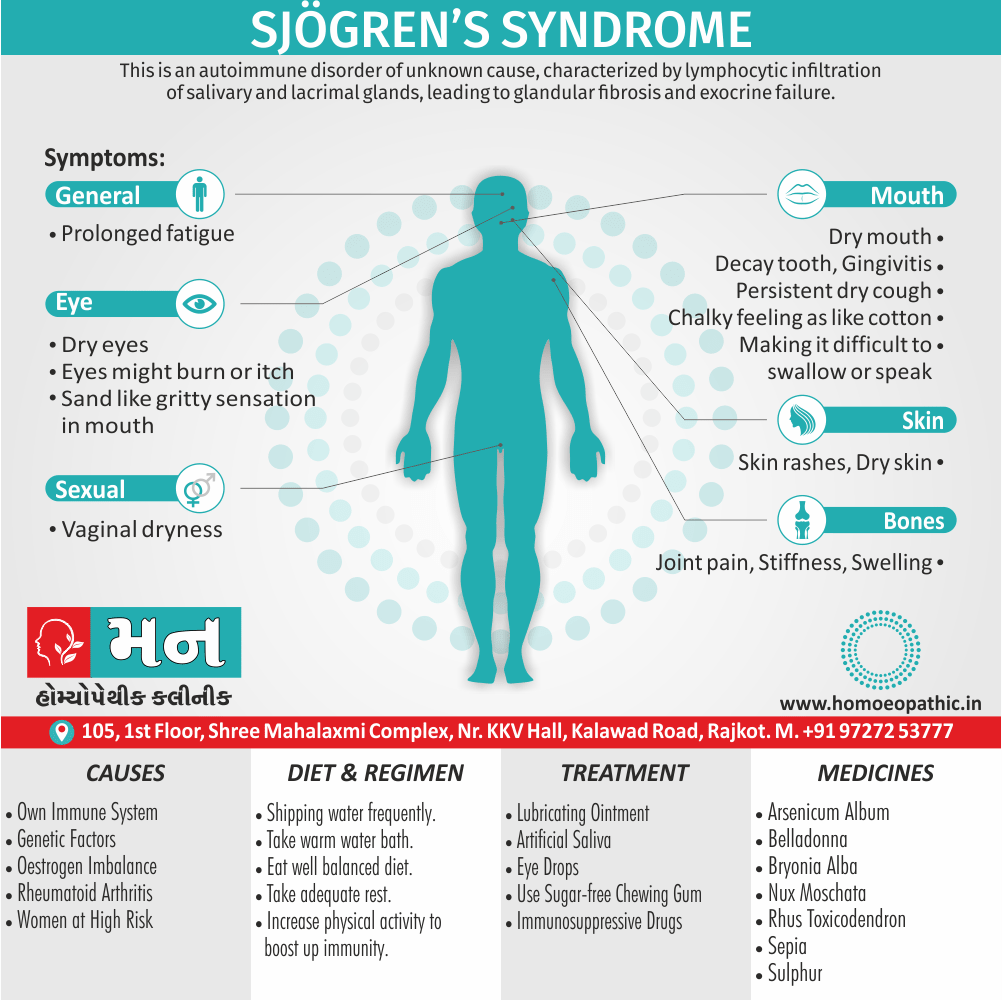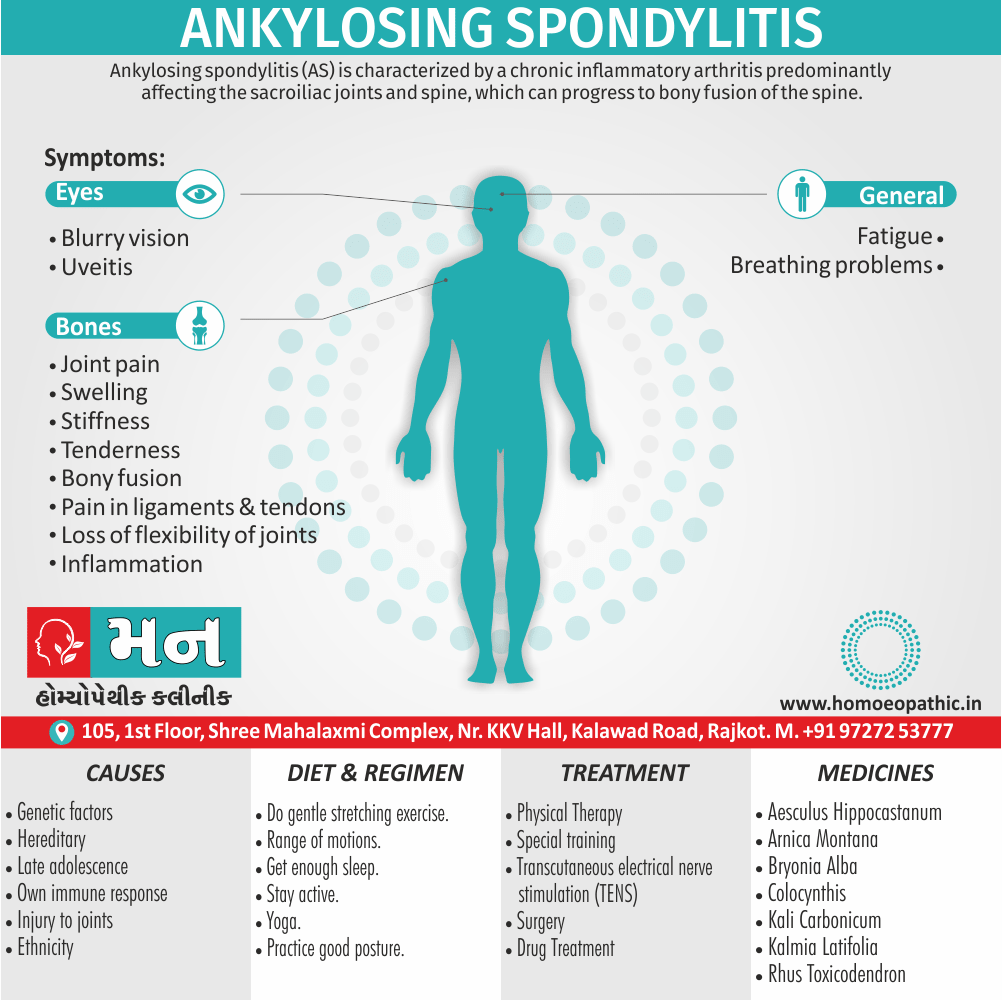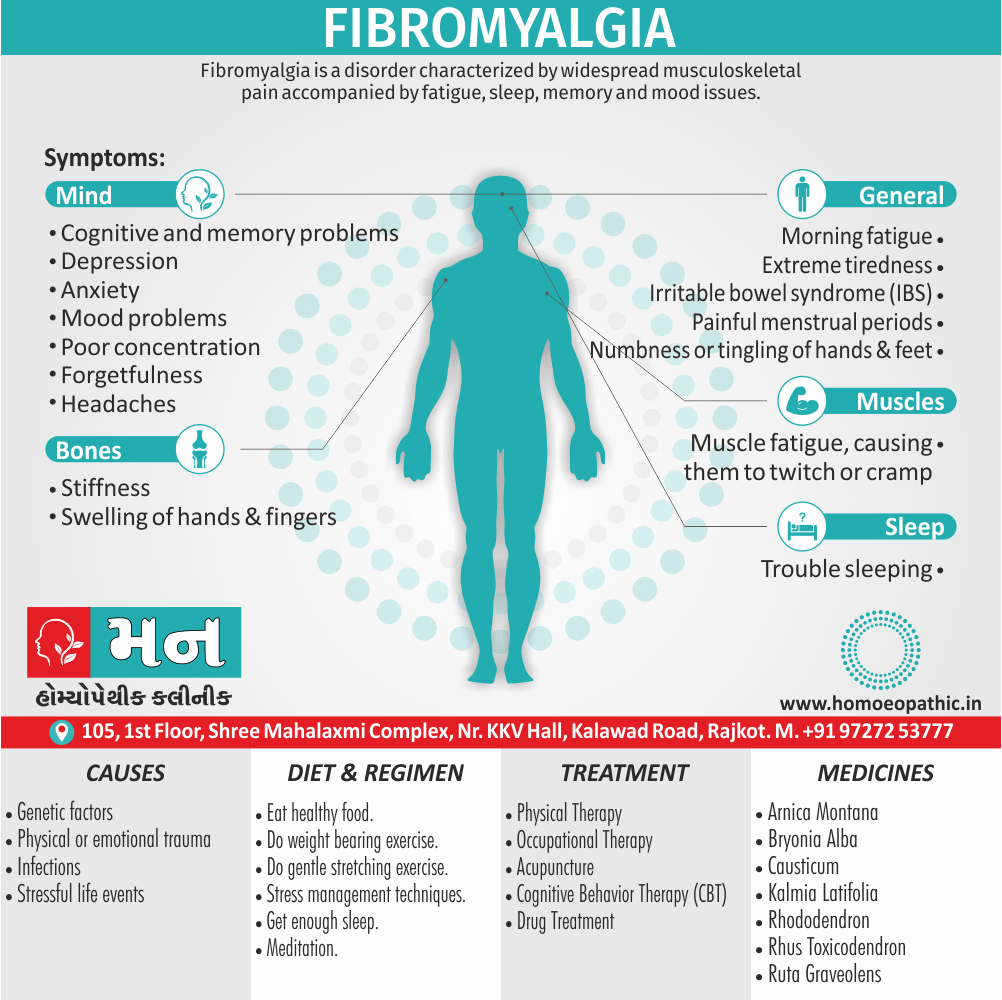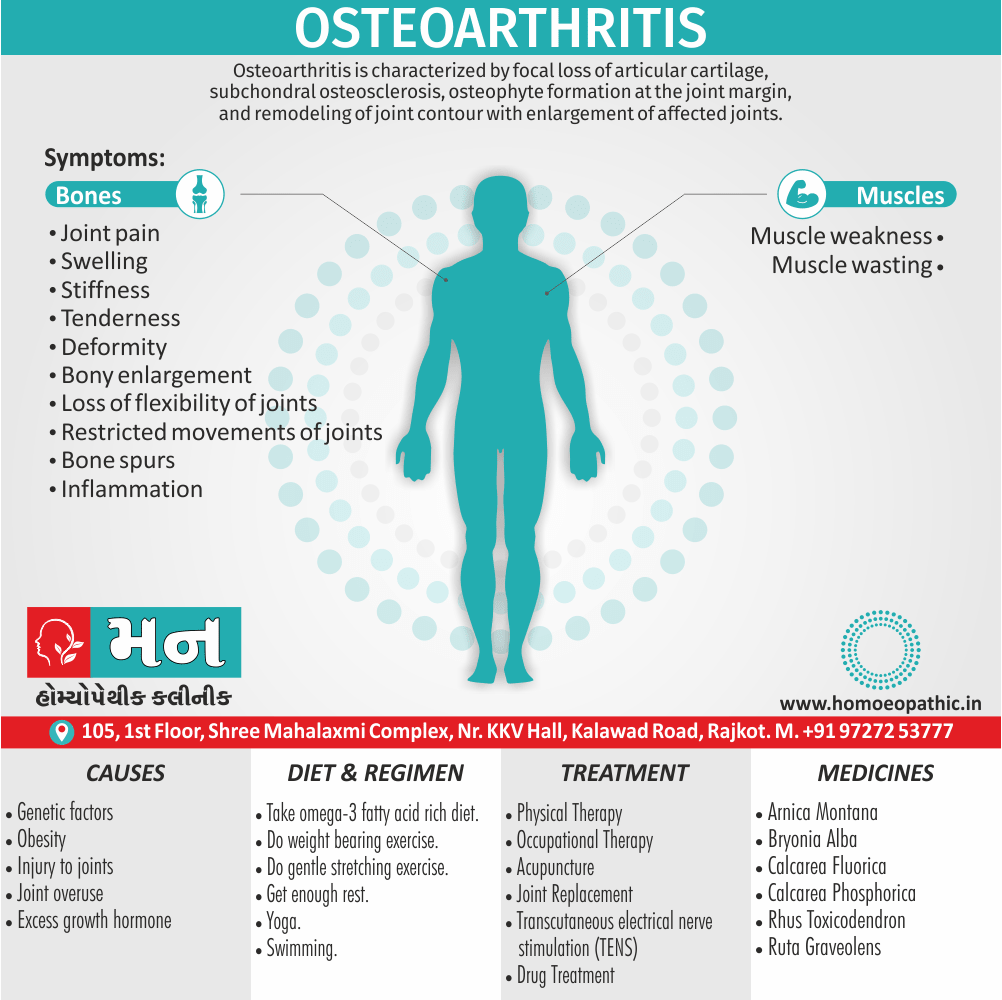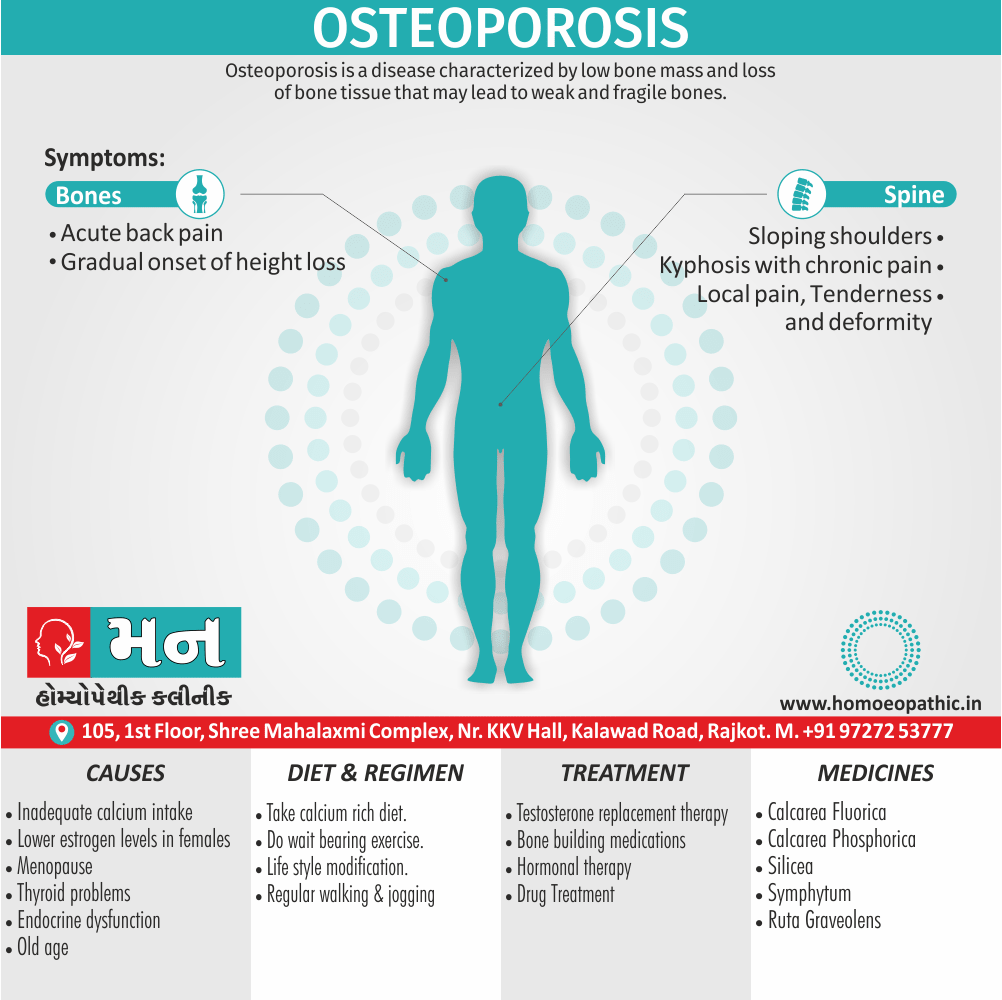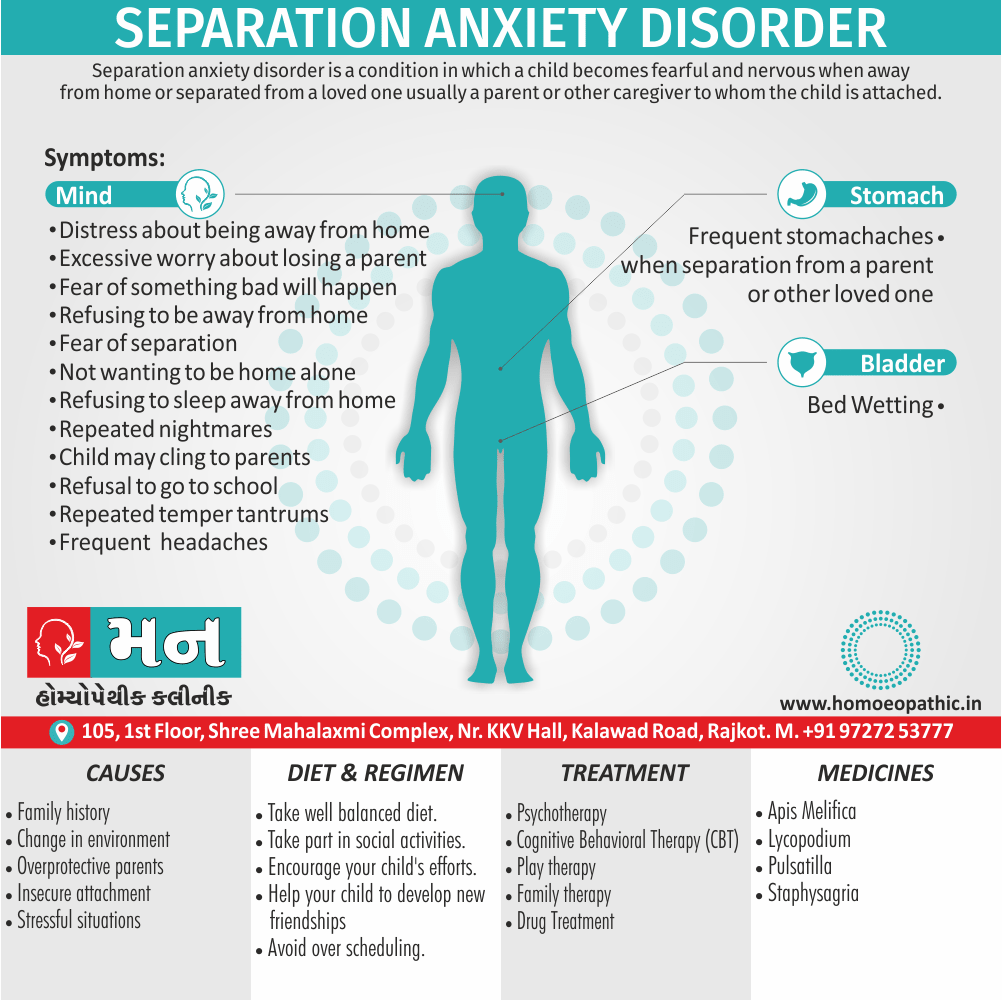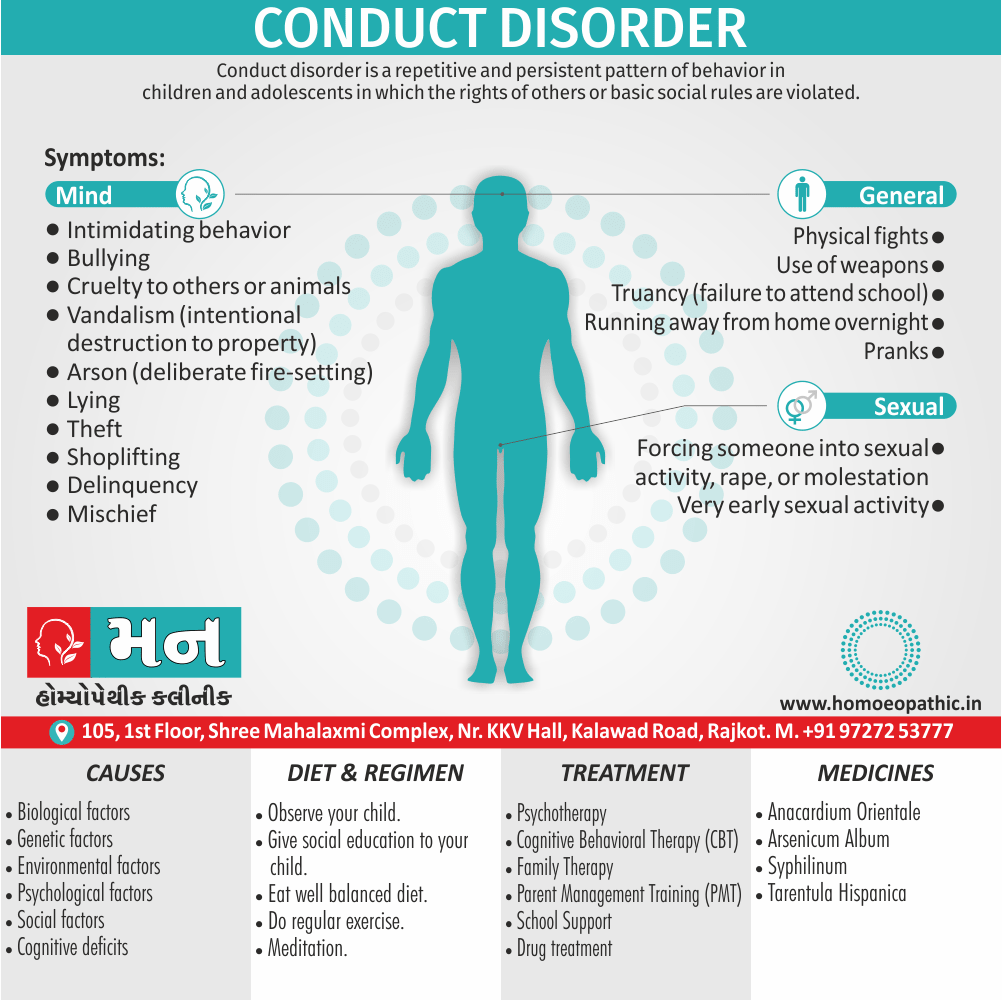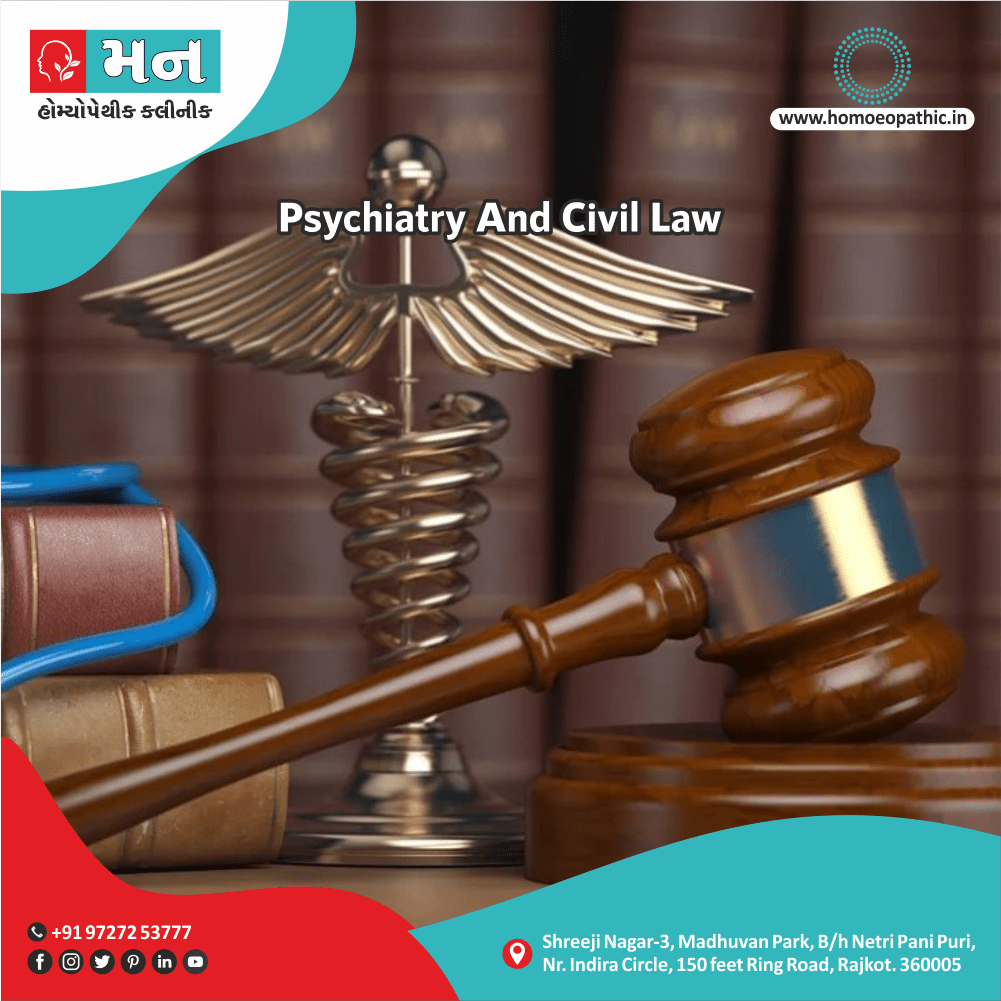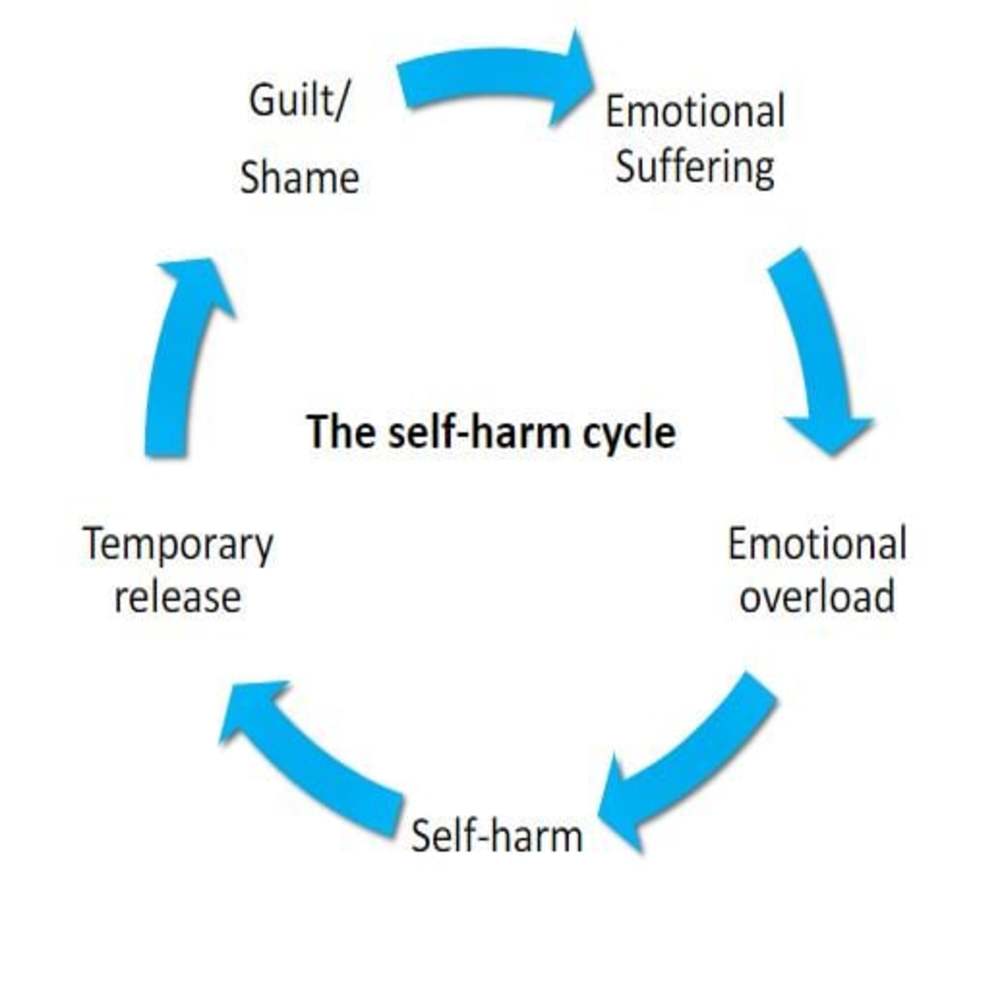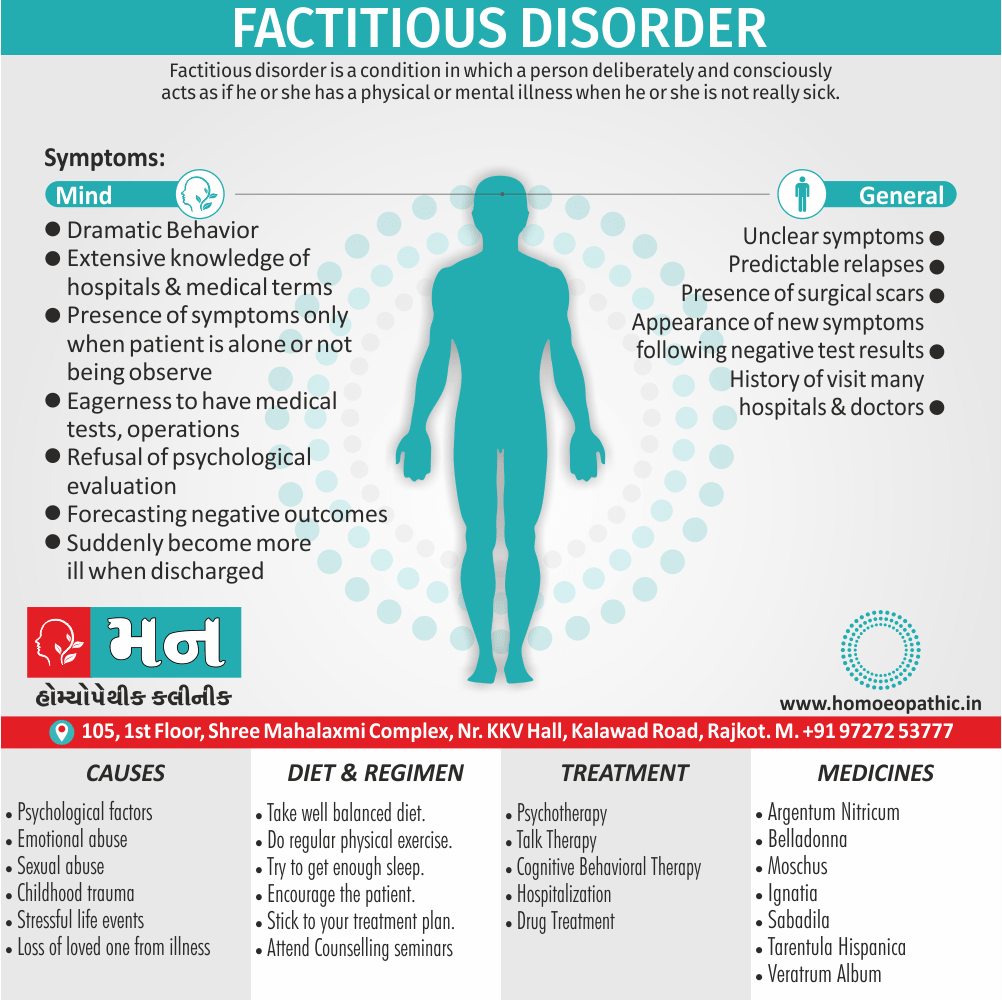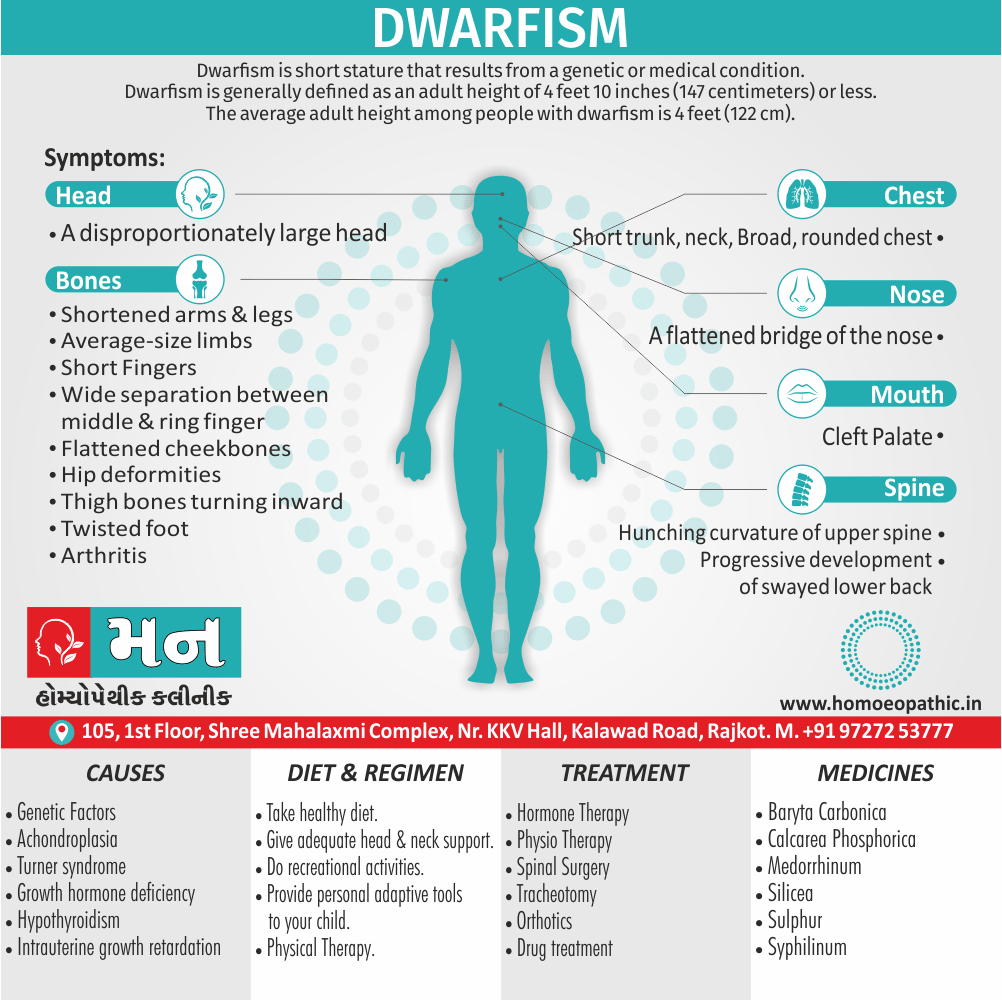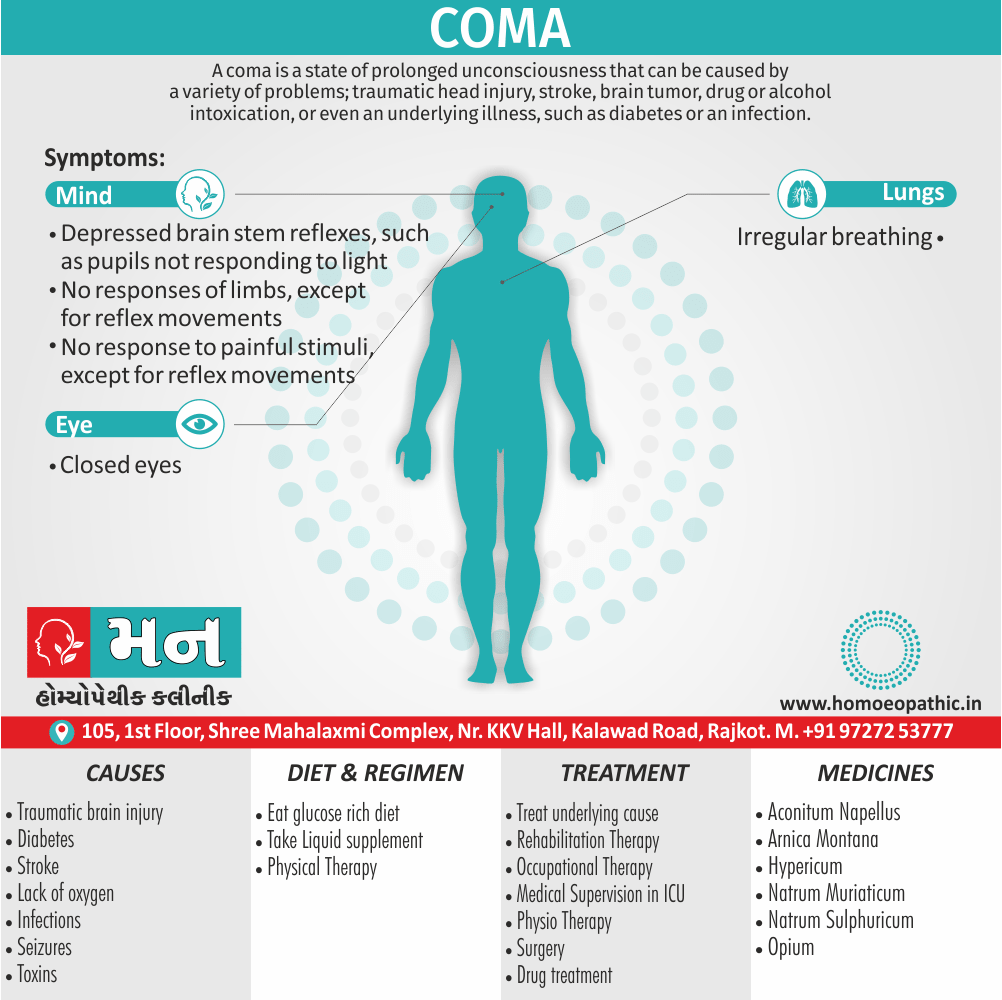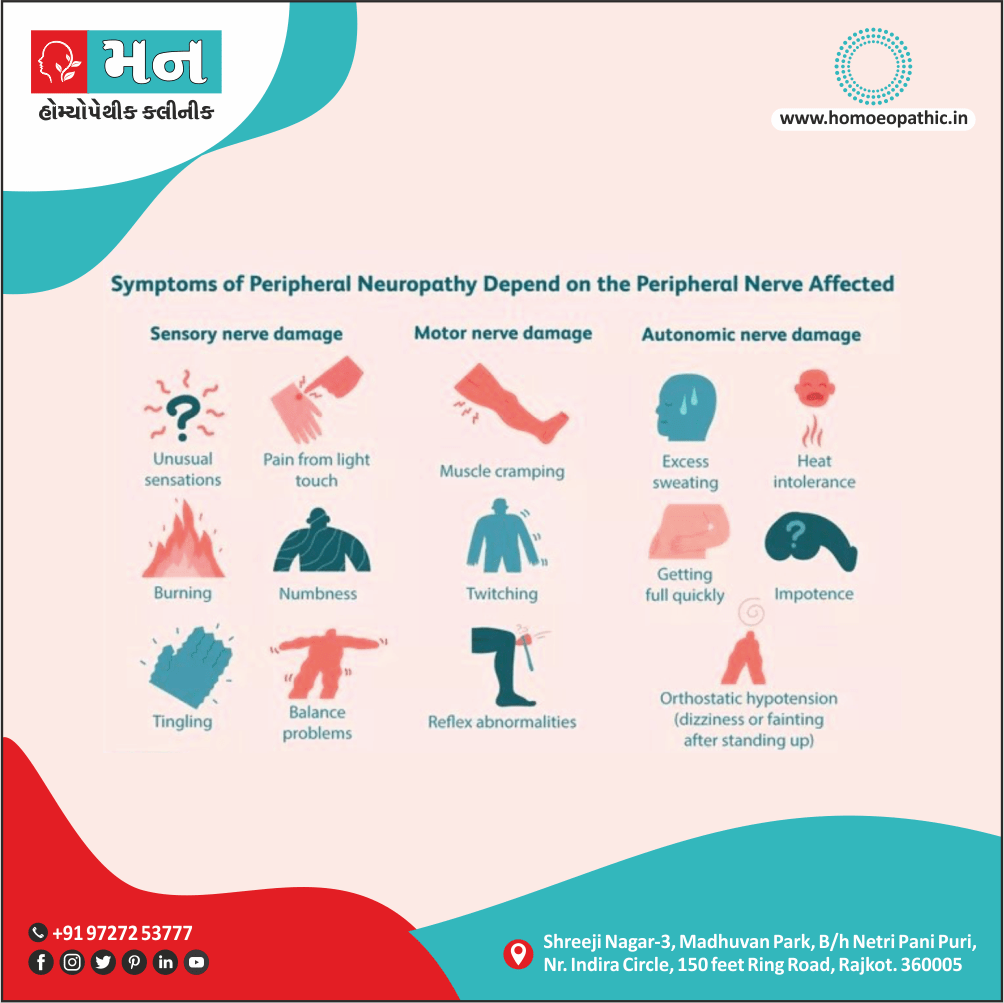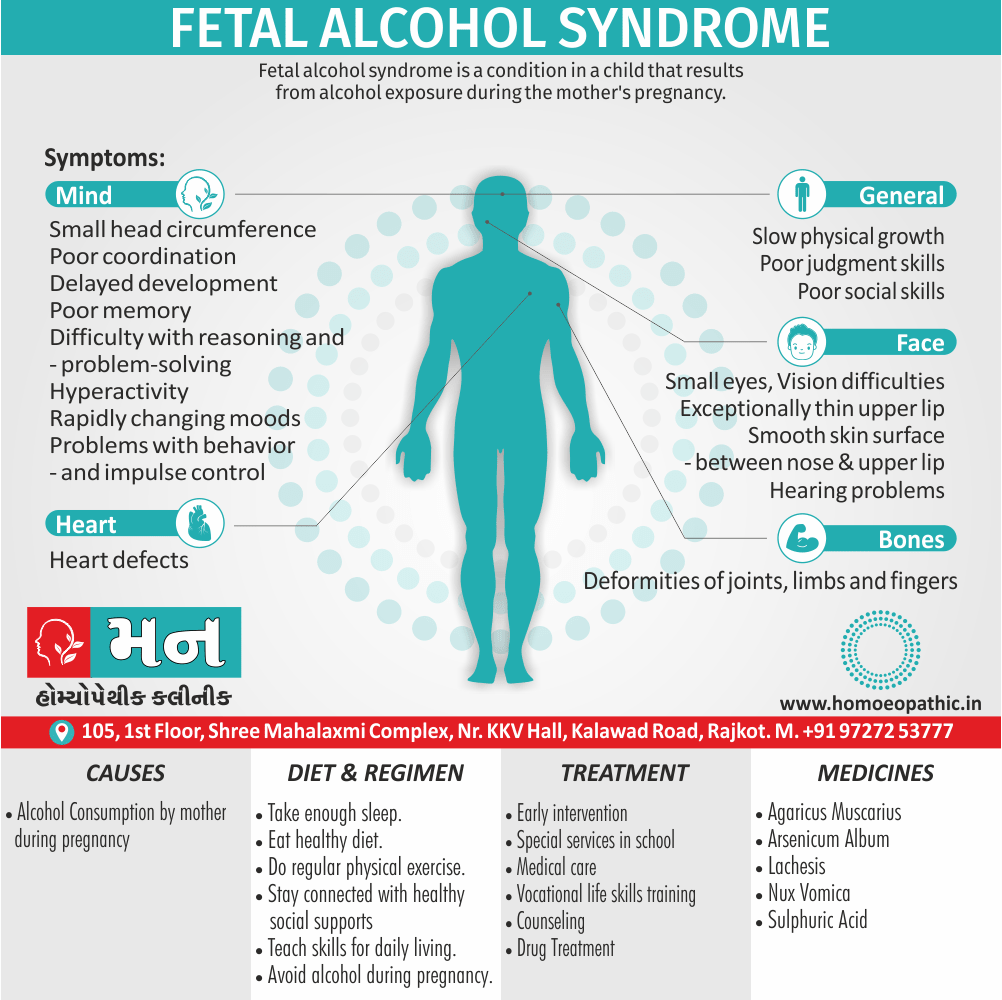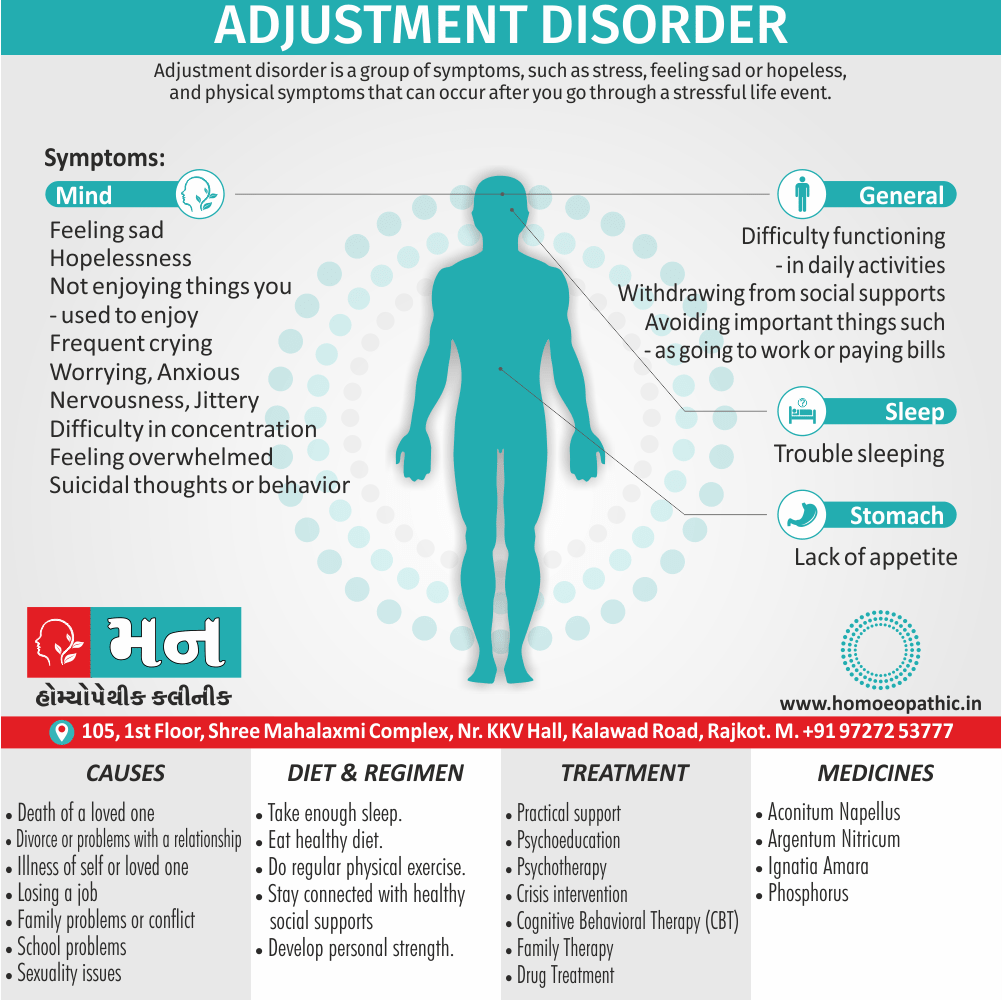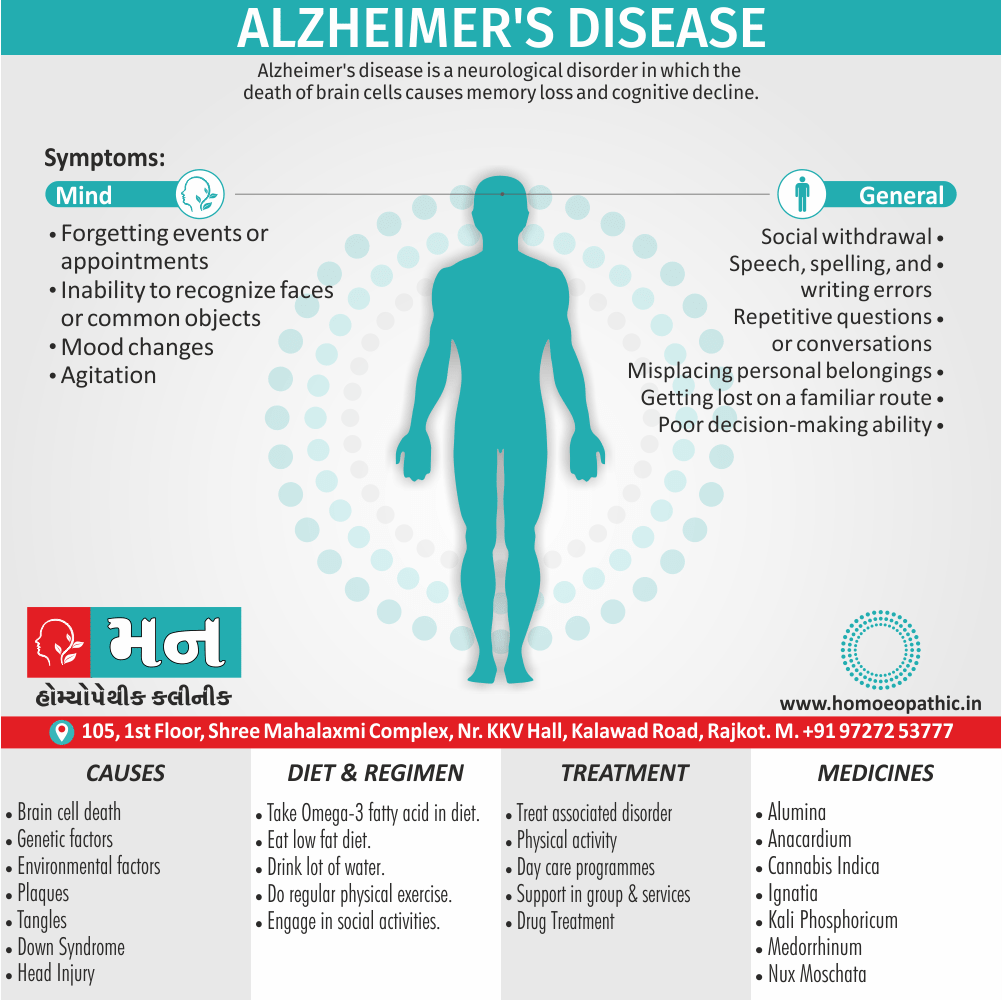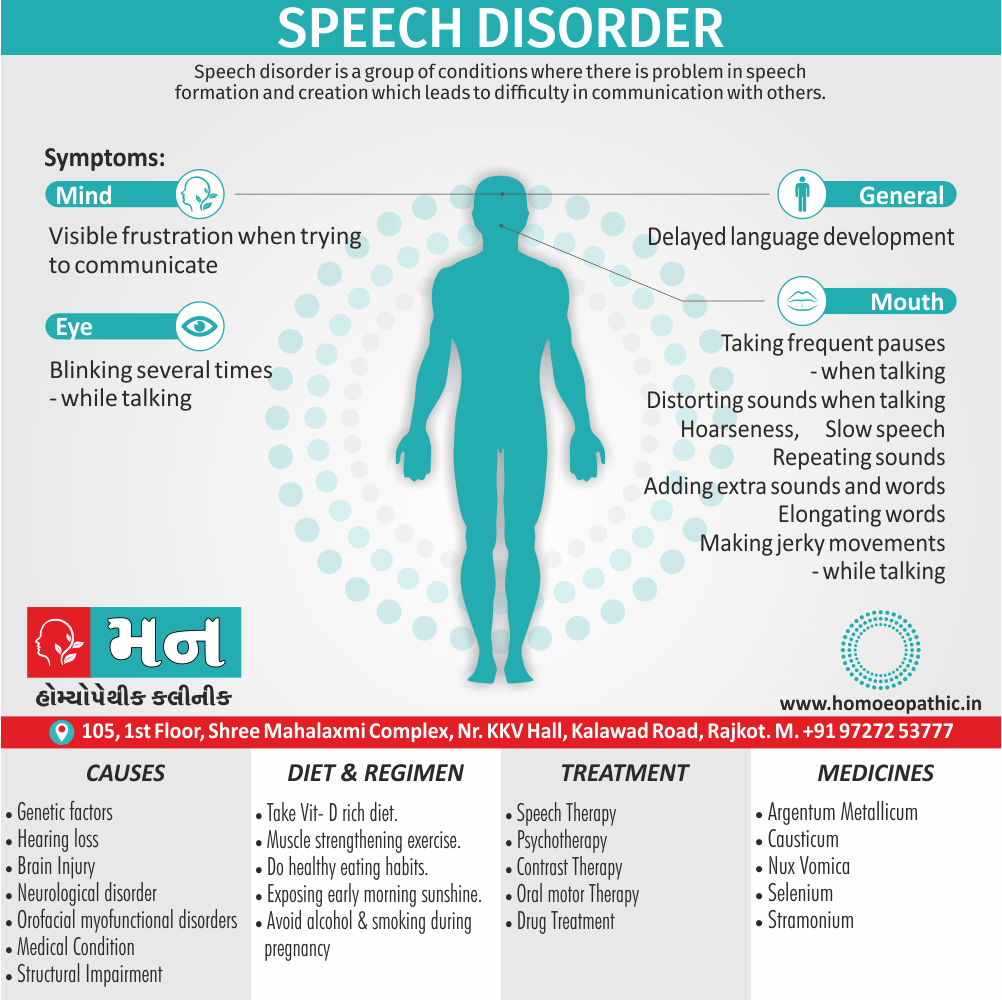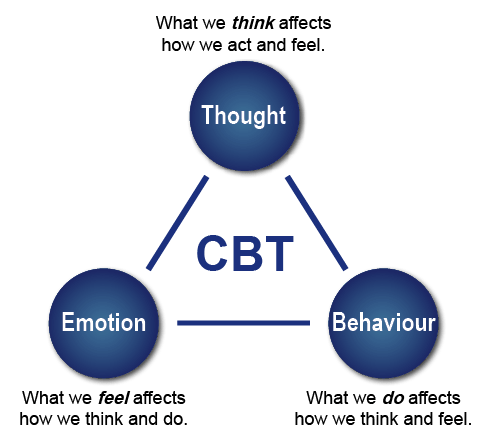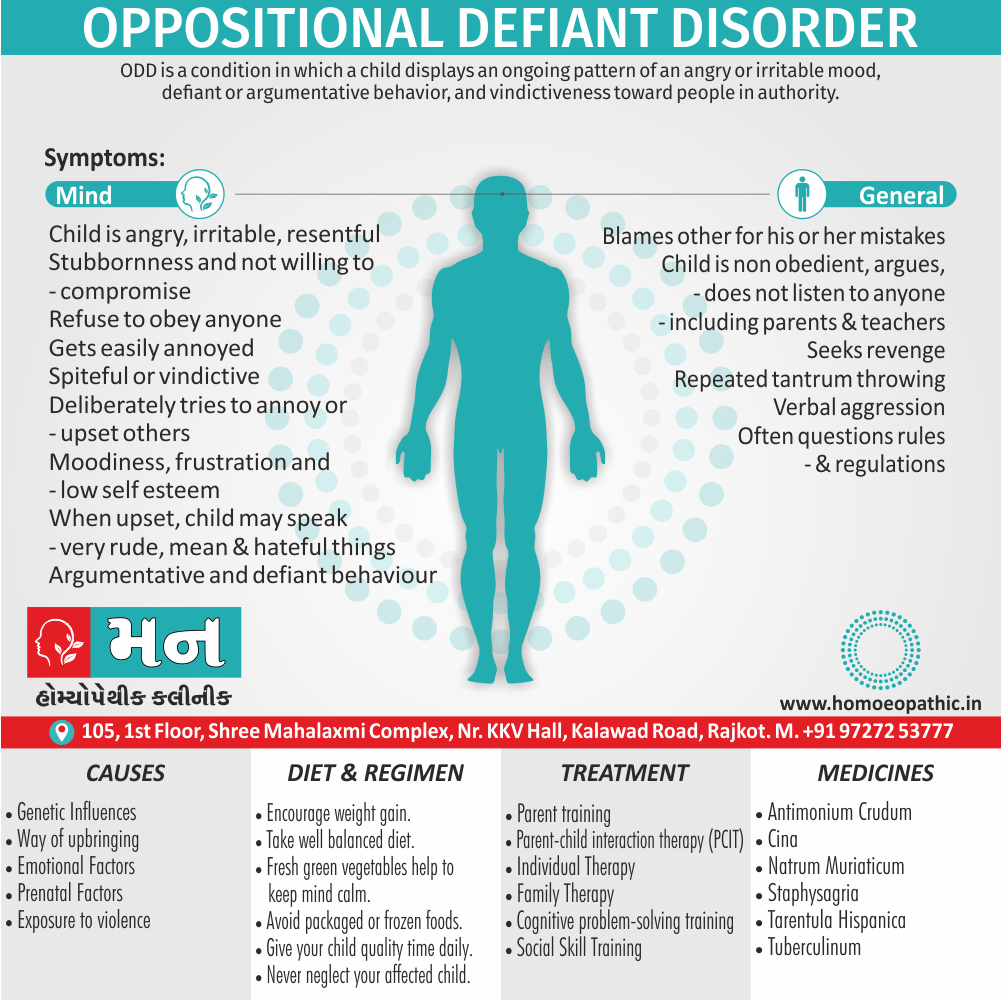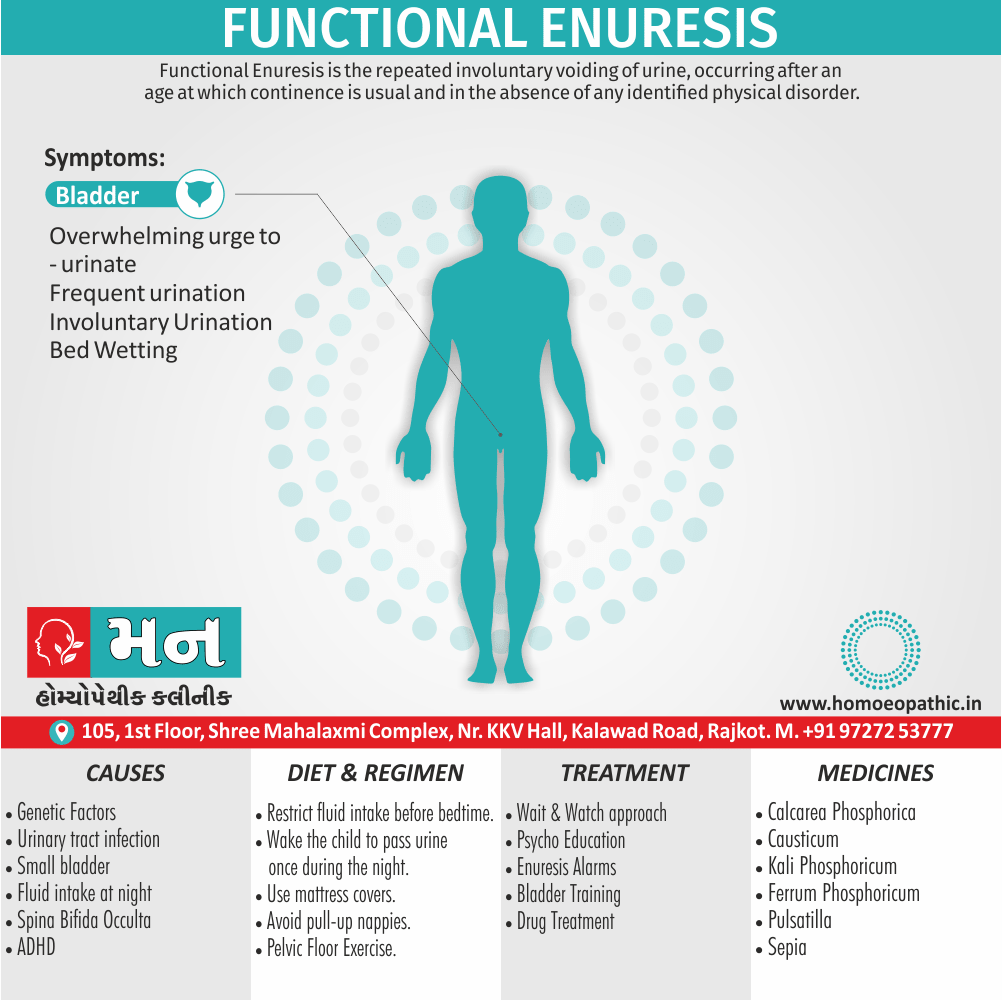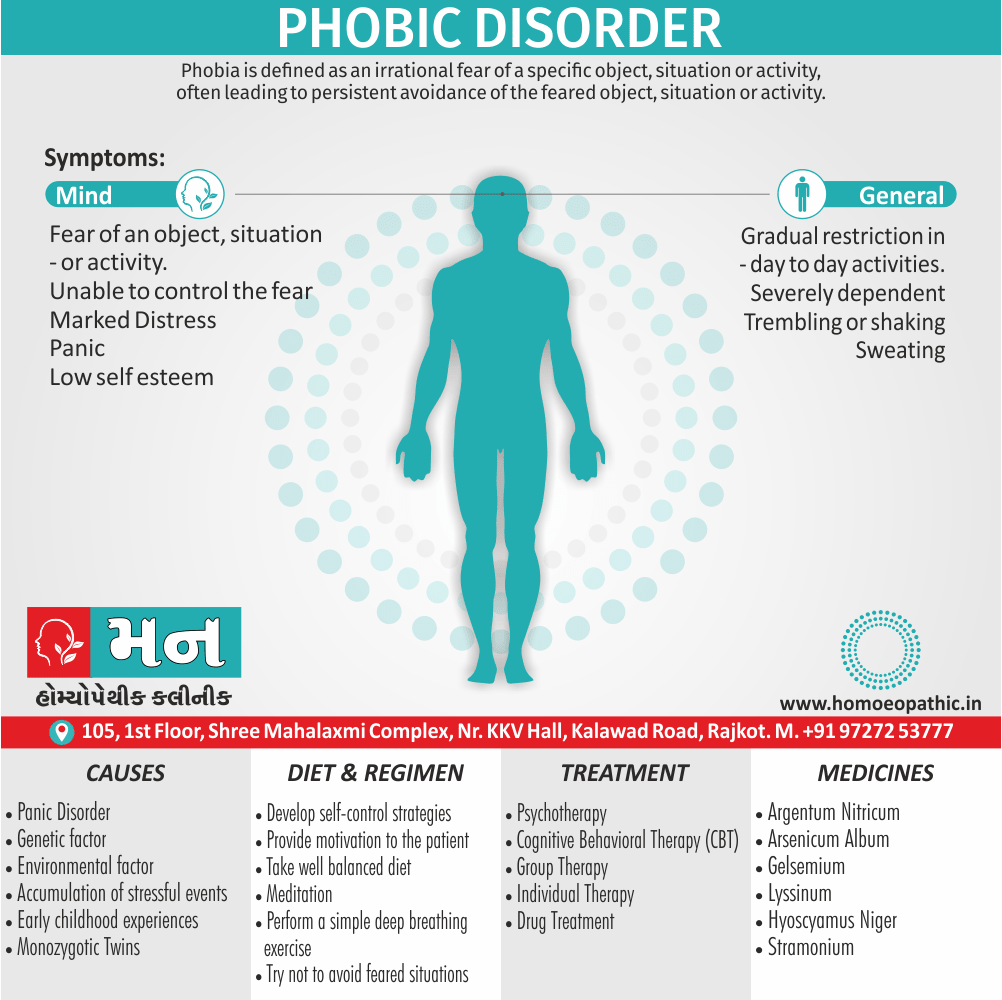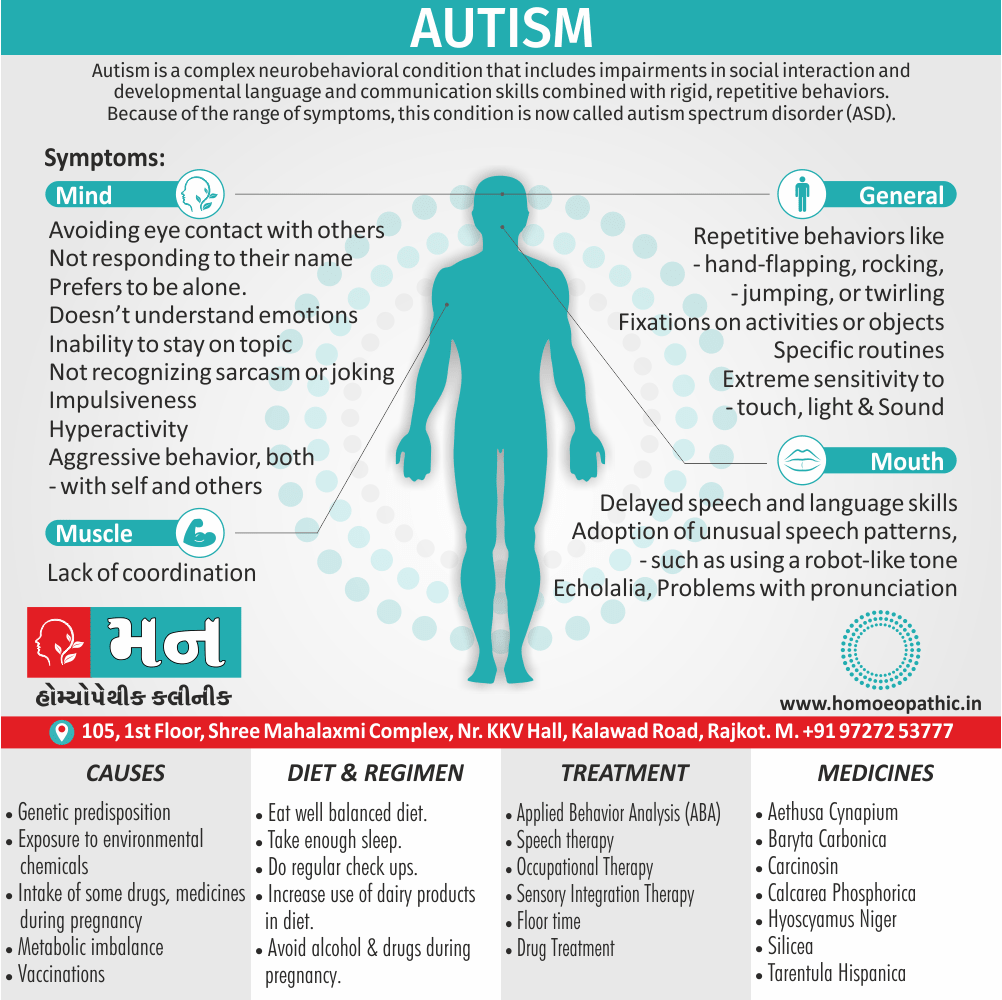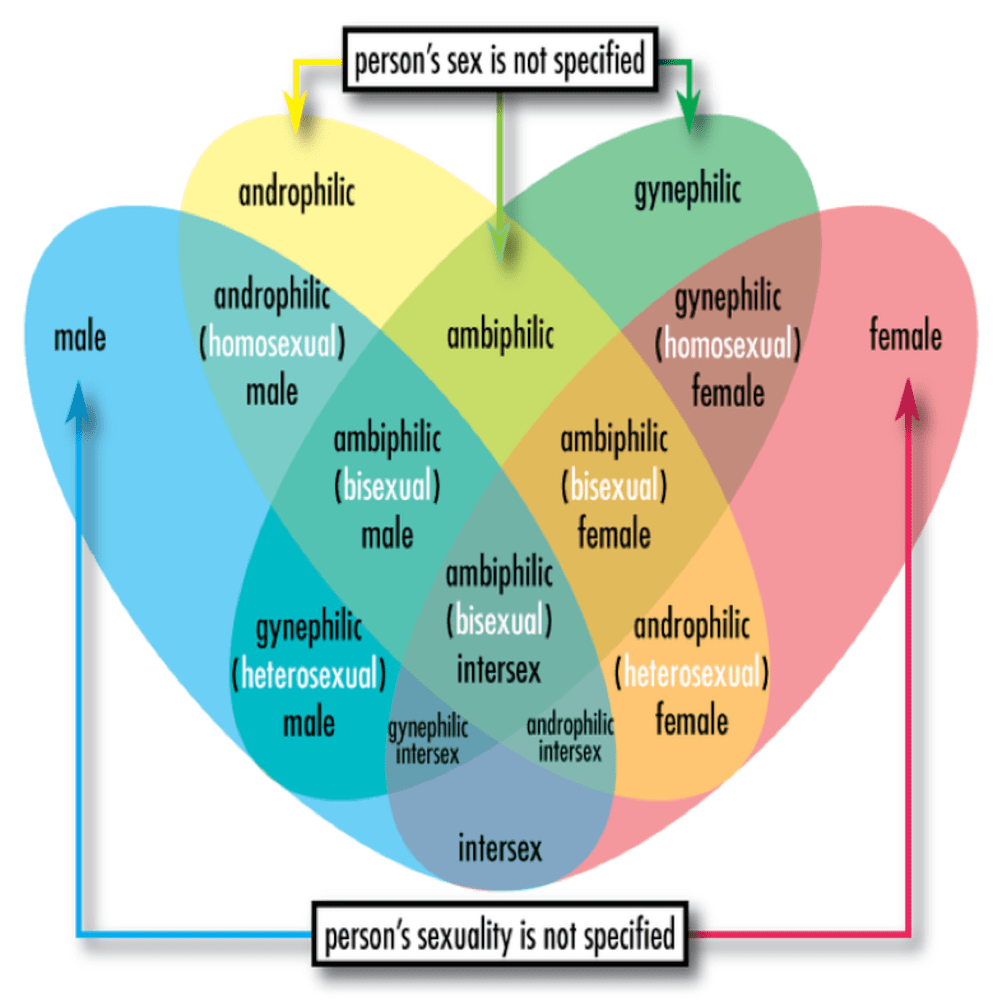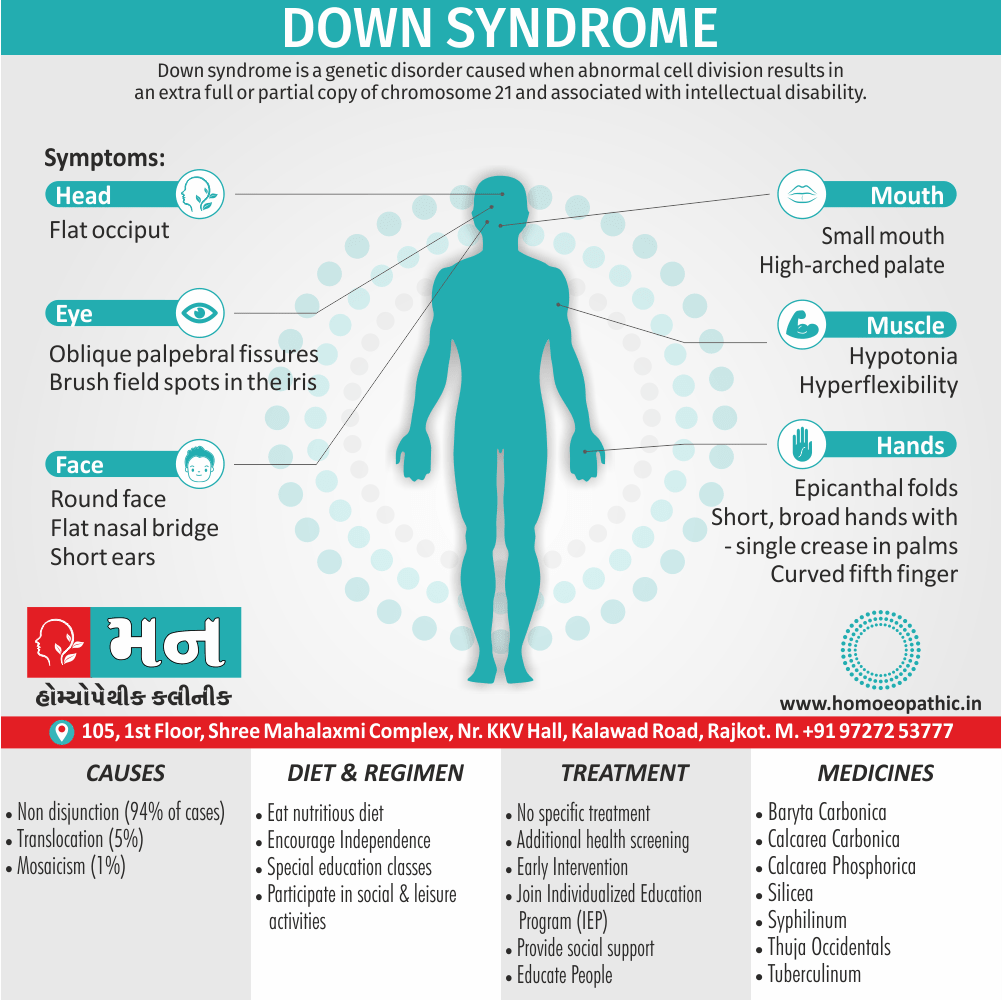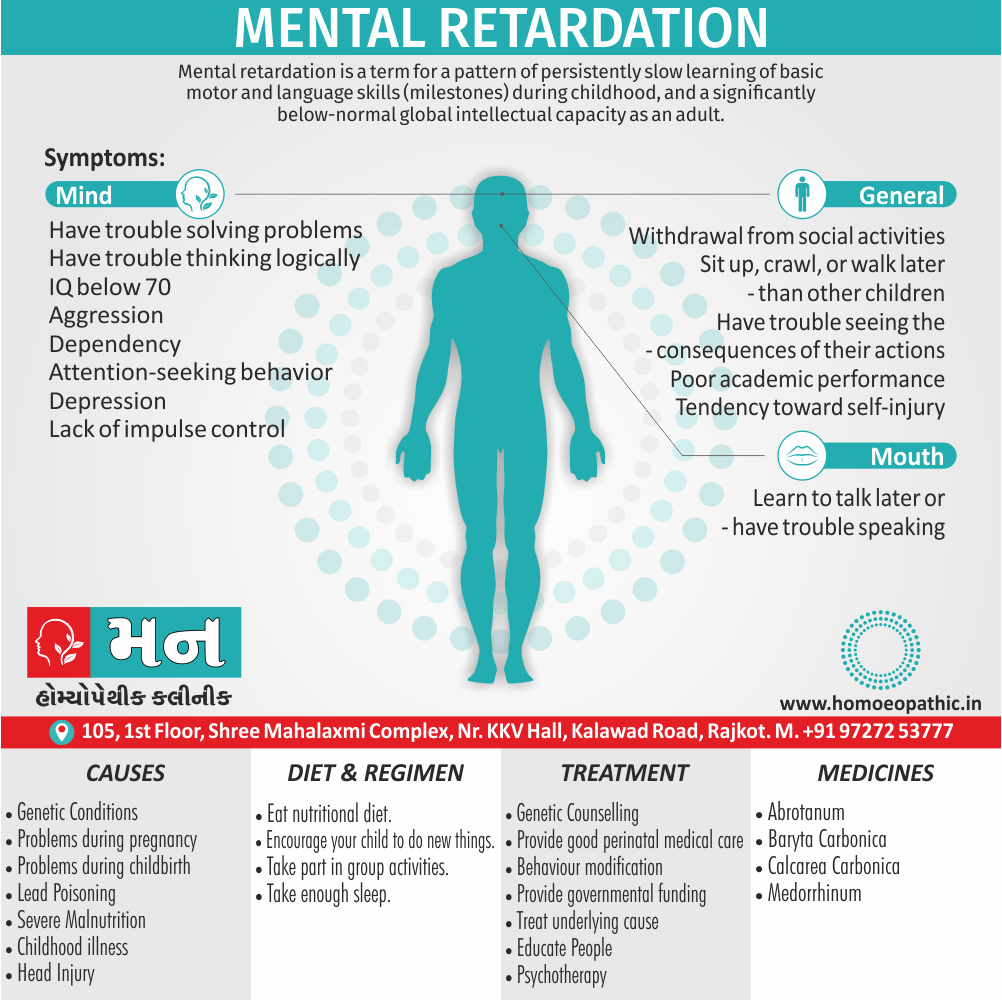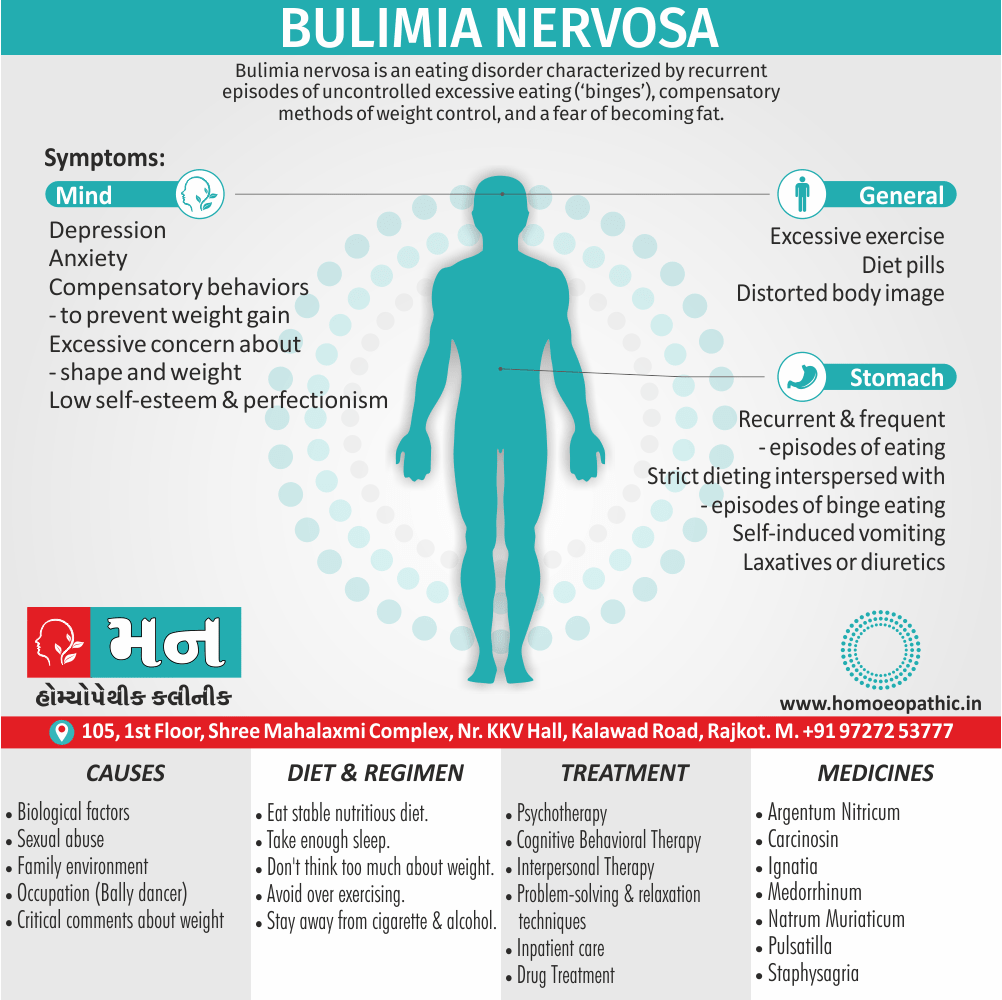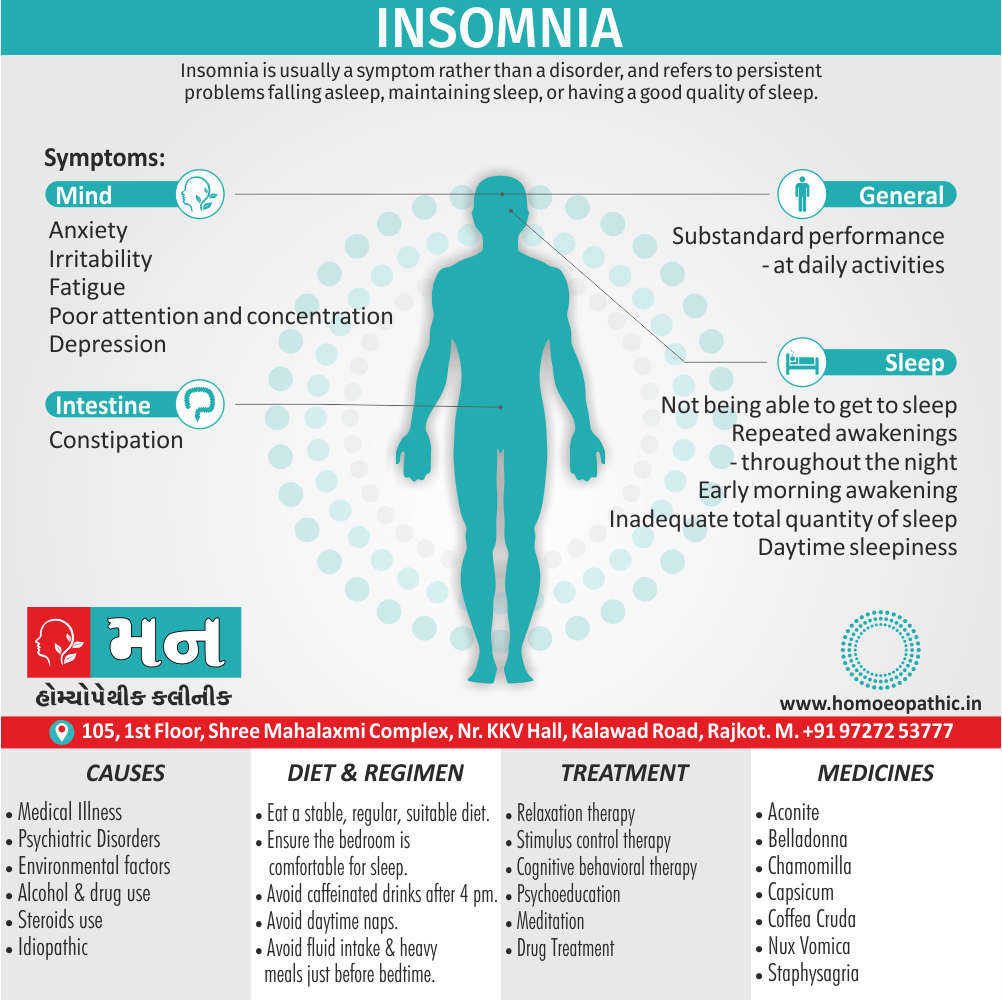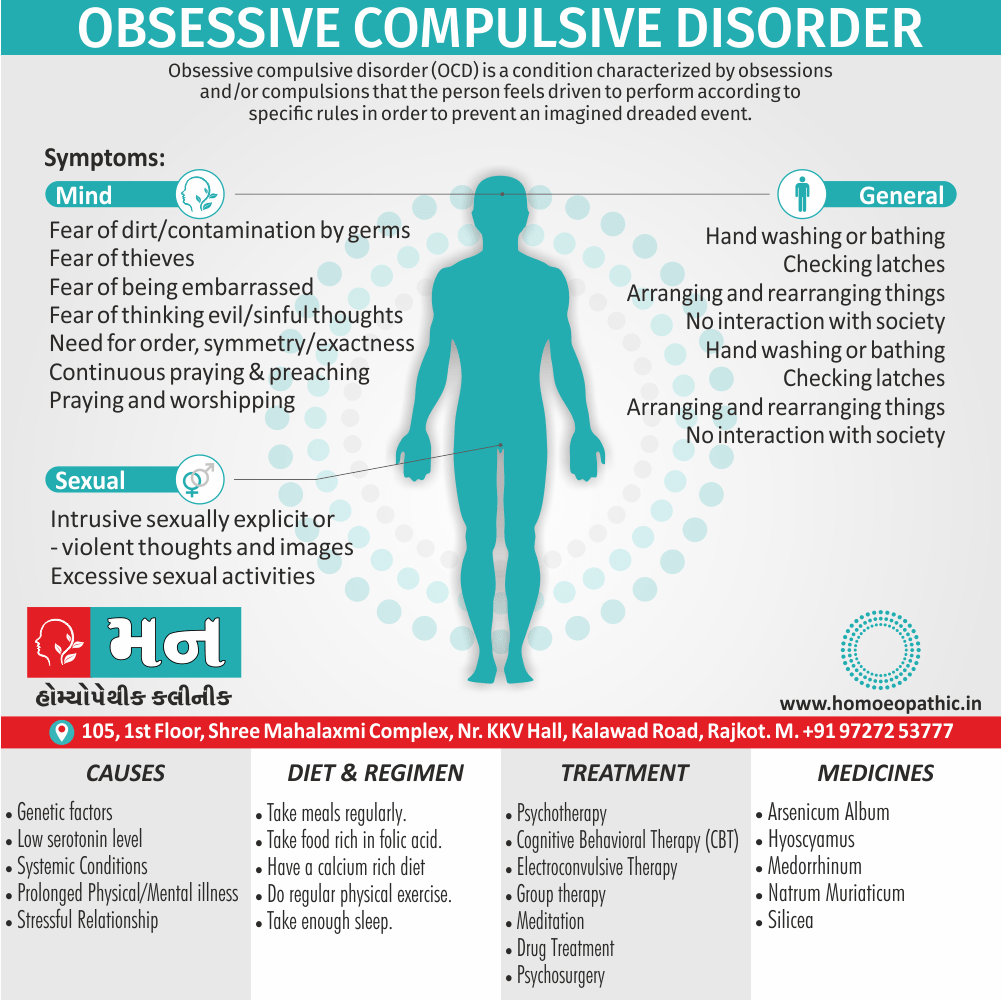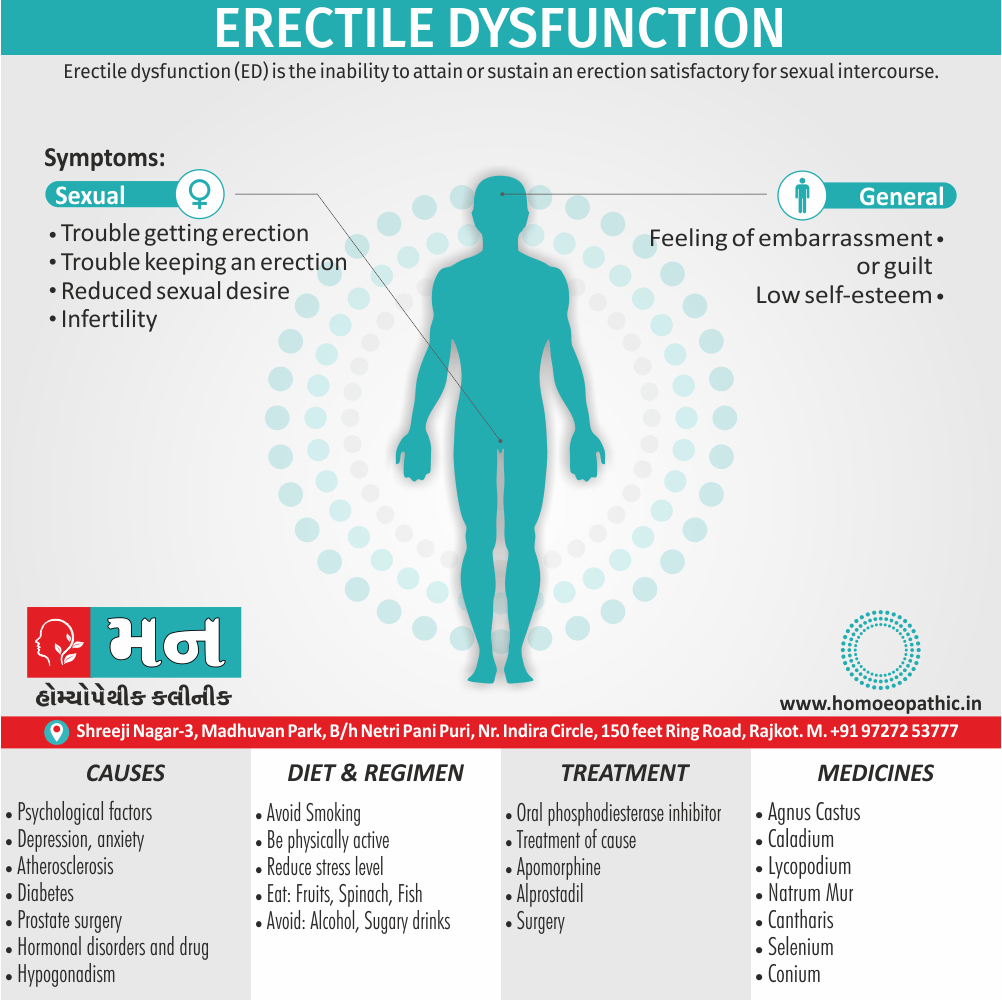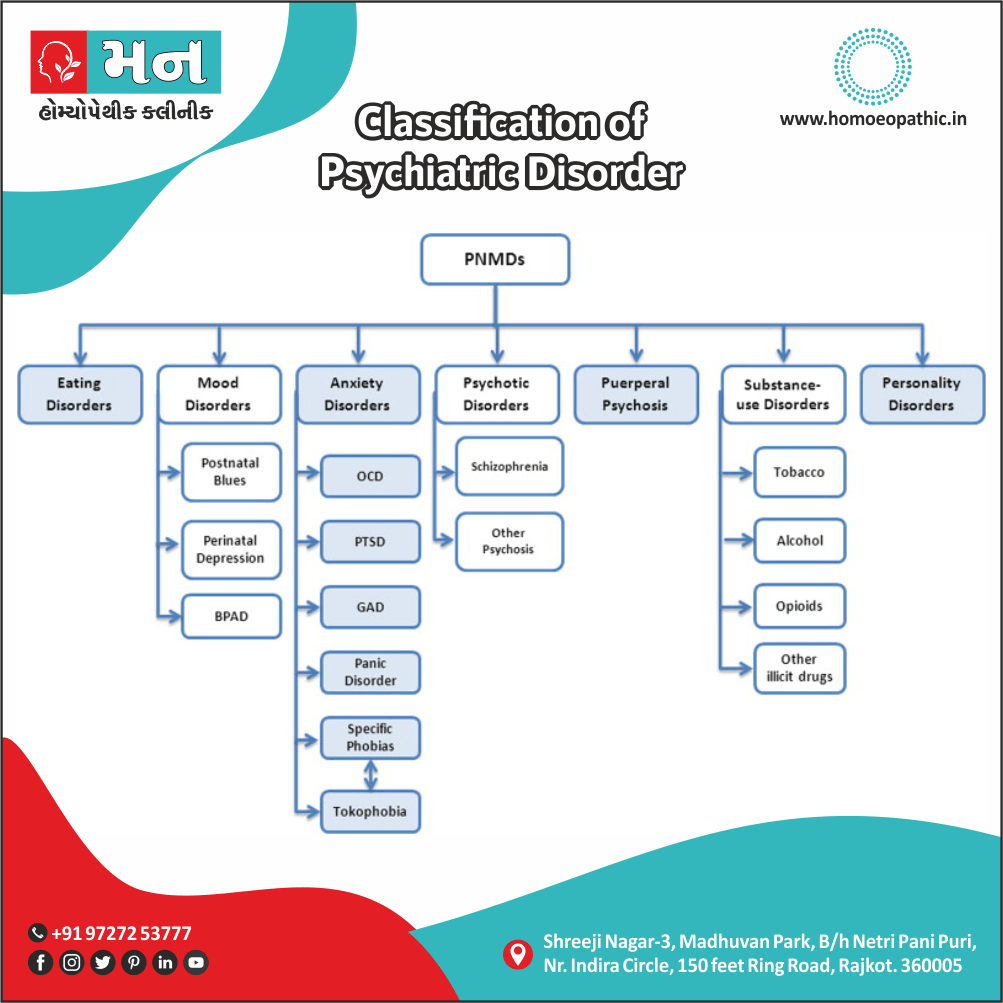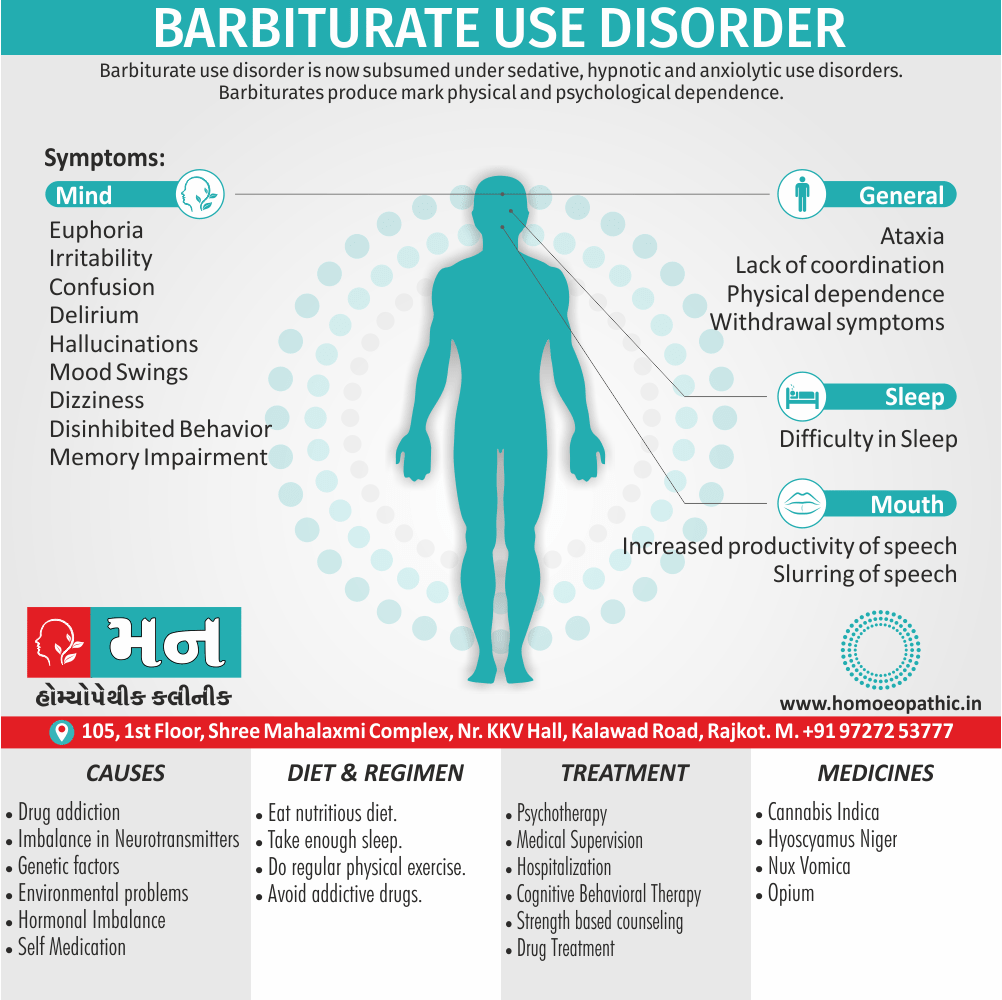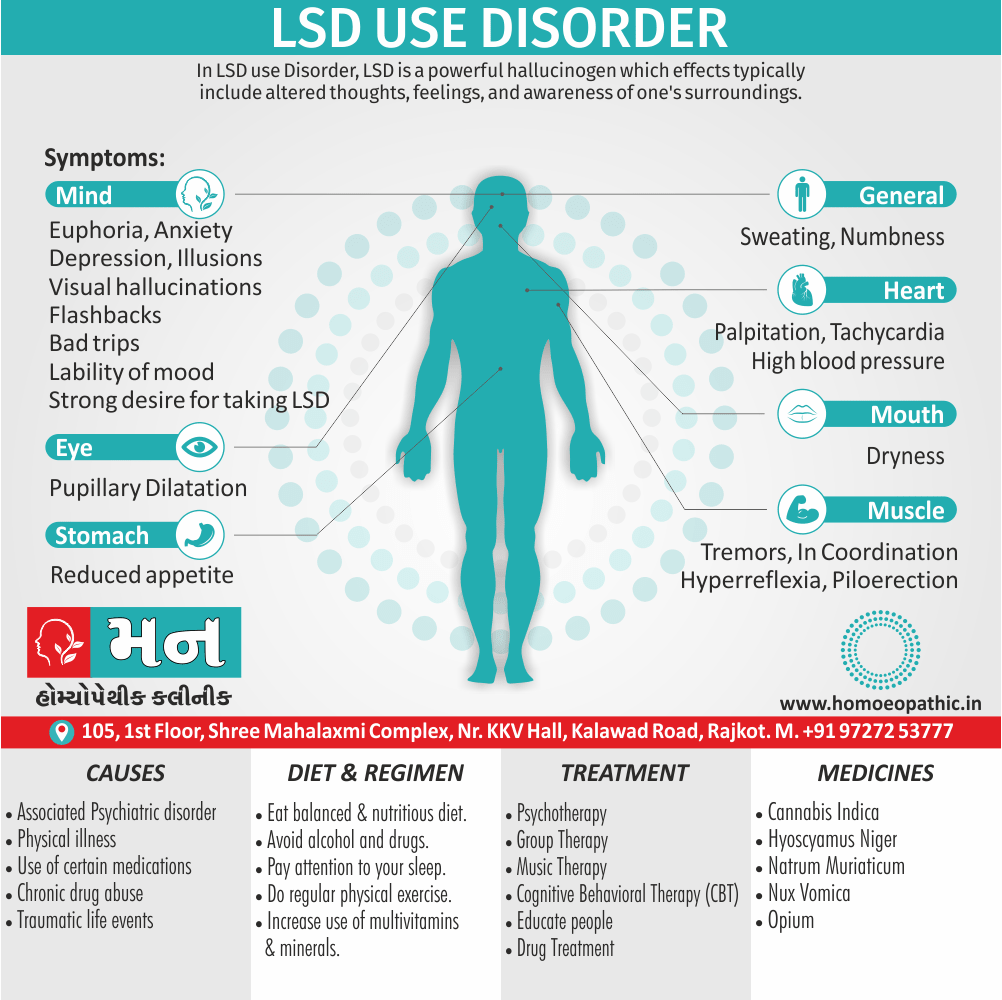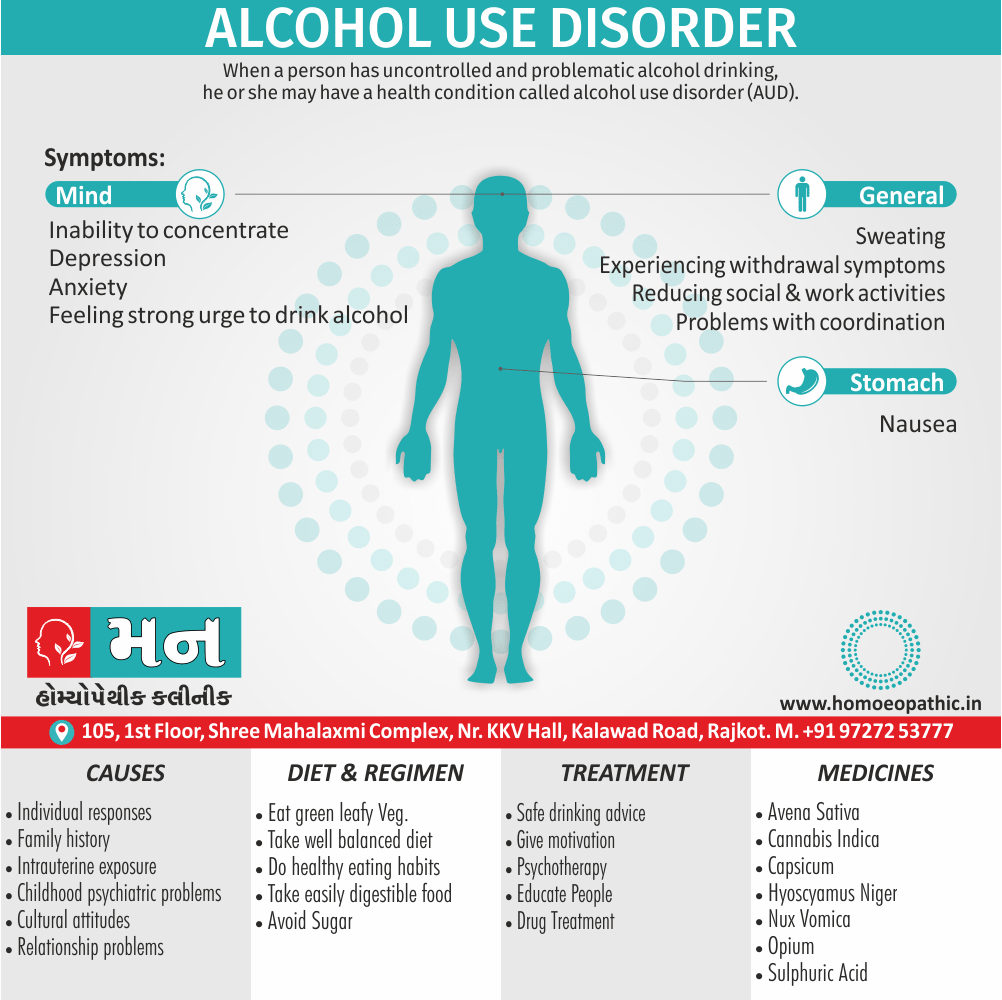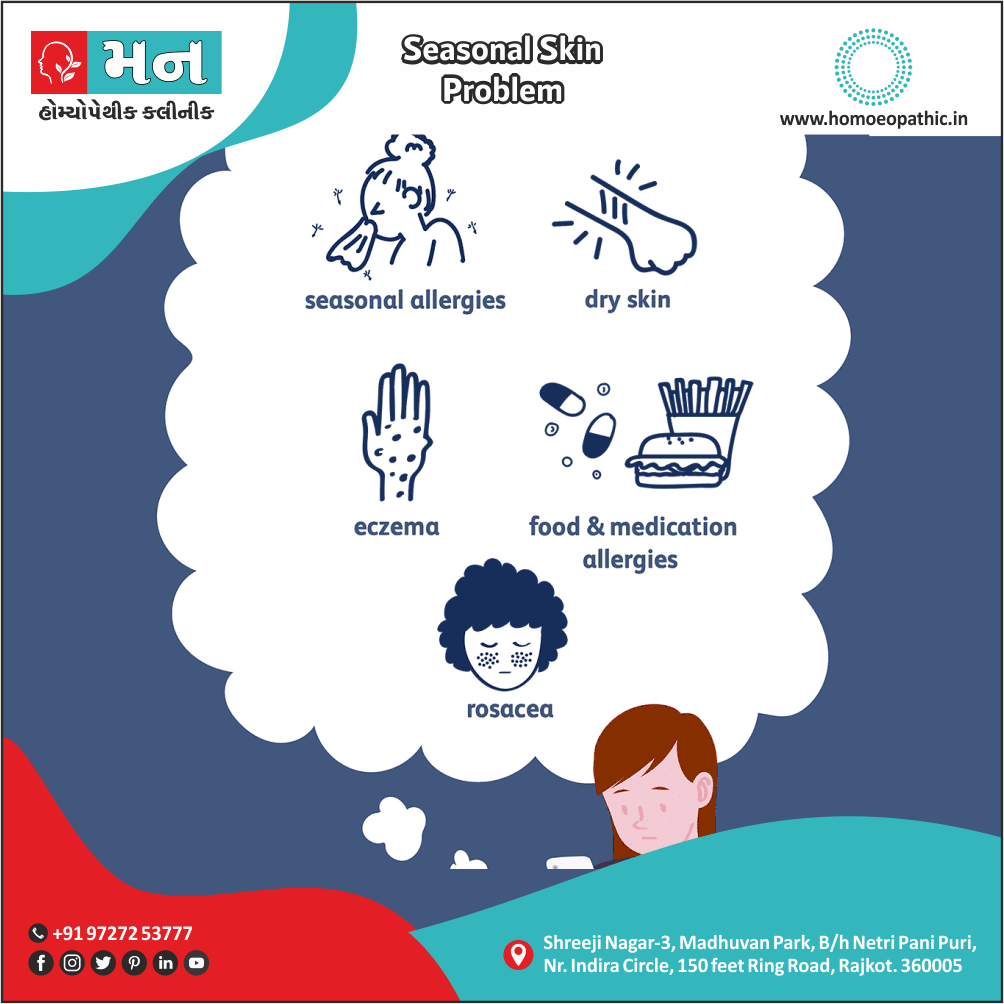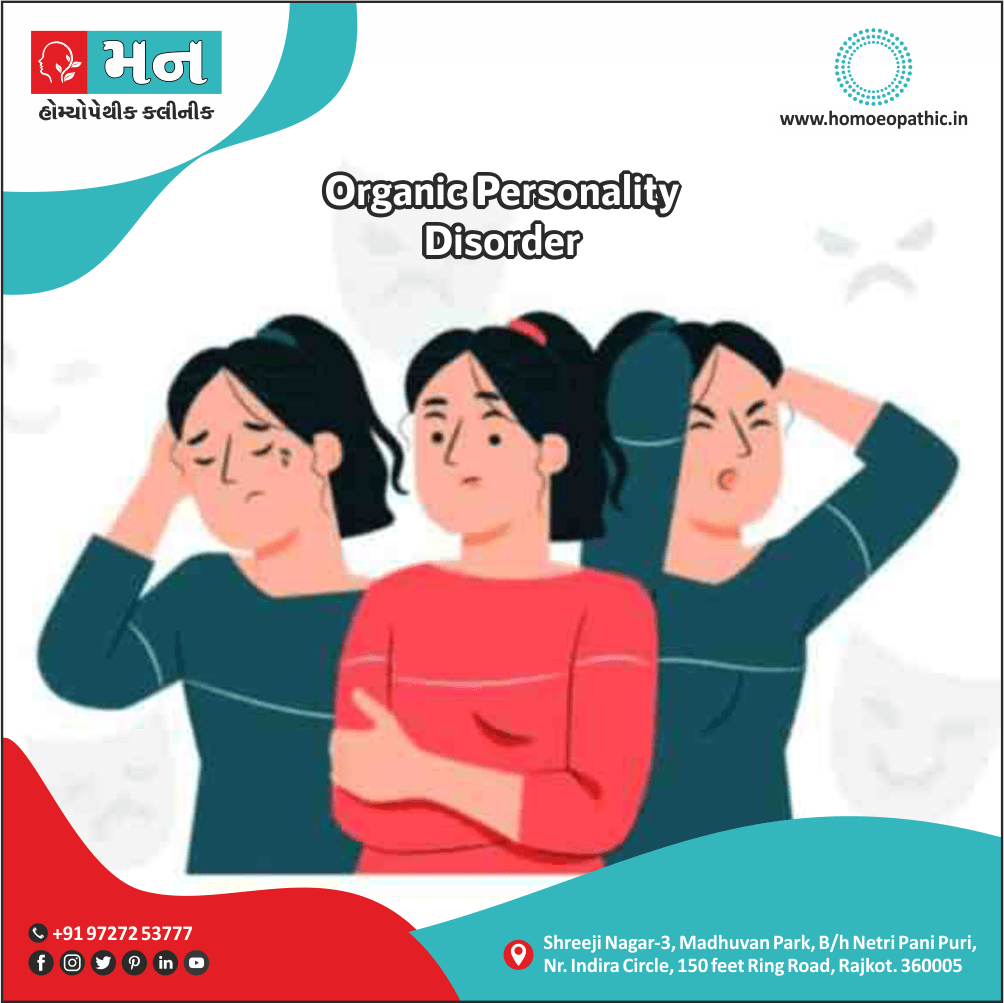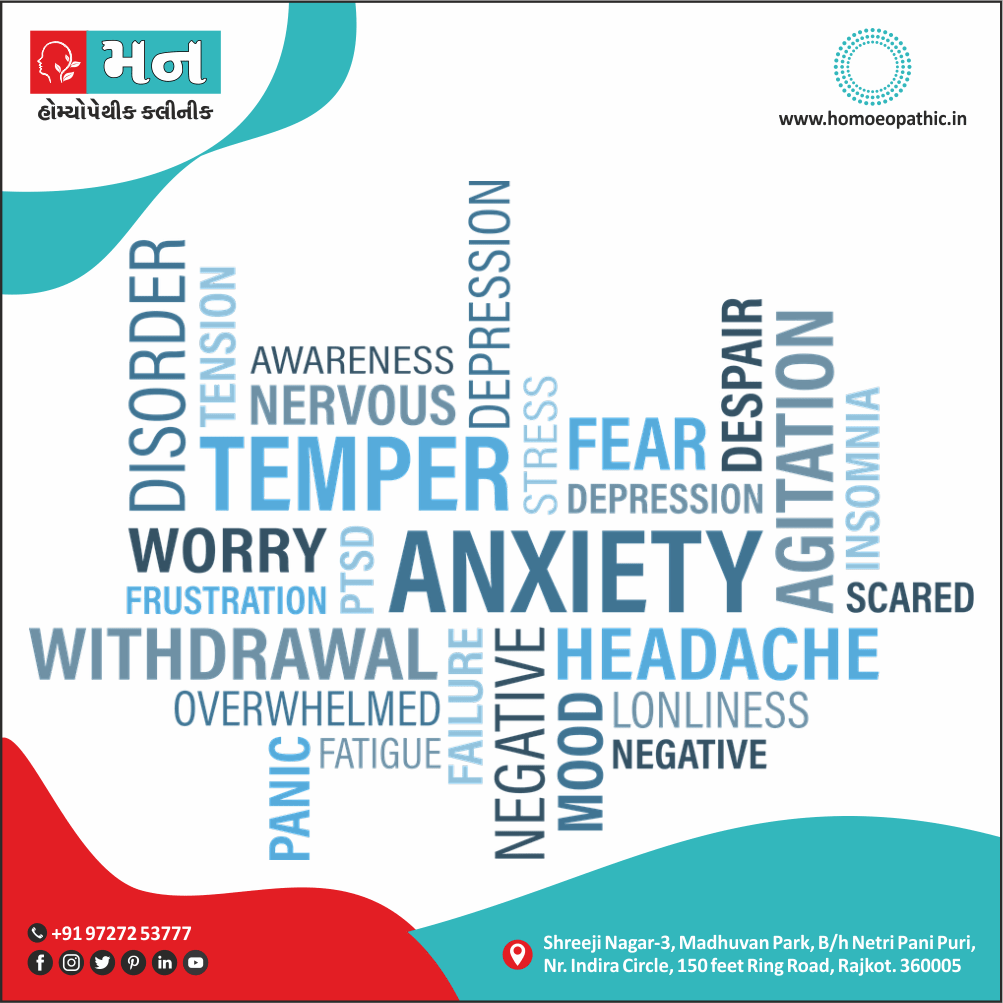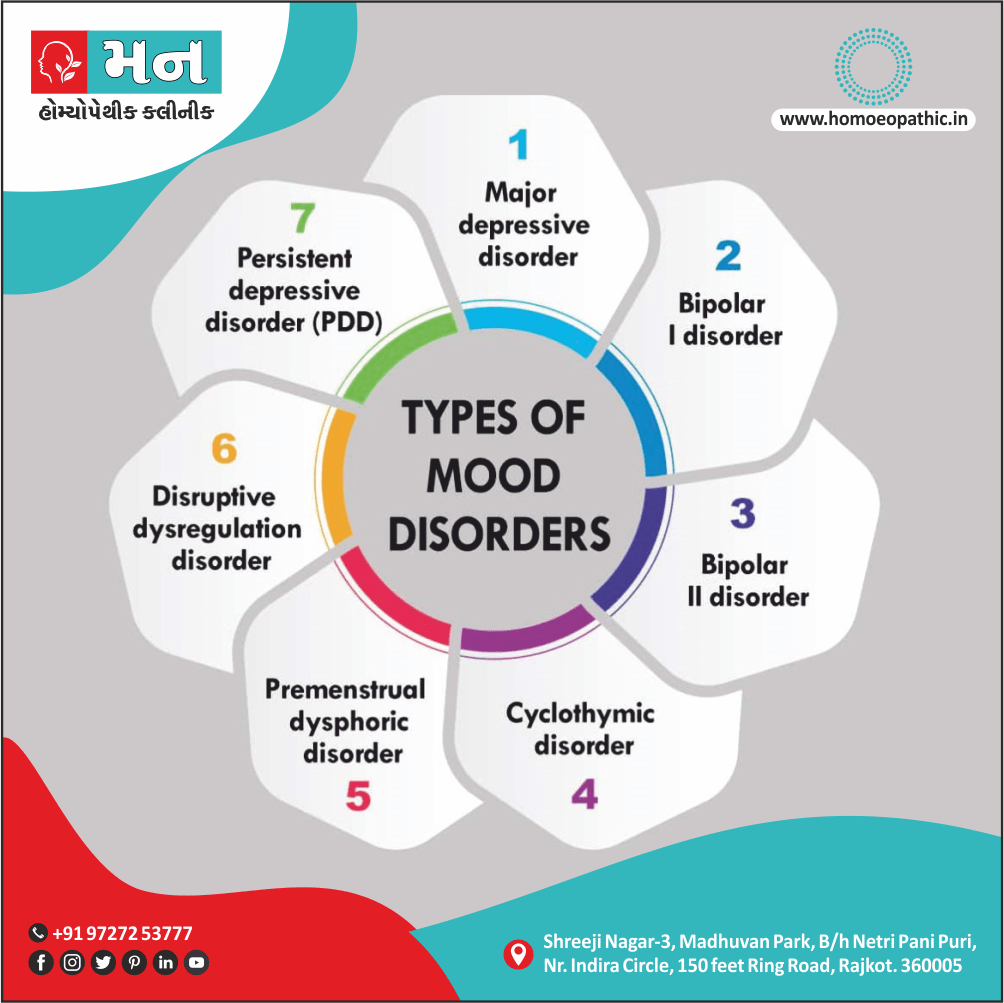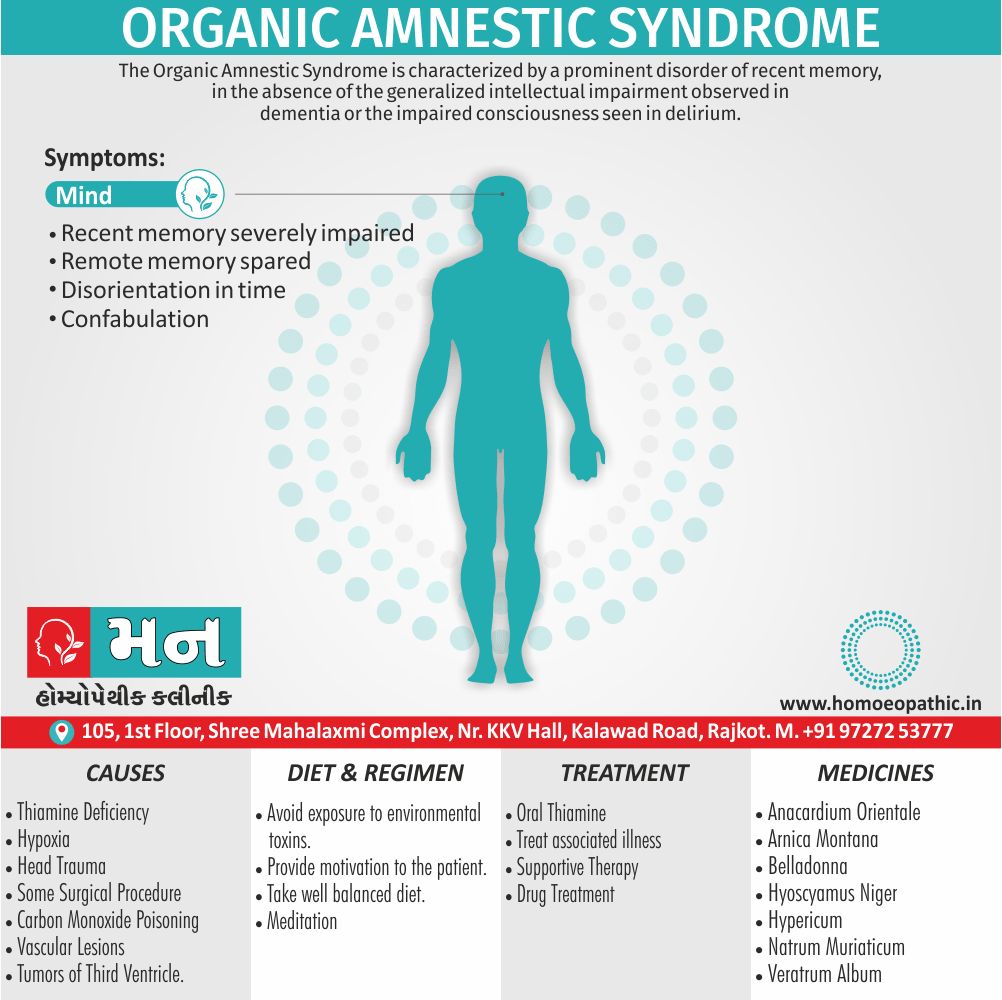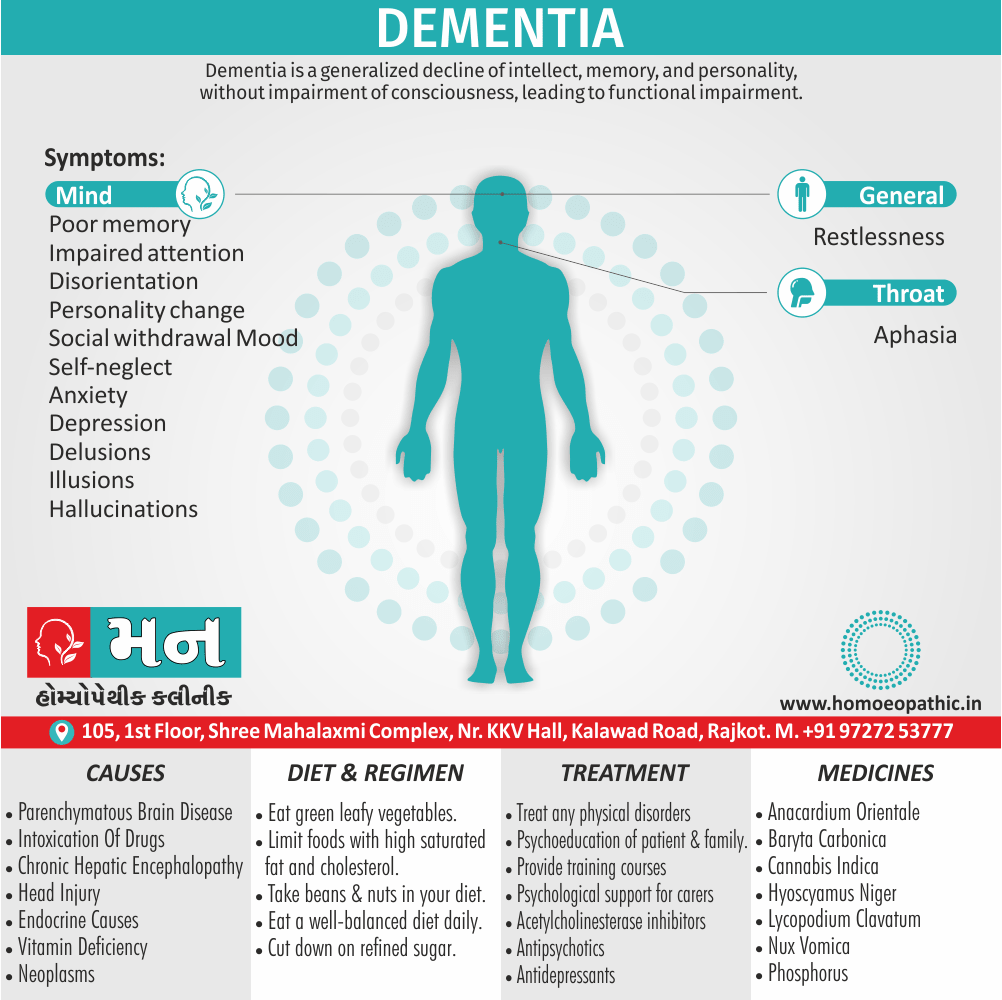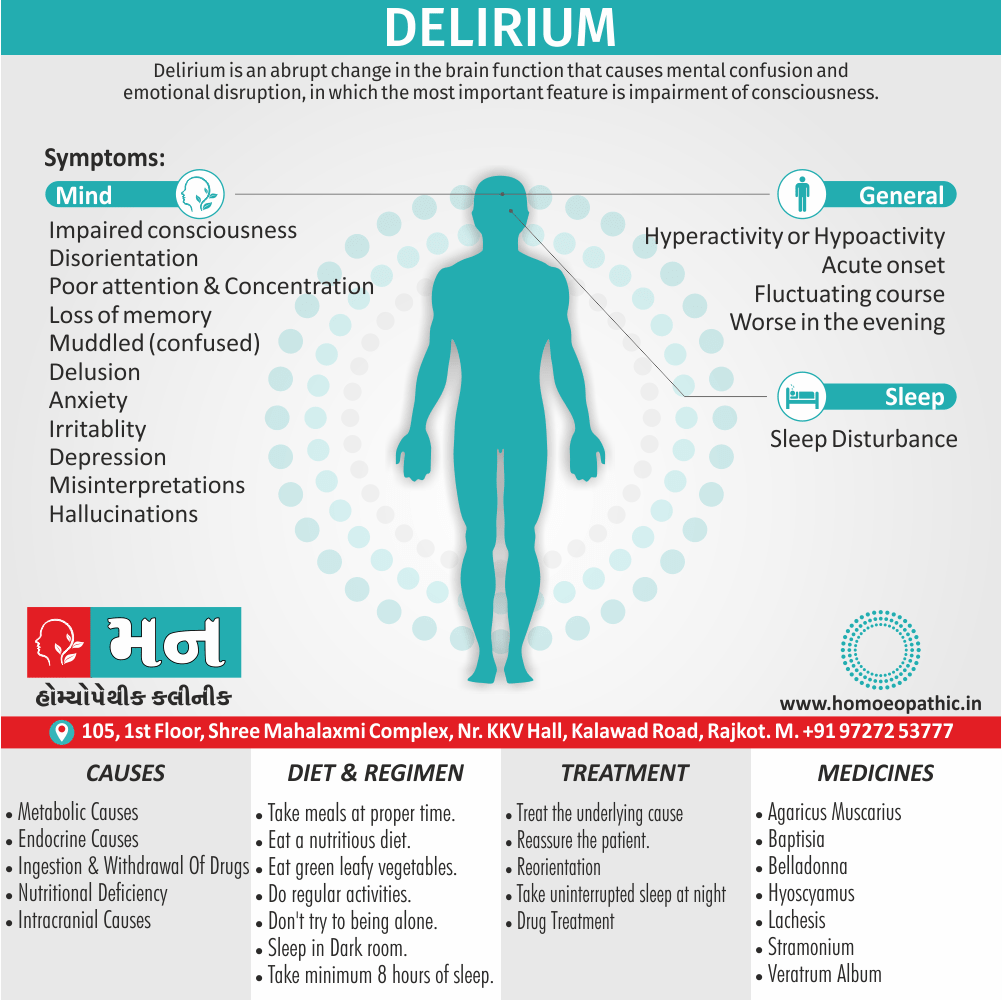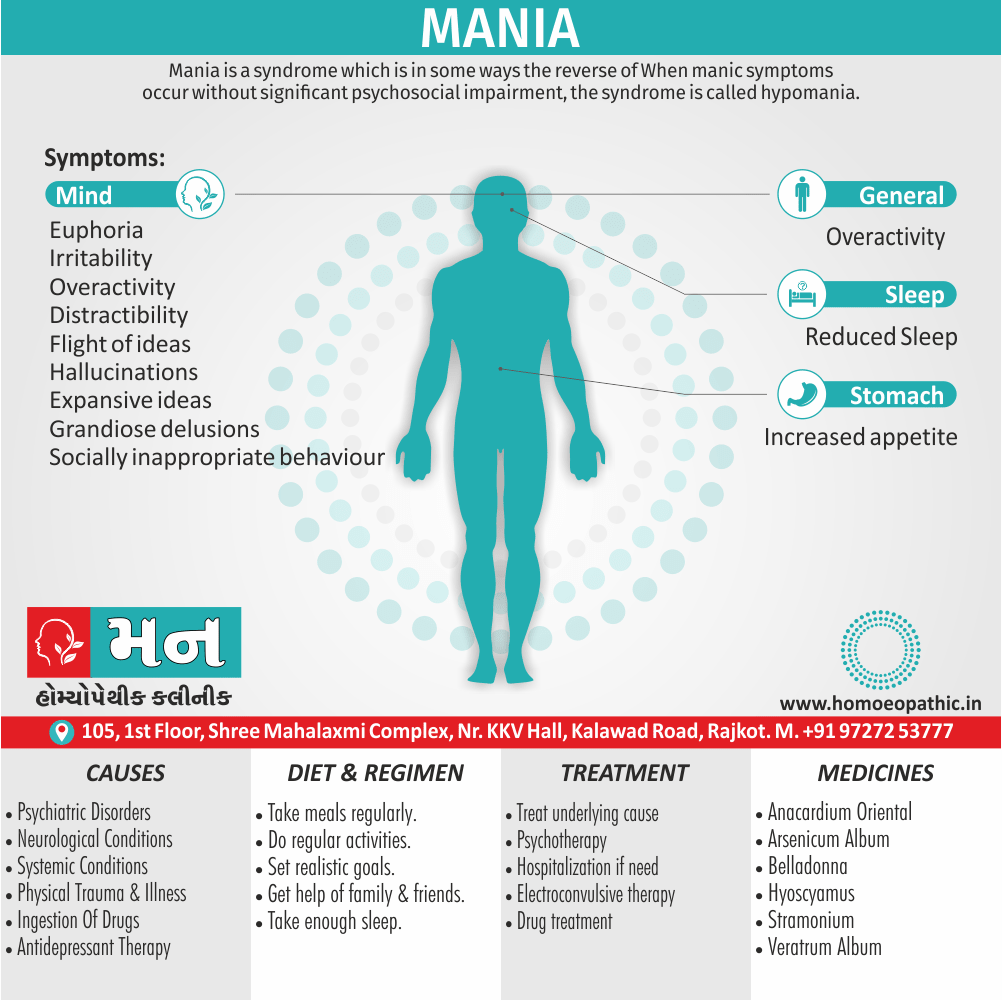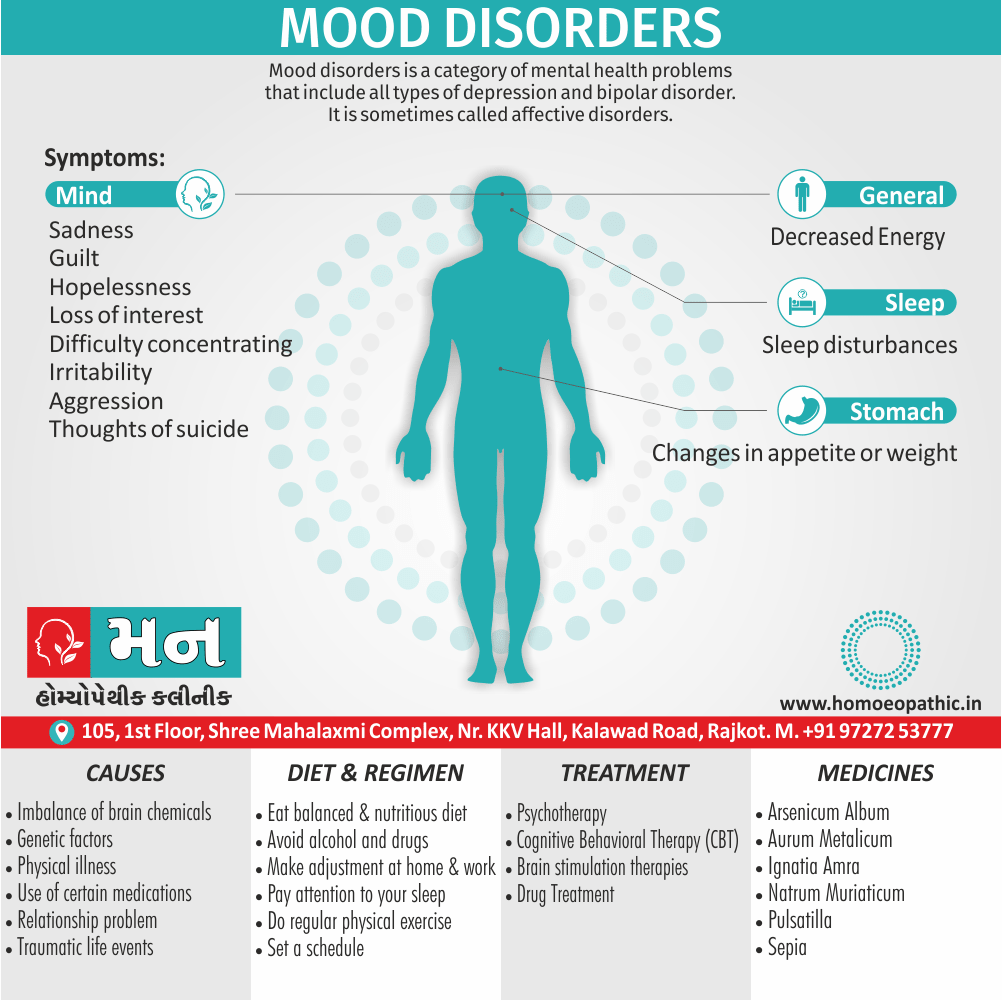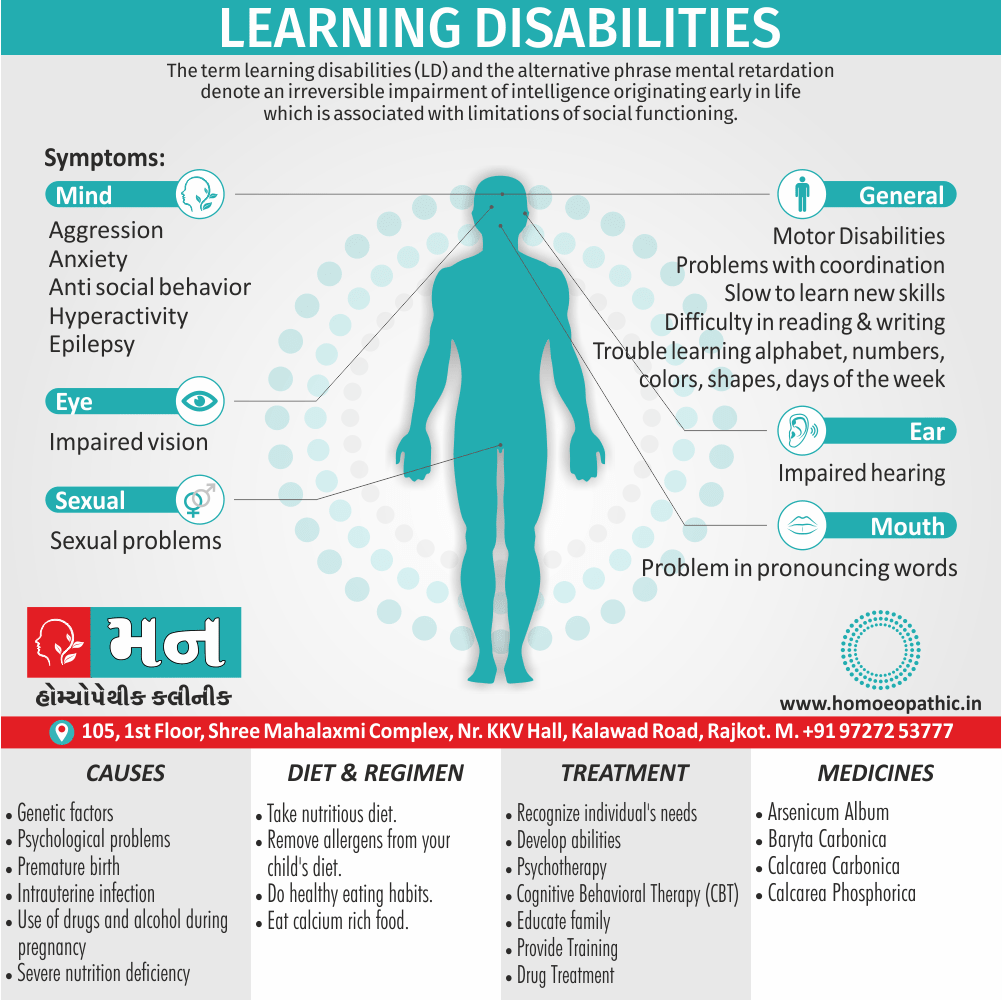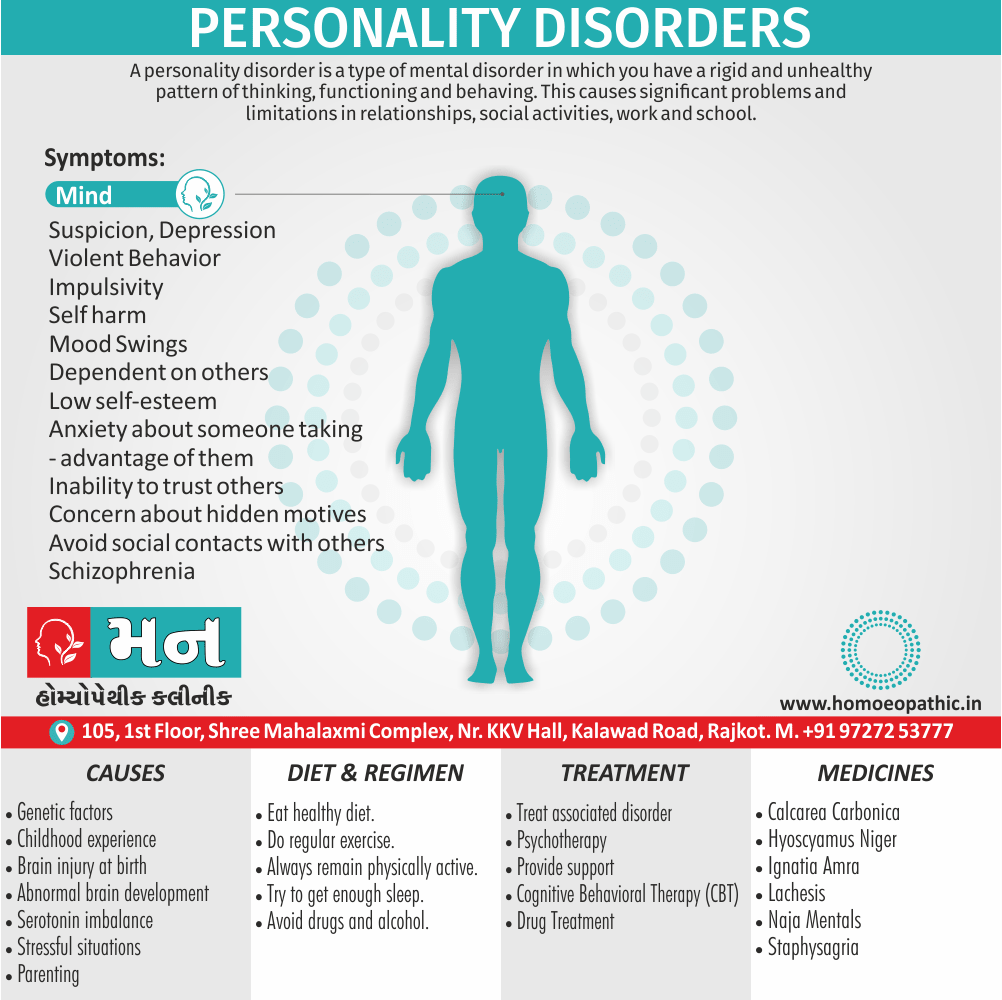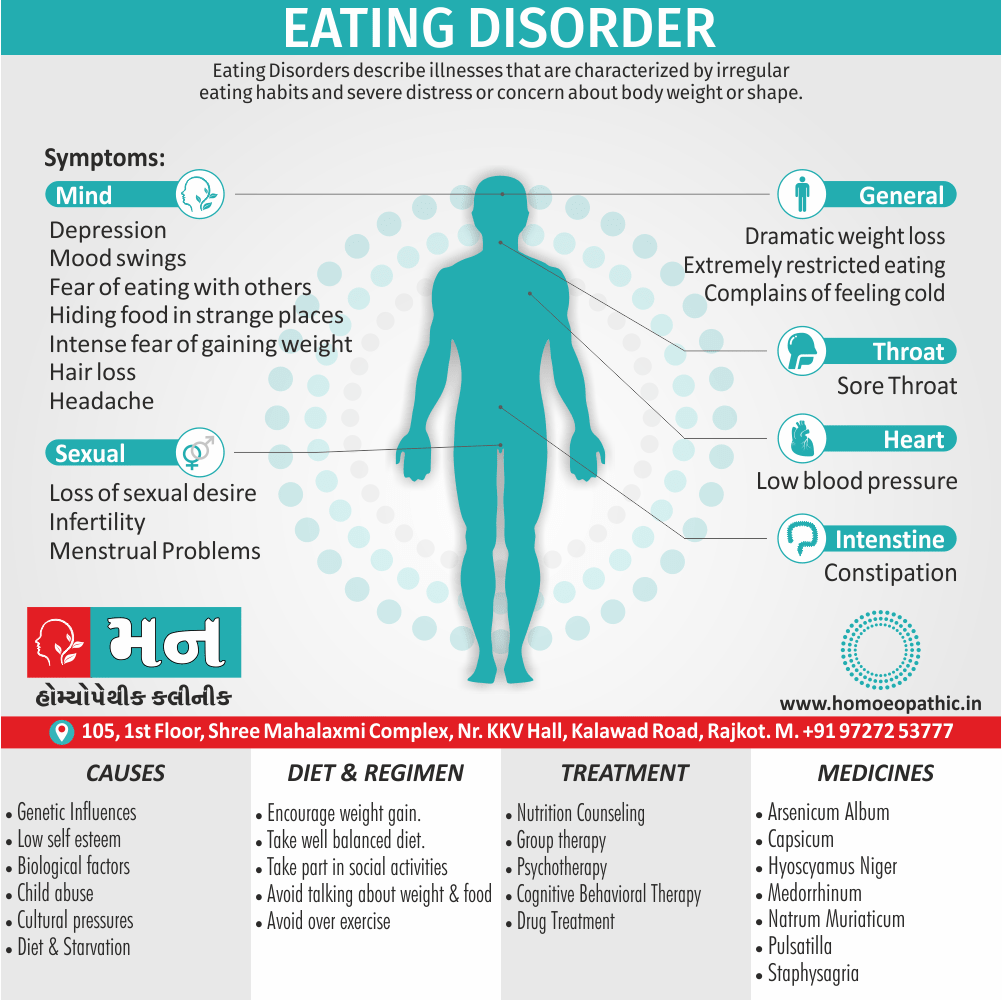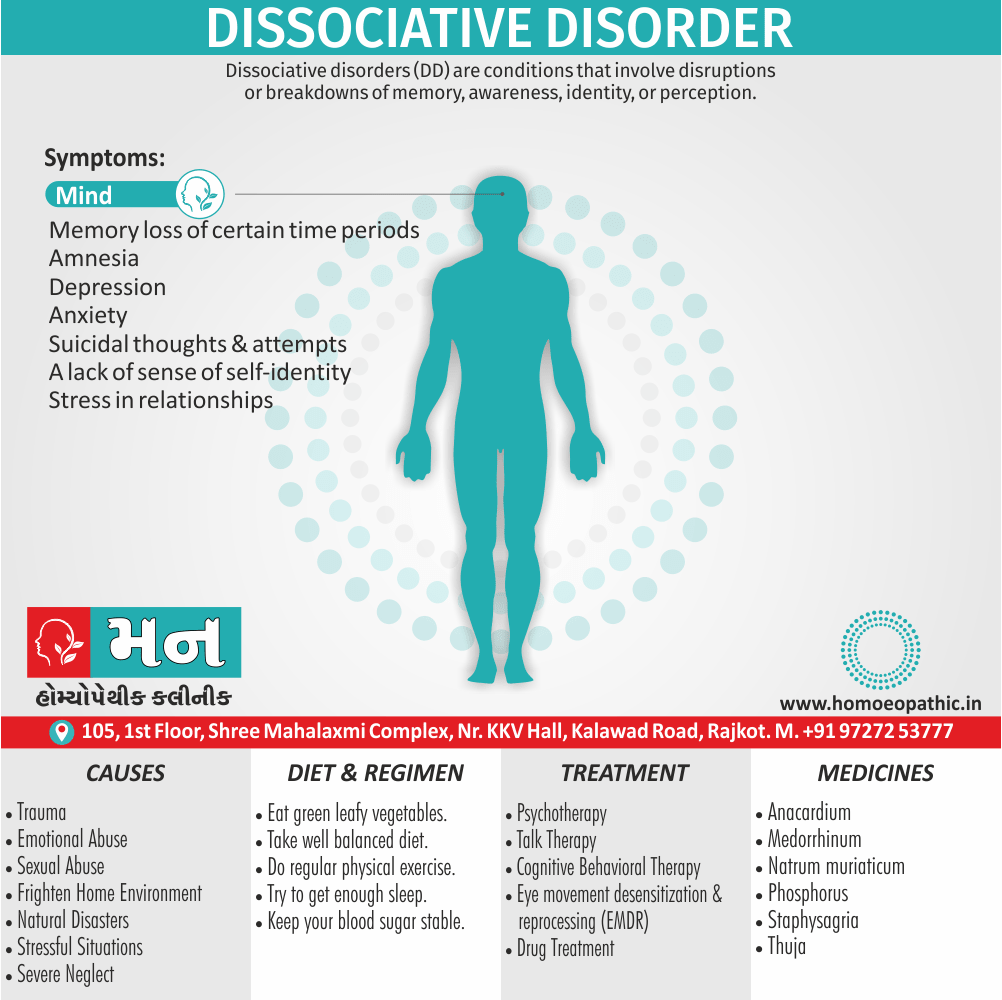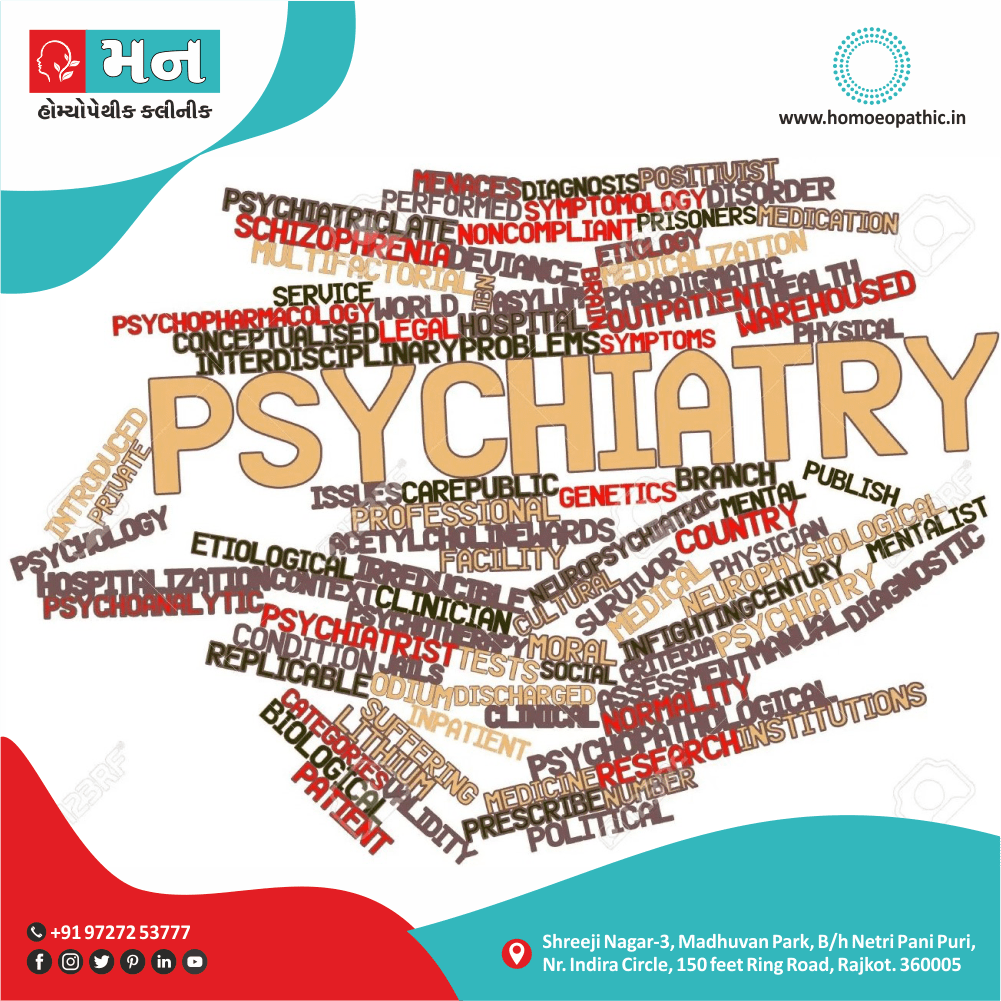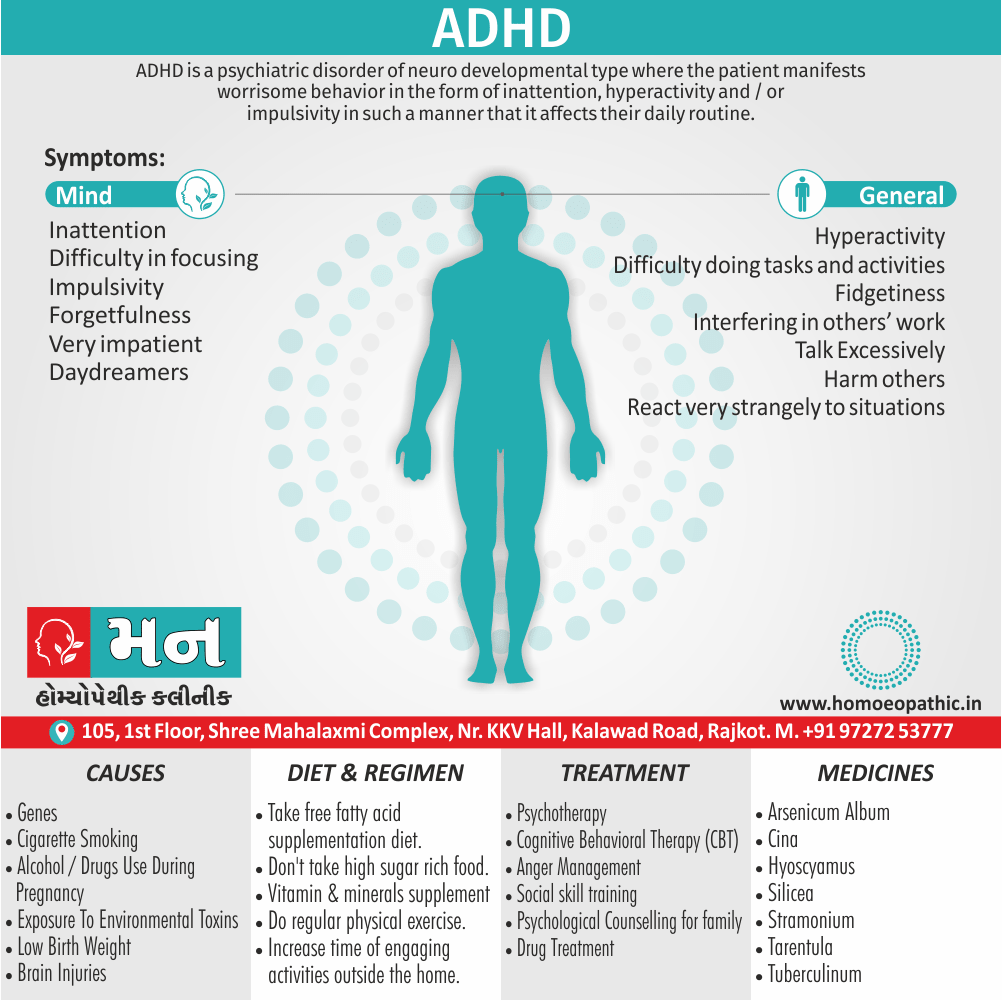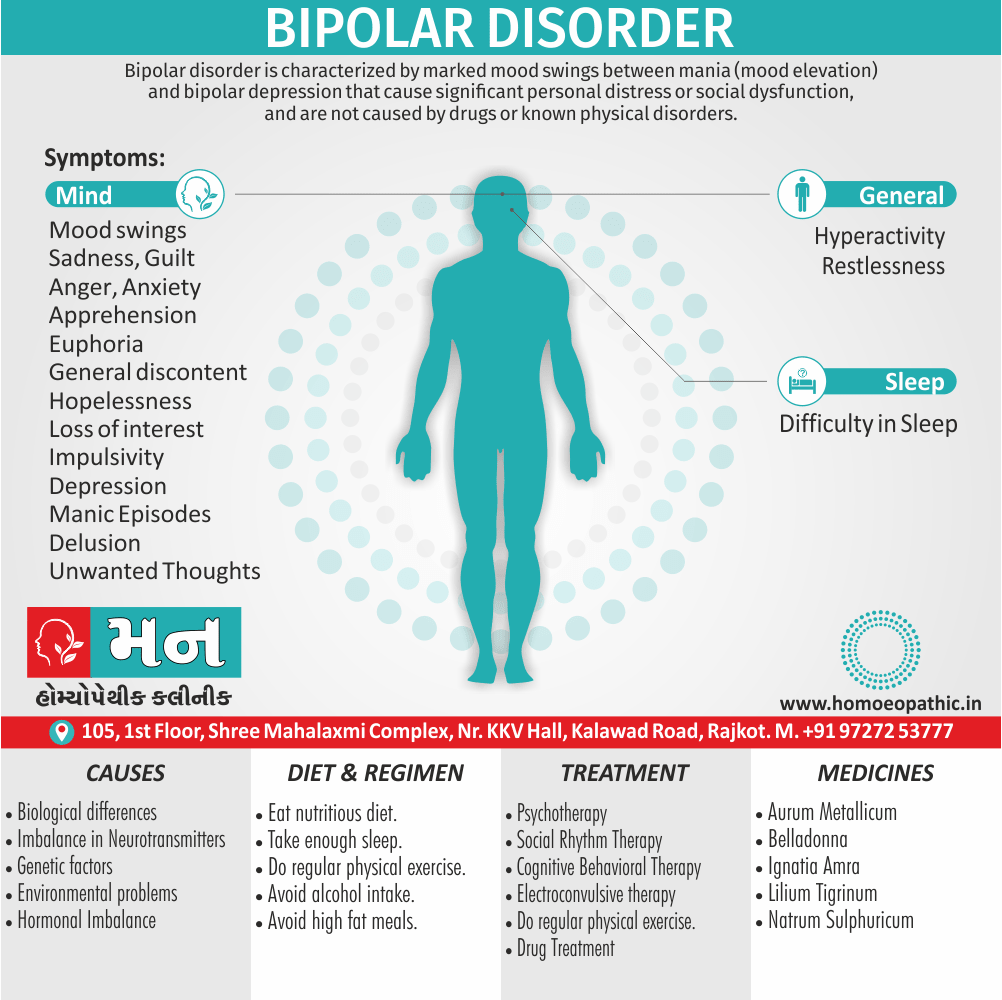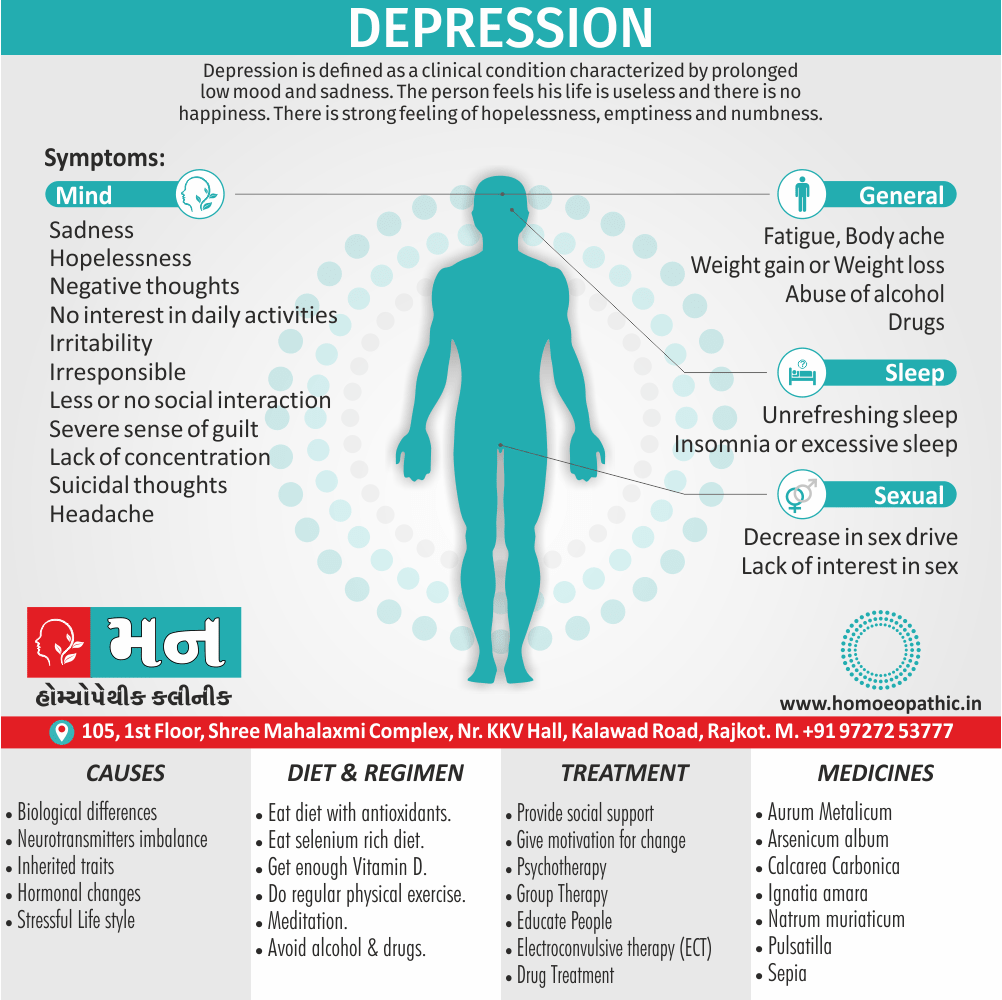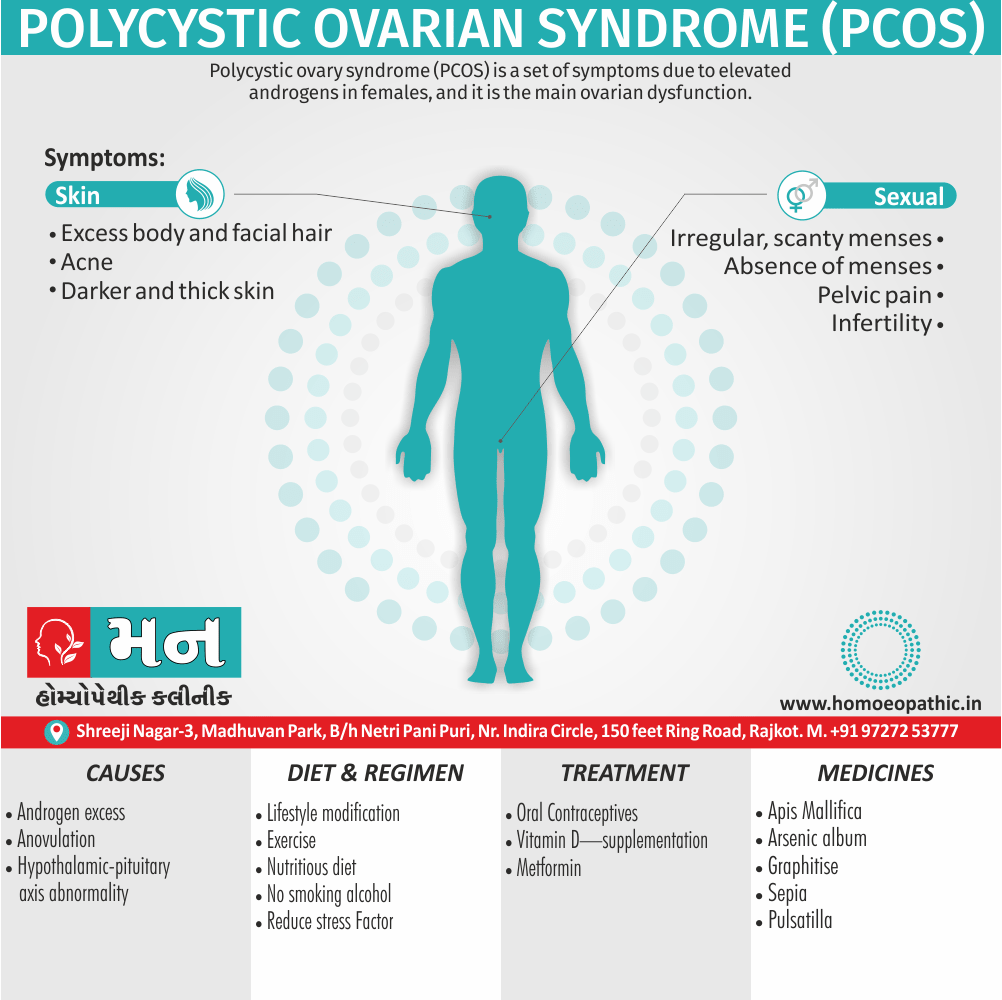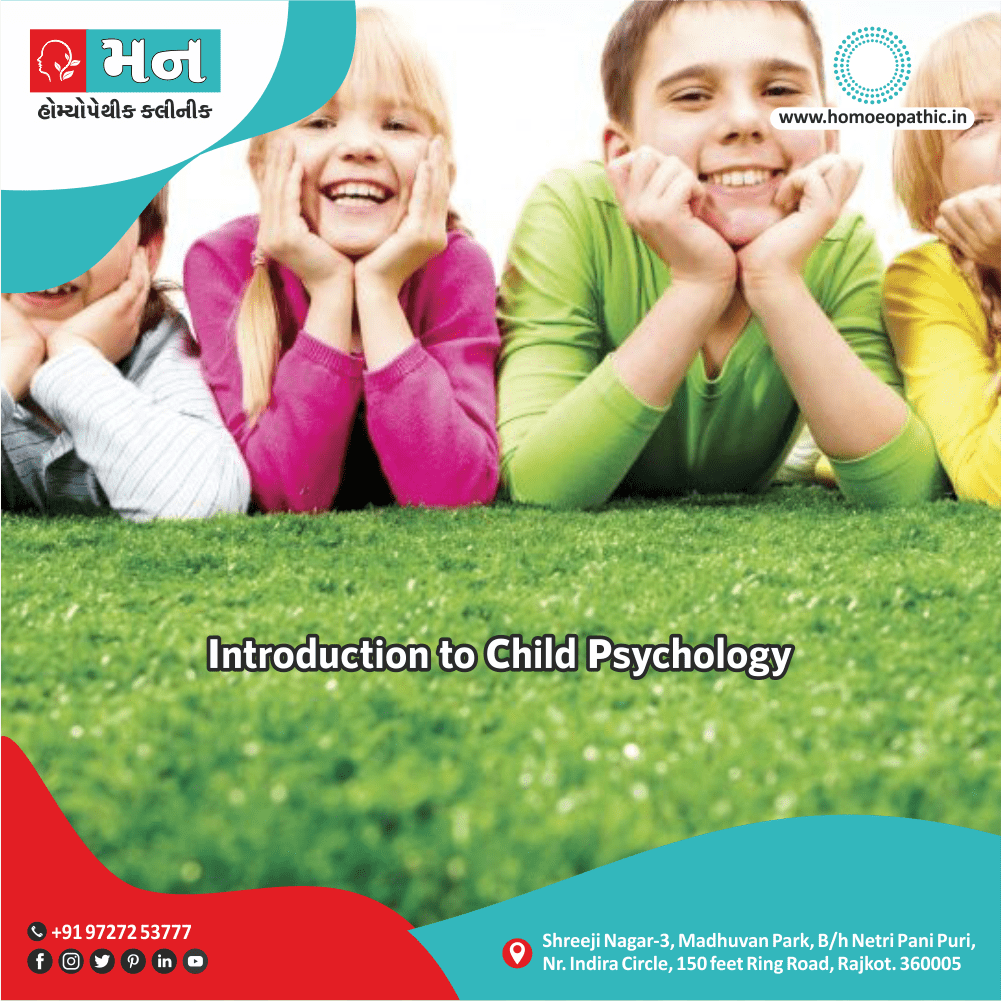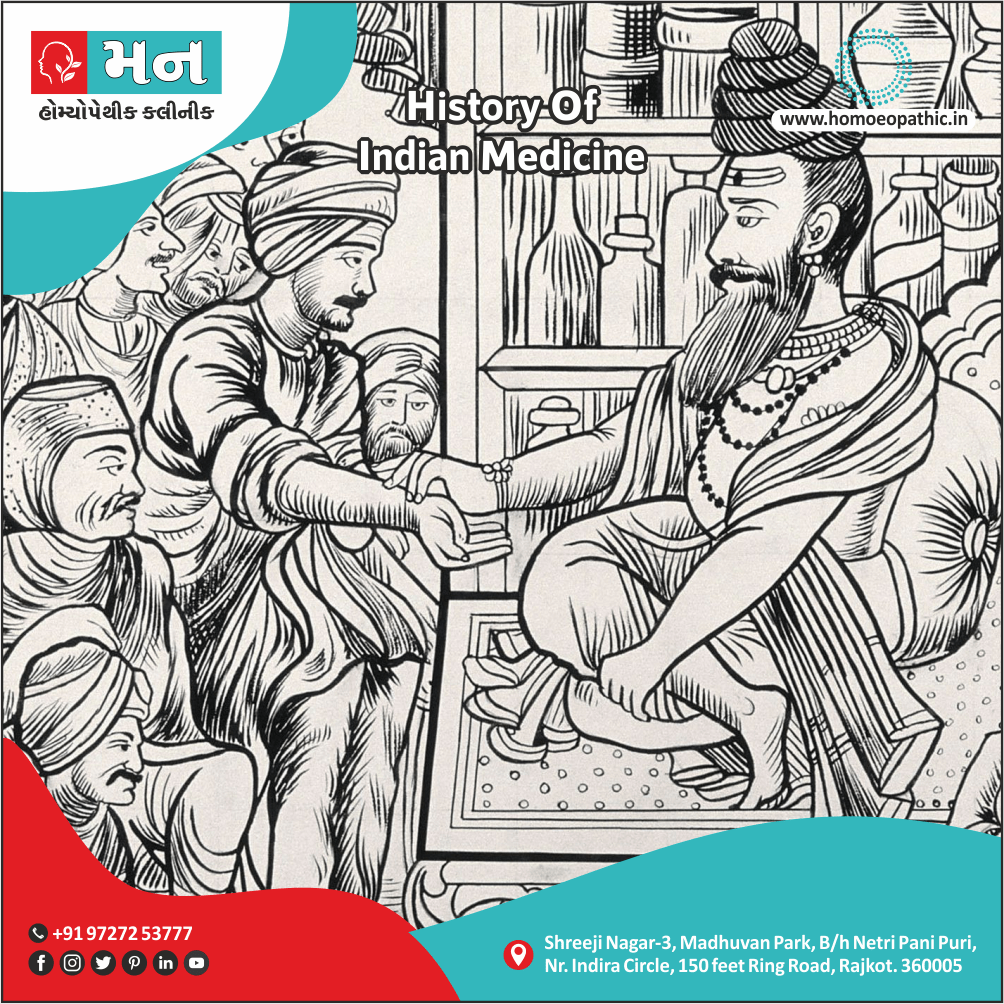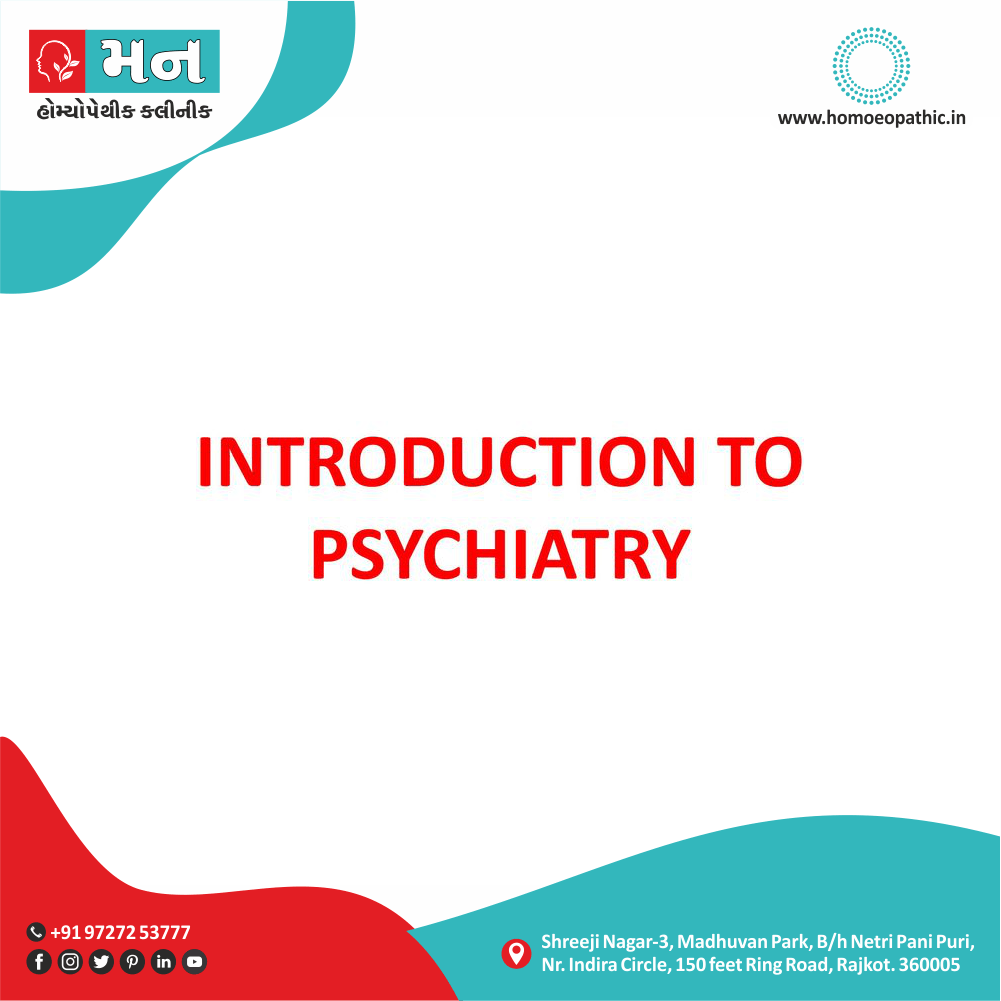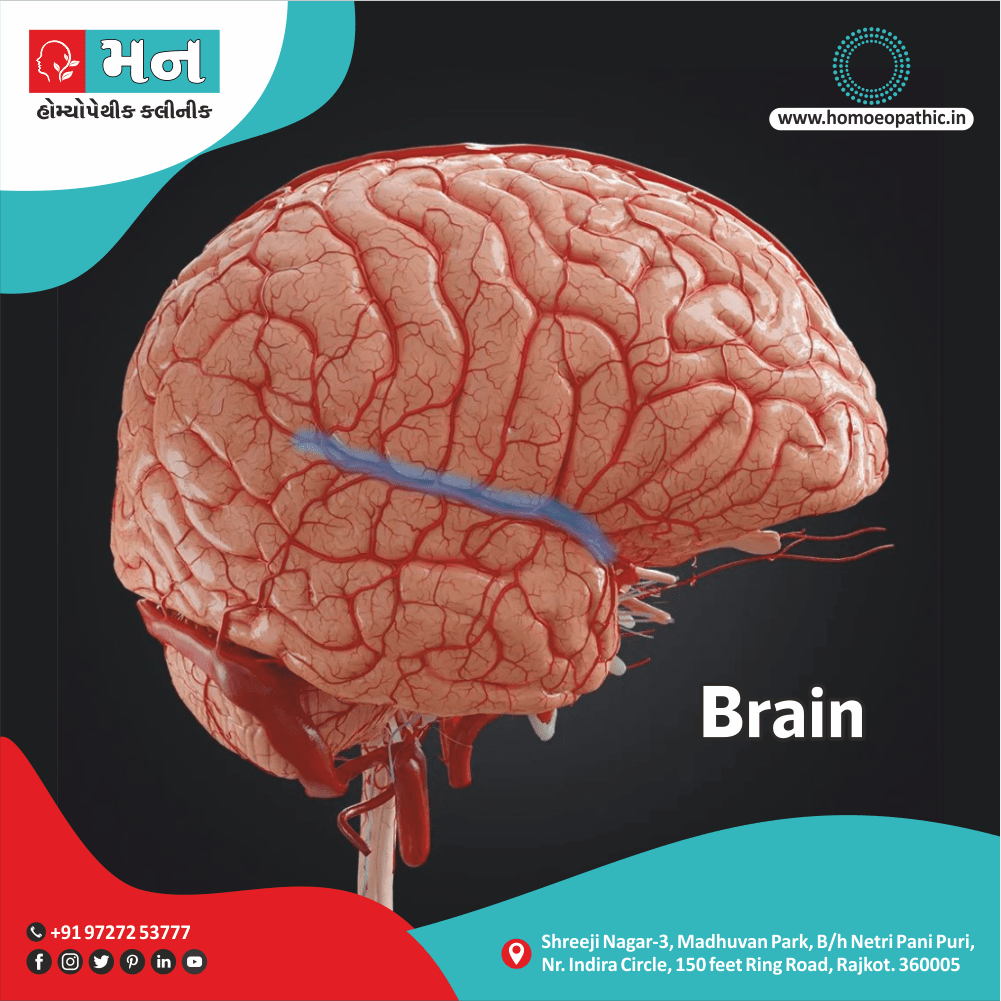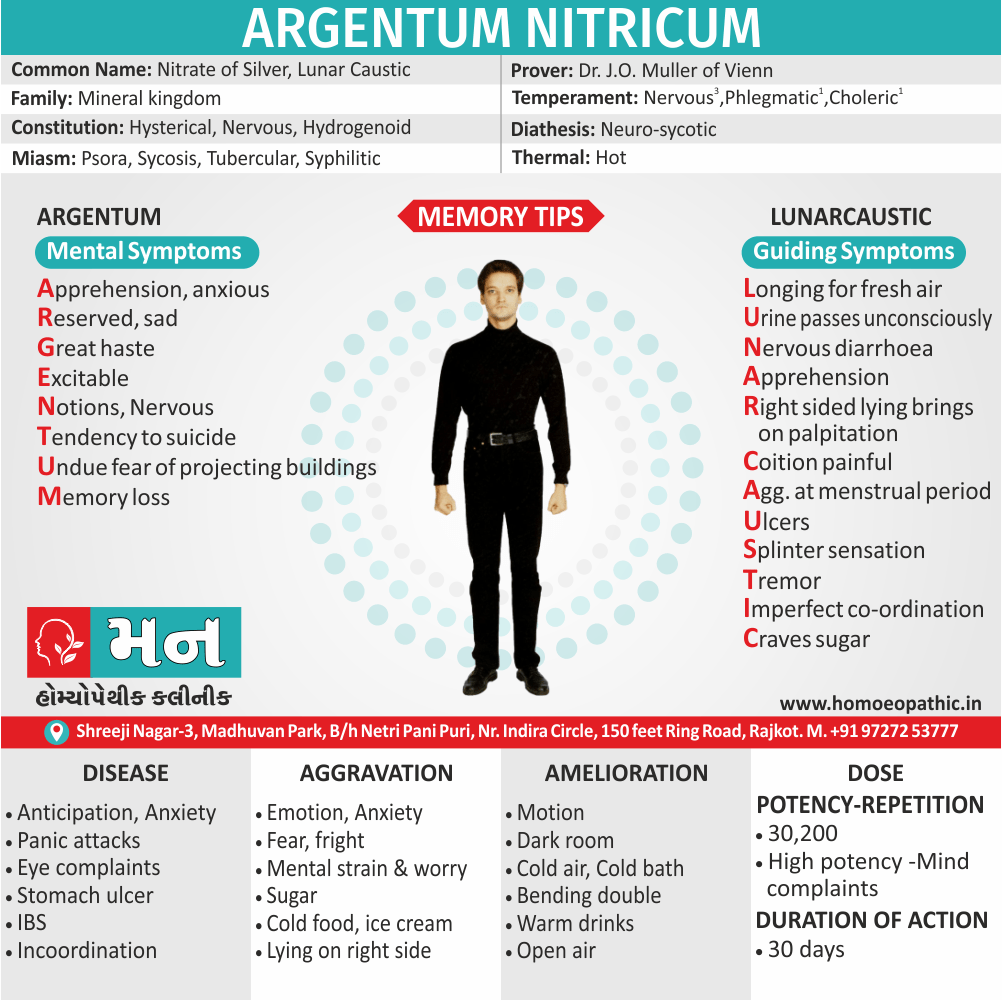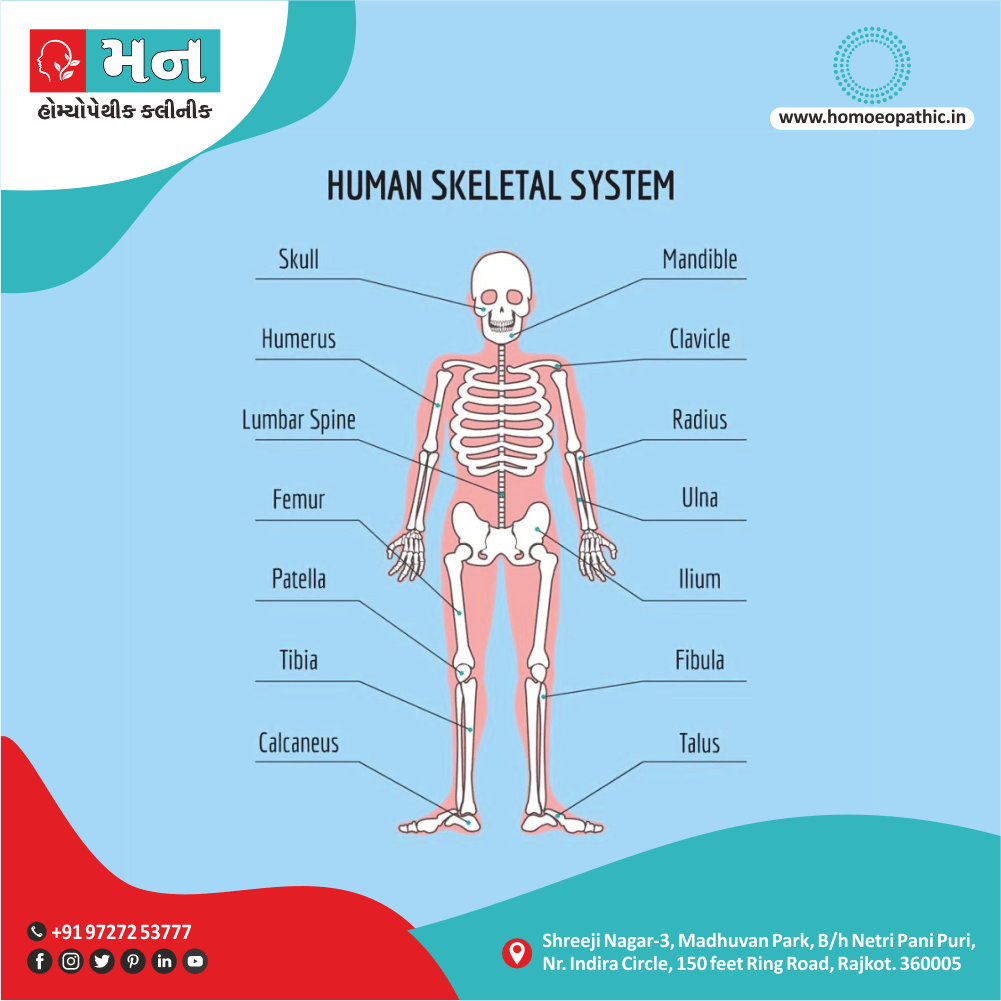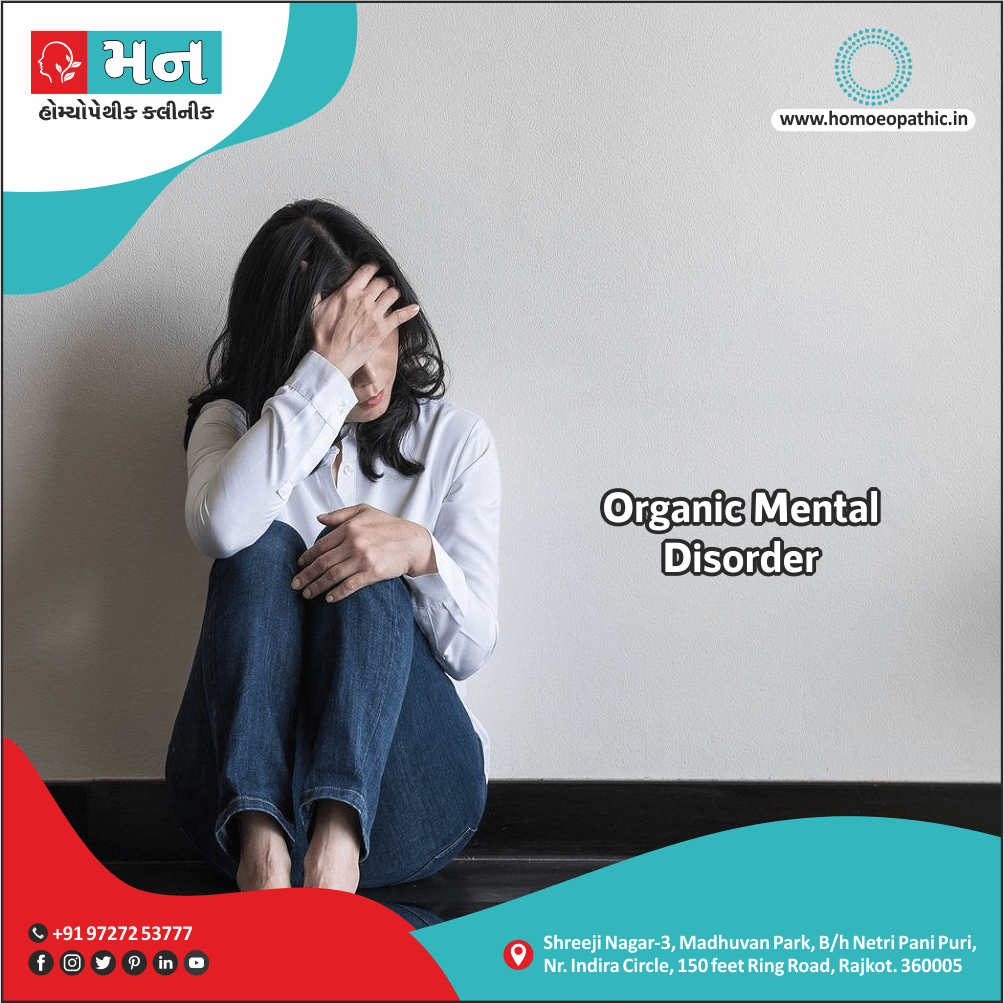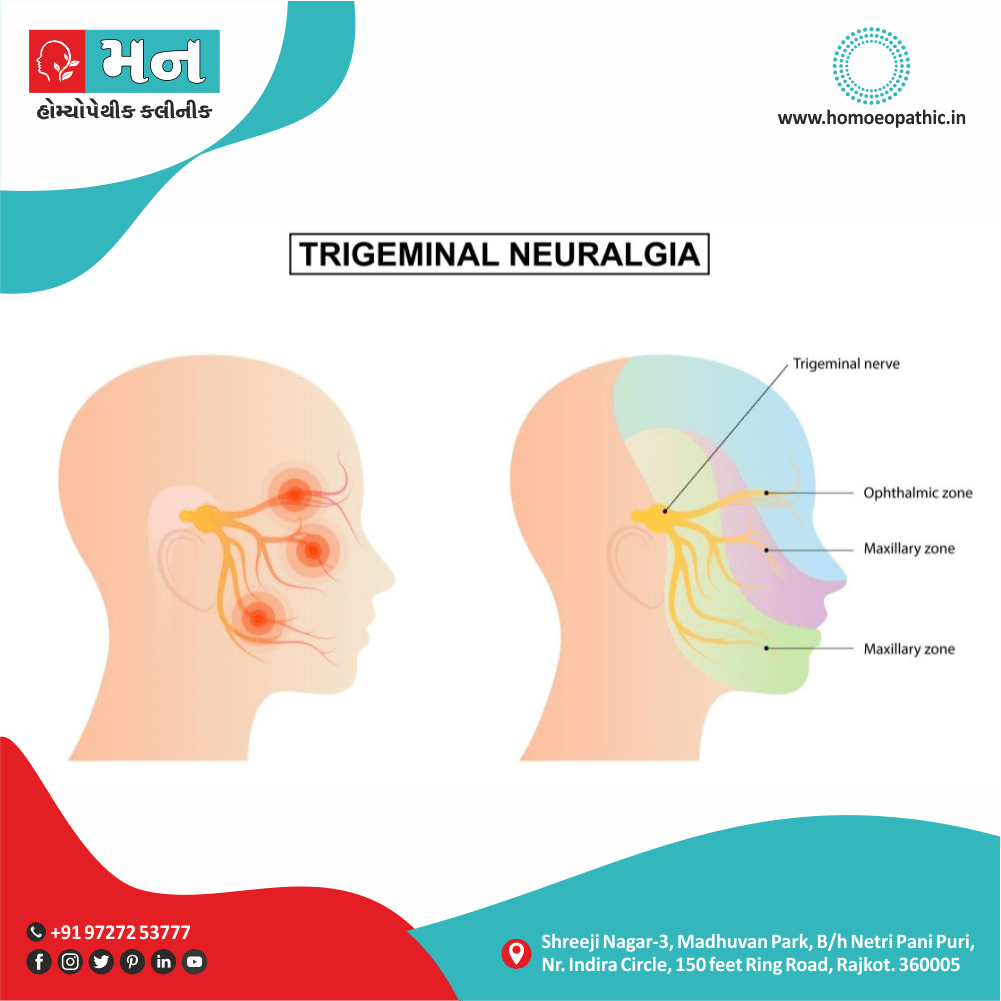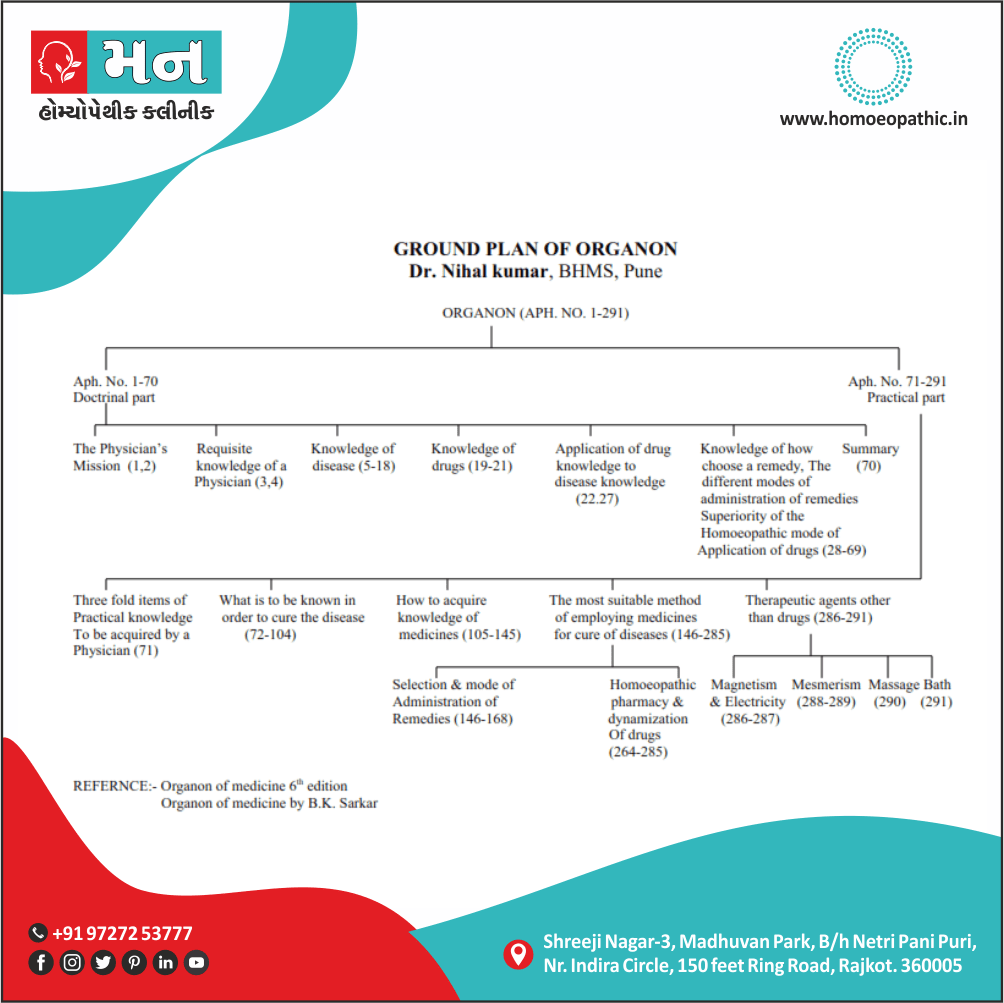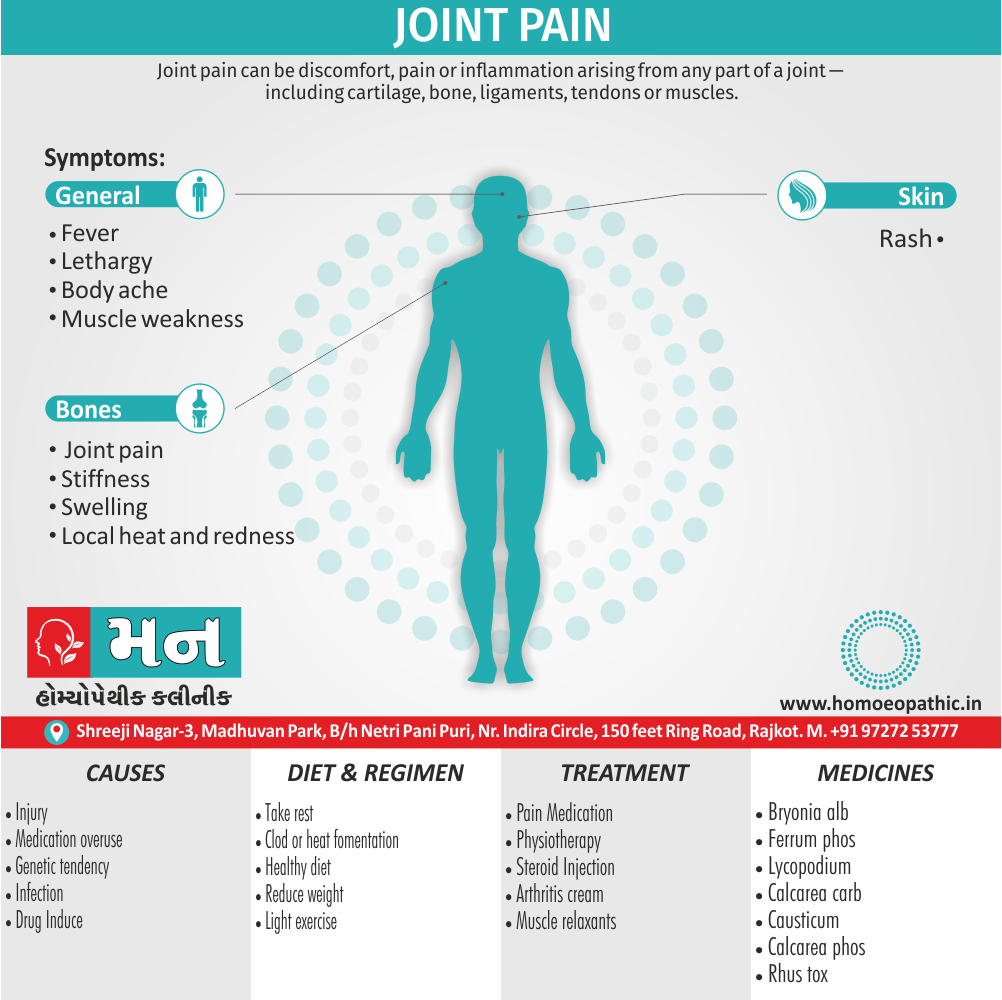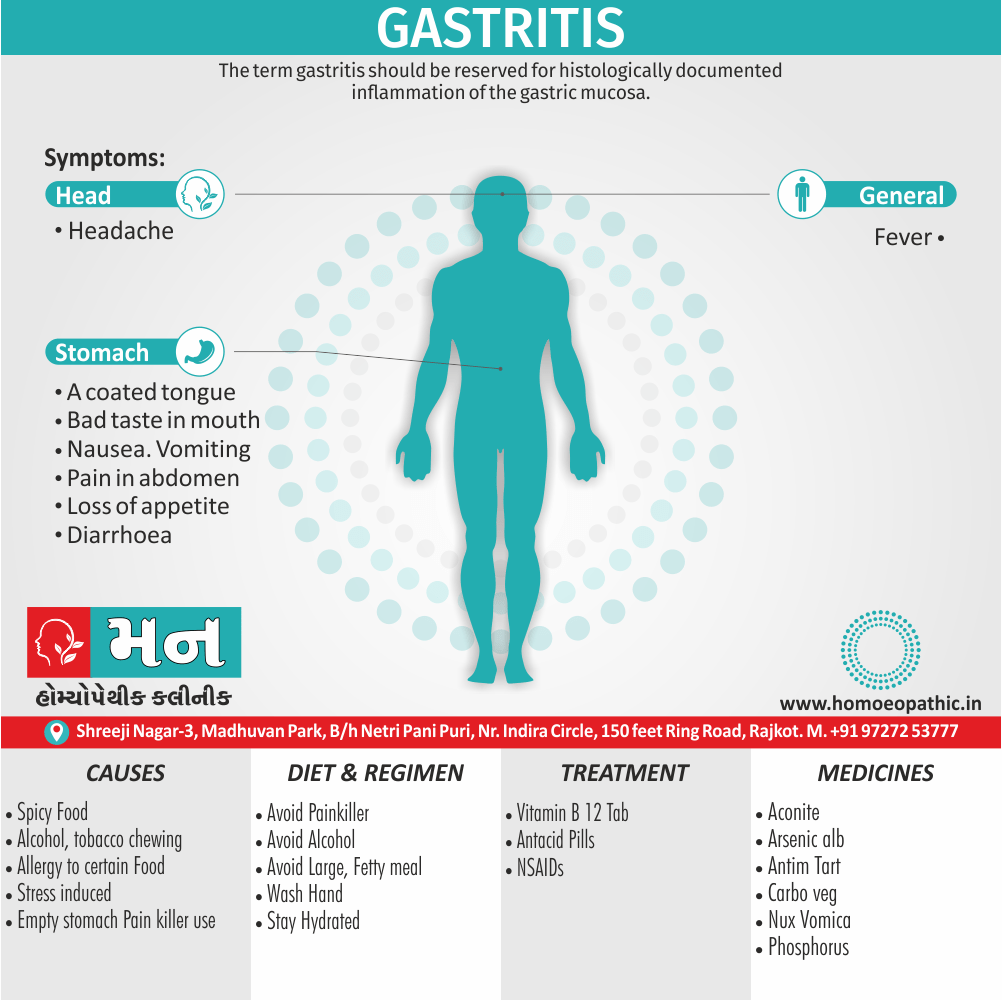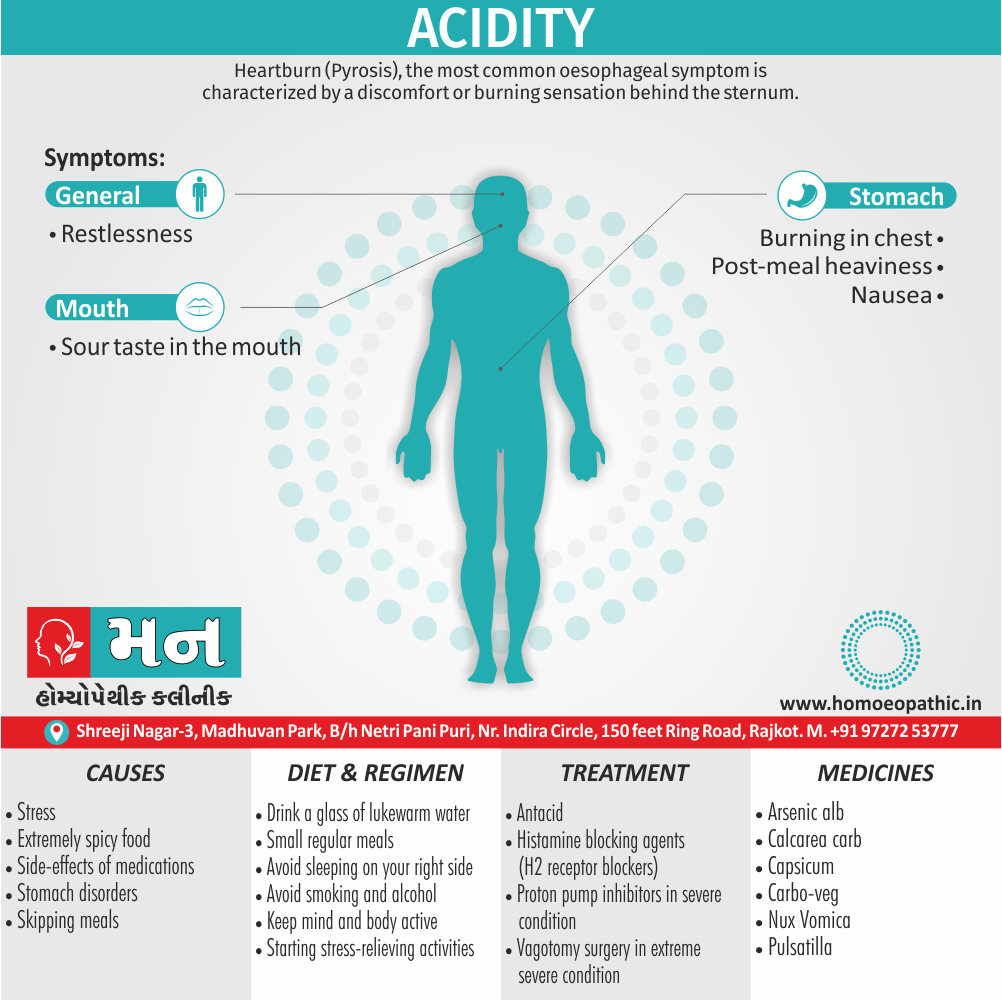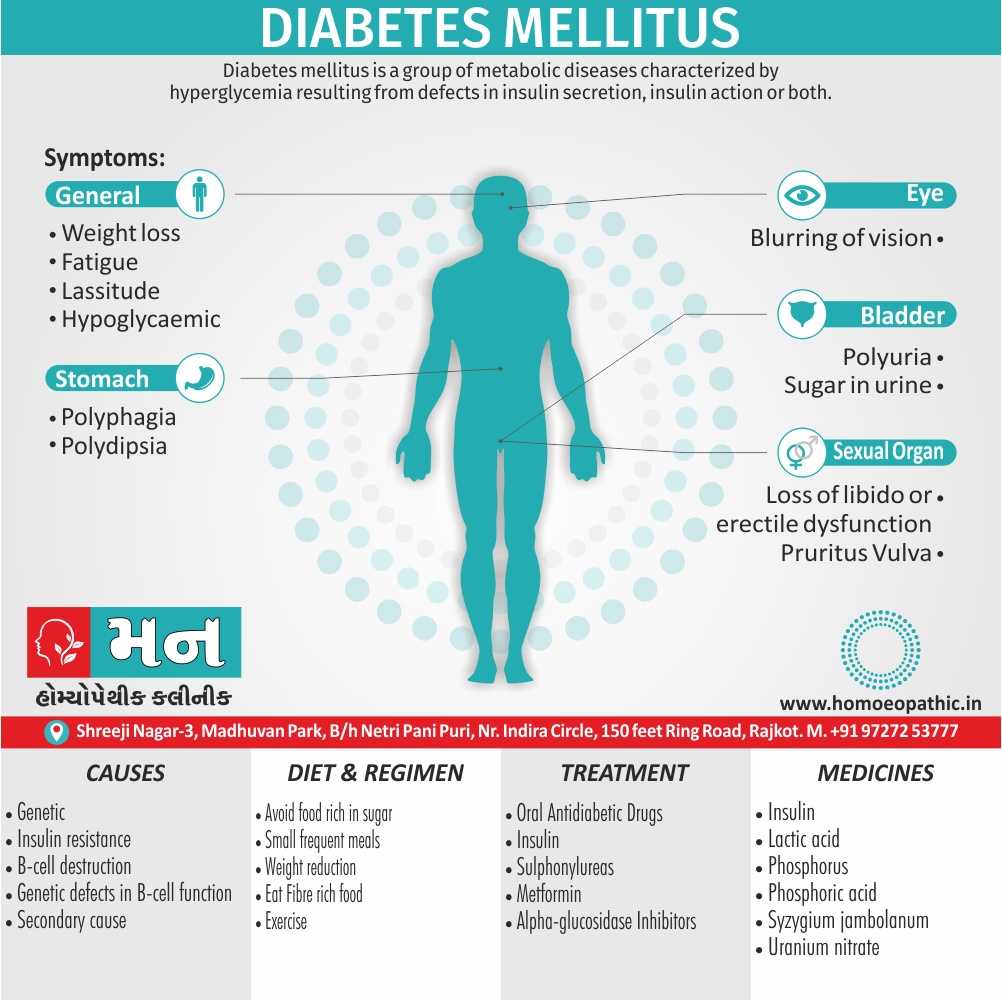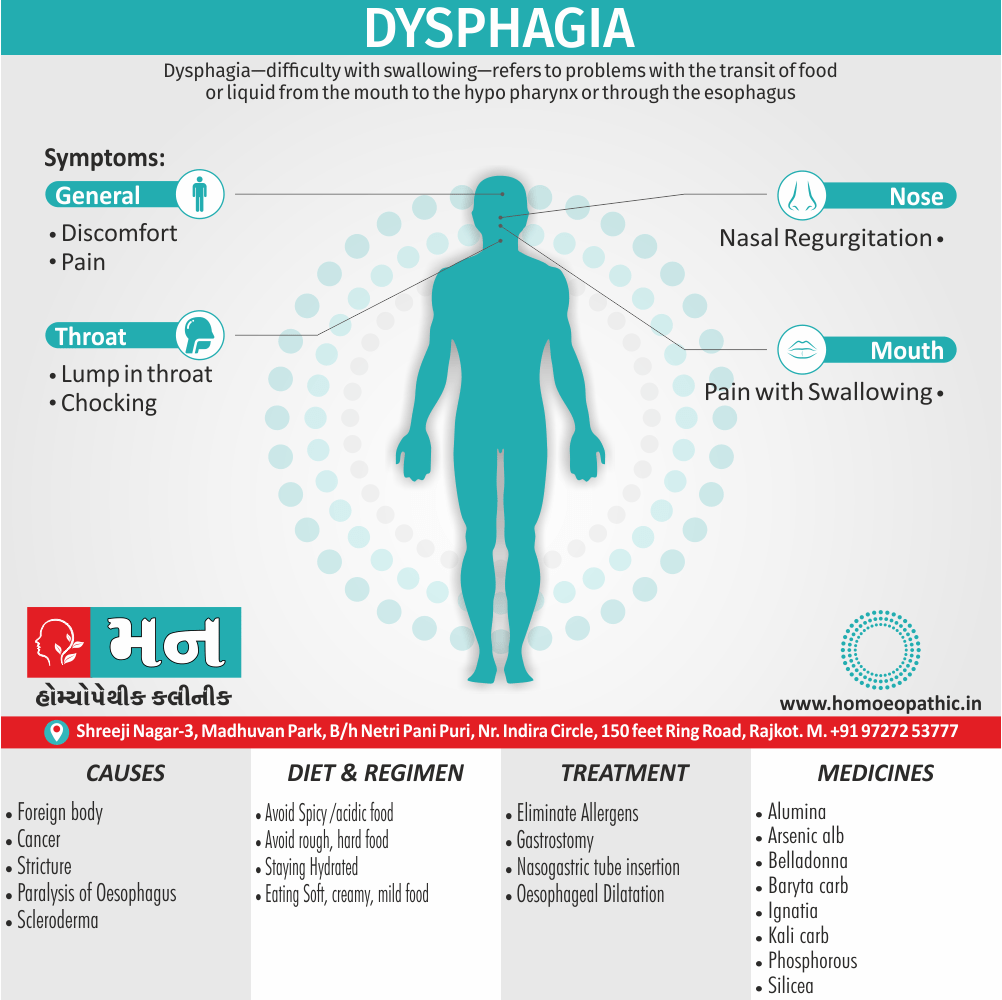What is Counselling ?
Definition:
Counselling is not a process of giving advice, but it is a process of helping your patient who is genuinely in need. It aims to help an individual to help himself to overcome his problem.
Counselling is different from a casual conversation as it builds a professional relationship with the patient.
It is totally Focused, Specific also Purposeful.
It is a long-term process and consists of professional communication.
Generally, Communication is a process in which there is exchange of thoughts, ideas and feelings. Additionally, It happens between two or more persons. It differs from casual communication.
Types of communication i.e.:
- Firstly, Verbal
- Secondly, Non-Verbal. [1]
Supportive Verbal:
- Use language that patient understands.
- Convey interest in him either by remembering name or the problem he has told.
- Use encouraging statements.
- Give the needed information.
- Use humour or other means to reduce tensions.
- Speak slowly, softly and clearly.
Non-Supportive Verbal:
- Direct advising.
- Criticizing blaming.
- Scolding.
- Discussing your personal problems.
- Interrupting also imposing your own values.
- Non-accepting patients feelings.
- Asking direct also embarrassing questions.
- Arguing.
- Excessive curiosity in personal things.
- Giving un-guaranteed reassurance.
- Talking too much. [1]
Supportive Non-verbal:
- Maintain suitable conversational distance.
- Maintain proper eye contact.
- Attentive body posture.
- Use occasional gestures.
Non-Supportive Non-verbal:
- Looking away frequently.
- Inappropriate distance.
- Looking bored also irritated.
- Looking at watch also showing restlessness.
- Unpleasant tone of voice.
- Either Unwanted or hating expressions. [1]
Face-to-face:
Face to face counselling is when you have an in-person session at a physical location. In detail, This is when you make an appointment with a counsellor to see them in person, usually at their practice. Face-to-face sessions are one of the more popular therapy formats because they provide an opportunity for you to react to any emotions that arise there and then.
Individual or group:
You may choose to see a counsellor by yourself, or if you prefer you could join a counselling group with people experiencing similar issues.
Going to a group counselling session can be helpful if you want to discuss your issues with people who are going through similar problems and you may even gain yourself a support network.
Alternatively, you may wish to see a counsellor alone to preserve your privacy and concentrate on your own feelings.
Telephone counselling:
For some, telephone counselling offers a helpful alternative to face-to-face counselling. Furthermore, This involves talking to your counsellor over the phone instead of in person.
This form of counselling can be particularly useful for those too busy to attend face-to-face sessions also can carry out in the comfort of your own home.
This format also tends to be more flexible also can potentially reduce waiting list times.
Online counselling:
Some people prefer not to physically speak to a counsellor at all, utilising technology and emailing their counsellor instead.
This form of counselling allows you to take the time to think through what you wish to discuss, and many find the act of physically writing their issues down cathartic.
Online counselling also offers you the chance to protect your anonymity. [2]
Counselling Skills and Techniques
Listening skills:
You should always listen carefully and not question the patient too frequently. Allow him to ventilate through your listening.
Attending skill:
Your proper attention should be given to the patient to show interest and concern-verbal and non-verbal.
Feedback:
Expressing the meaning of patient’s feelings and summarizing his problems.
Probing:
Focusing in depth on particular aspects of the situation.
Confronting:
Help the patient to realize his problems or help him to become aware of what he is suffering from, by making proper statements.
Interpreting:
Presenting the alternative ways or angles to look at his situation.
Self-disclosure:
Share your attitude, opinions and experiences.
Non-dependence:
Do not make the patient dependent rather make him self sufficient to solve his problems independently.
Questioning:
Ask open ended questions so that the patients gets the clue to open up with you. Do not ask too many close-ended questions.
Incomplete sentence:
Encourage the patient to complete the sentence if he is not able to do so.
Refocusing:
If the patient is going off track or talking in circles get him back to maintain the theme without hurting any of his feelings.
Silence:
Be with the patient’s feelings while he is crying and do not prevent him from crying. Let him cry and ventilate himself.
Connecting:
Show connection between thought, behaviour and result or effect of what has gone before. [1]
Principles of Counselling
Principle of acceptance:
Accept the patient with his physical, psychological, social, economical and cultural conditions.
Principle of communication:
Communication should be verbal as well as non-verbal and should be skilful.
Principle of empathy:
Instead of showing sympathy put yourself in patients shoes and then give reflections accordingly (Empathy is ability to identify with a person.)
Principle of non-judge:
Mental attitude-do not either criticize or comment negatively regarding patient’s complaints.
Principle of confidentiality:
In brief, Always keep the patient’s name, and the problem strictly secrete and assure the patient about the same.
Principle of individuality:
Treat each also every patient as unique and respect his problem as well.
Principles of non-emotional involvement:
Not getting emotionally involved with the patient and avoid getting carried away with his feelings. [1]
- Listening keenly to the patient is the main goal.
- Identify the need of the patient. E.g., parents need counselling for their children’s behaviour problems.
- To make the patient to ventilate his emotions properly and help him to be aware of his own emotions and encourage him to be independent.
- Main problem should be focused so that the subproblems should be identified by the patient himself.
- Make the patient to accept himself with his problem and help him to adjust with it till it gets over.
- To focus on his strengths by studying the case and produce positive attitude in him and ultimately help him to reduce his negativity. [1]
What can counselling help with?
Counselling can be useful for anyone who wants to explore the way they’re thinking or feeling further, as well as for anyone experiencing a problem or issue they are keen to resolve.
People may choose to speak to a counsellor because they feel they cannot speak to their better half/friends/family about such personal issues, or they may simply wish to speak to a professional with an objective viewpoint.
Common subjects that can be addressed within counselling include the following:
Addictions:
Wherever there is a physical addiction to a substance or activity, there is likely to be a psychological addiction too. Counselling aims to relieve the psychological addiction by exploring the root cause while helping to develop new ways of thinking.
Bereavement:
Losing a loved one is a difficult event in anyone’s life. The loss can bring up a wide range of emotions including guilt and anger. Some people benefit from speaking openly to a counsellor about their feelings to help ease the process and resolve any remaining issues they may have.
Bullying:
Being the victim of any form of abuse – verbal, emotional or physical – can lead to issues that may affect you all of your life. Counselling can offer victims the chance to seek help from authorities (if appropriate) as well as addressing the psychological repercussions in a safe environment.
Illness:
Suffering from a long-term illness such as cancer or dementia can turn anyone’s world upside down. Counselling can help sufferers come to terms with their illness while offering emotional support and coping mechanisms.
Mental health:
Suffering from a mental health issue such as schizophrenia or depression can feel incredibly isolating. Counselling looks to discuss the feelings that arise in conjunction with these kinds of mental health issues, as well as overcome any personal challenges or frustrations.
Relationships:
Covering all types of relationships, counselling can be used to discuss issues in families, friendships and couples. Problems could involve anything from a poor relationship with a parent, difficulties in a friendship or with a partner, or even your relationships at work.
Trauma:
Whether you’ve been involved in an accident or you have been the victim of abuse, the psychological impact of trauma can last years after the event itself. In a counselling session, trauma victims are encouraged to explore their feelings regarding the incident and look into how these could be resolved or changed. [2]
This article is also search as:
Counselling Skills.
Goals of Counselling.
Benefits of Counselling.
- Homeopathy in treatment of Psychological Disorders by Shilpa Harwani / Ch 23.
- https://www.counselling-directory.org.uk/what-is-counselling.html
What is Counselling ?
Definition:
Counselling is not a process of giving advice, but it is a process of helping your patient who is genuinely in need. It aims to help an individual to help himself to overcome his problem.
Overview
Verbal Communication
Non-Verbal Communication
Counselling Formats
Counselling Skills and Techniques
Principles of Counselling
Goals of Counselling
Benefits of Counselling
Also search as
References
Overview
Counselling is different from a casual conversation as it builds a professional relationship with the patient.
It is totally Focused, Specific also Purposeful.
It is a long-term process and consists of professional communication.
Generally, Communication is a process in which there is exchange of thoughts, ideas and feelings. Additionally, It happens between two or more persons. It differs from casual communication.
Types of communication i.e.:
- Firstly, Verbal
- Secondly, Non-Verbal. [1]
Verbal Communication
Supportive Verbal:
- Use language that patient understands.
- Convey interest in him either by remembering name or the problem he has told.
- Use encouraging statements.
- Give the needed information.
- Use humour or other means to reduce tensions.
- Speak slowly, softly and clearly.
Non-Supportive Verbal:
- Direct advising.
- Criticizing blaming.
- Scolding.
- Discussing your personal problems.
- Interrupting also imposing your own values.
- Non-accepting patients feelings.
- Asking direct also embarrassing questions.
- Arguing.
- Excessive curiosity in personal things.
- Giving un-guaranteed reassurance.
- Talking too much. [1]
Non-Verbal Communication
Supportive Non-verbal:
- Maintain suitable conversational distance.
- Maintain proper eye contact.
- Attentive body posture.
- Use occasional gestures.
Non-Supportive Non-verbal:
- Looking away frequently.
- Inappropriate distance.
- Looking bored also irritated.
- Looking at watch also showing restlessness.
- Unpleasant tone of voice.
- Either Unwanted or hating expressions. [1]
Counselling Formats
Face-to-face:
Face to face counselling is when you have an in-person session at a physical location. In detail, This is when you make an appointment with a counsellor to see them in person, usually at their practice. Face-to-face sessions are one of the more popular therapy formats because they provide an opportunity for you to react to any emotions that arise there and then.
Individual or group:
You may choose to see a counsellor by yourself, or if you prefer you could join a counselling group with people experiencing similar issues.
Going to a group counselling session can be helpful if you want to discuss your issues with people who are going through similar problems and you may even gain yourself a support network.
Alternatively, you may wish to see a counsellor alone to preserve your privacy and concentrate on your own feelings.
Telephone counselling:
For some, telephone counselling offers a helpful alternative to face-to-face counselling. Furthermore, This involves talking to your counsellor over the phone instead of in person.
This form of counselling can be particularly useful for those too busy to attend face-to-face sessions also can carry out in the comfort of your own home.
This format also tends to be more flexible also can potentially reduce waiting list times.
Online counselling:
Some people prefer not to physically speak to a counsellor at all, utilising technology and emailing their counsellor instead.
This form of counselling allows you to take the time to think through what you wish to discuss, and many find the act of physically writing their issues down cathartic.
Online counselling also offers you the chance to protect your anonymity. [2]
Counselling Skills and Techniques
Counselling Skills and Techniques
Listening skills:
You should always listen carefully and not question the patient too frequently. Allow him to ventilate through your listening.
Attending skill:
Your proper attention should be given to the patient to show interest and concern-verbal and non-verbal.
Feedback:
Expressing the meaning of patient’s feelings and summarizing his problems.
Probing:
Focusing in depth on particular aspects of the situation.
Confronting:
Help the patient to realize his problems or help him to become aware of what he is suffering from, by making proper statements.
Interpreting:
Presenting the alternative ways or angles to look at his situation.
Self-disclosure:
Share your attitude, opinions and experiences.
Non-dependence:
Do not make the patient dependent rather make him self sufficient to solve his problems independently.
Questioning:
Ask open ended questions so that the patients gets the clue to open up with you. Do not ask too many close-ended questions.
Incomplete sentence:
Encourage the patient to complete the sentence if he is not able to do so.
Refocusing:
If the patient is going off track or talking in circles get him back to maintain the theme without hurting any of his feelings.
Silence:
Be with the patient’s feelings while he is crying and do not prevent him from crying. Let him cry and ventilate himself.
Connecting:
Show connection between thought, behaviour and result or effect of what has gone before. [1]
Principles of Counselling
Principles of Counselling
Principle of acceptance:
Accept the patient with his physical, psychological, social, economical and cultural conditions.
Principle of communication:
Communication should be verbal as well as non-verbal and should be skilful.
Principle of empathy:
Instead of showing sympathy put yourself in patients shoes and then give reflections accordingly (Empathy is ability to identify with a person.)
Principle of non-judge:
Mental attitude-do not either criticize or comment negatively regarding patient’s complaints.
Principle of confidentiality:
In brief, Always keep the patient’s name, and the problem strictly secrete and assure the patient about the same.
Principle of individuality:
Treat each also every patient as unique and respect his problem as well.
Principles of non-emotional involvement:
Not getting emotionally involved with the patient and avoid getting carried away with his feelings. [1]
Goals of Counselling
- Listening keenly to the patient is the main goal.
- Identify the need of the patient. E.g., parents need counselling for their children’s behaviour problems.
- To make the patient to ventilate his emotions properly and help him to be aware of his own emotions and encourage him to be independent.
- Main problem should be focused so that the subproblems should be identified by the patient himself.
- Make the patient to accept himself with his problem and help him to adjust with it till it gets over.
- To focus on his strengths by studying the case and produce positive attitude in him and ultimately help him to reduce his negativity. [1]
Benefits of Counselling
What can counselling help with?
Counselling can be useful for anyone who wants to explore the way they’re thinking or feeling further, as well as for anyone experiencing a problem or issue they are keen to resolve.
People may choose to speak to a counsellor because they feel they cannot speak to their better half/friends/family about such personal issues, or they may simply wish to speak to a professional with an objective viewpoint.
Common subjects that can be addressed within counselling include the following:
Addictions:
Wherever there is a physical addiction to a substance or activity, there is likely to be a psychological addiction too. Counselling aims to relieve the psychological addiction by exploring the root cause while helping to develop new ways of thinking.
Bereavement:
Losing a loved one is a difficult event in anyone’s life. The loss can bring up a wide range of emotions including guilt and anger. Some people benefit from speaking openly to a counsellor about their feelings to help ease the process and resolve any remaining issues they may have.
Bullying:
Being the victim of any form of abuse – verbal, emotional or physical – can lead to issues that may affect you all of your life. Counselling can offer victims the chance to seek help from authorities (if appropriate) as well as addressing the psychological repercussions in a safe environment.
Illness:
Suffering from a long-term illness such as cancer or dementia can turn anyone’s world upside down. Counselling can help sufferers come to terms with their illness while offering emotional support and coping mechanisms.
Mental health:
Suffering from a mental health issue such as schizophrenia or depression can feel incredibly isolating. Counselling looks to discuss the feelings that arise in conjunction with these kinds of mental health issues, as well as overcome any personal challenges or frustrations.
Relationships:
Covering all types of relationships, counselling can be used to discuss issues in families, friendships and couples. Problems could involve anything from a poor relationship with a parent, difficulties in a friendship or with a partner, or even your relationships at work.
Trauma:
Whether you’ve been involved in an accident or you have been the victim of abuse, the psychological impact of trauma can last years after the event itself. In a counselling session, trauma victims are encouraged to explore their feelings regarding the incident and look into how these could be resolved or changed. [2]
Also search as
This article is also search as:
Counselling Skills.
Goals of Counselling.
Benefits of Counselling.
References
- Homeopathy in treatment of Psychological Disorders by Shilpa Harwani / Ch 23.
- https://www.counselling-directory.org.uk/what-is-counselling.html
Frequently Asked Questions (FAQ)
XYZ
XXX
XYZ
XXX
XYZ
XXX
How can I find reputable homeopathy clinics or homeopathic doctors in my area?
You can found Homeopathic Clinic For XXXX by searching for
Specific city Examples are
You can also search for near you Examples are



